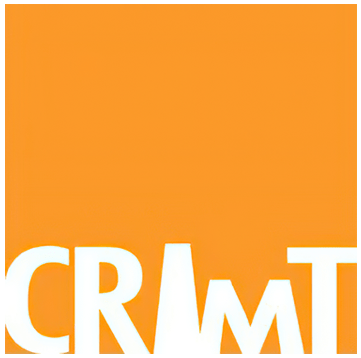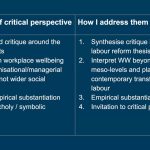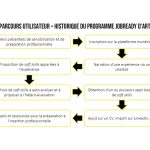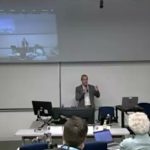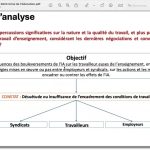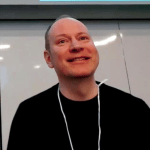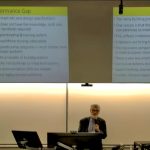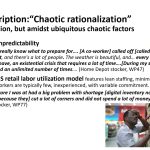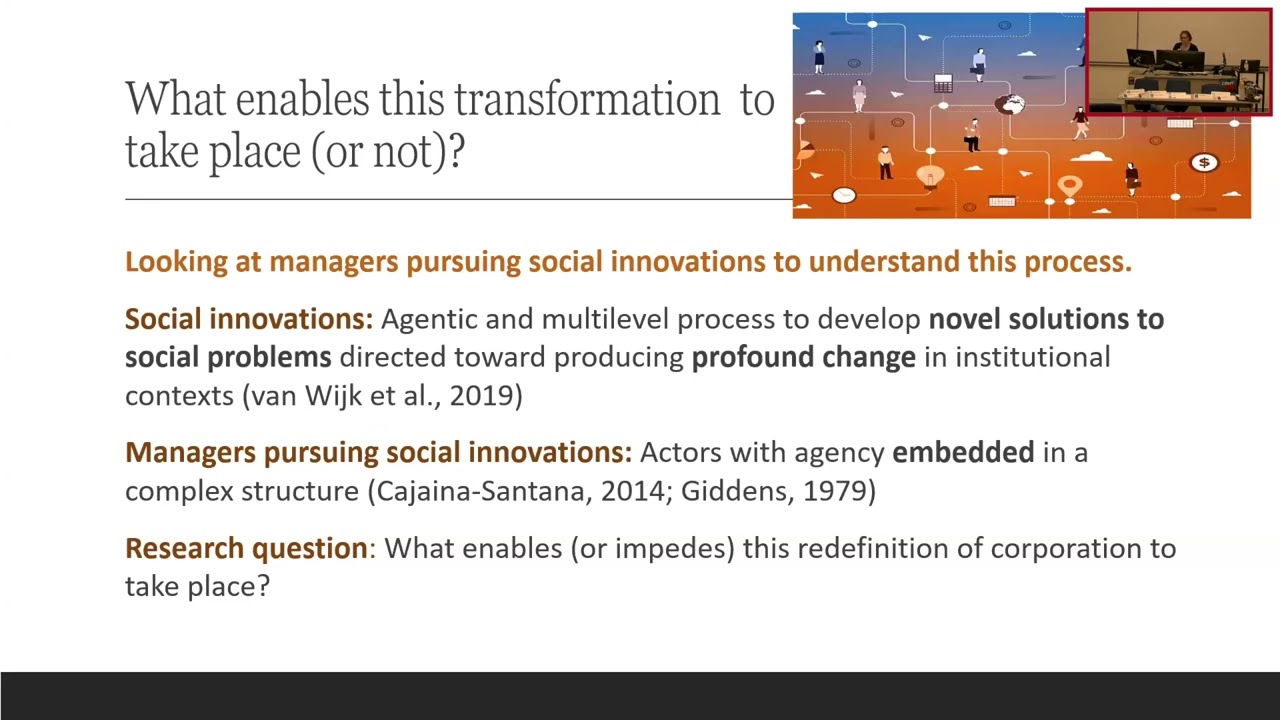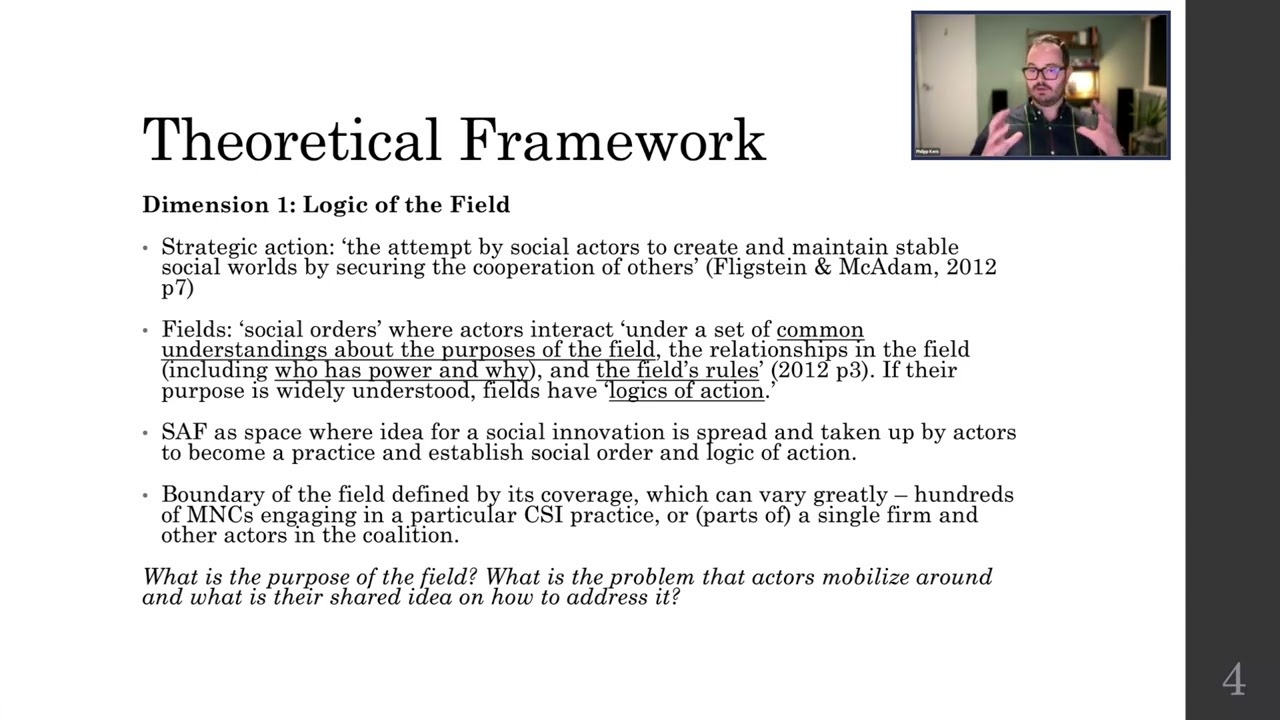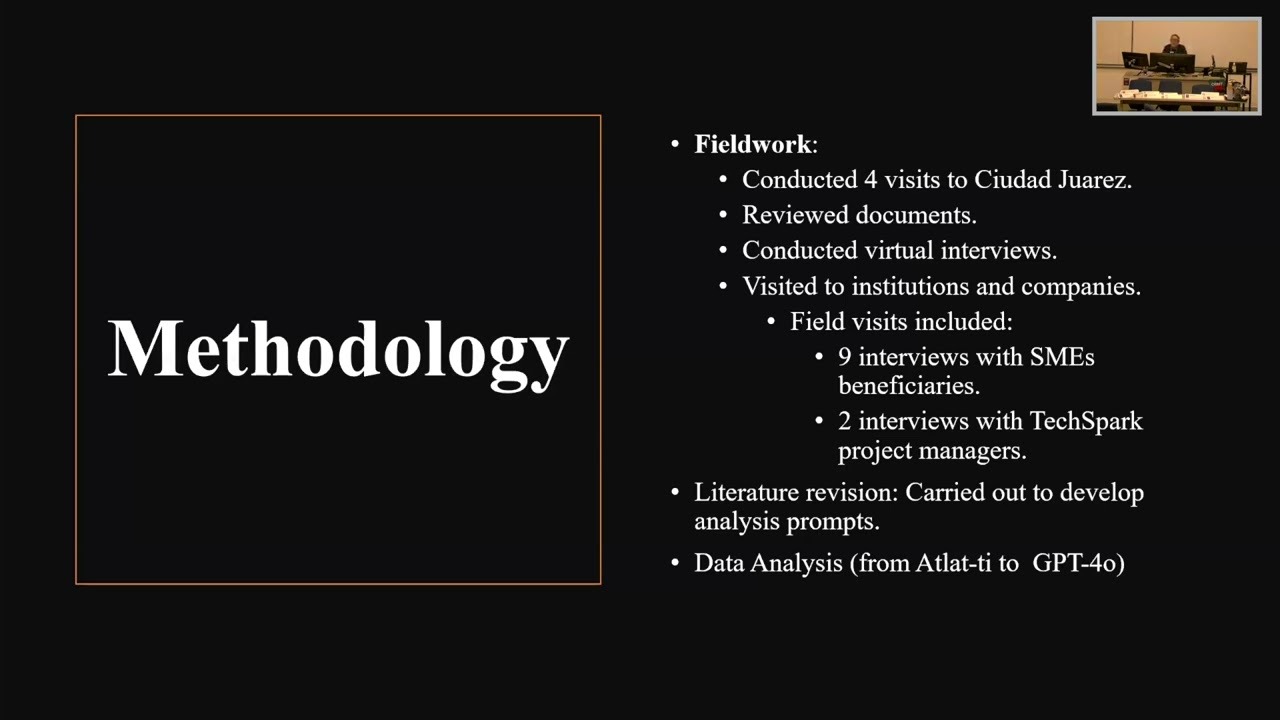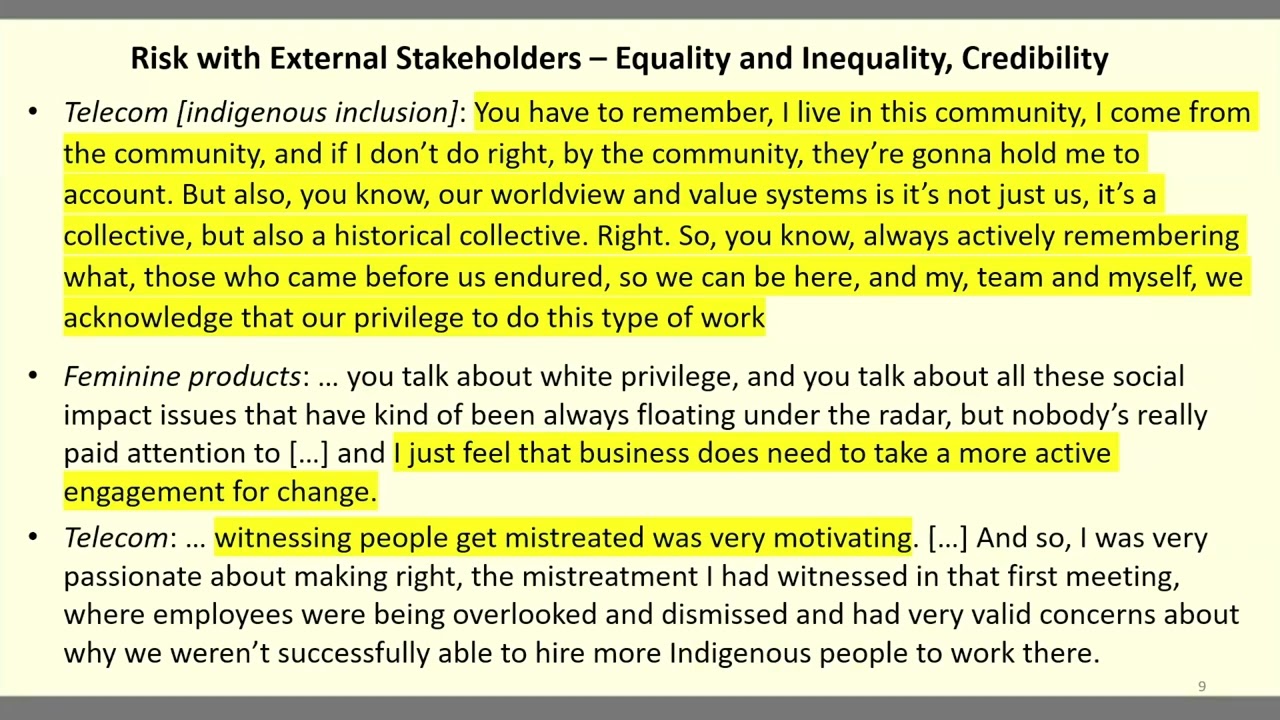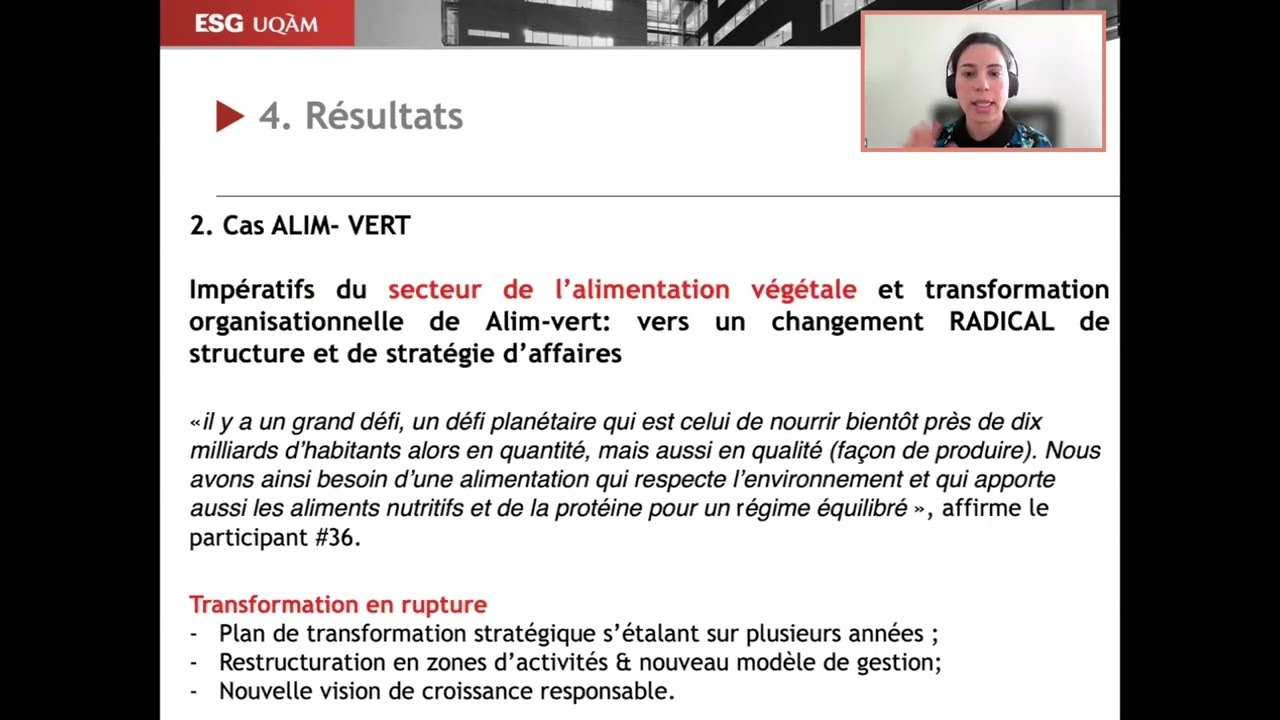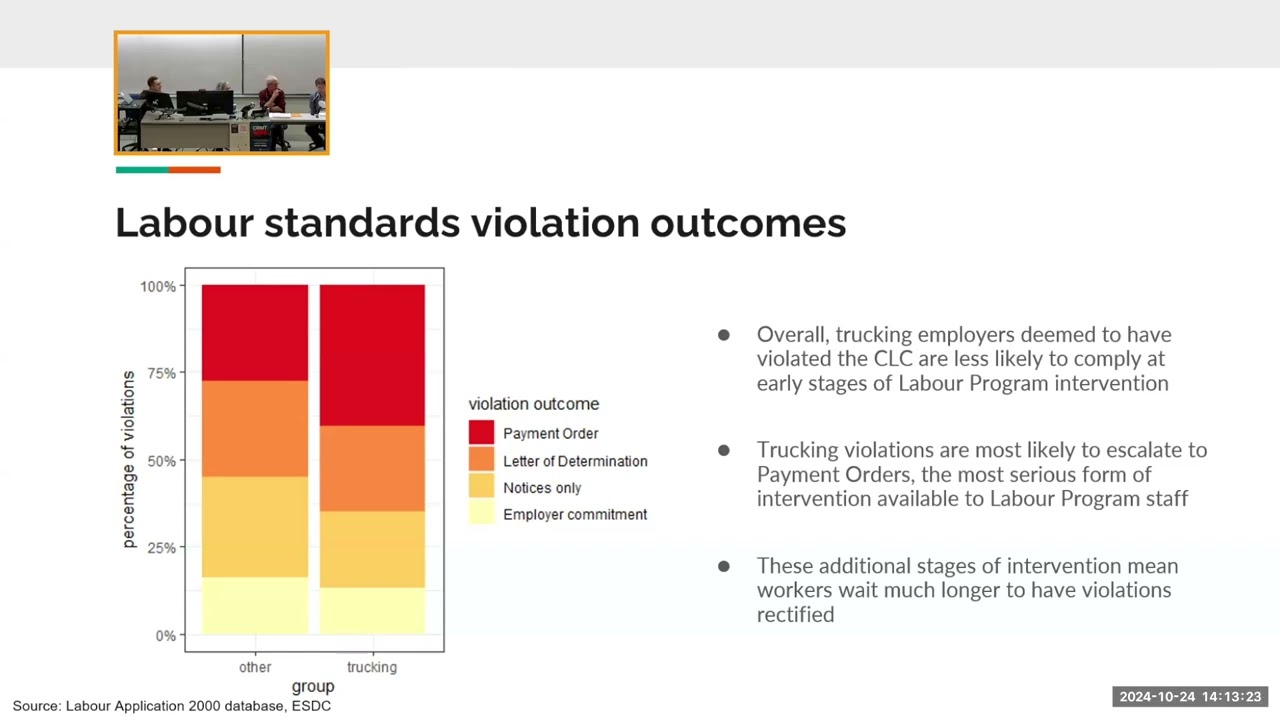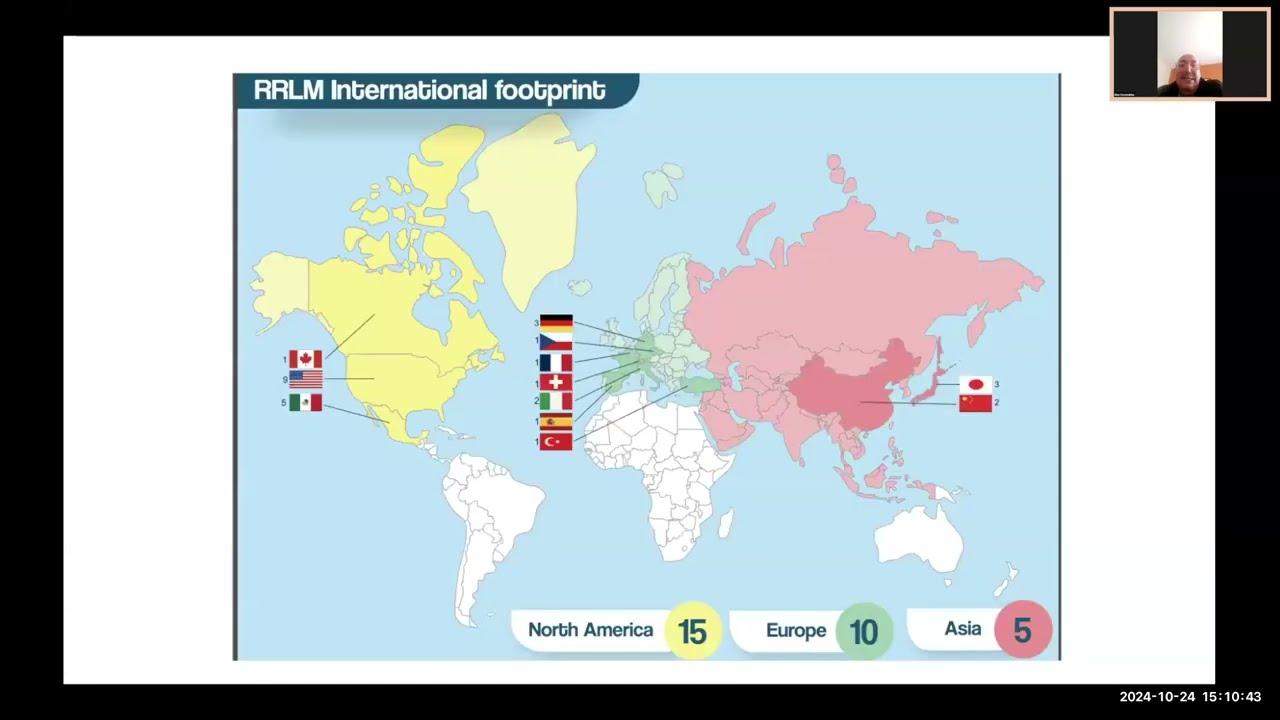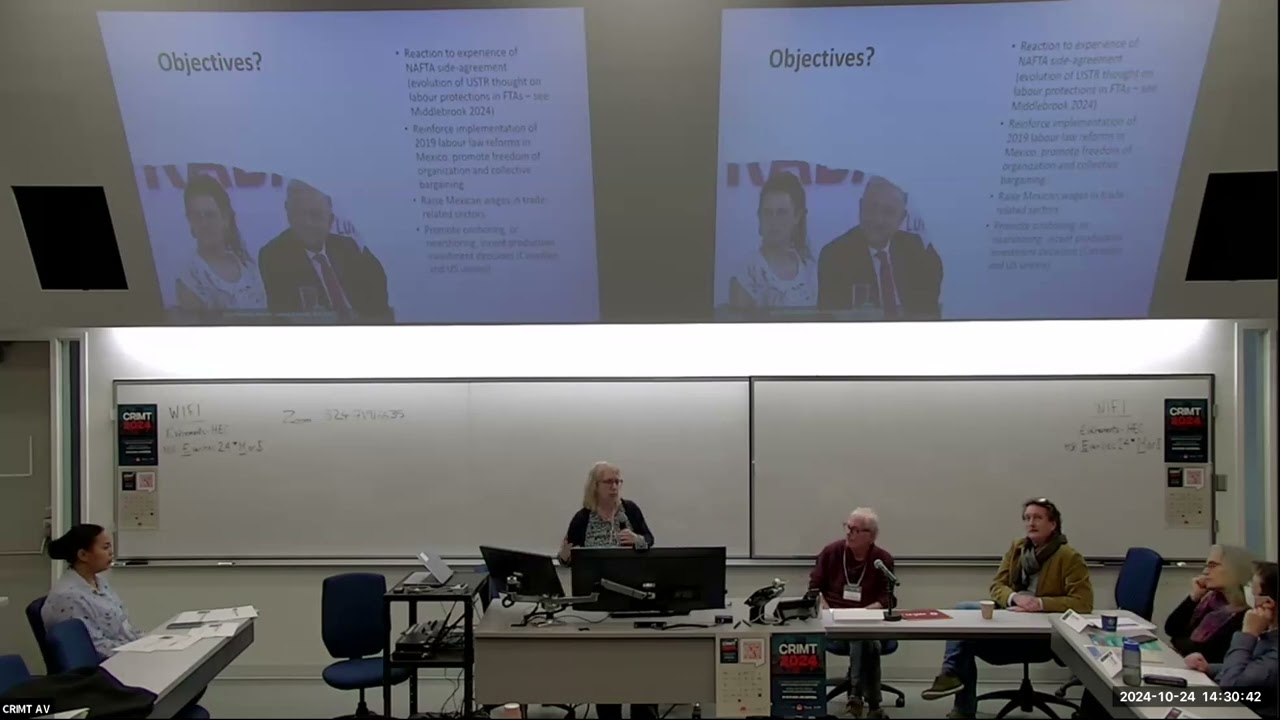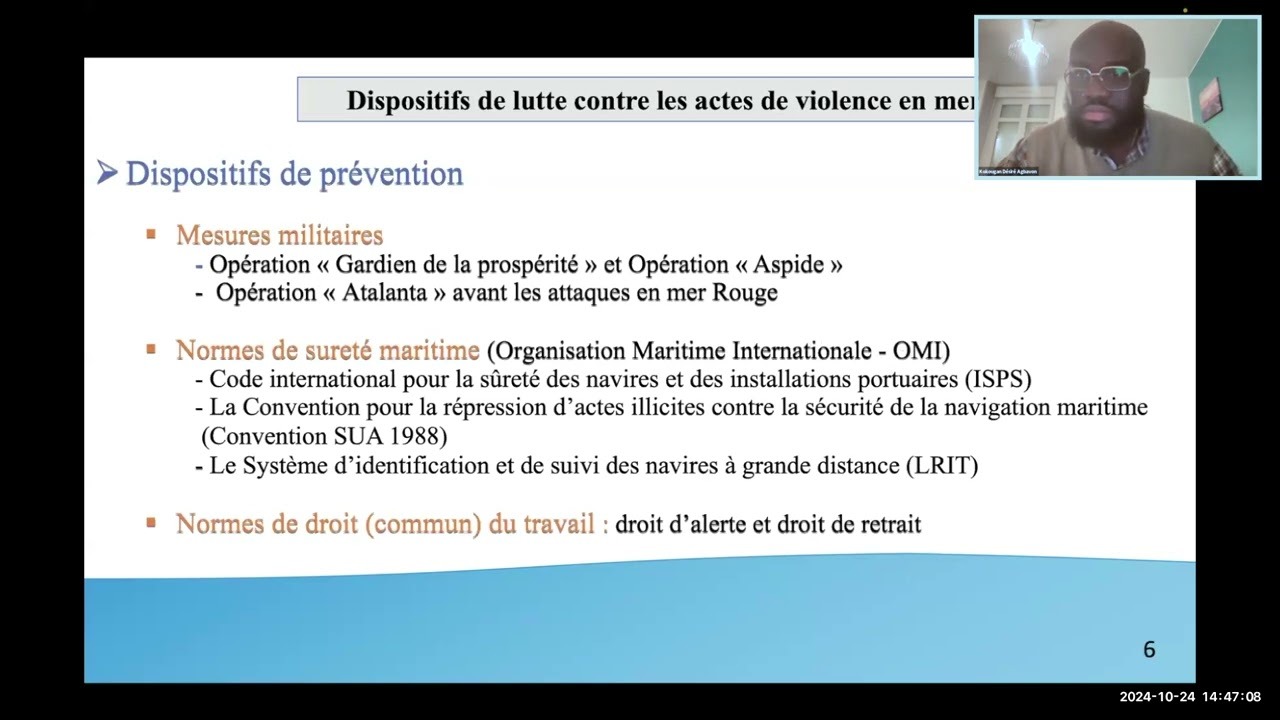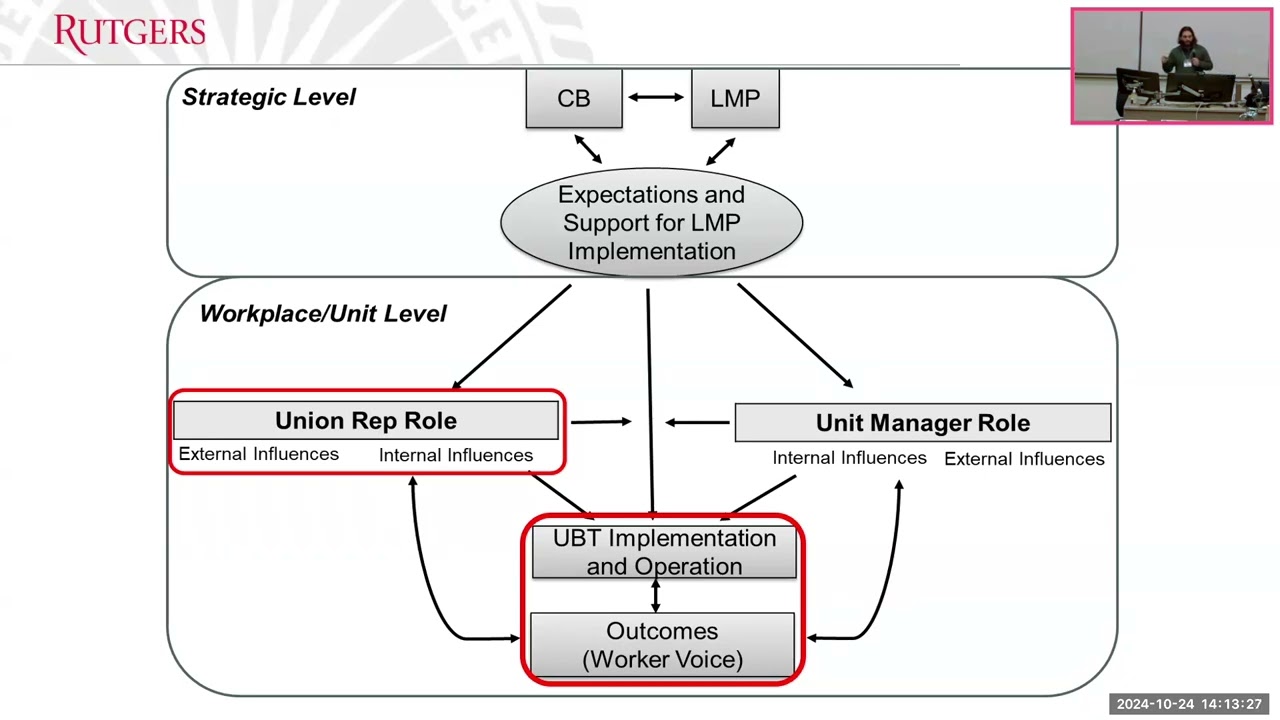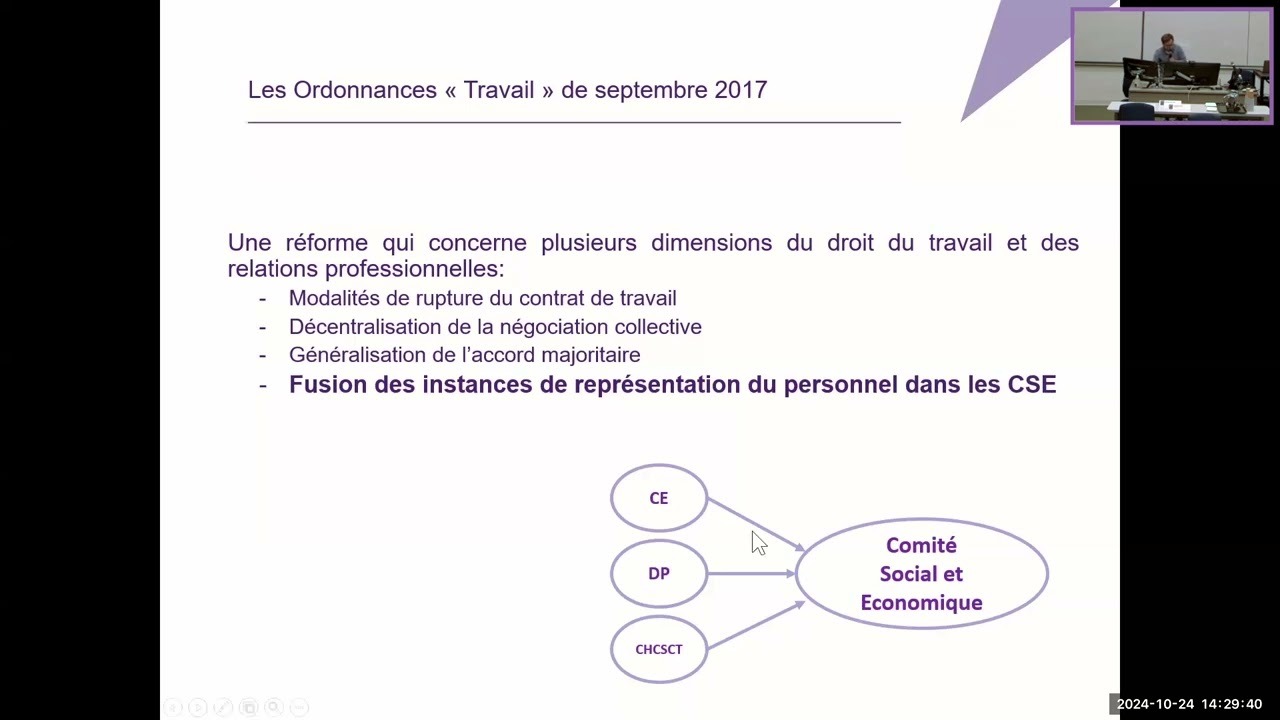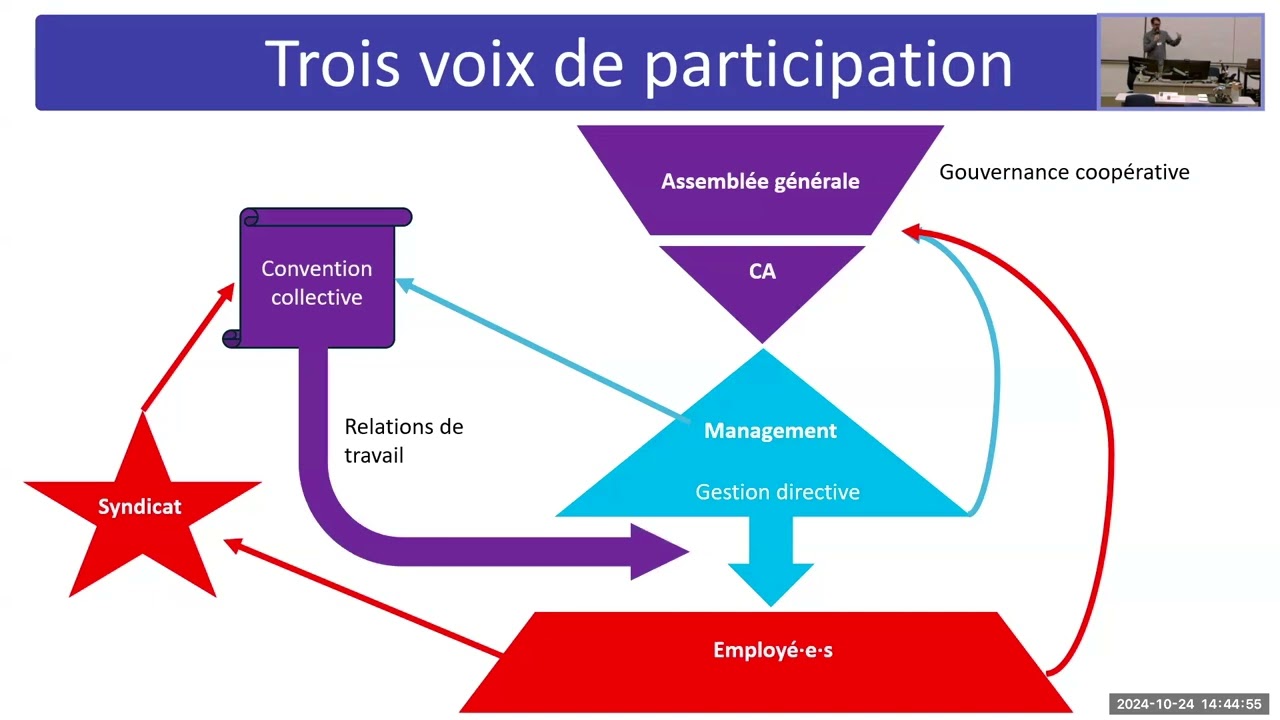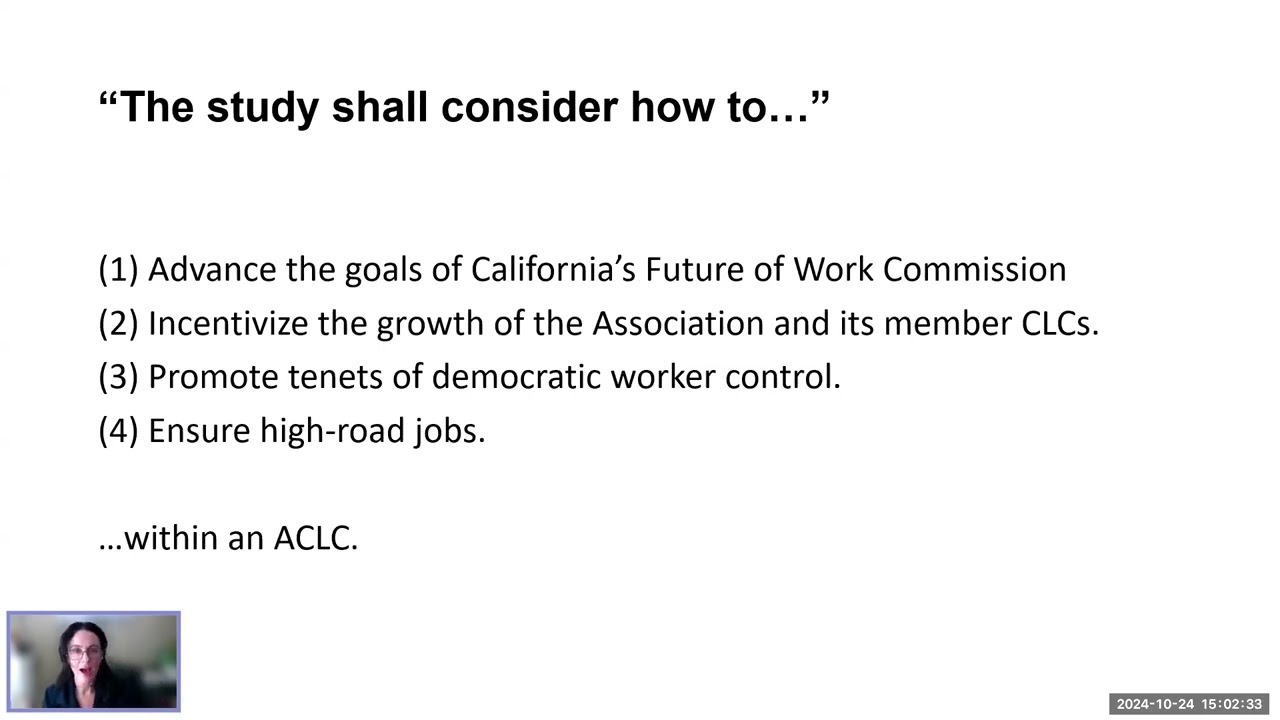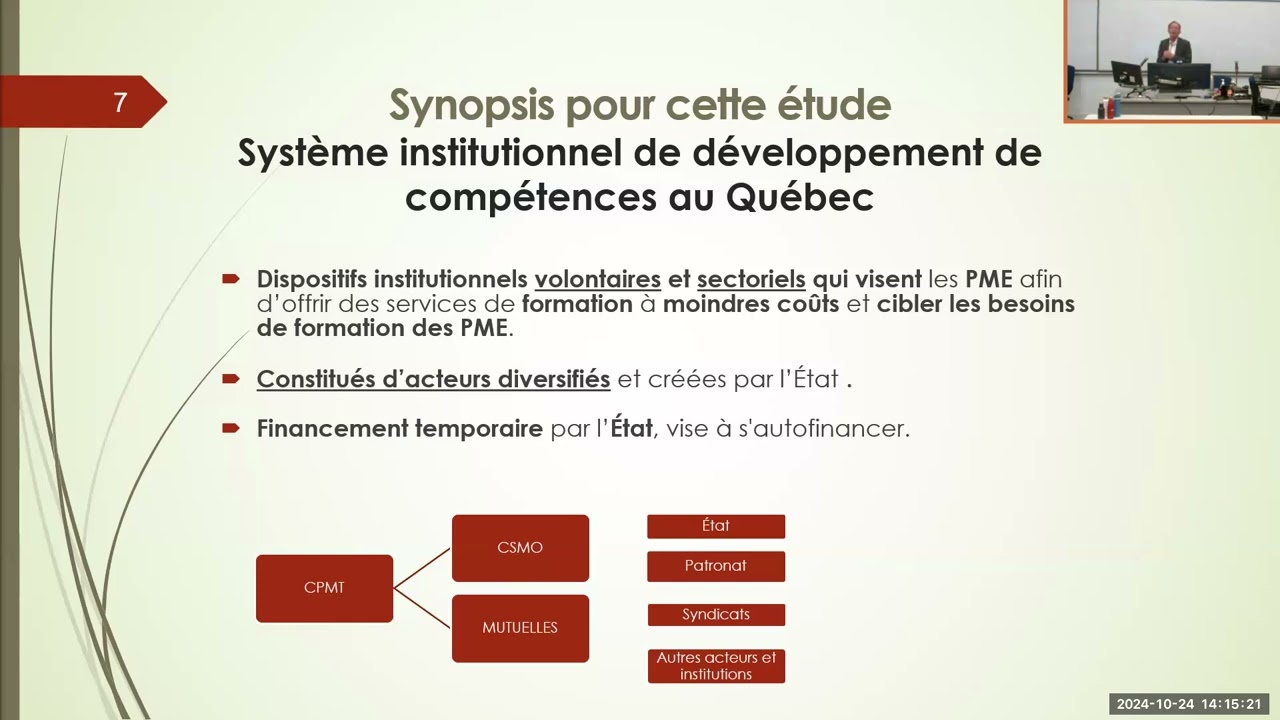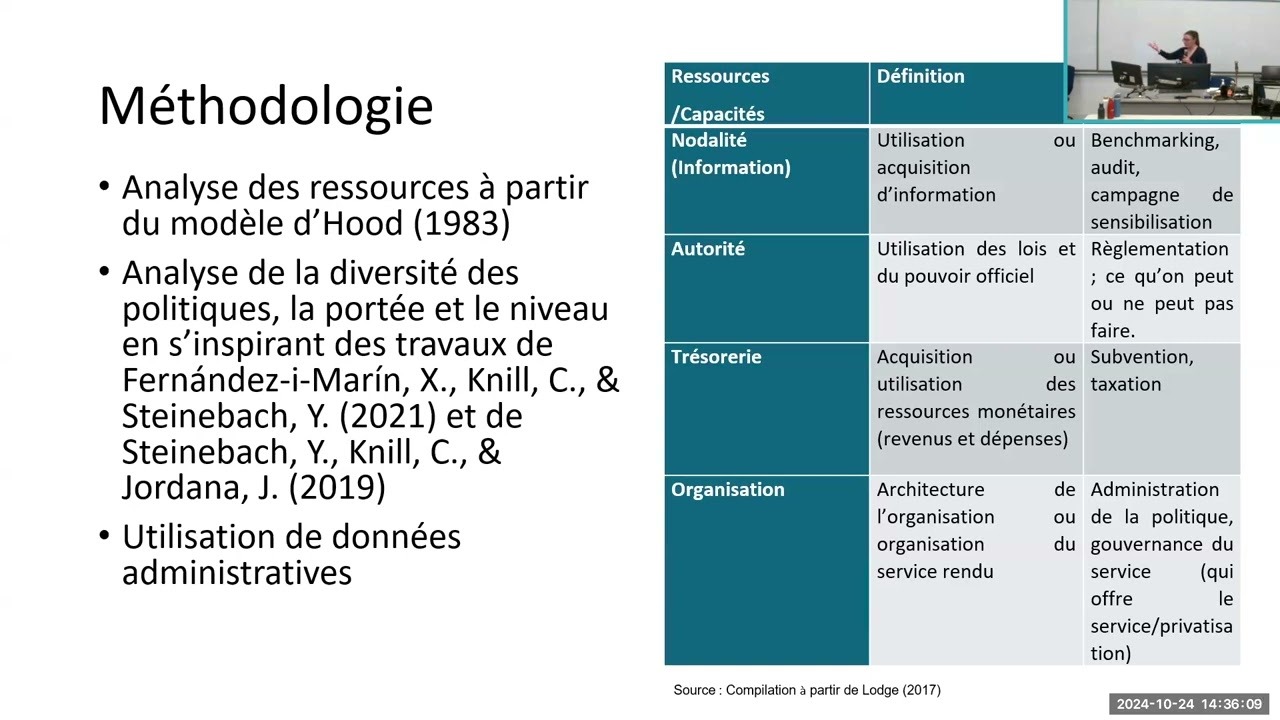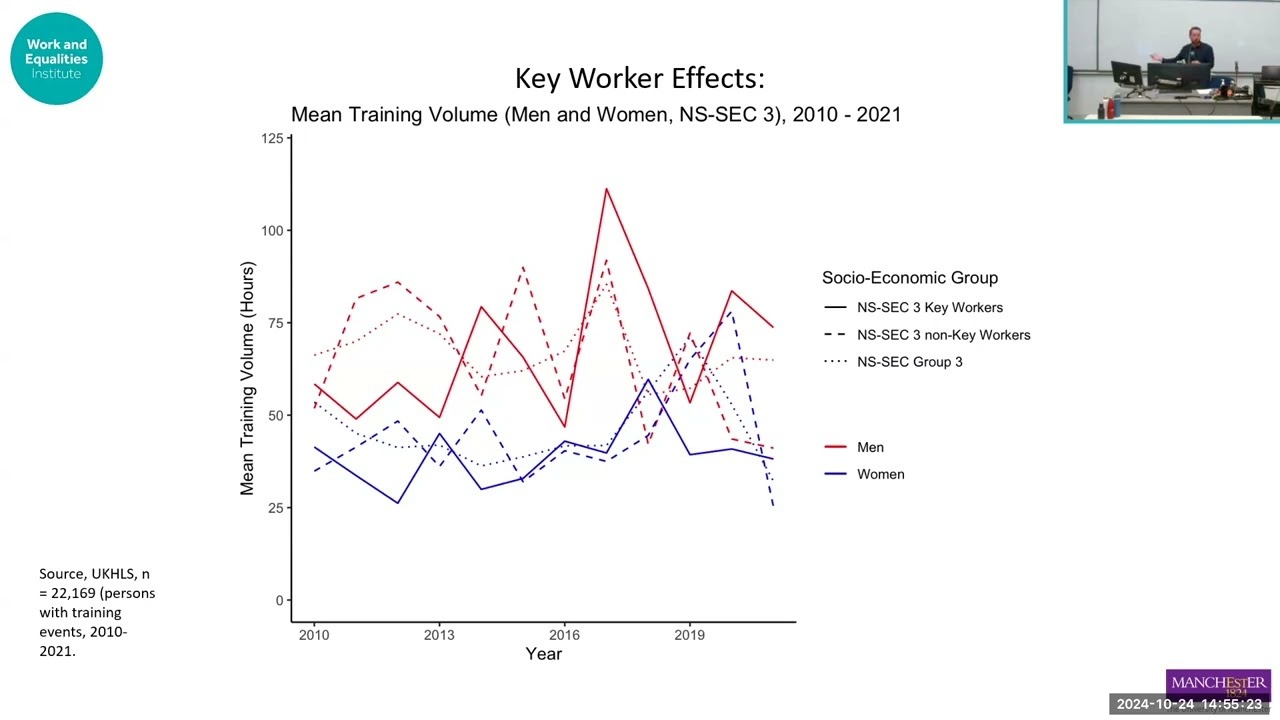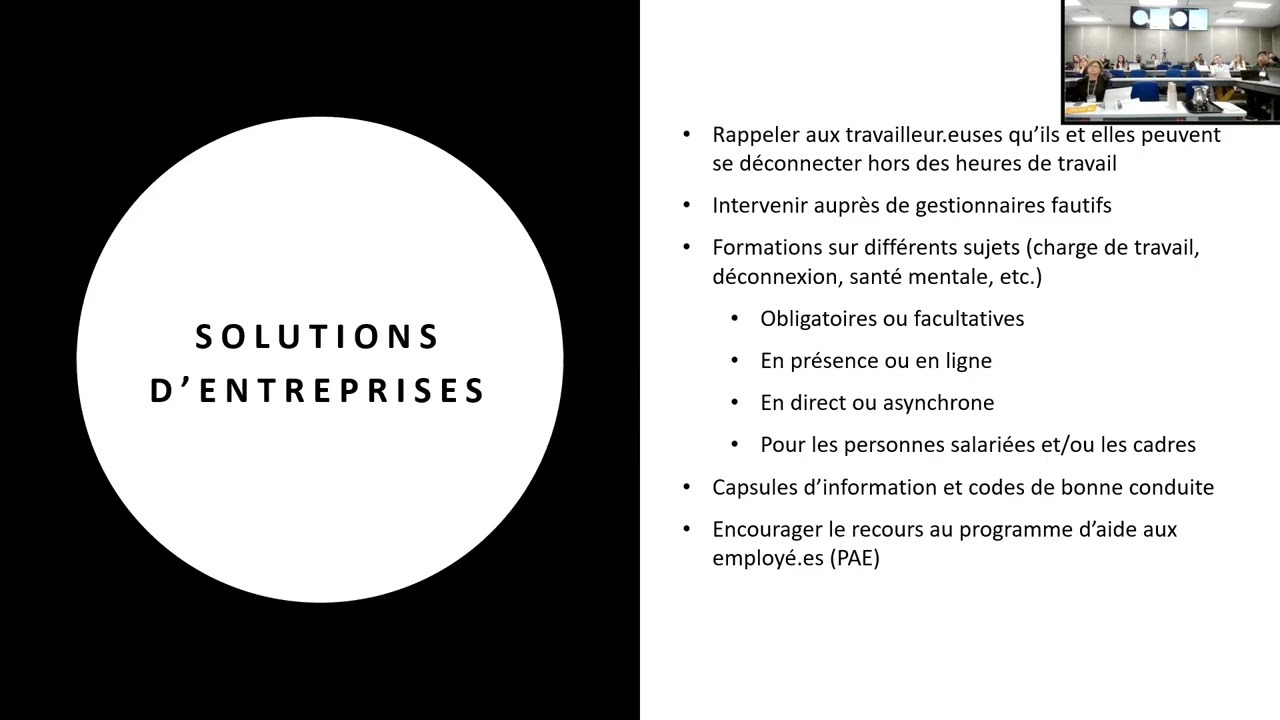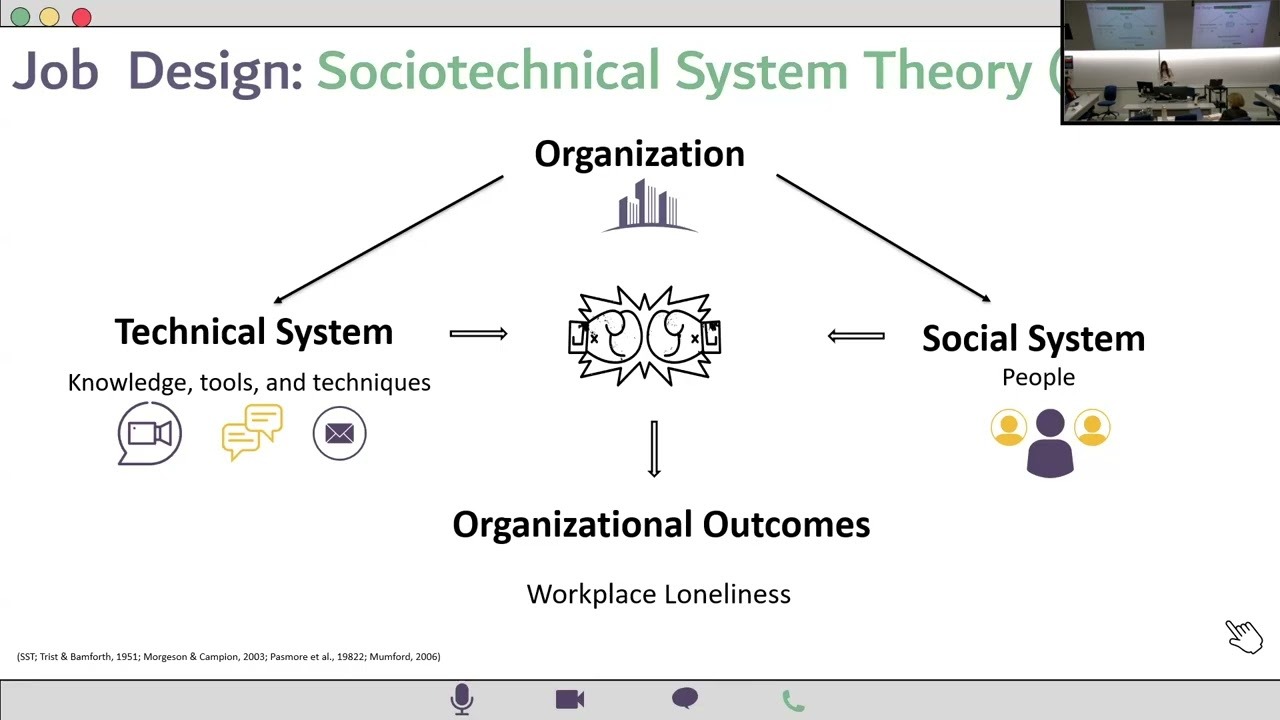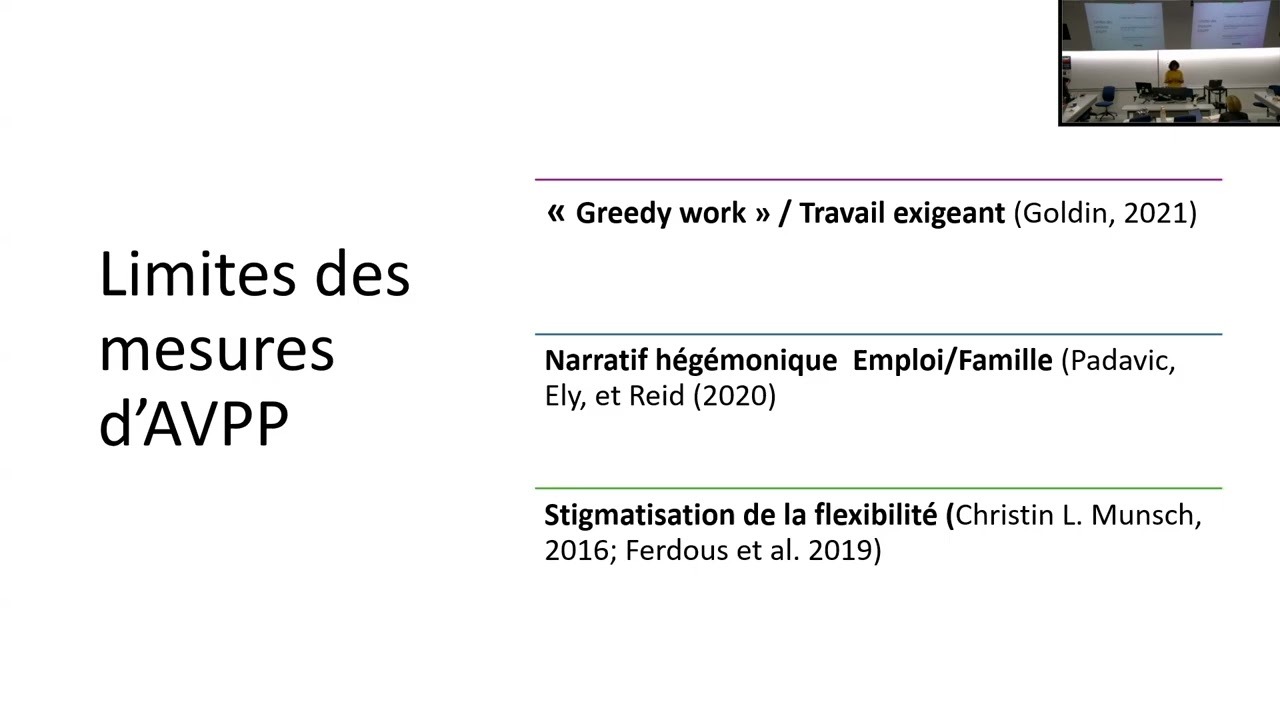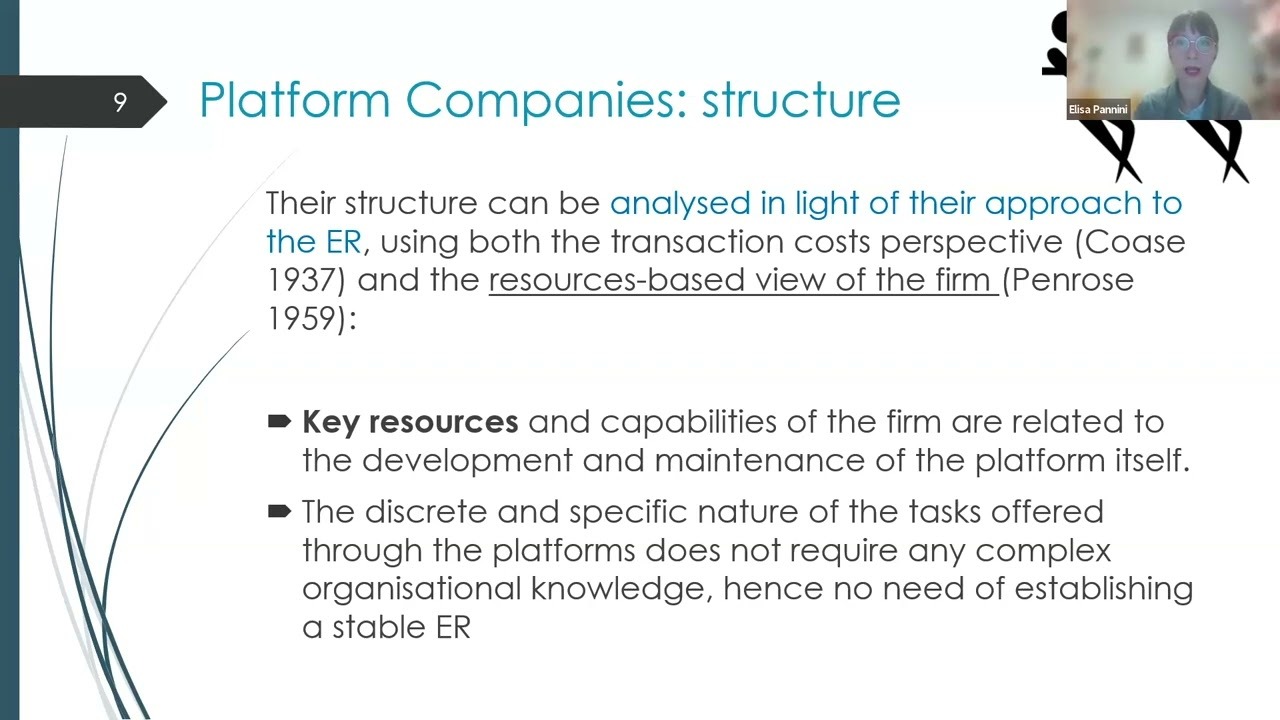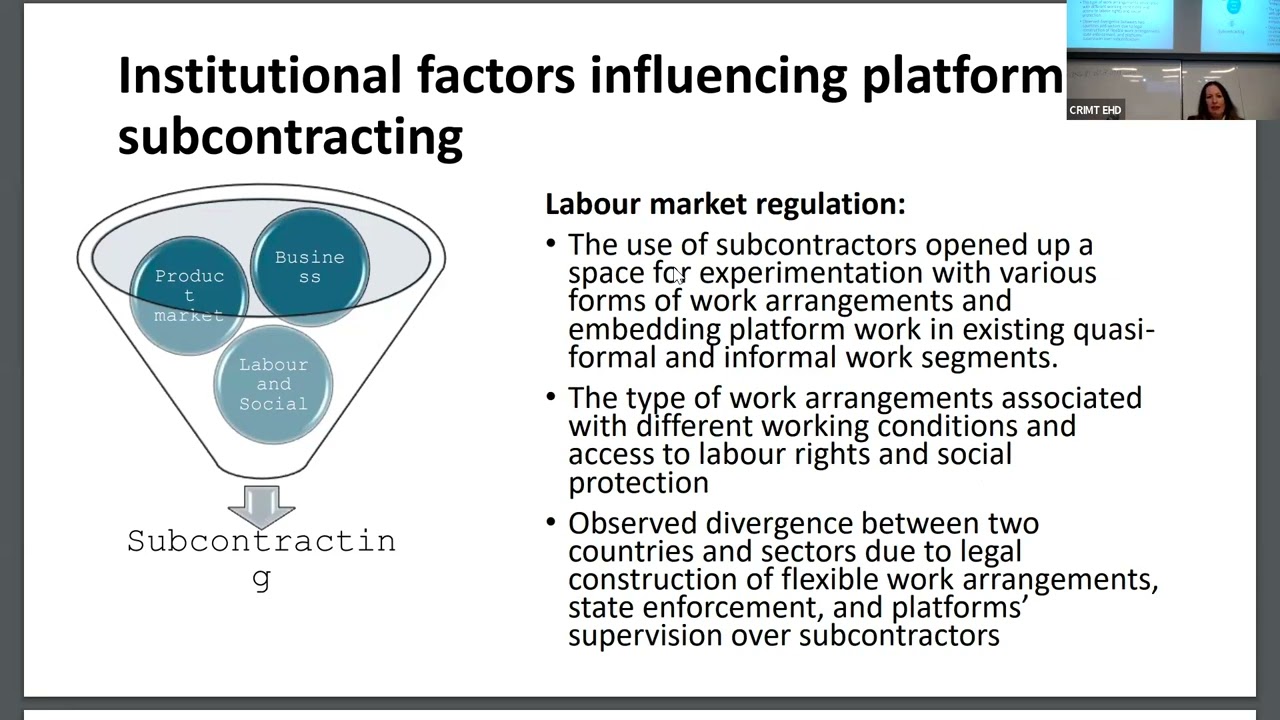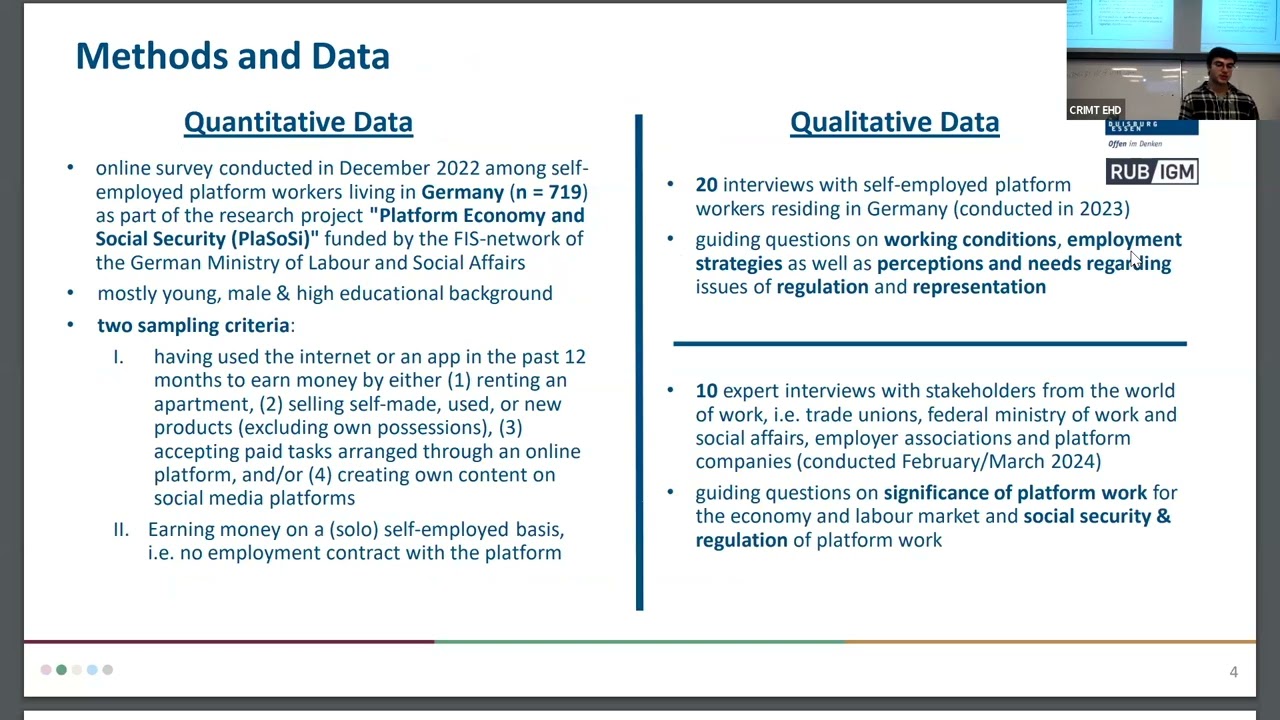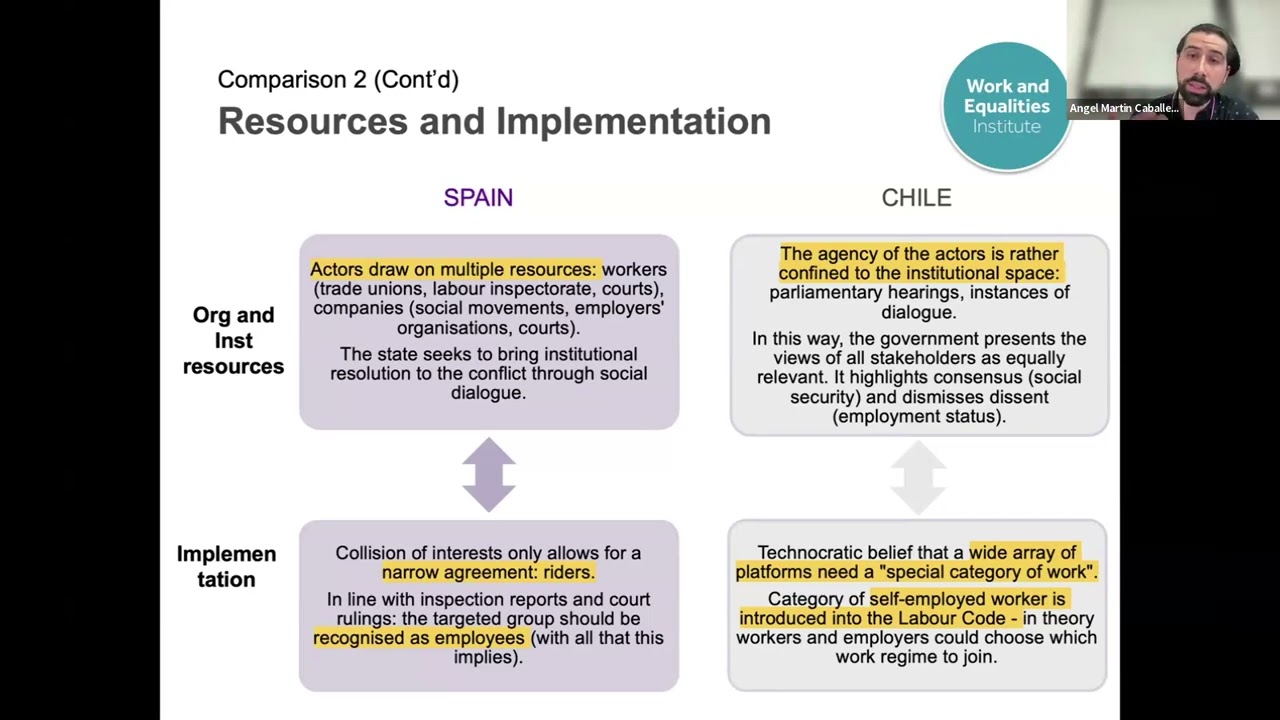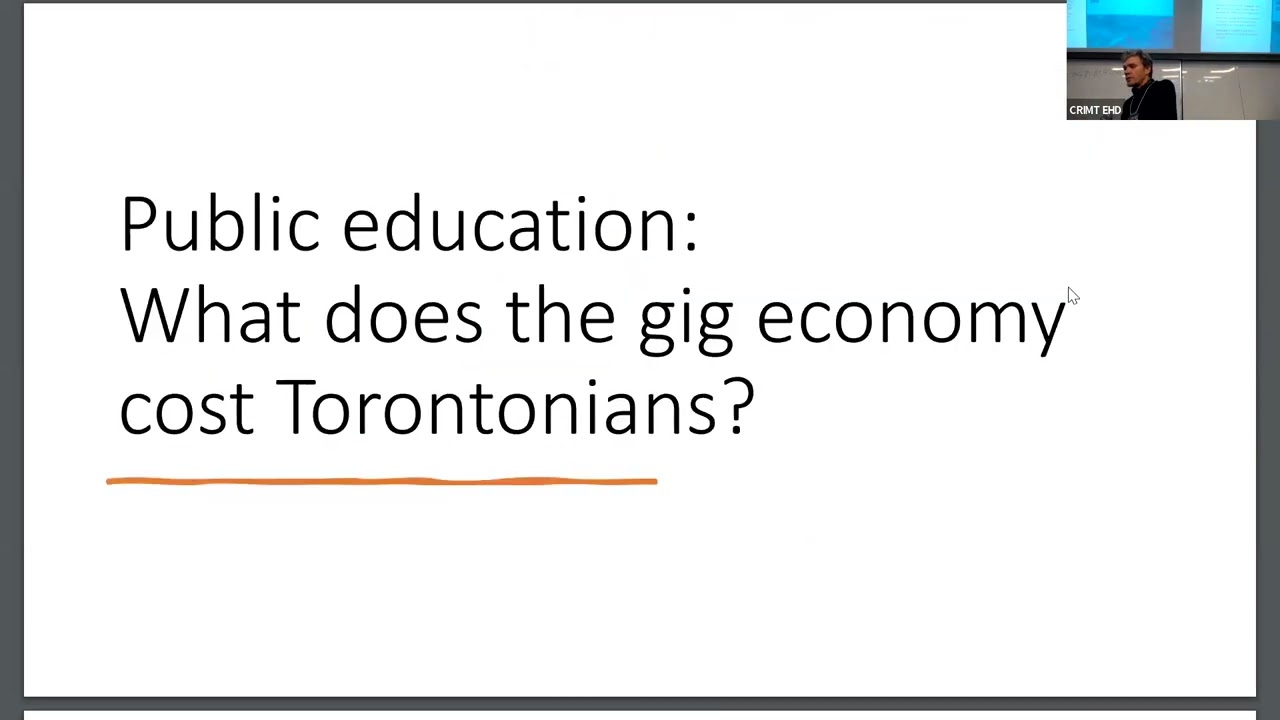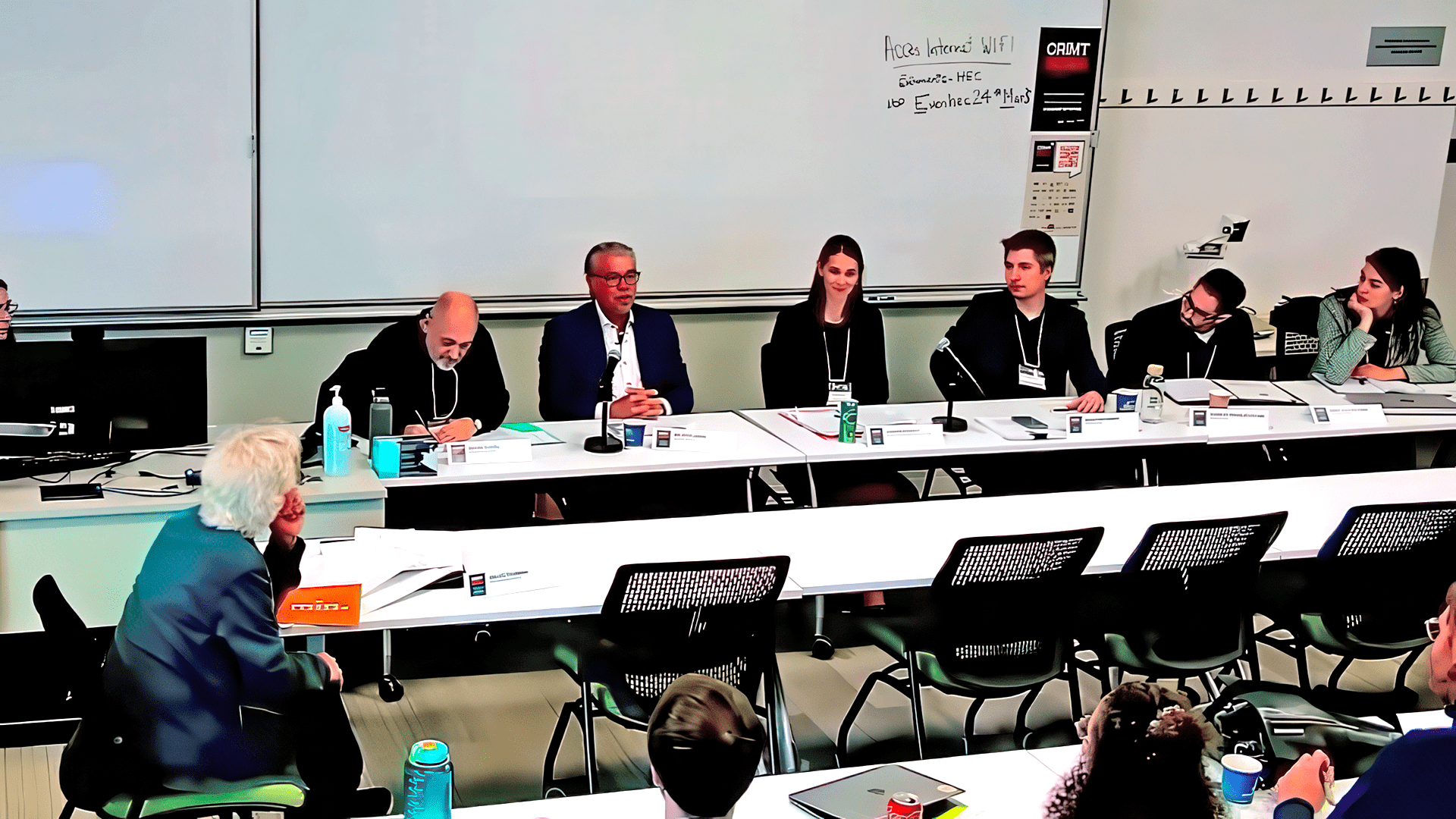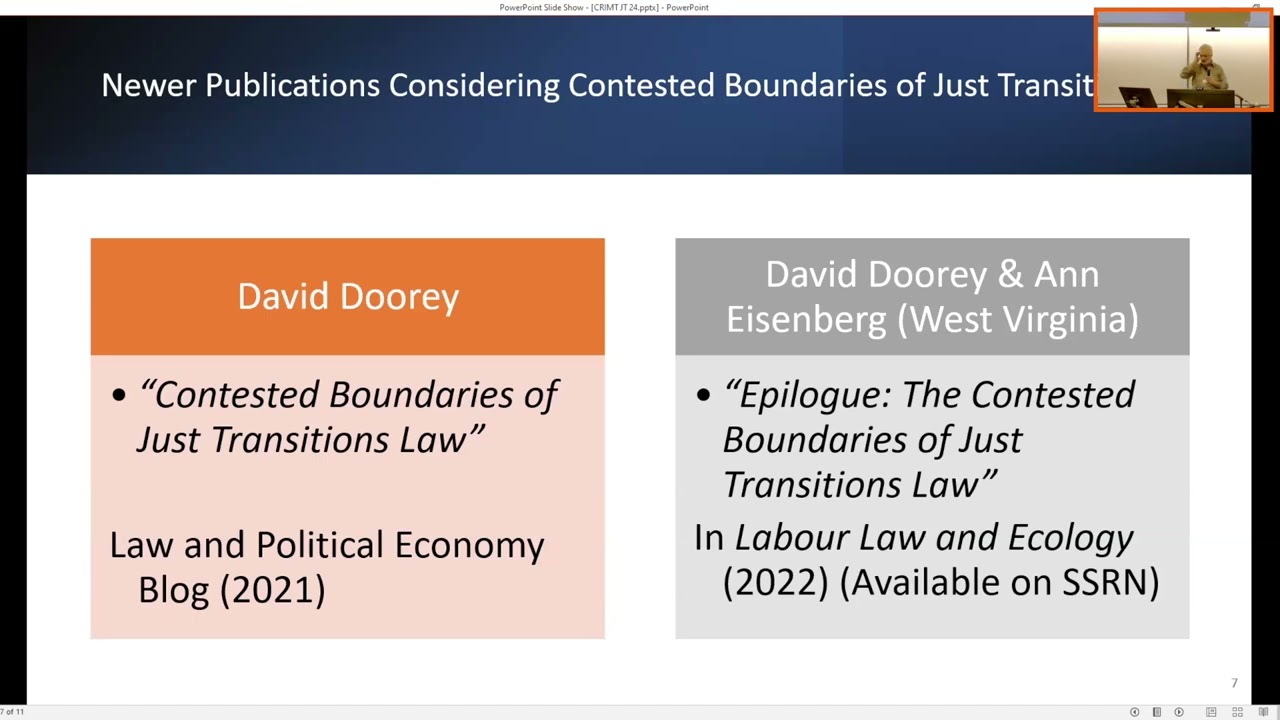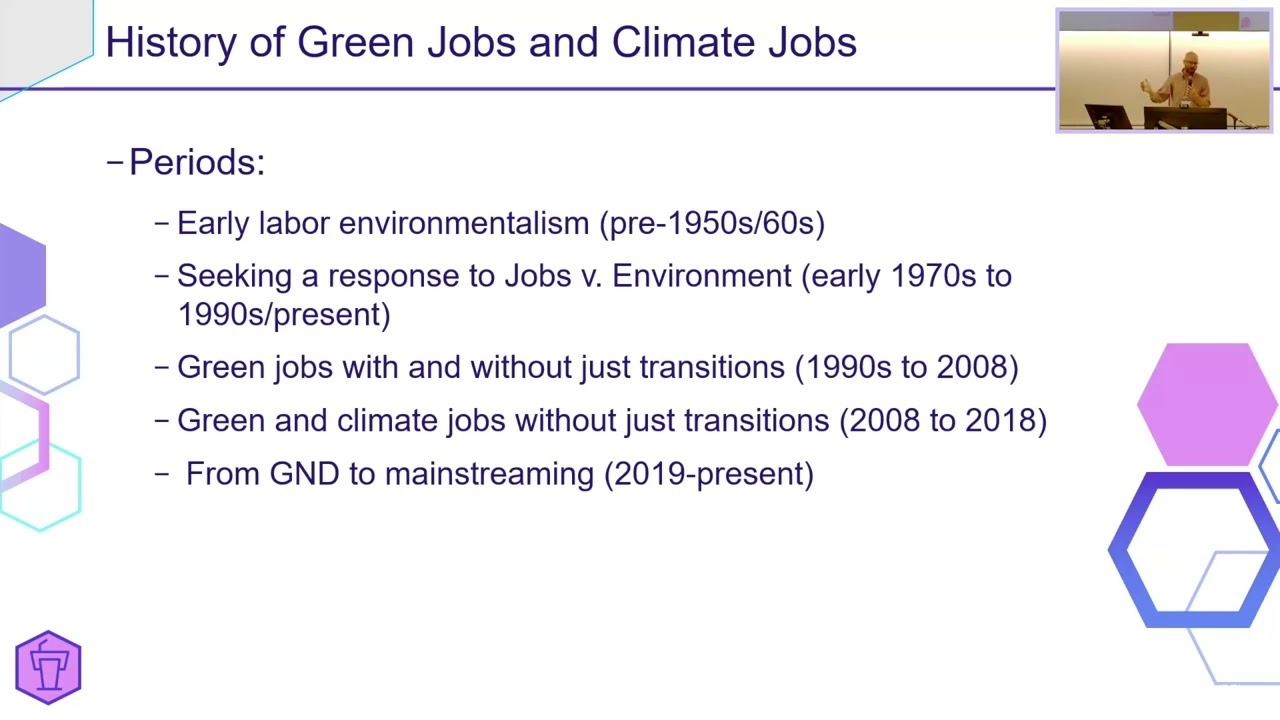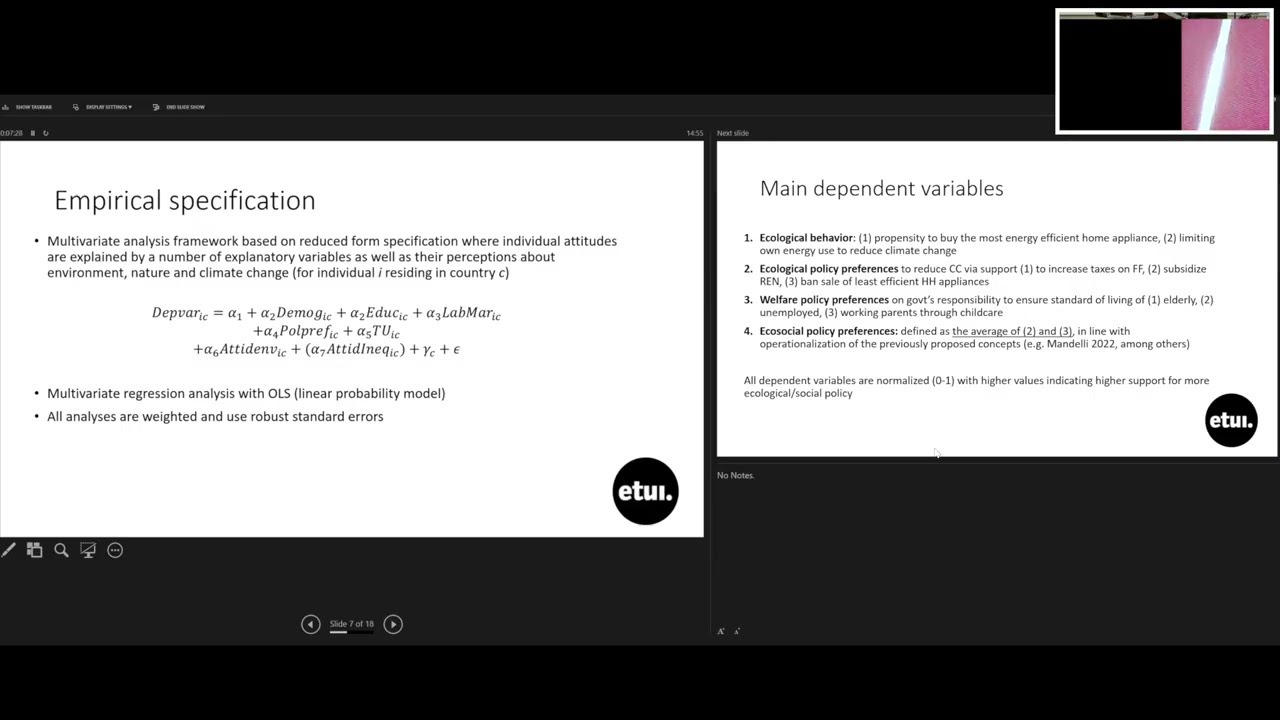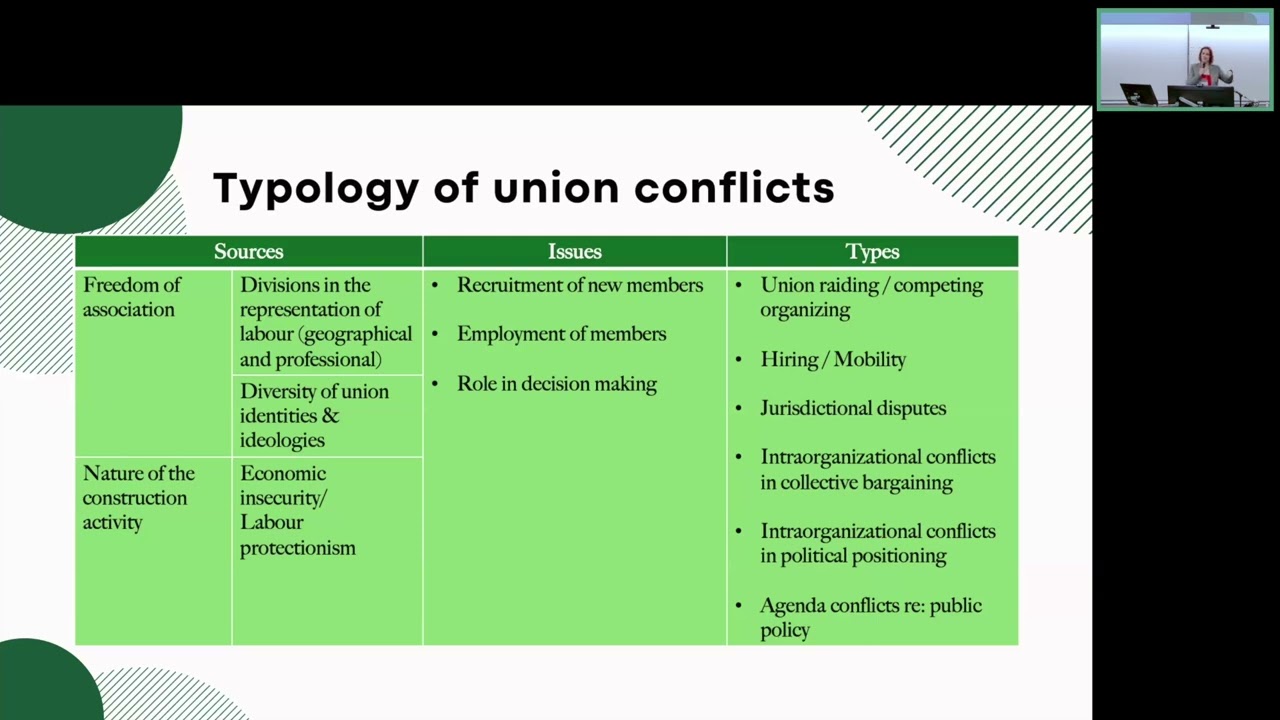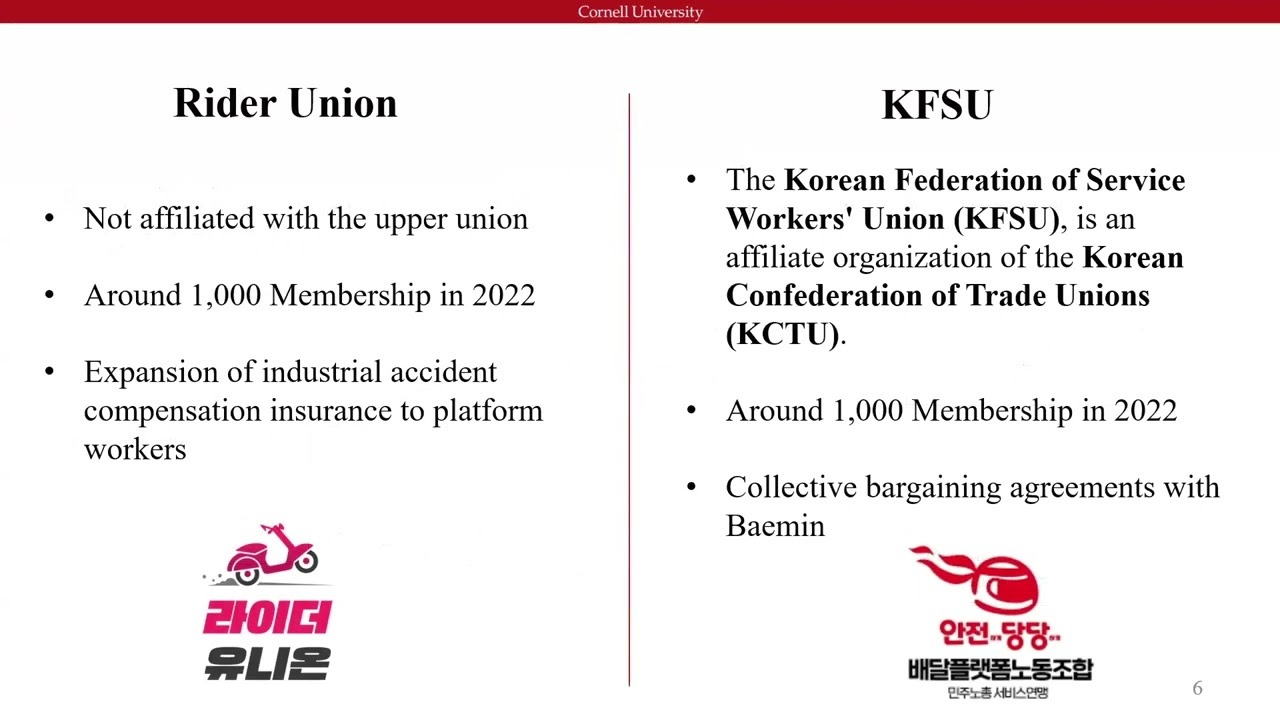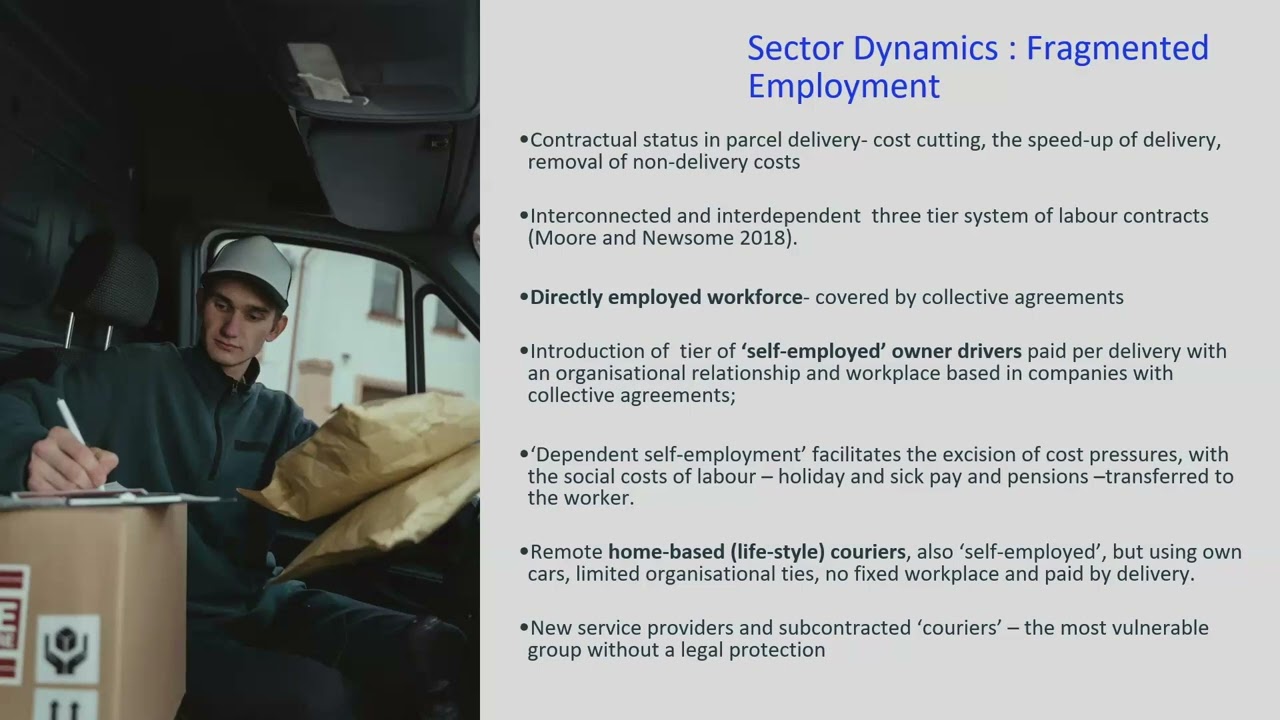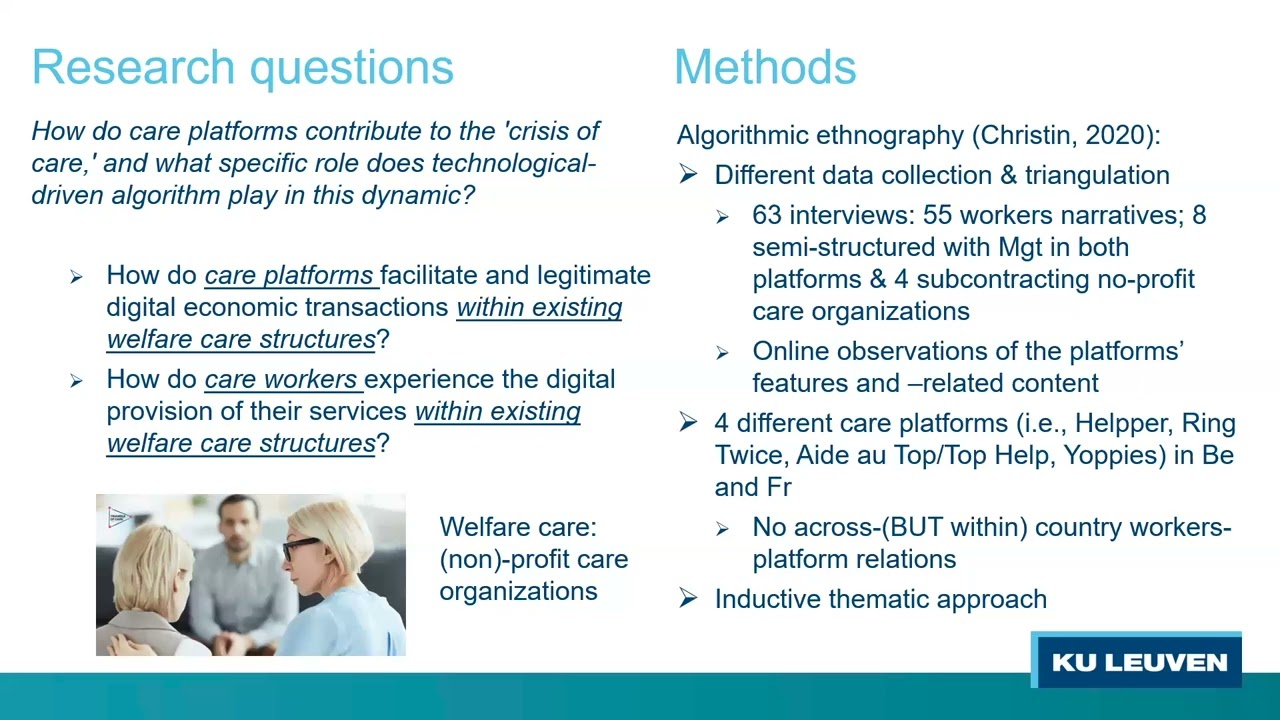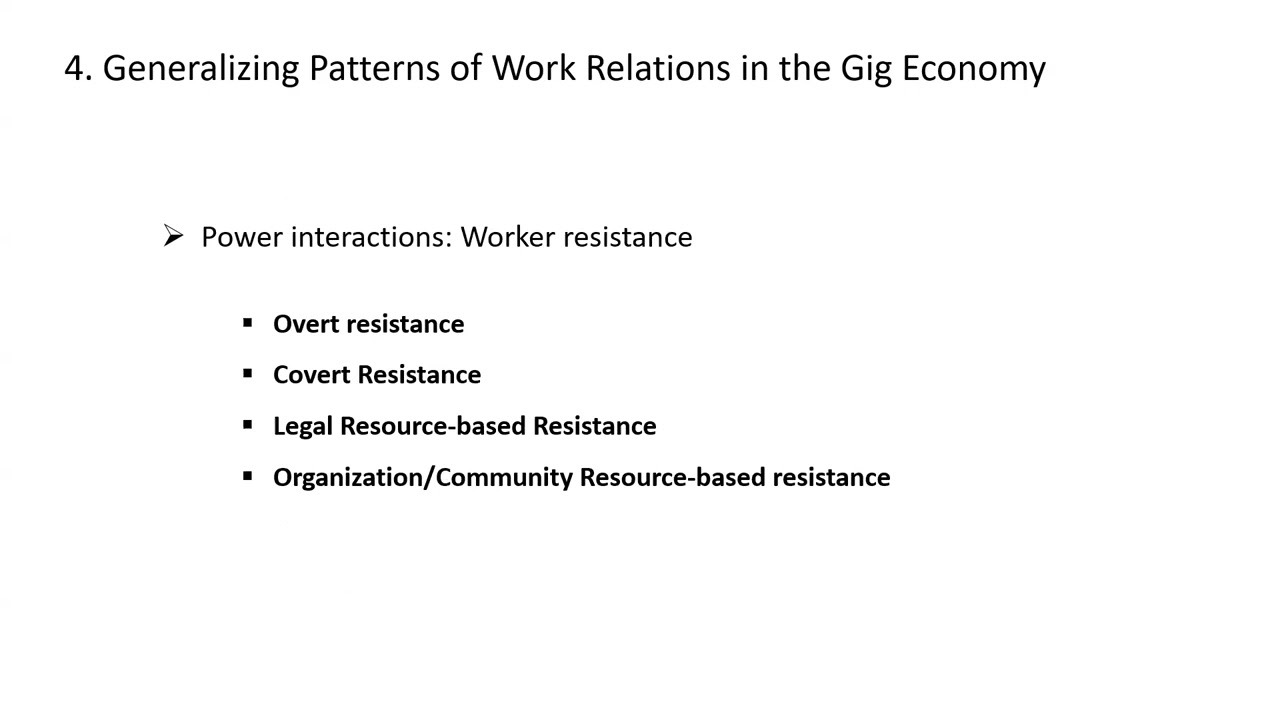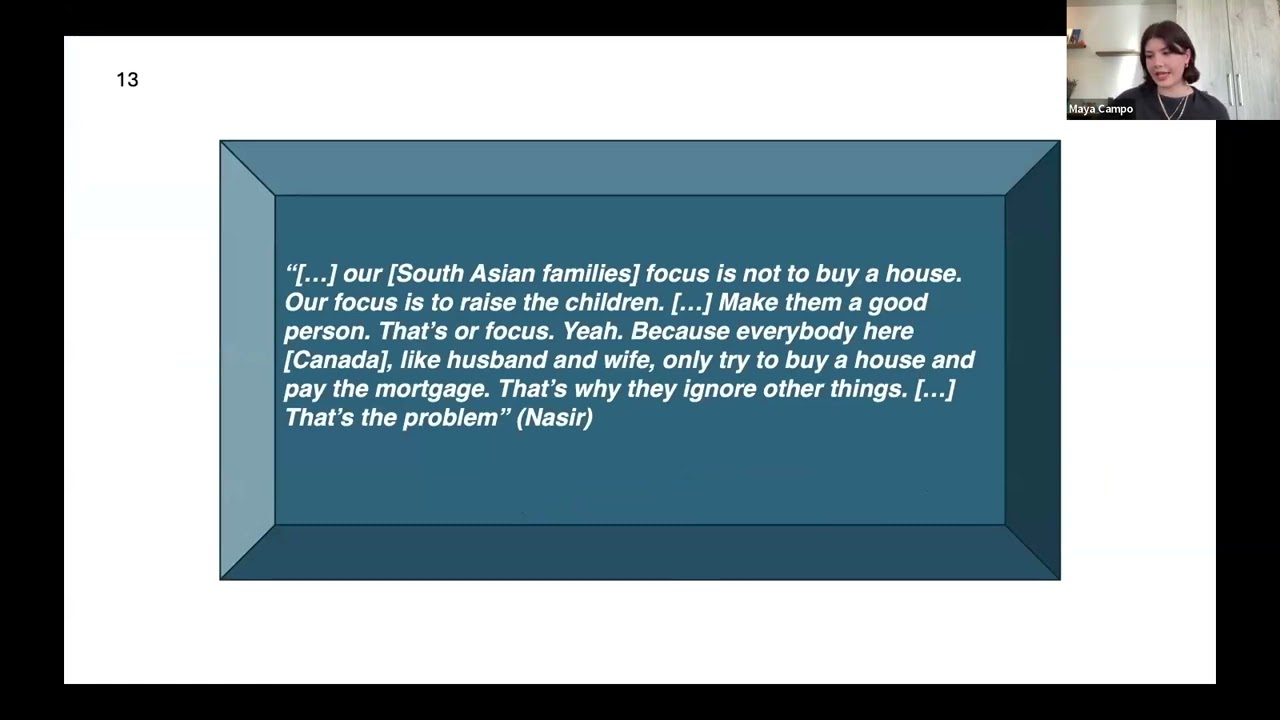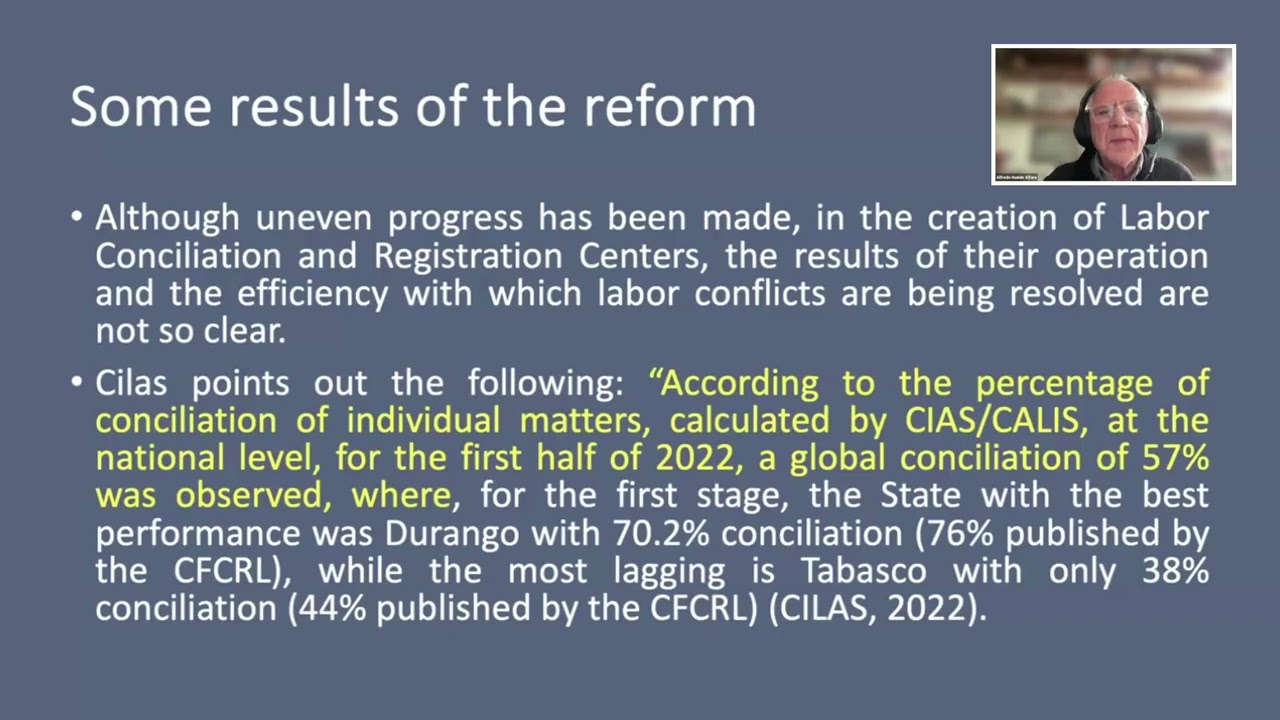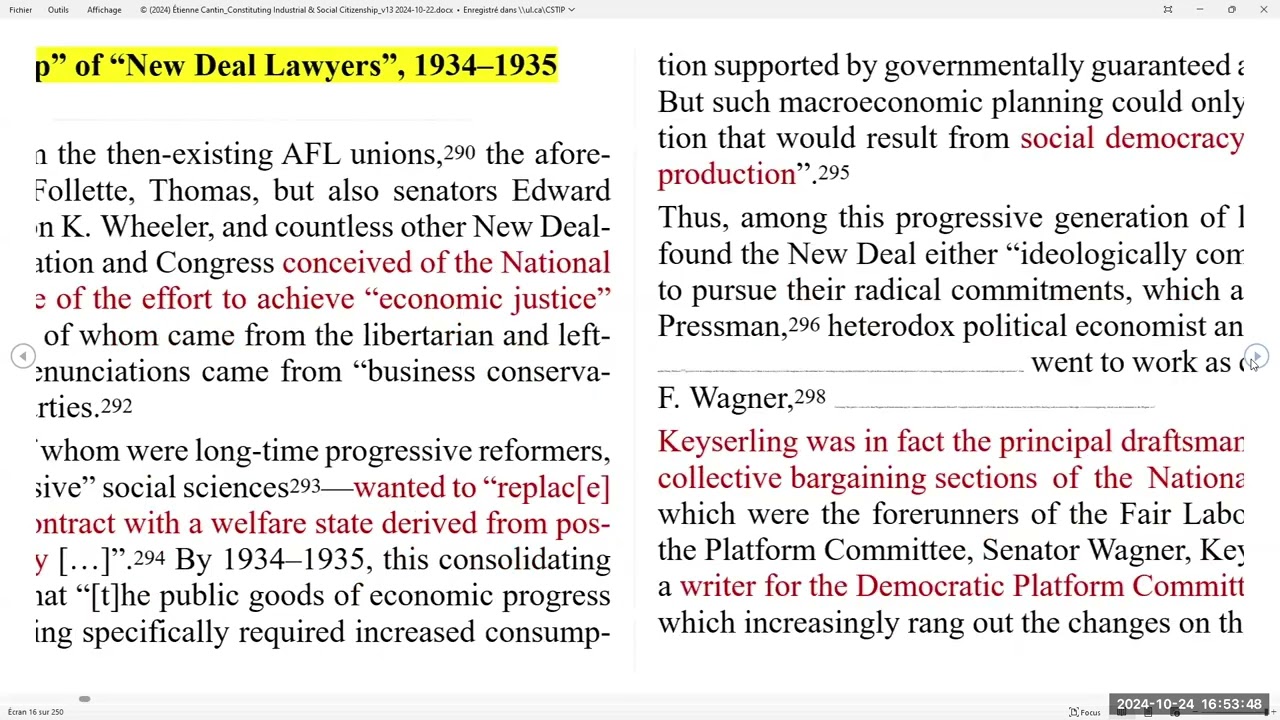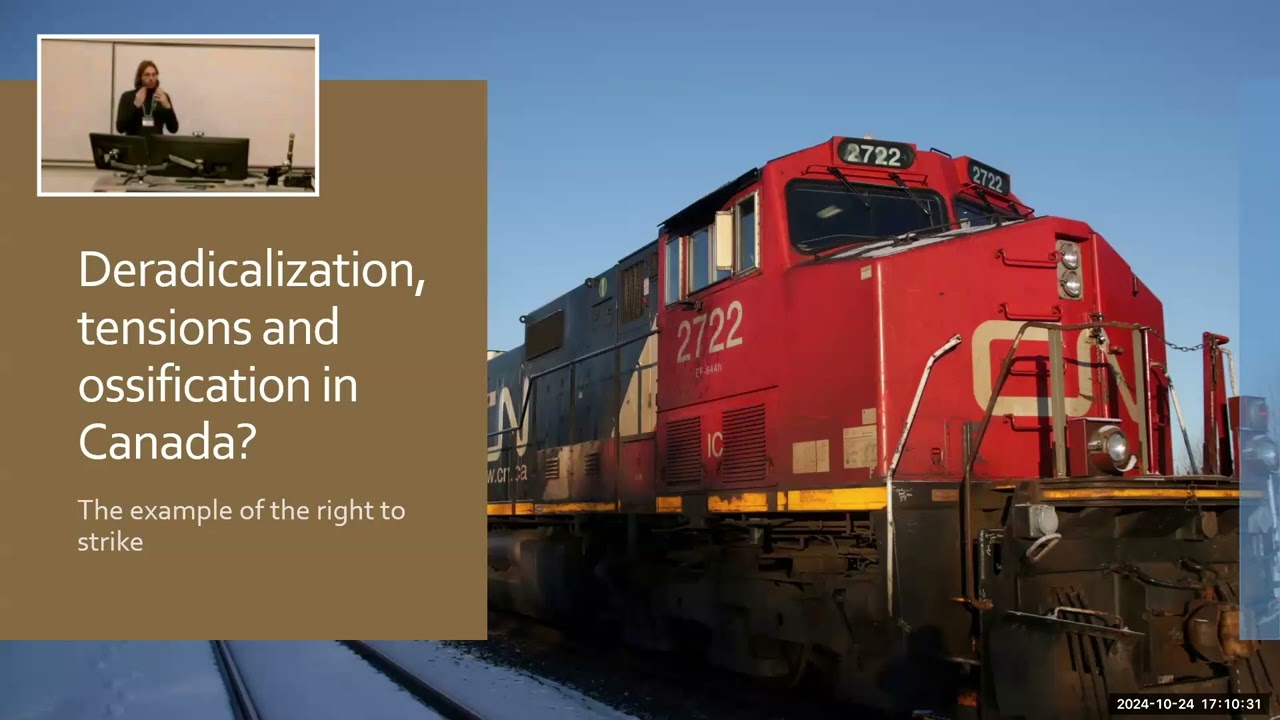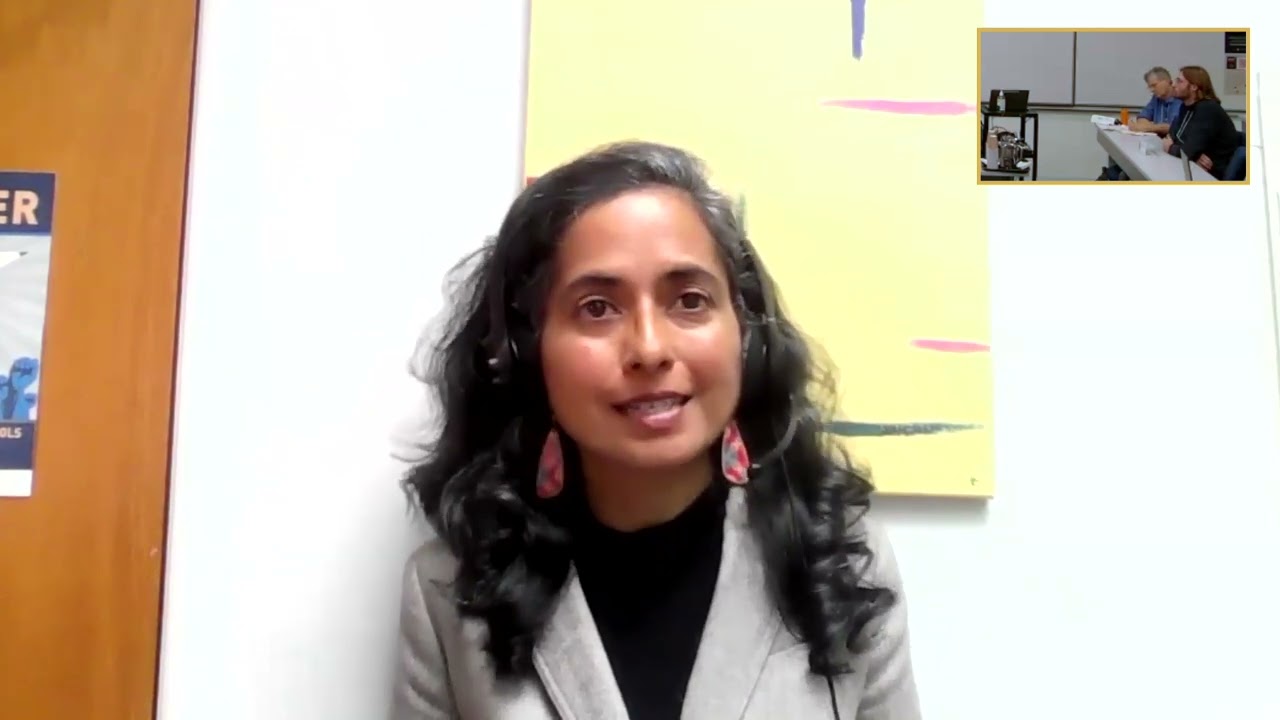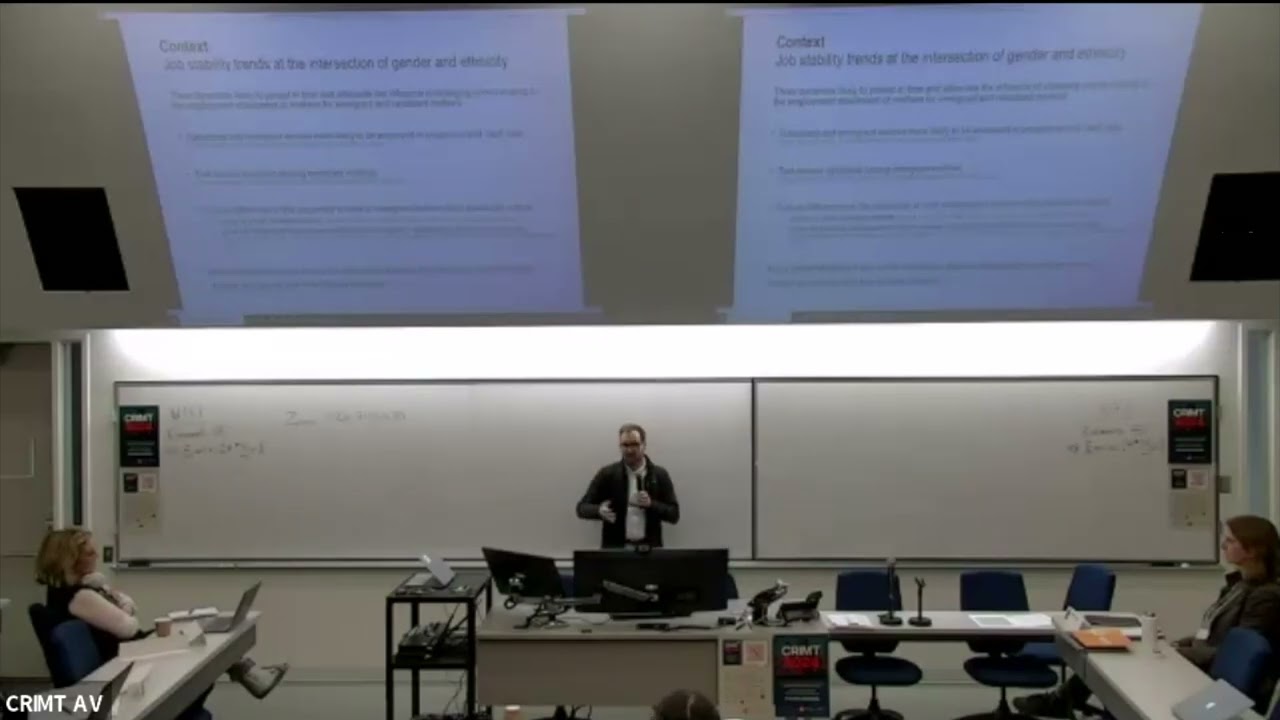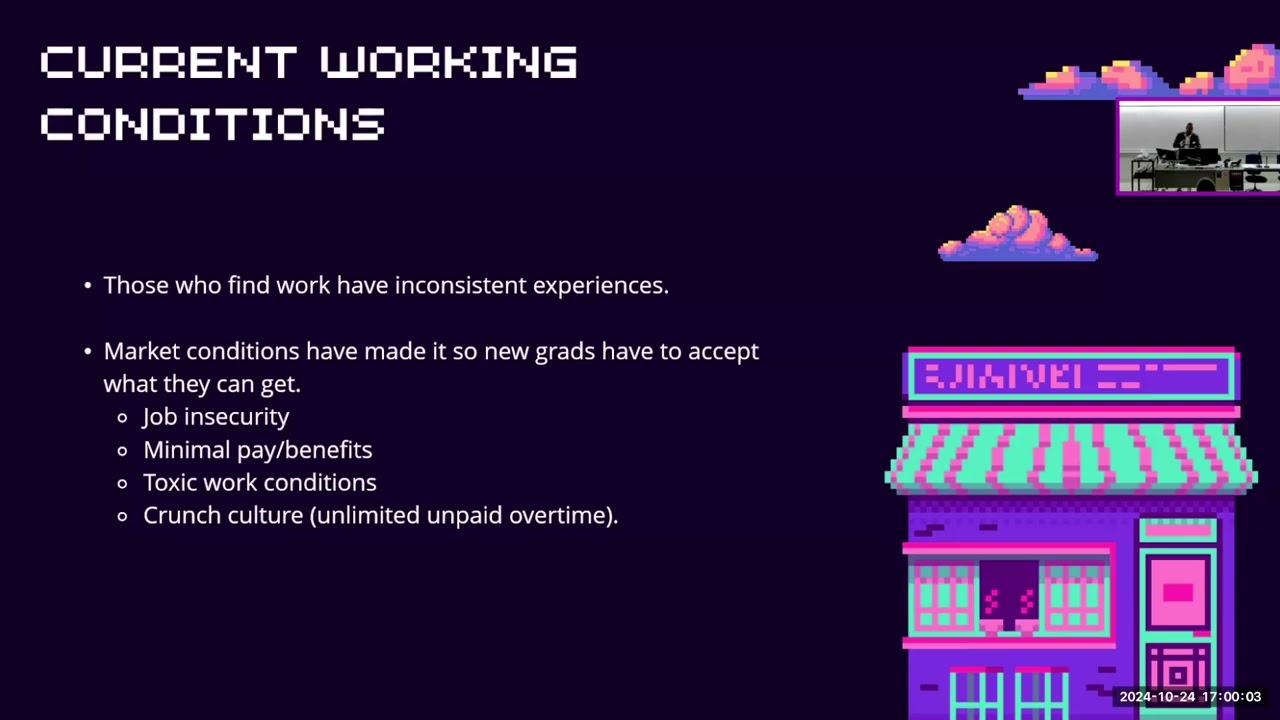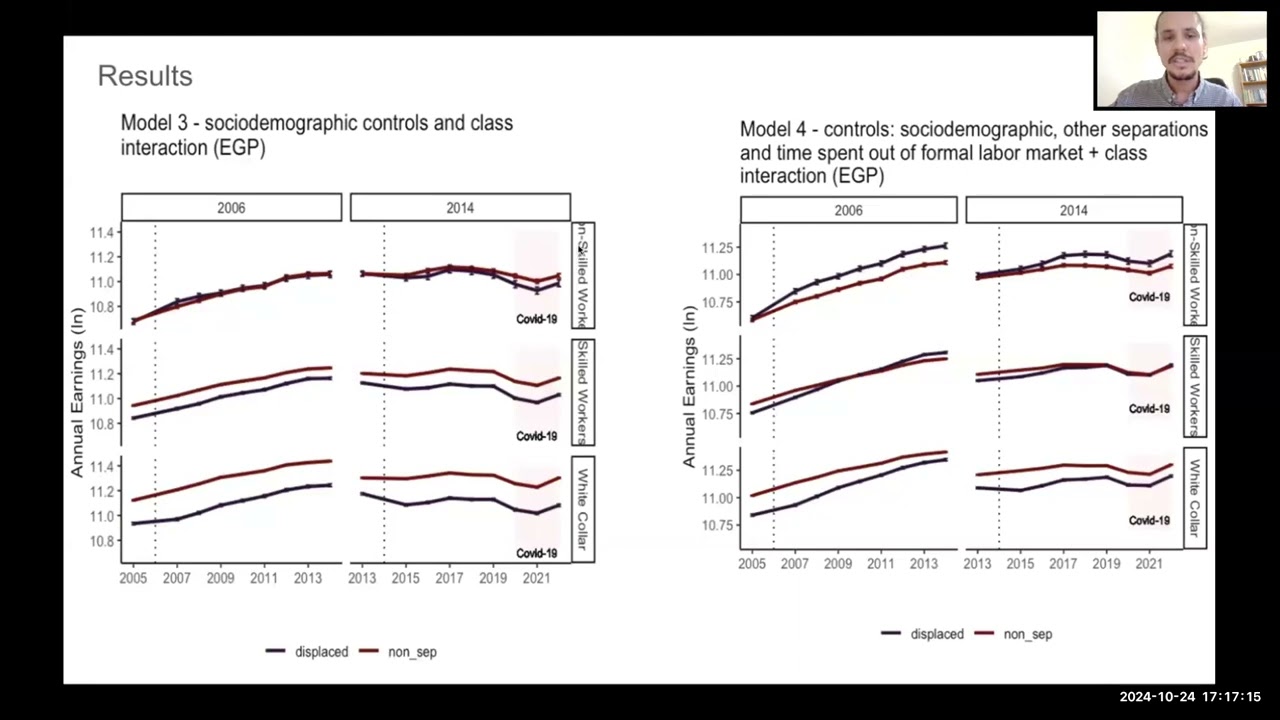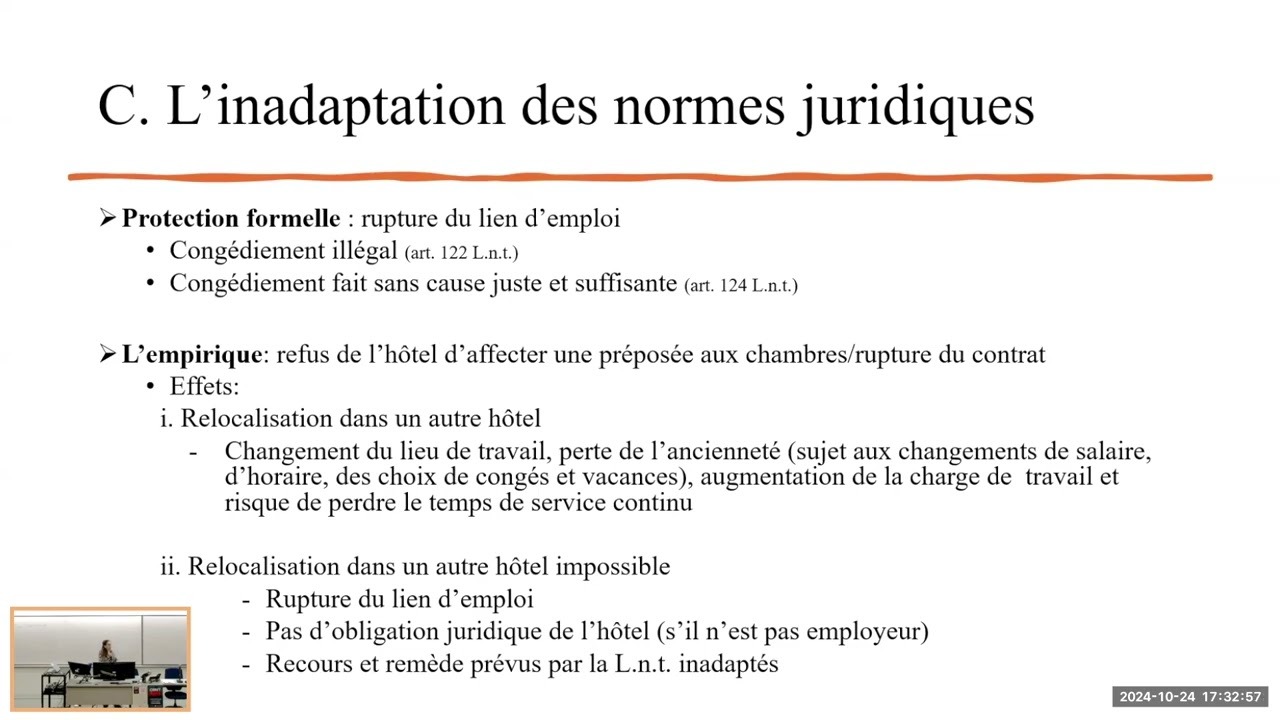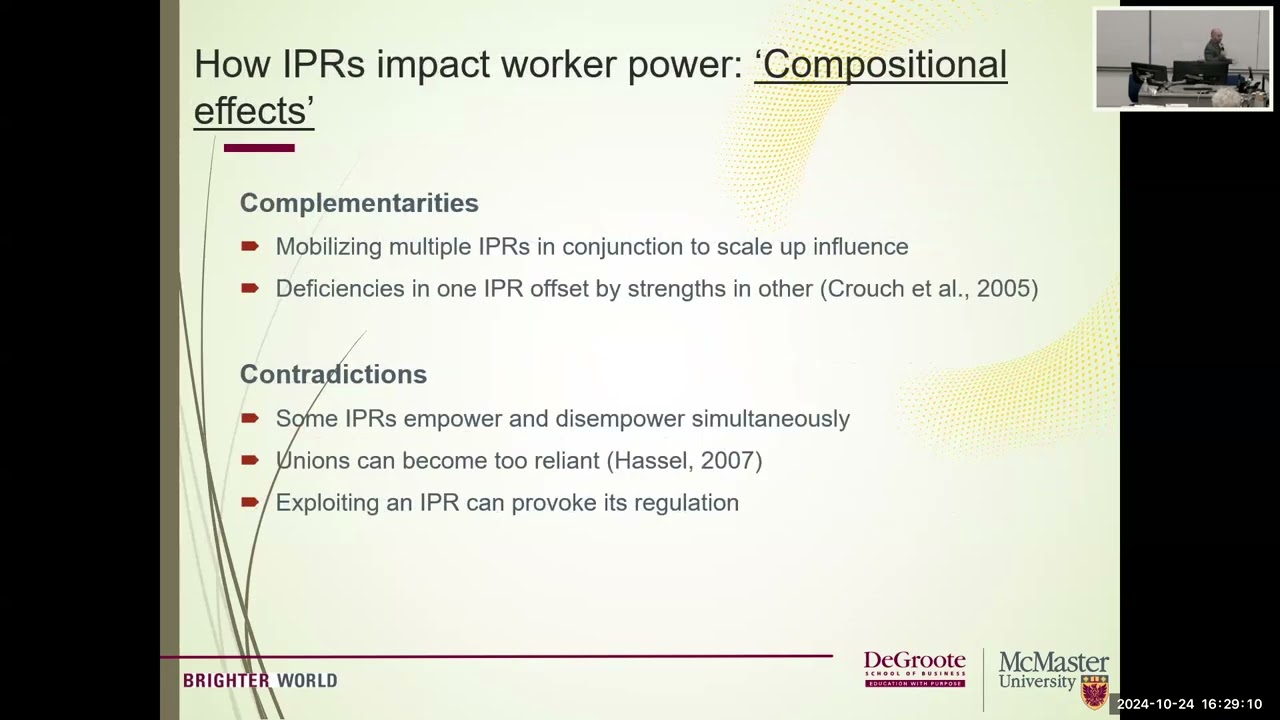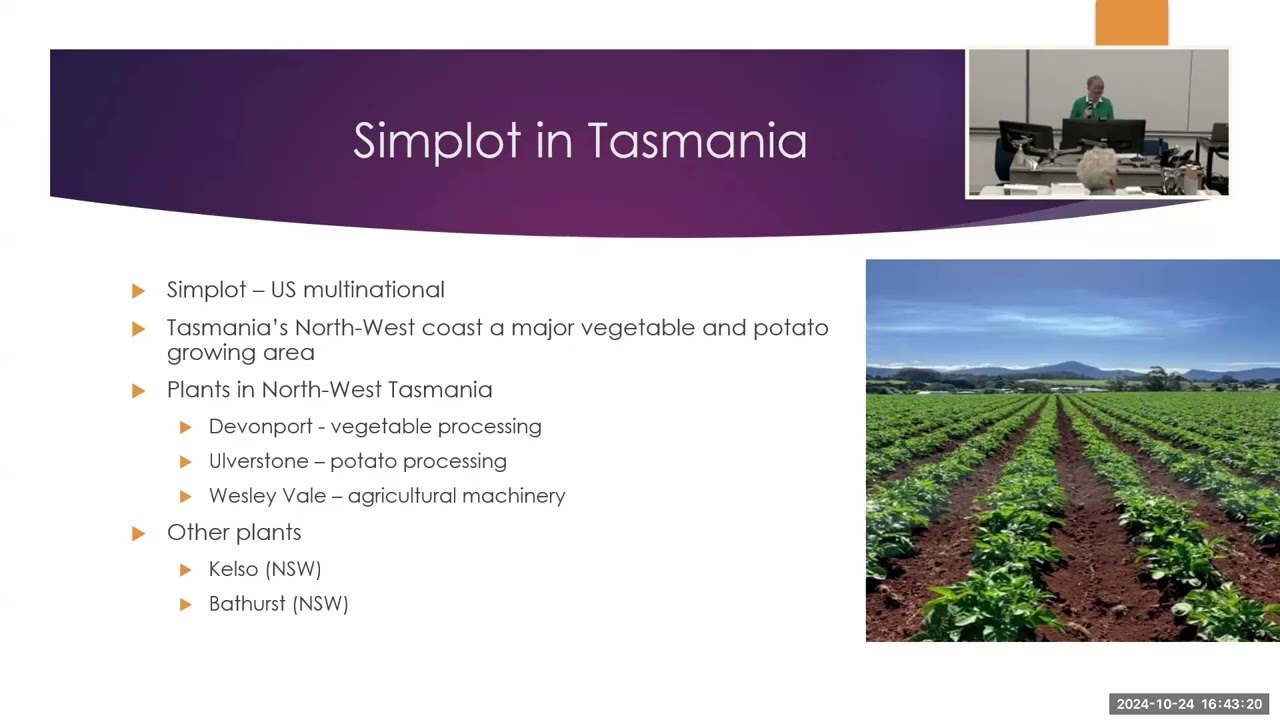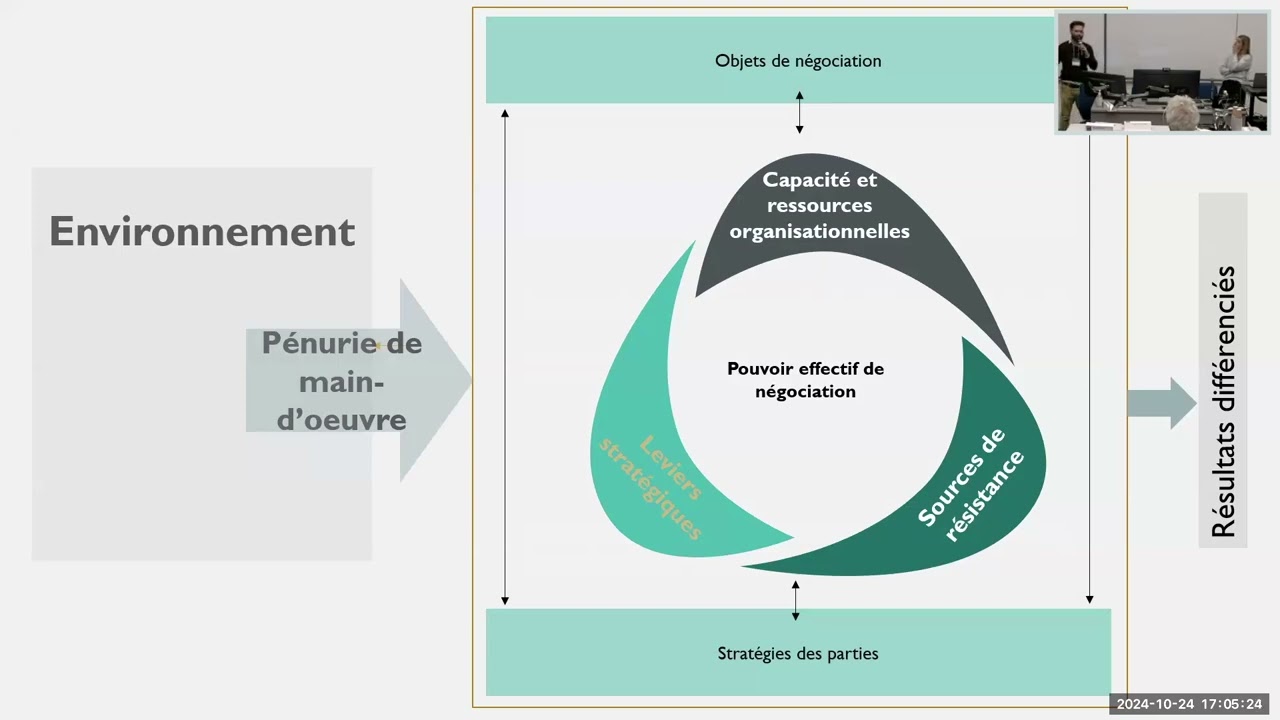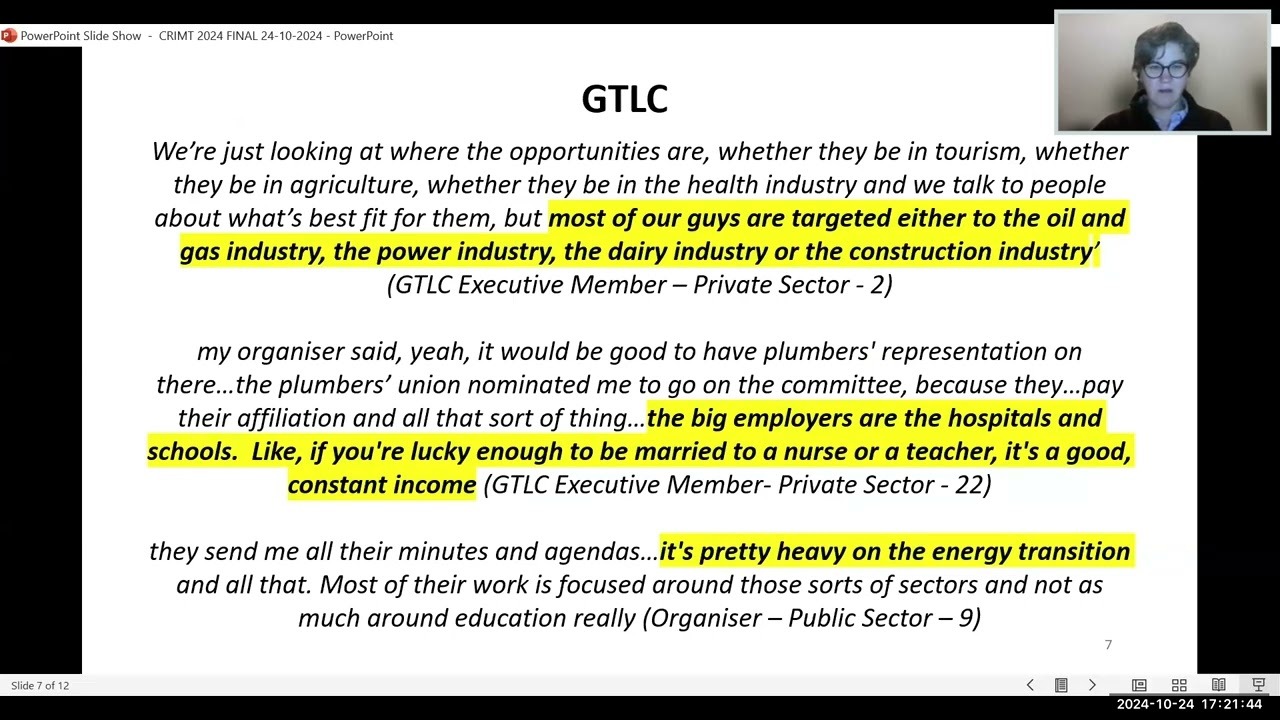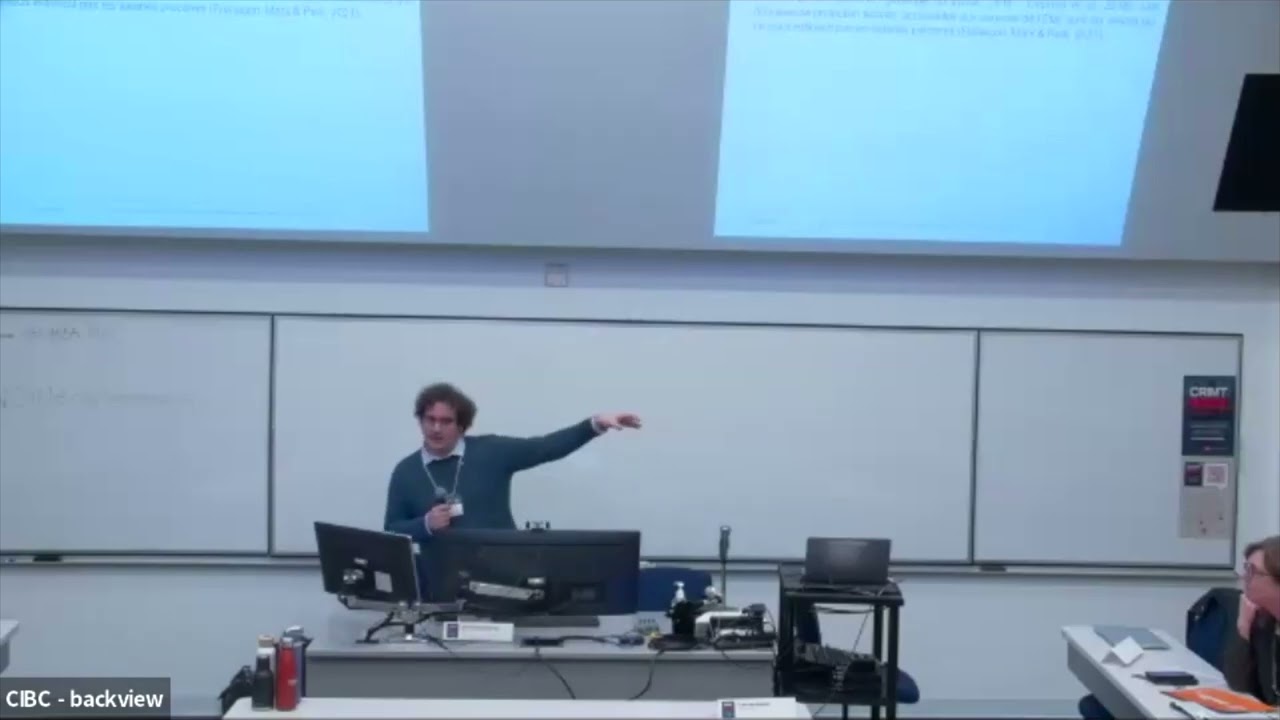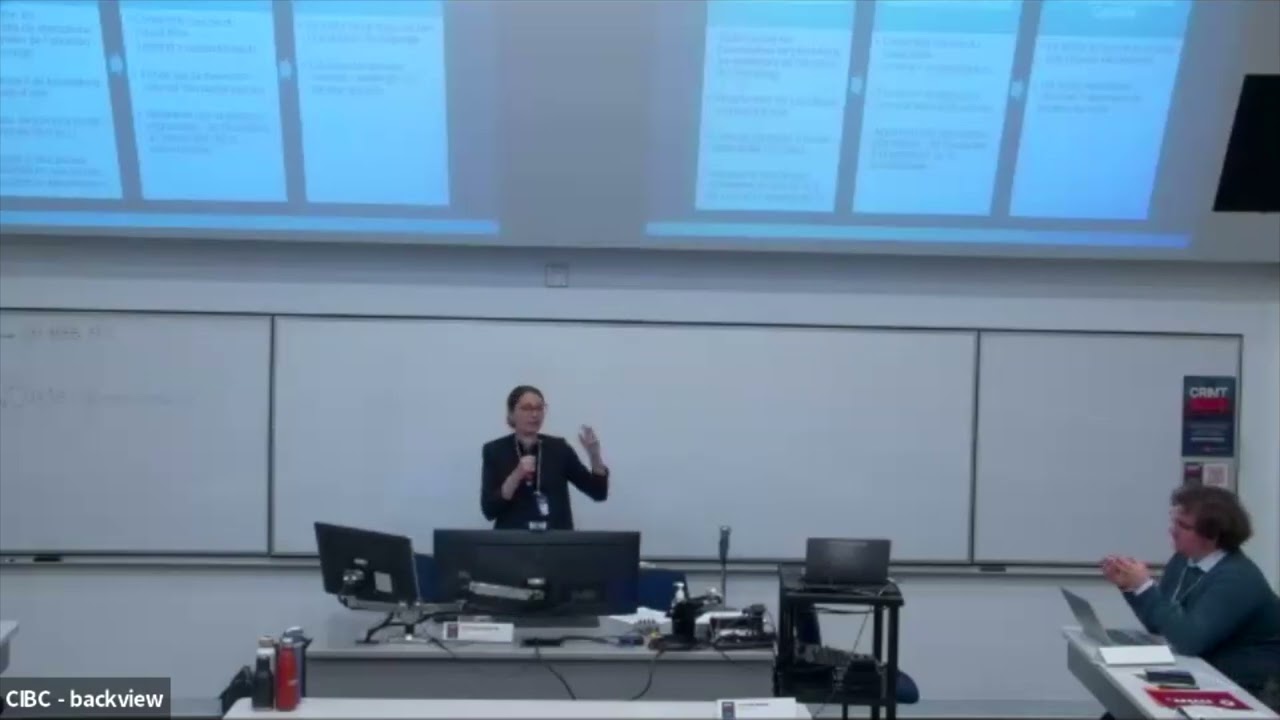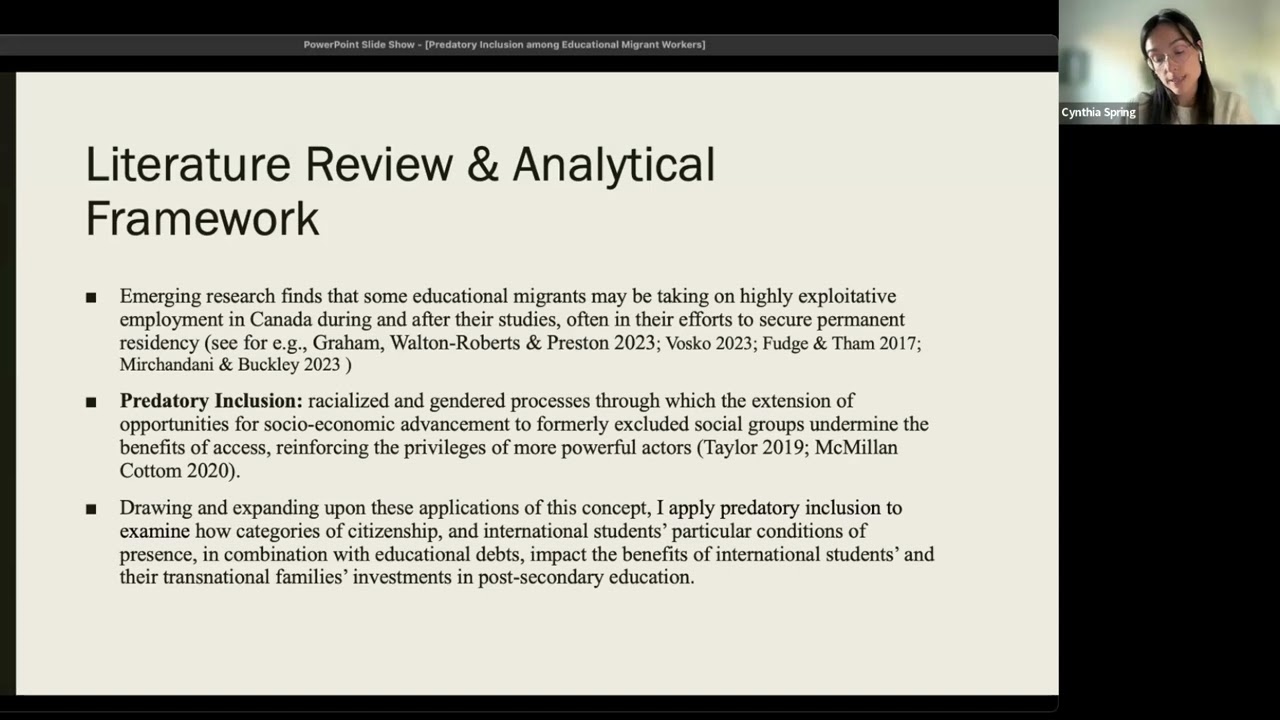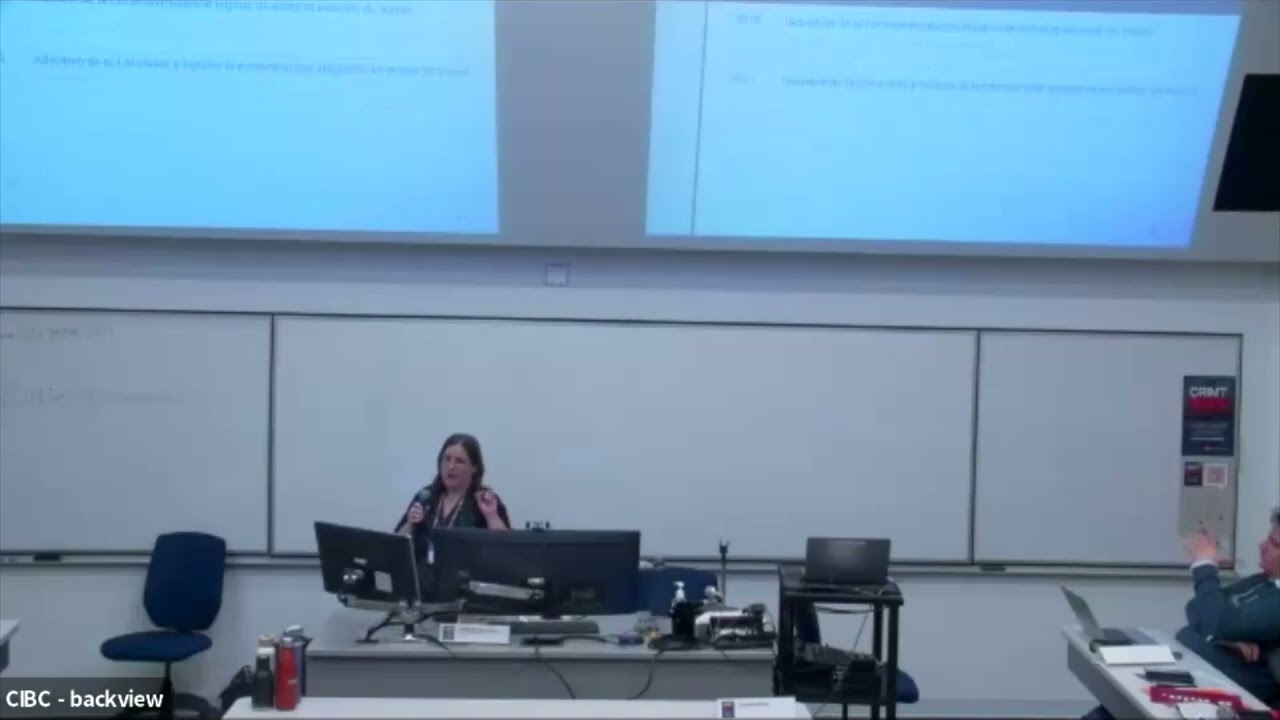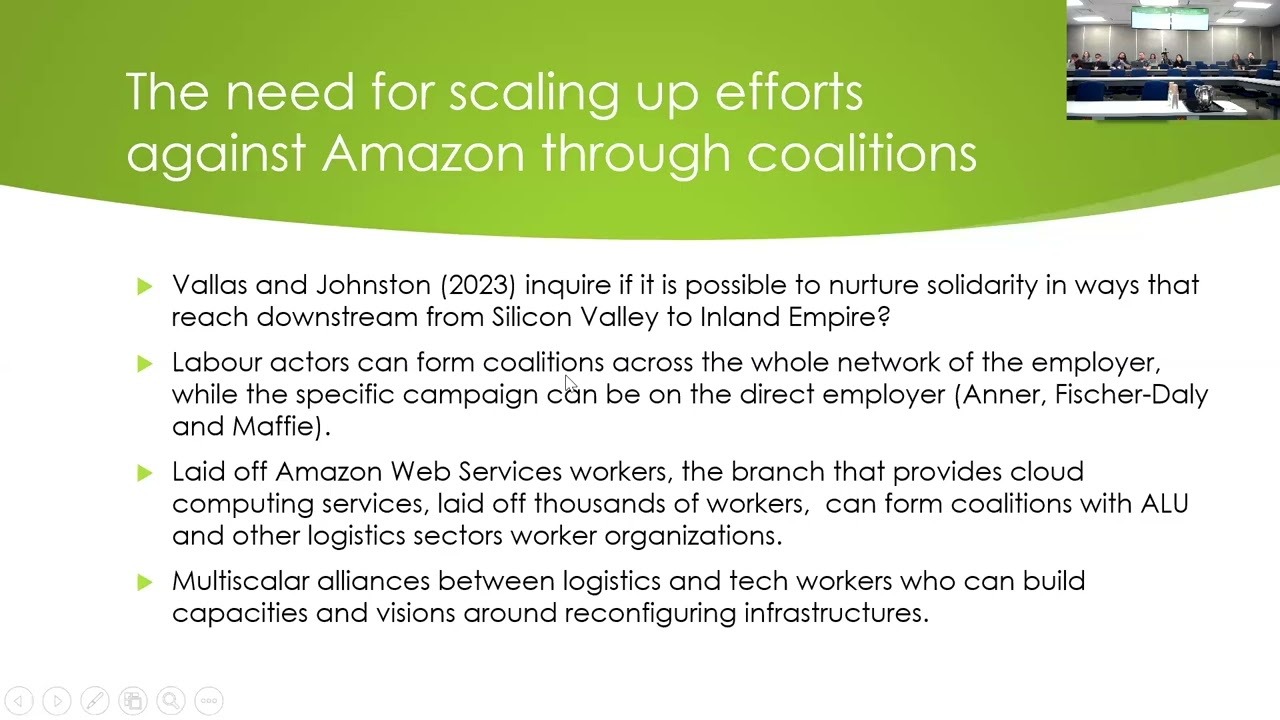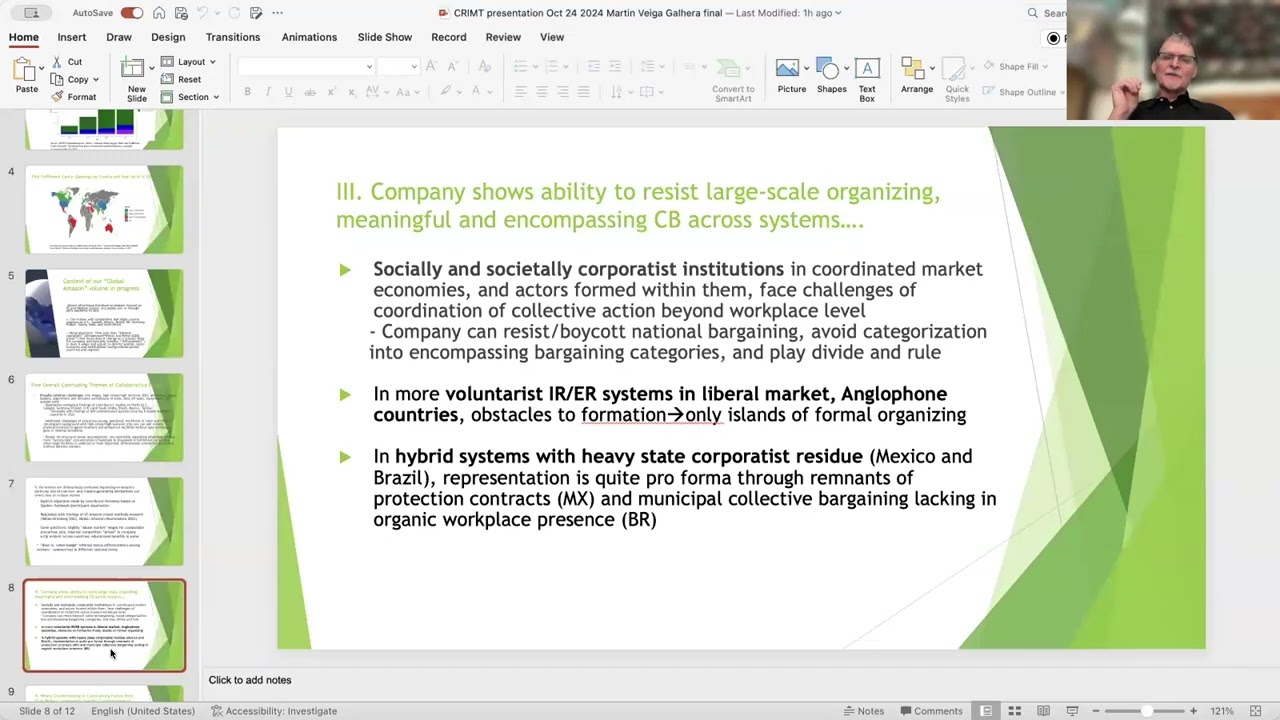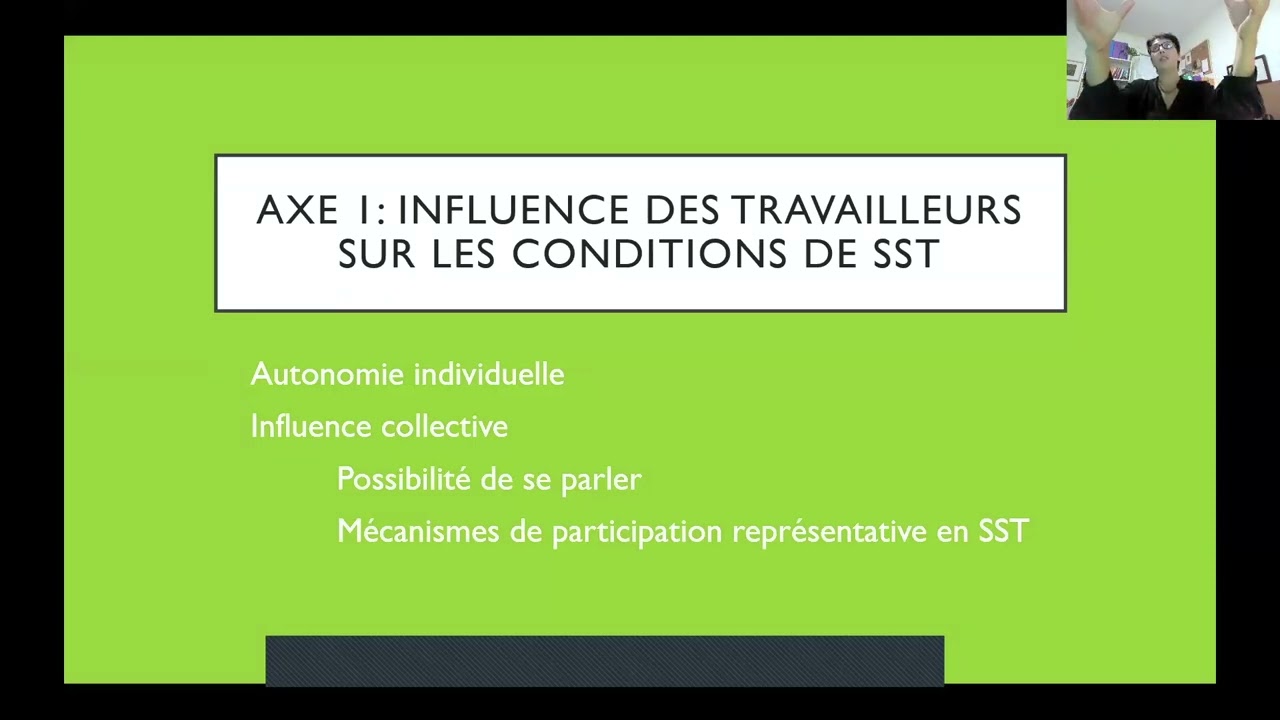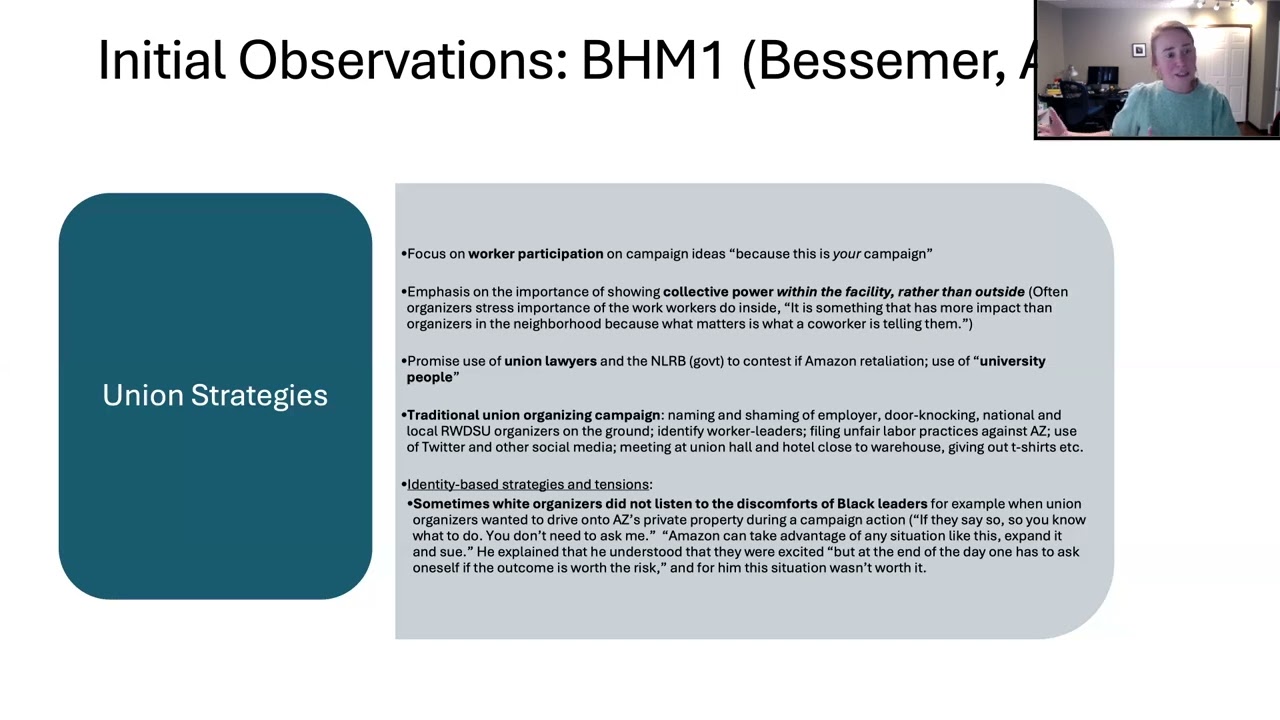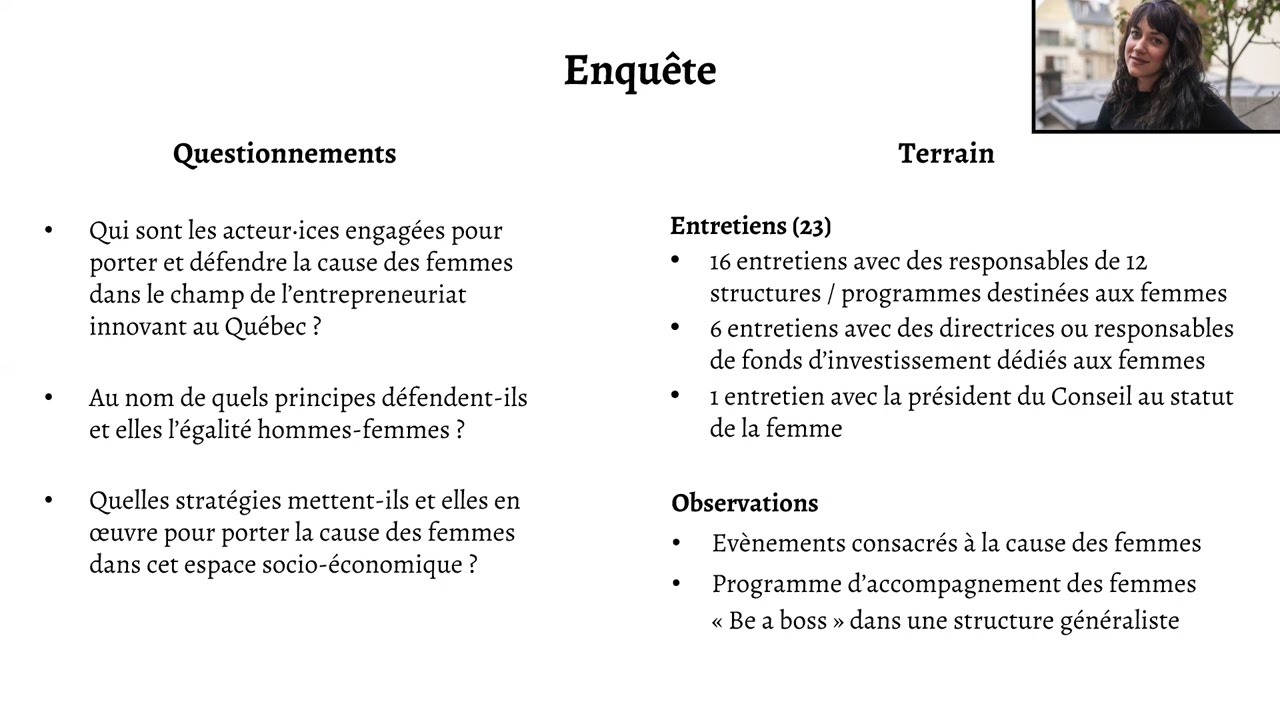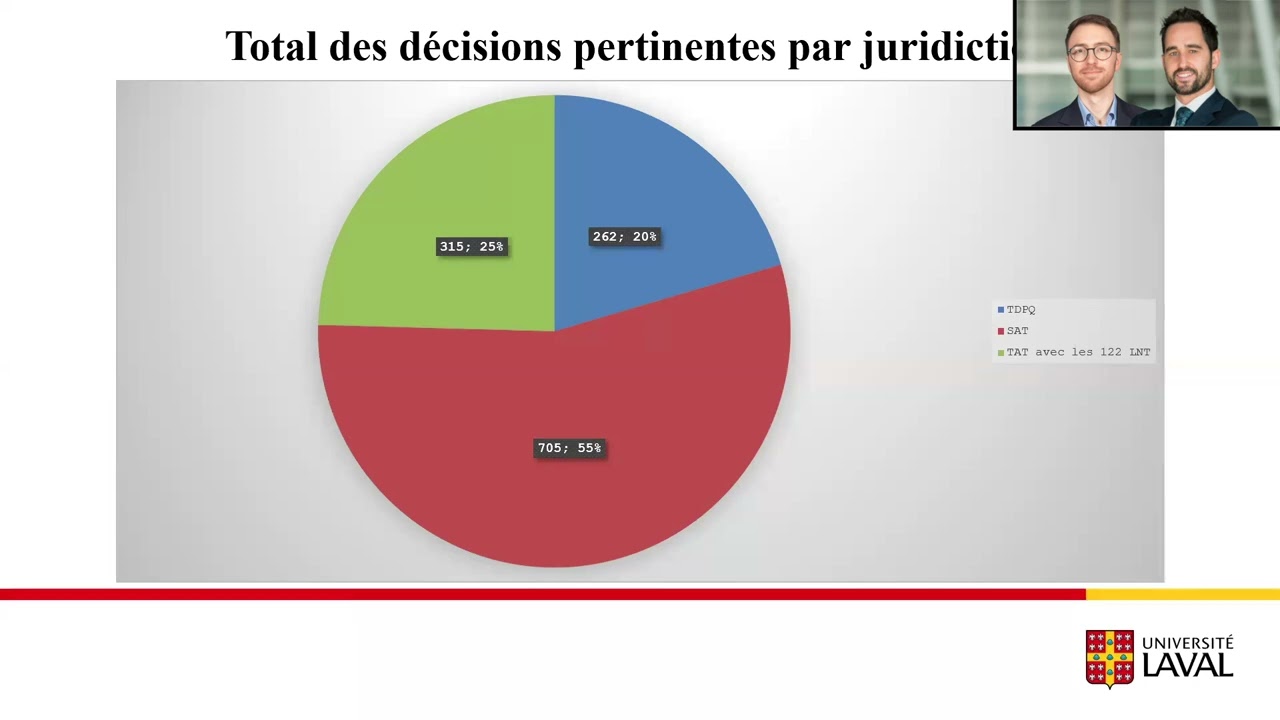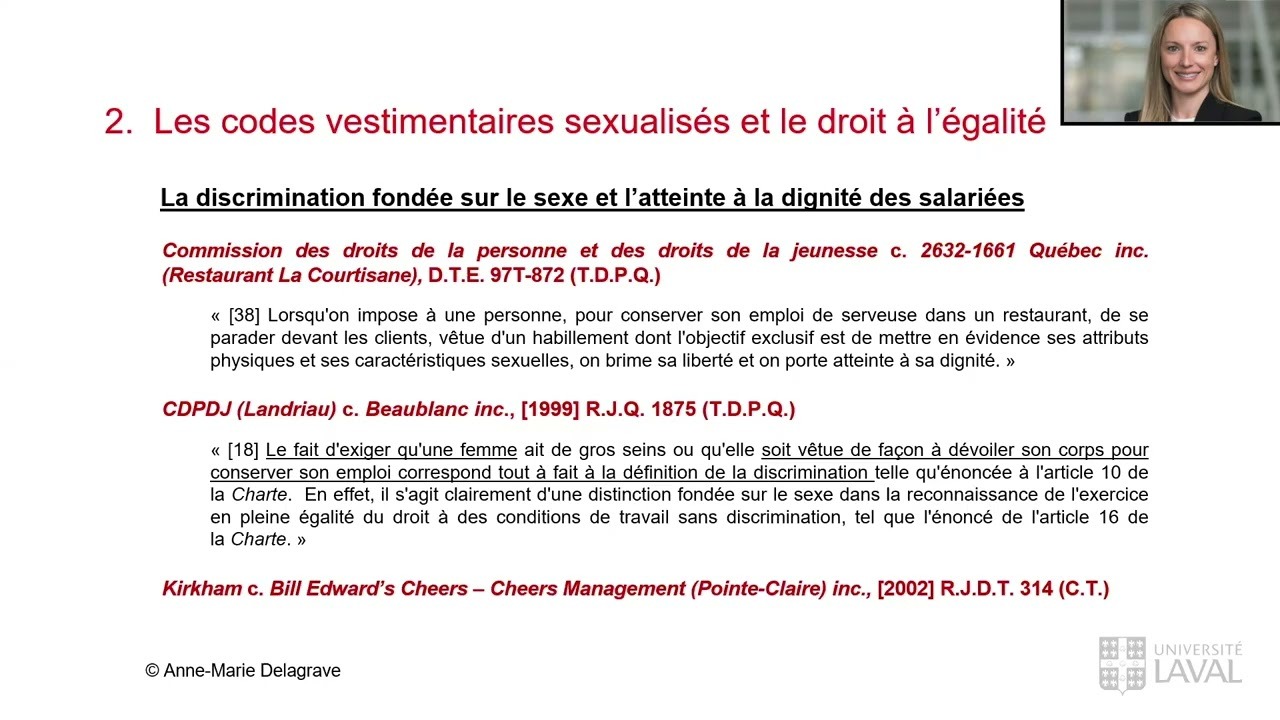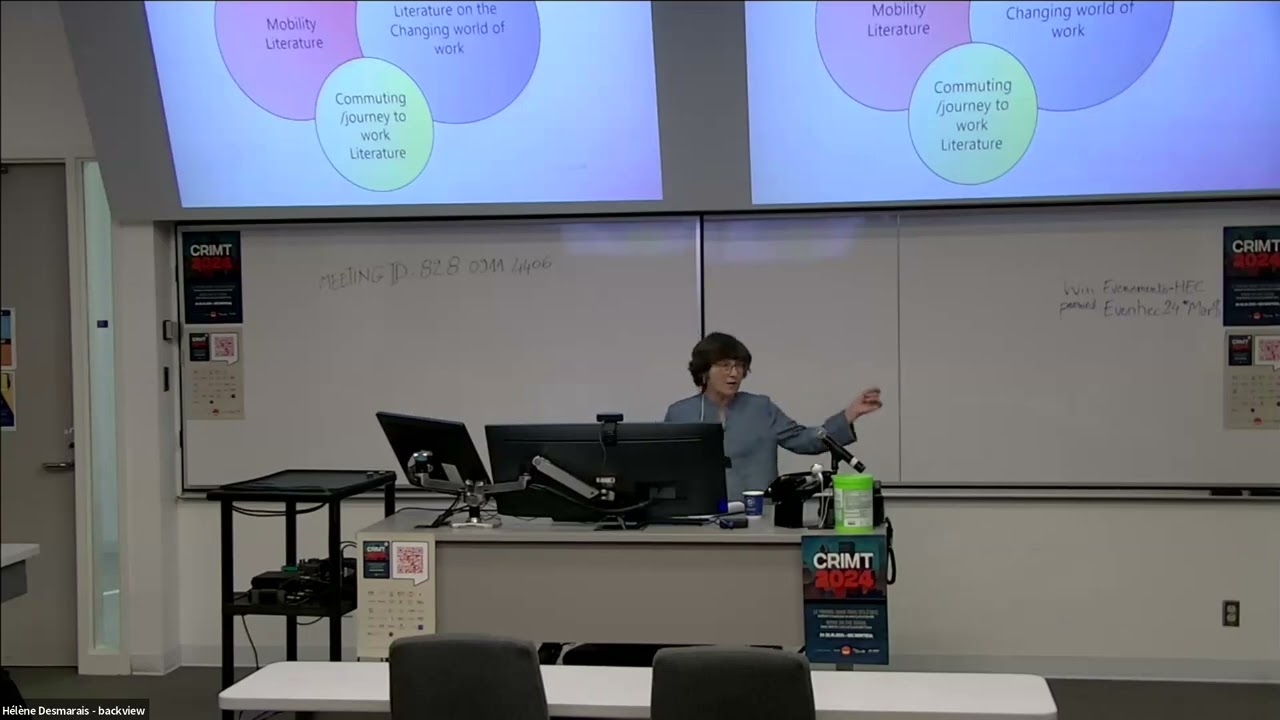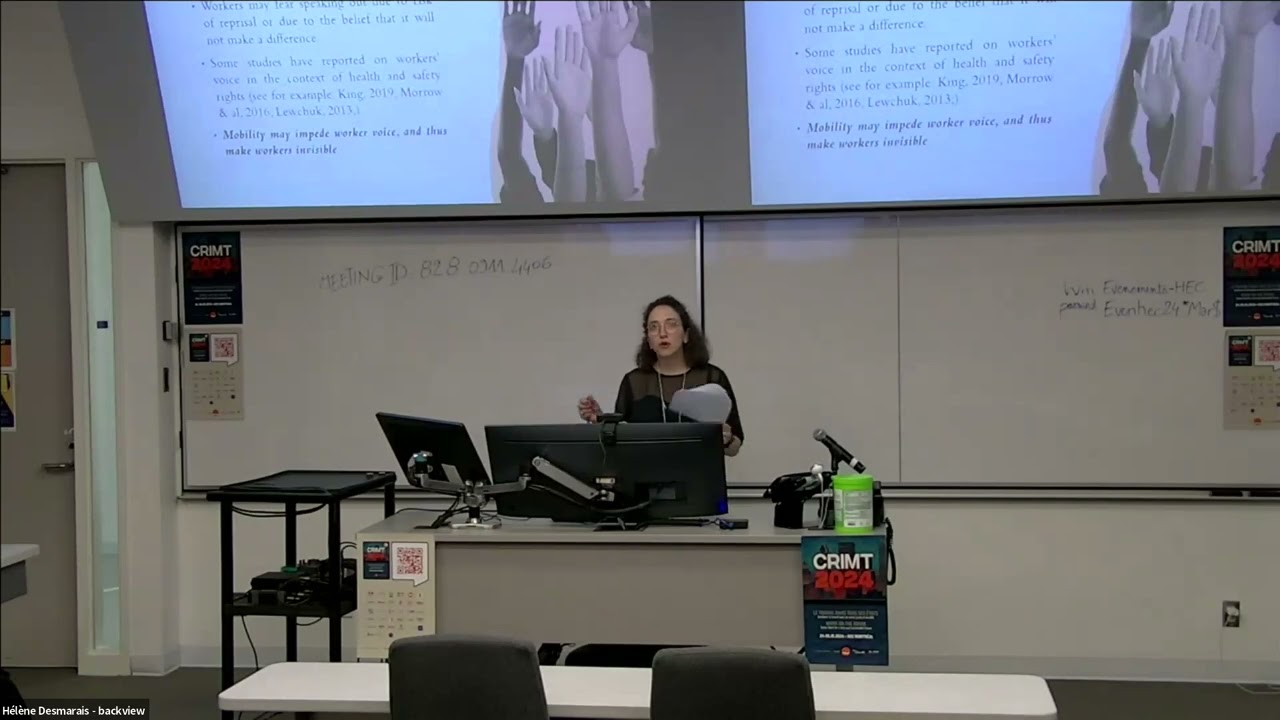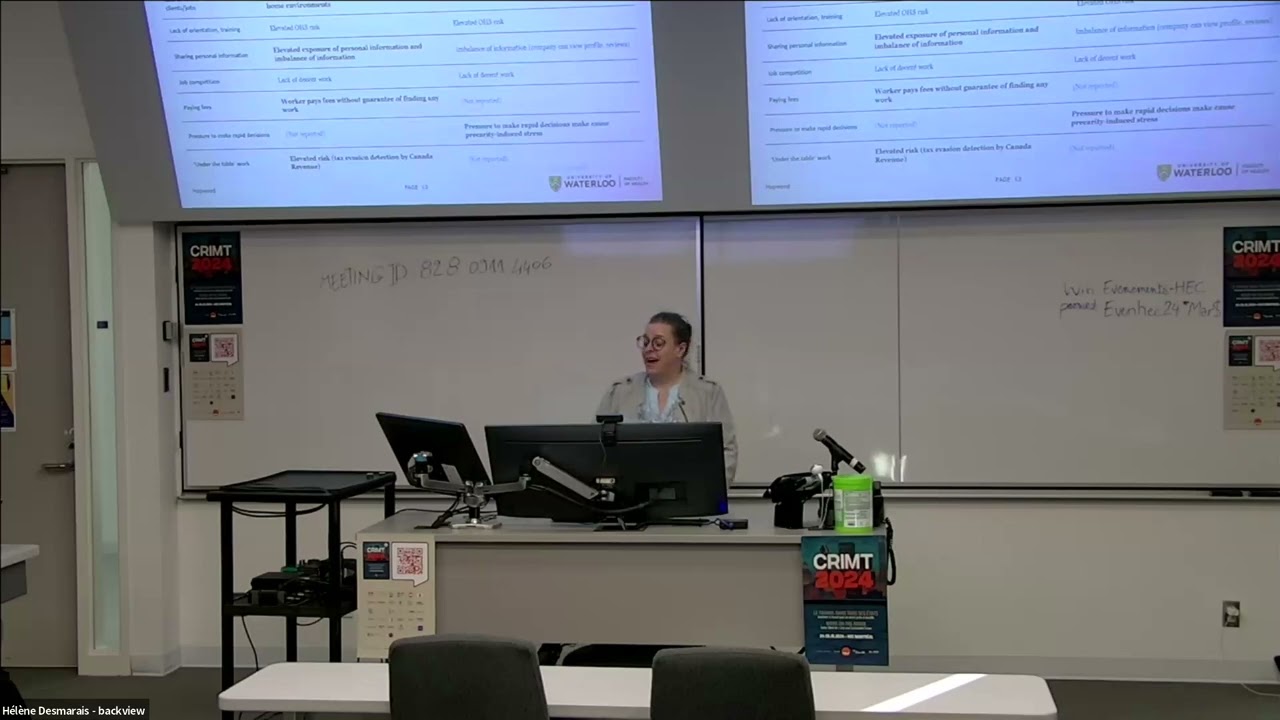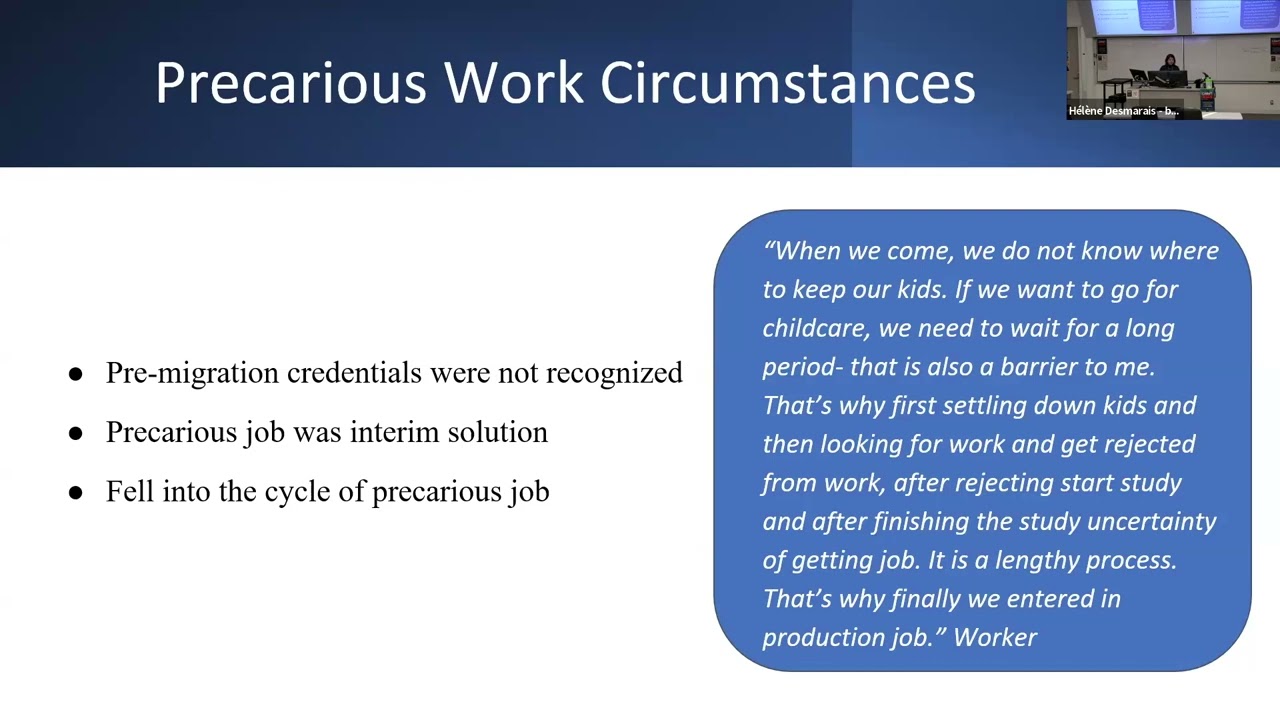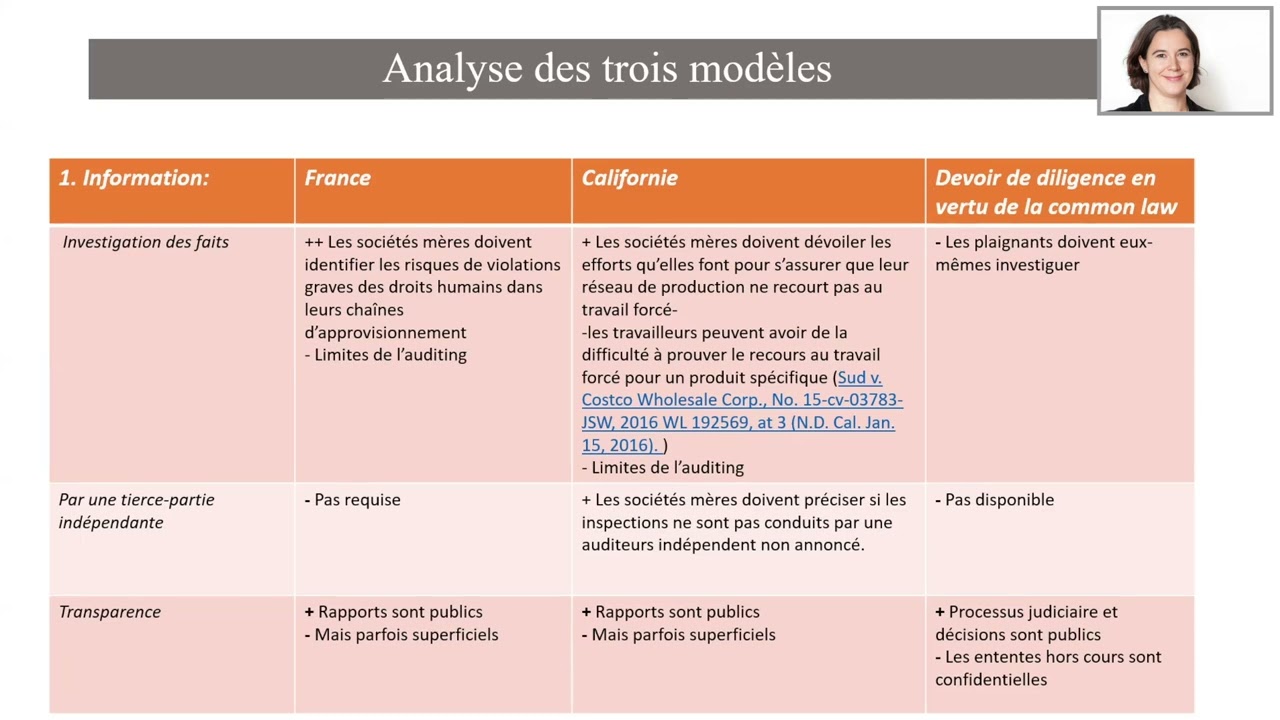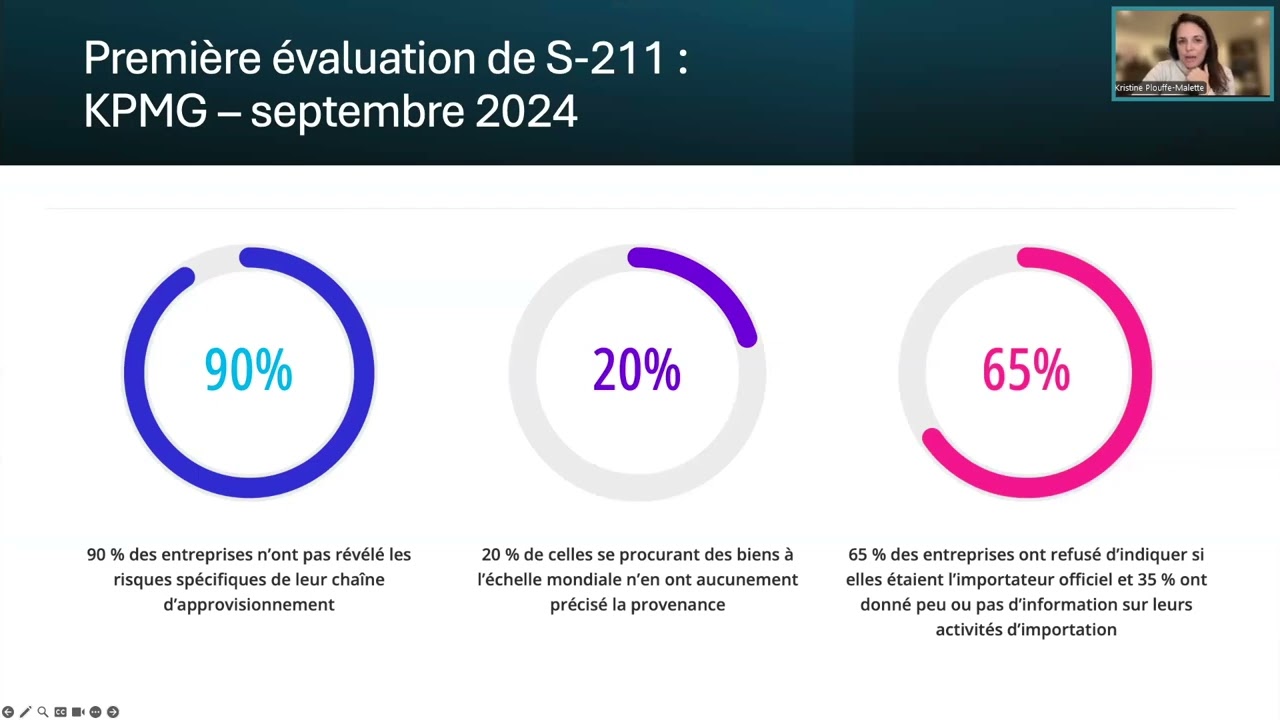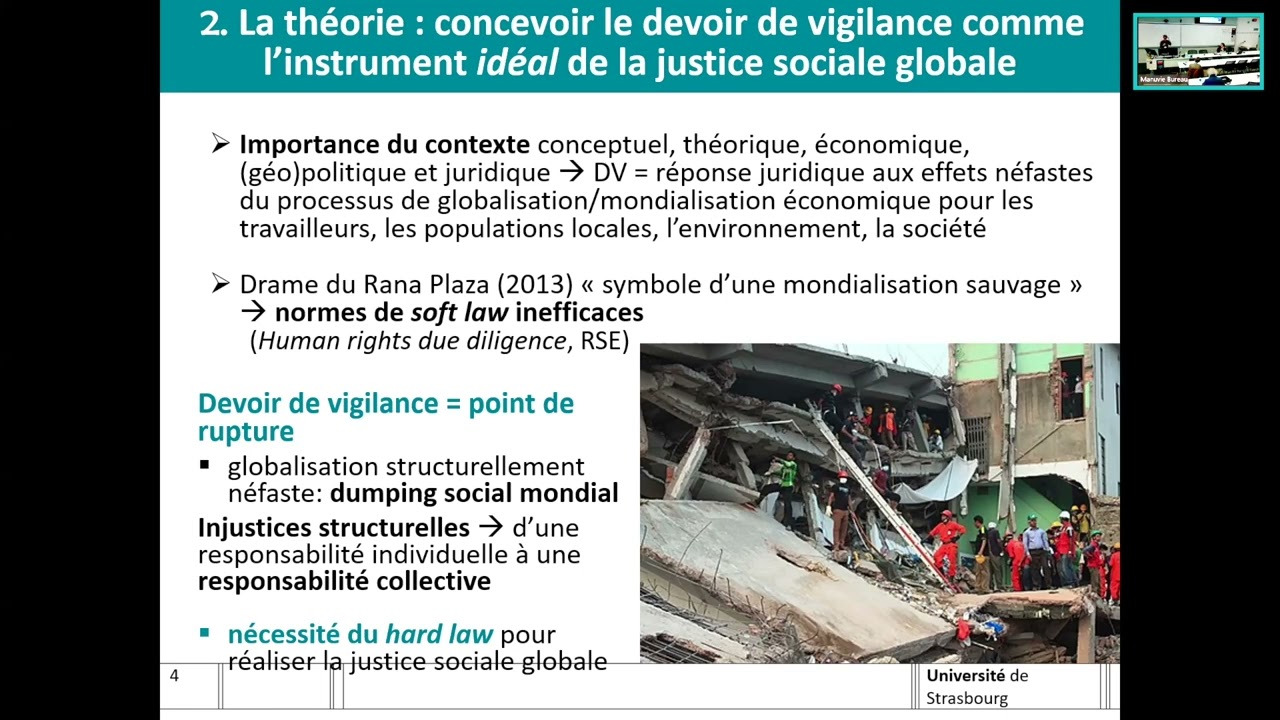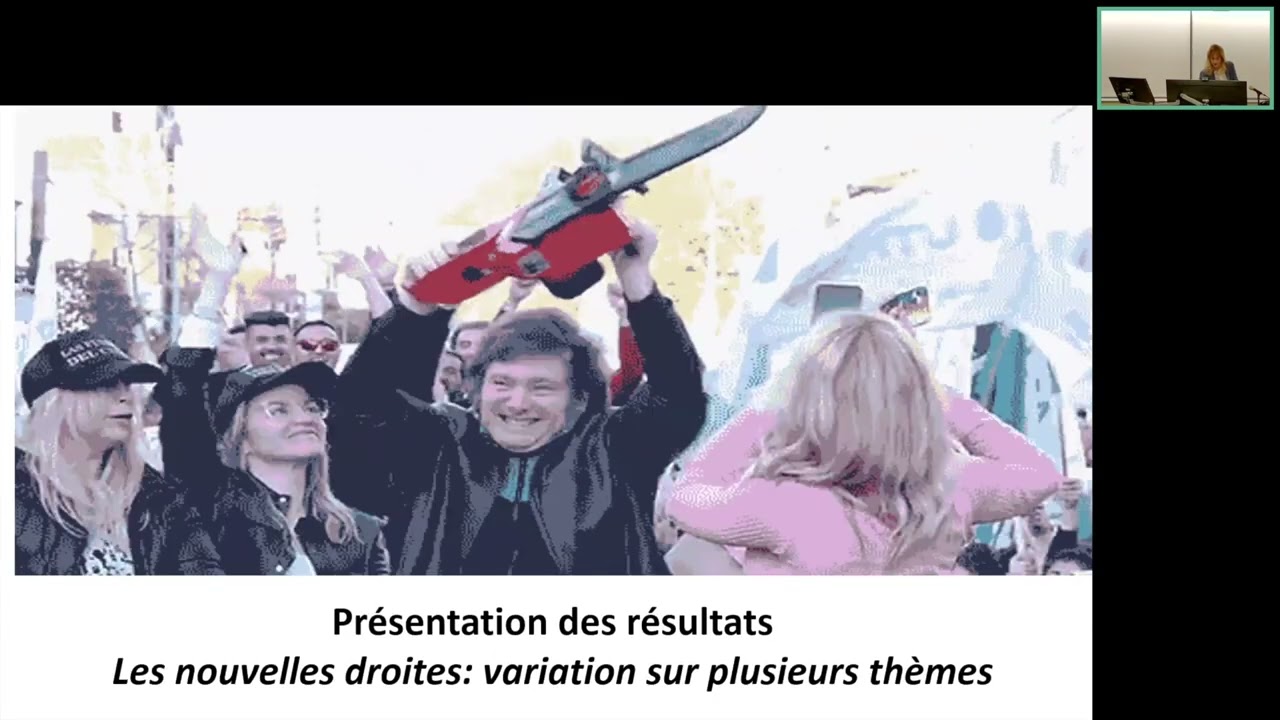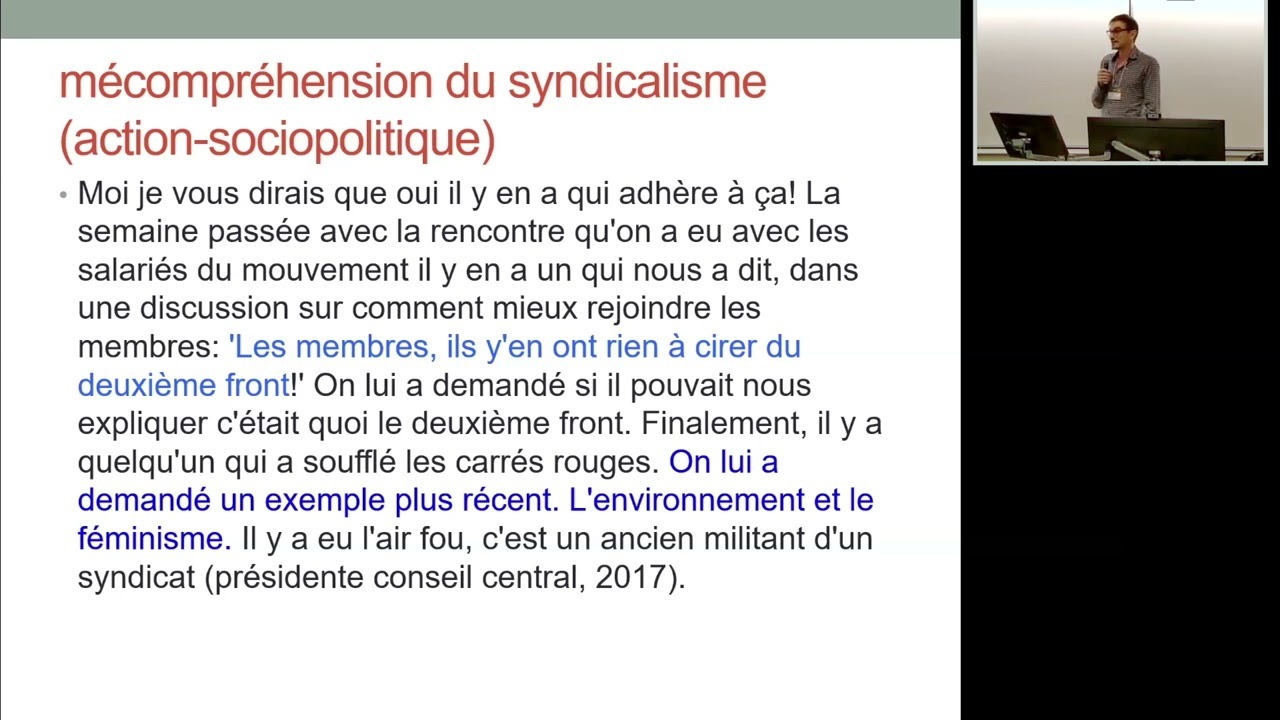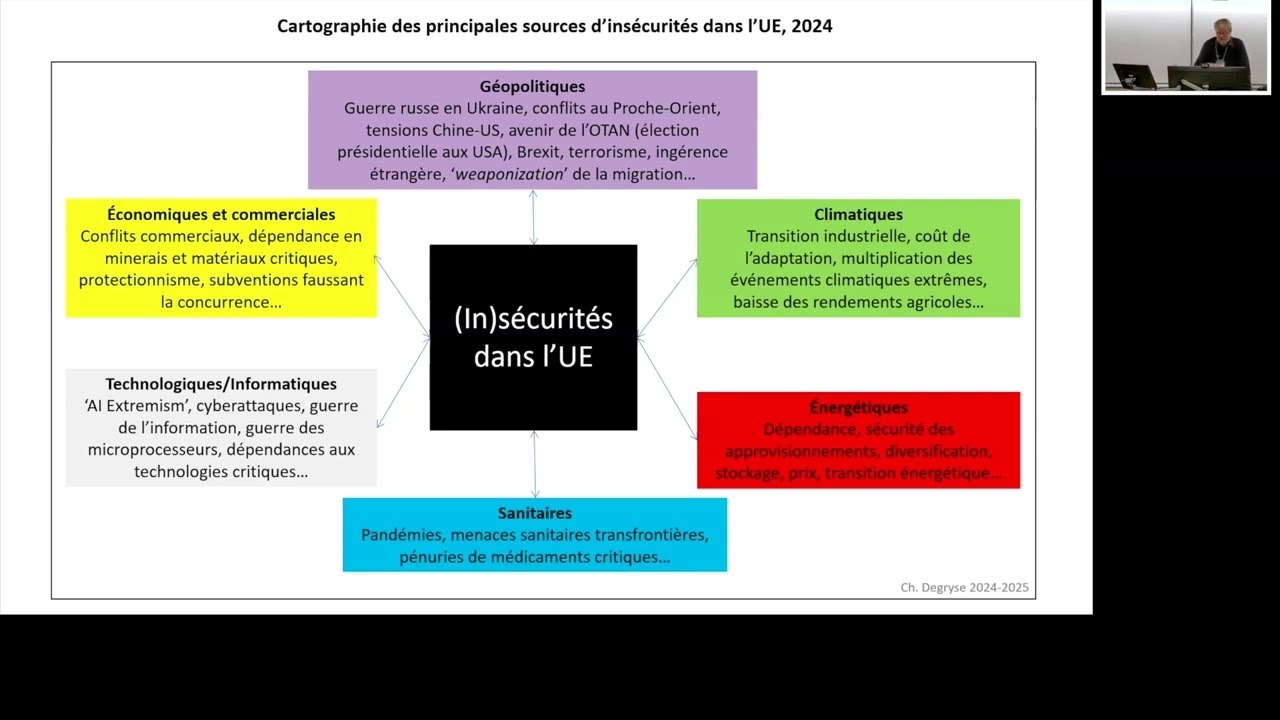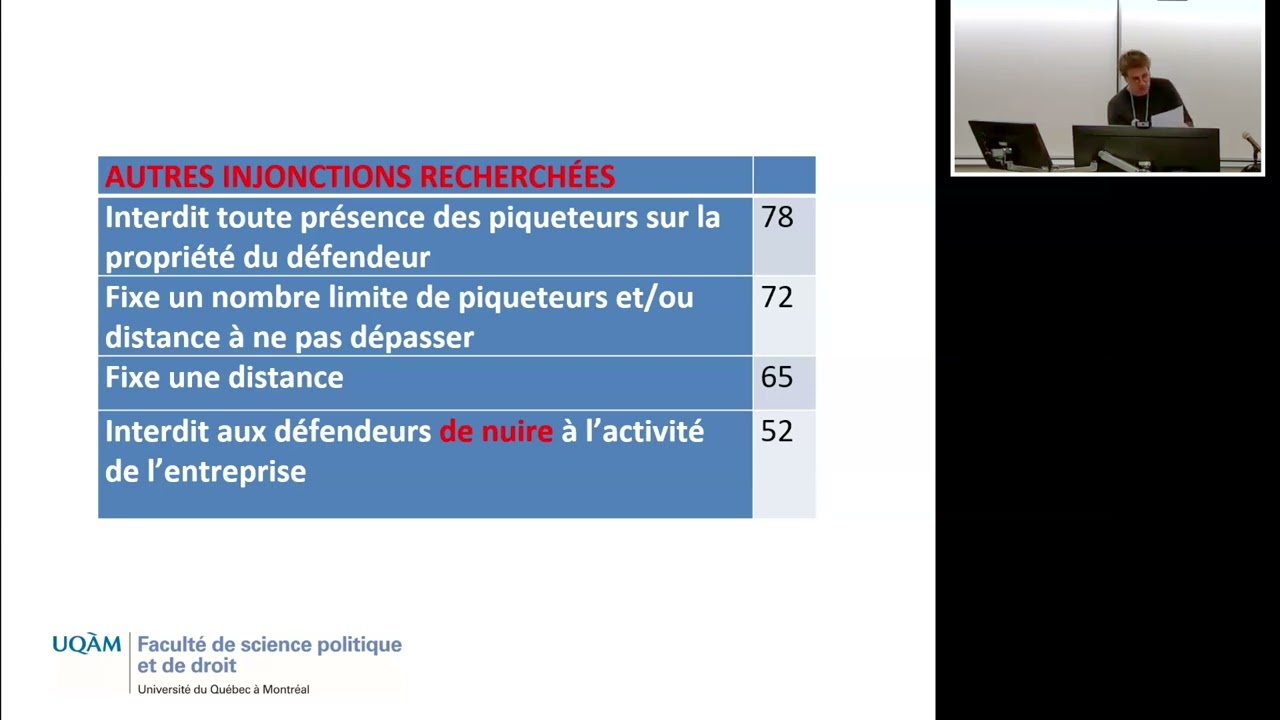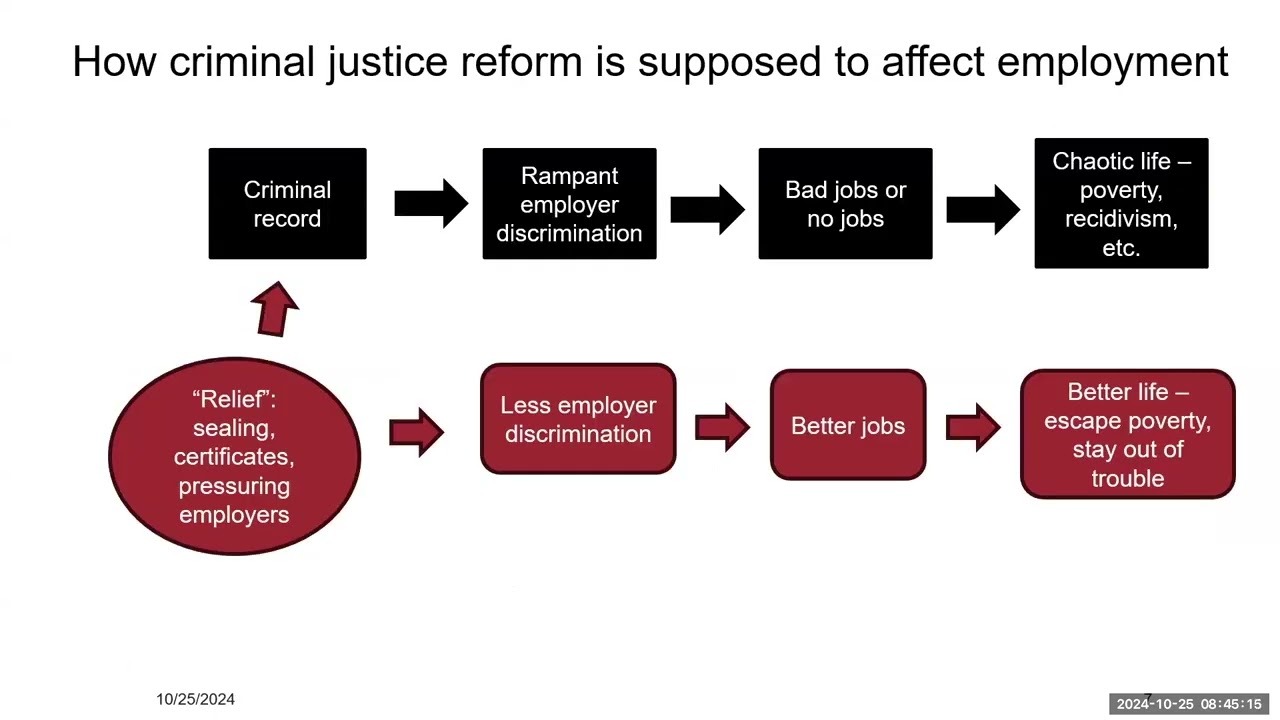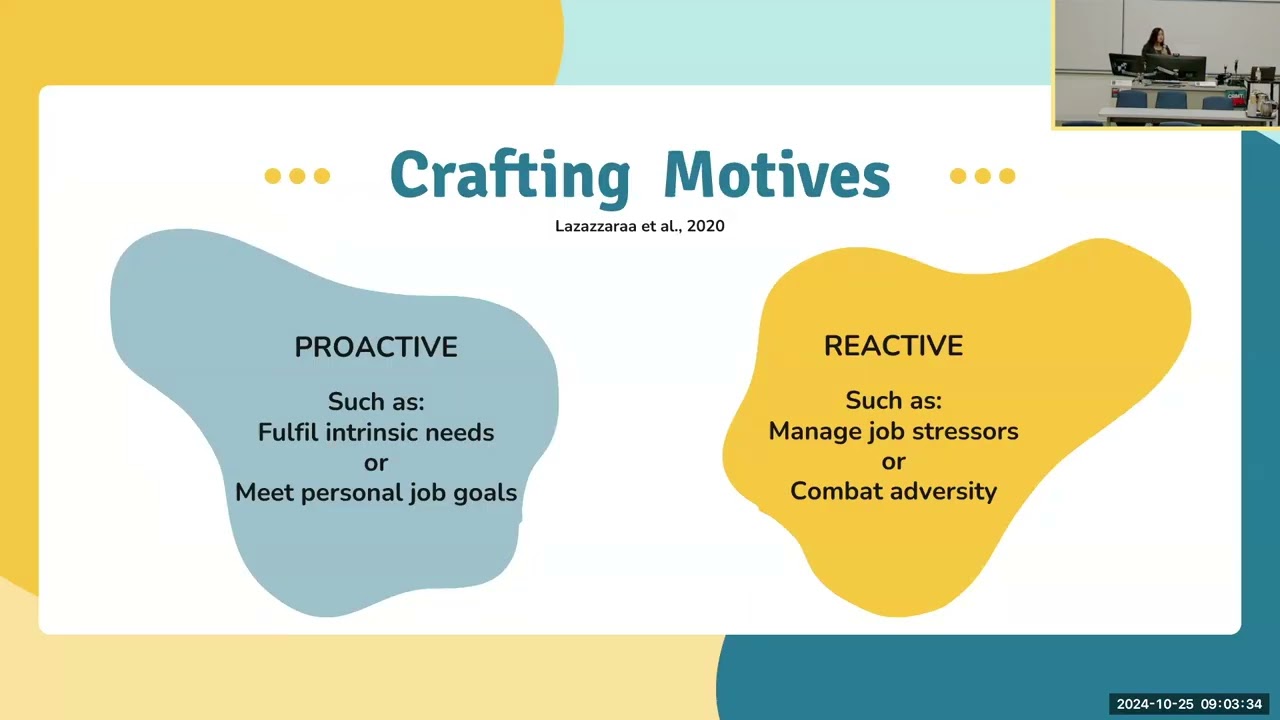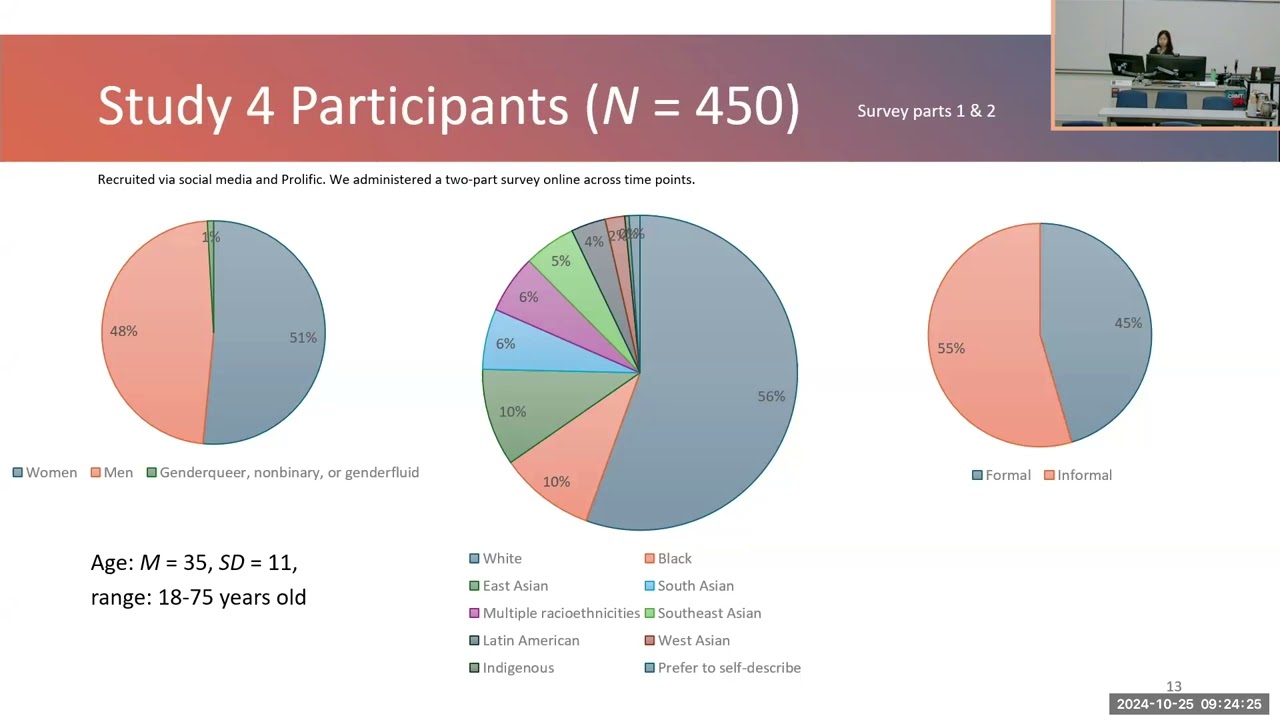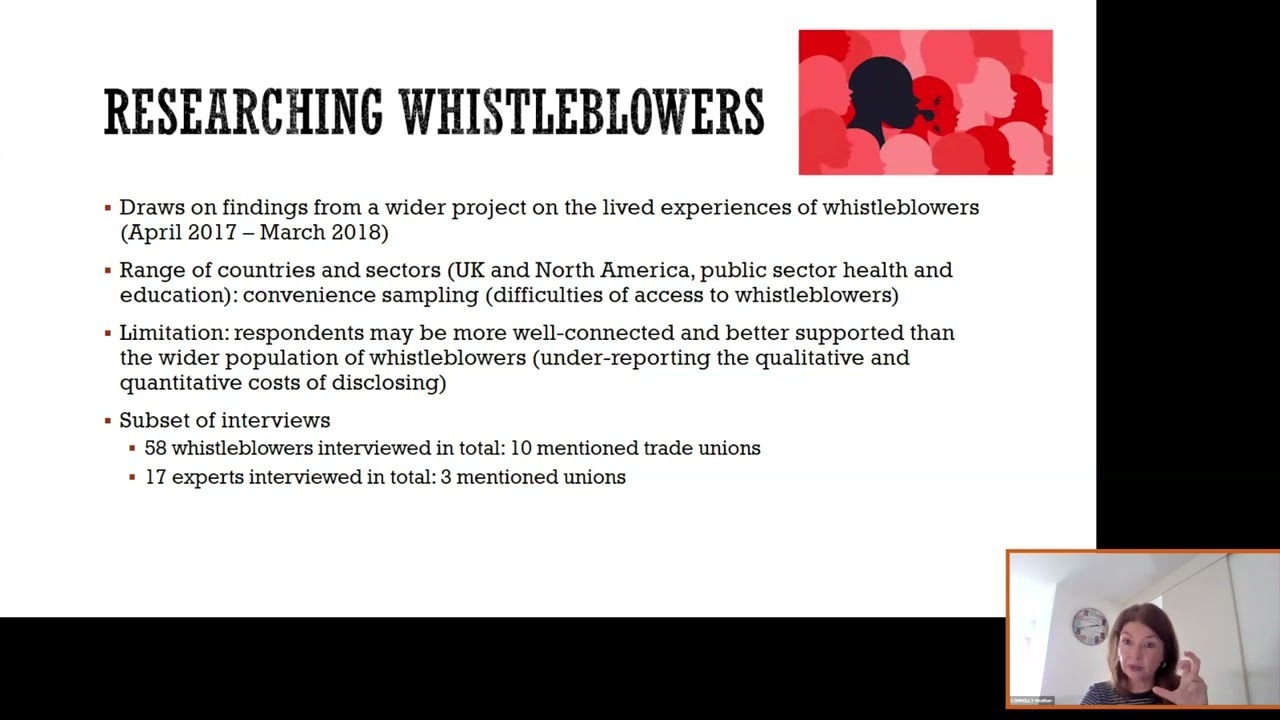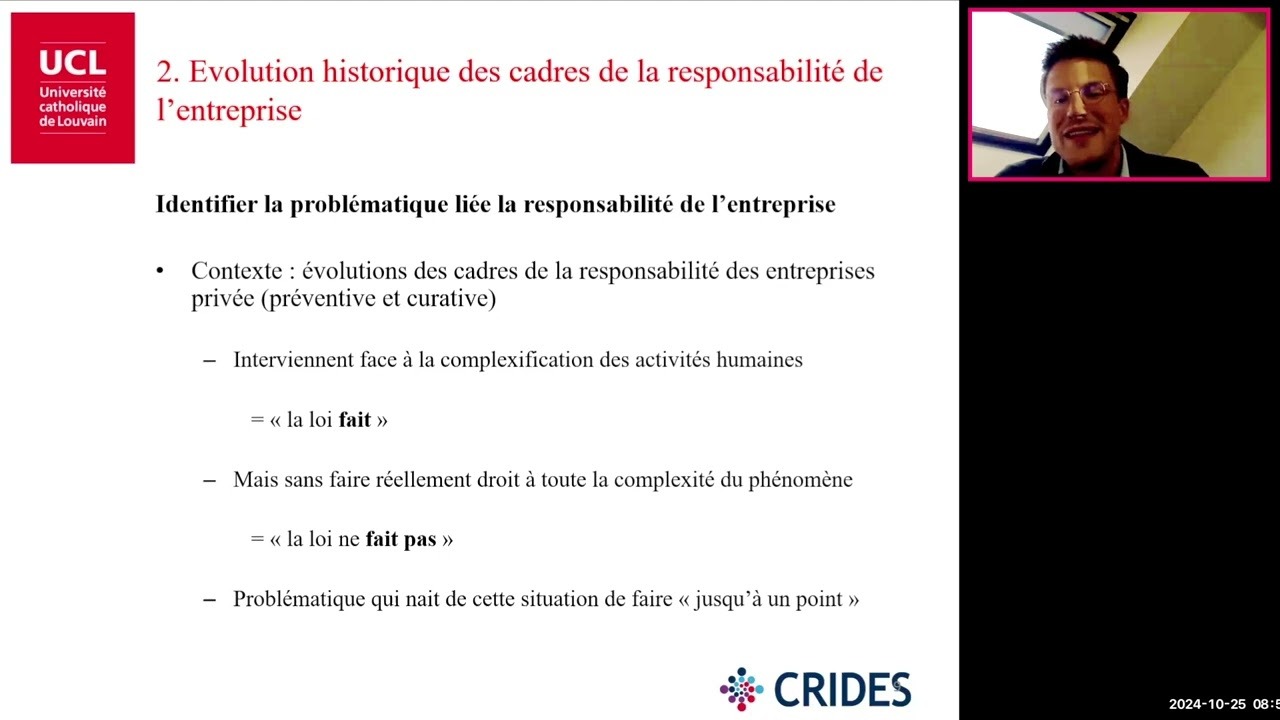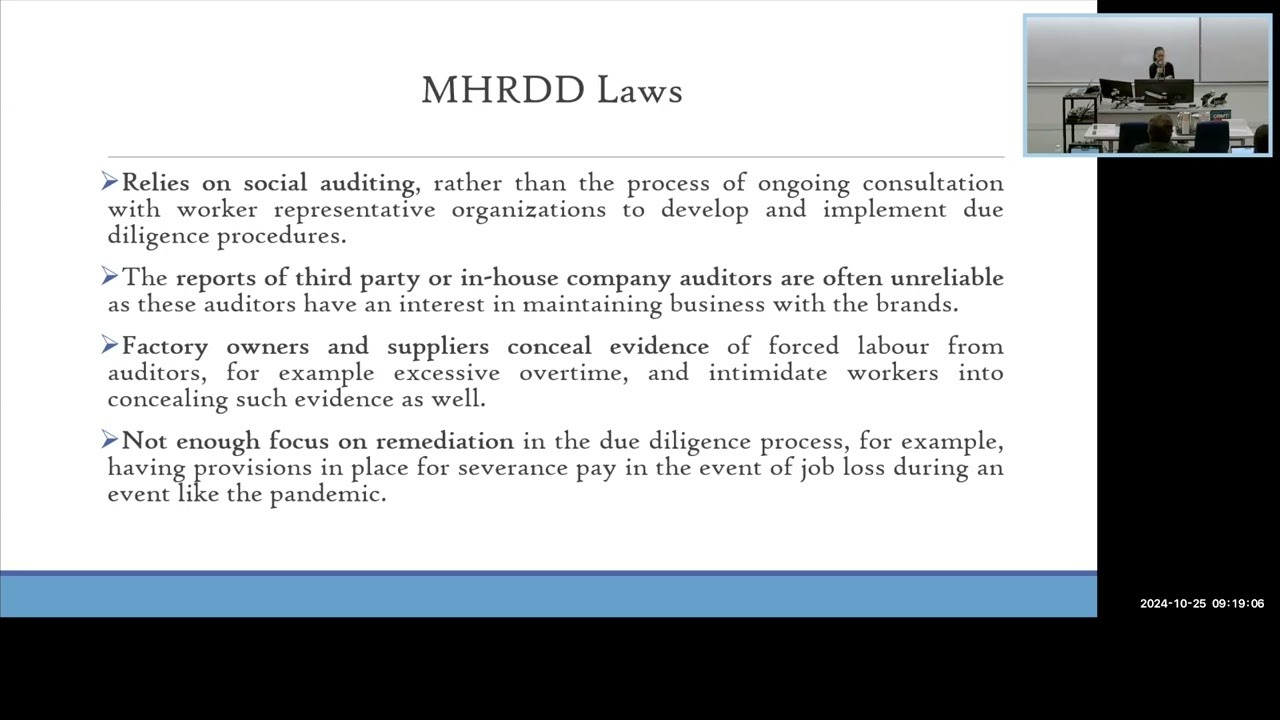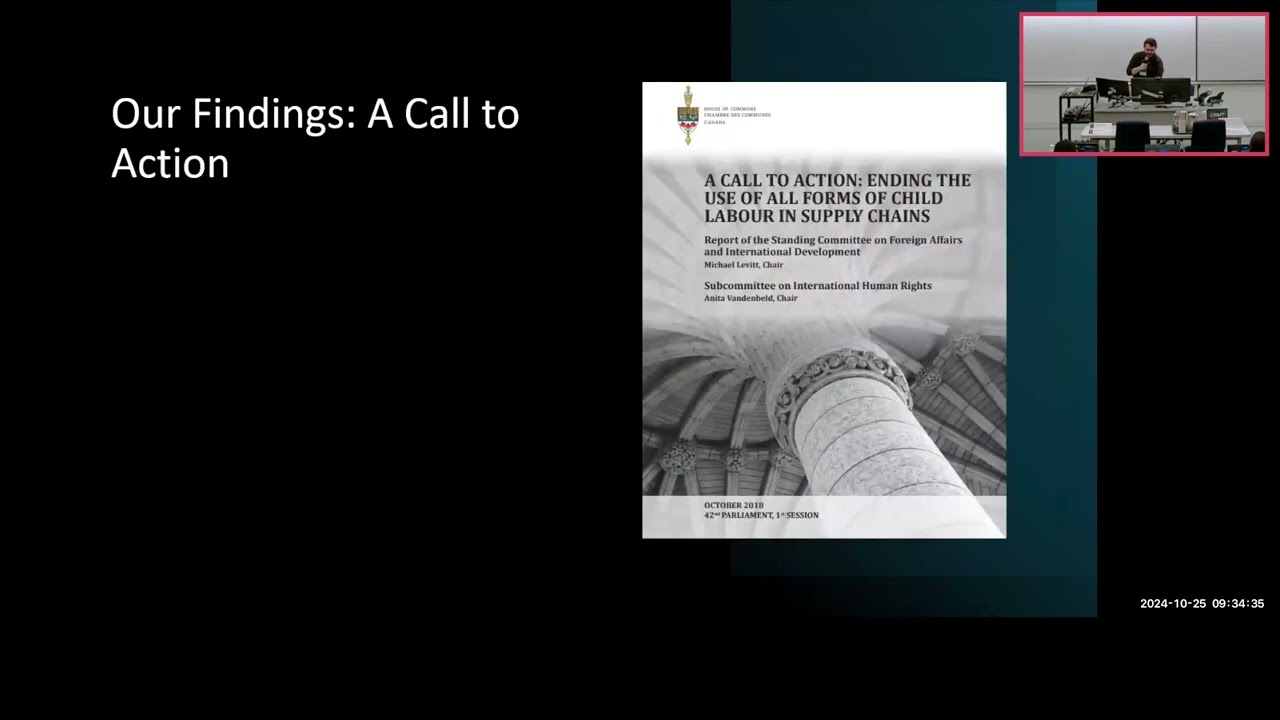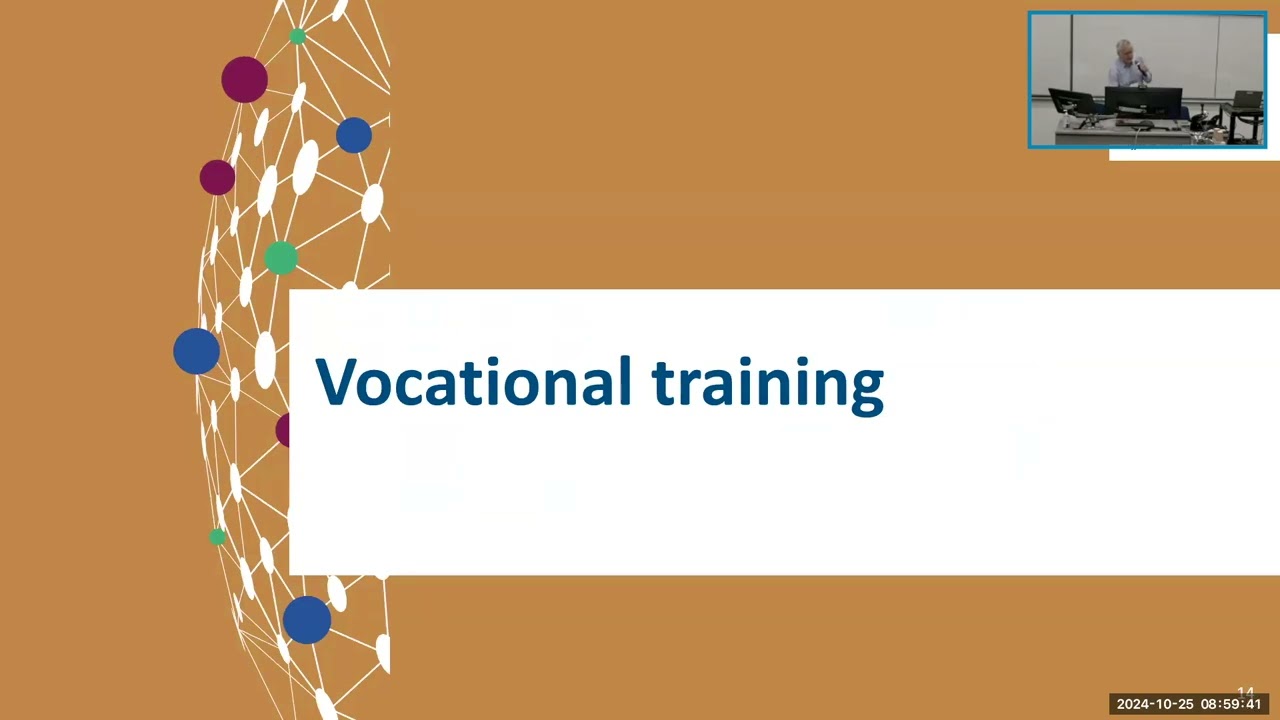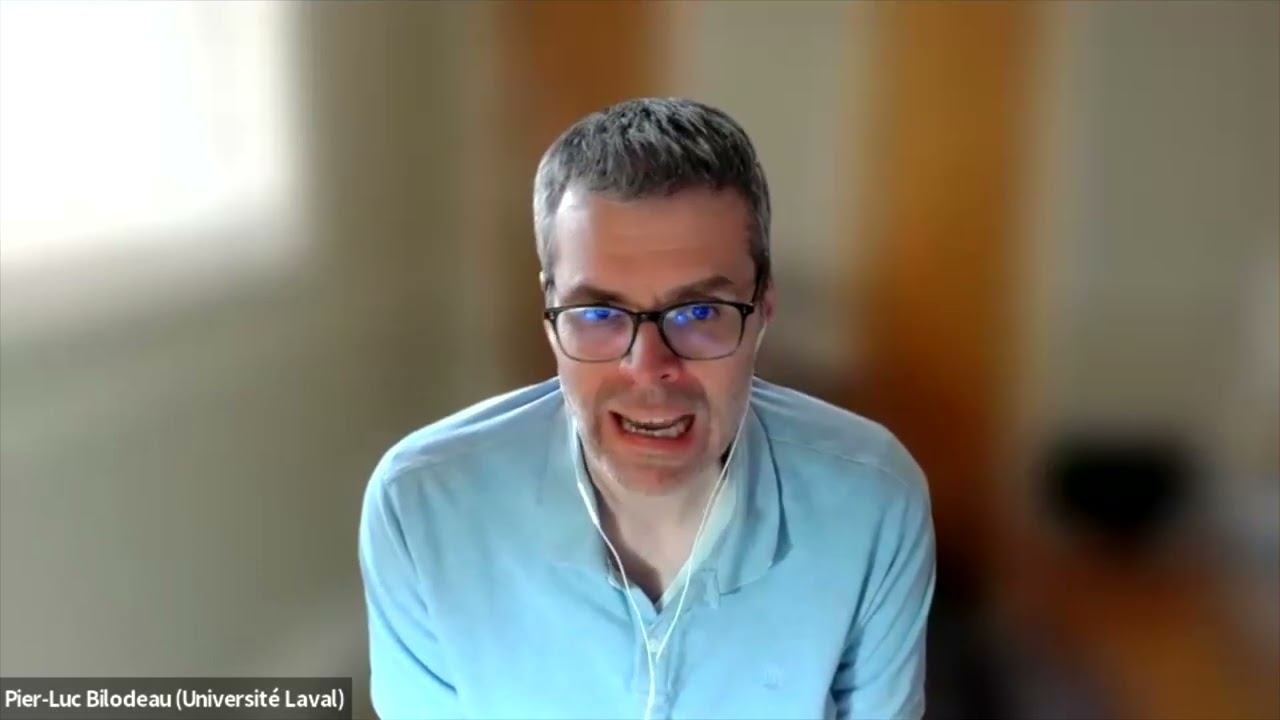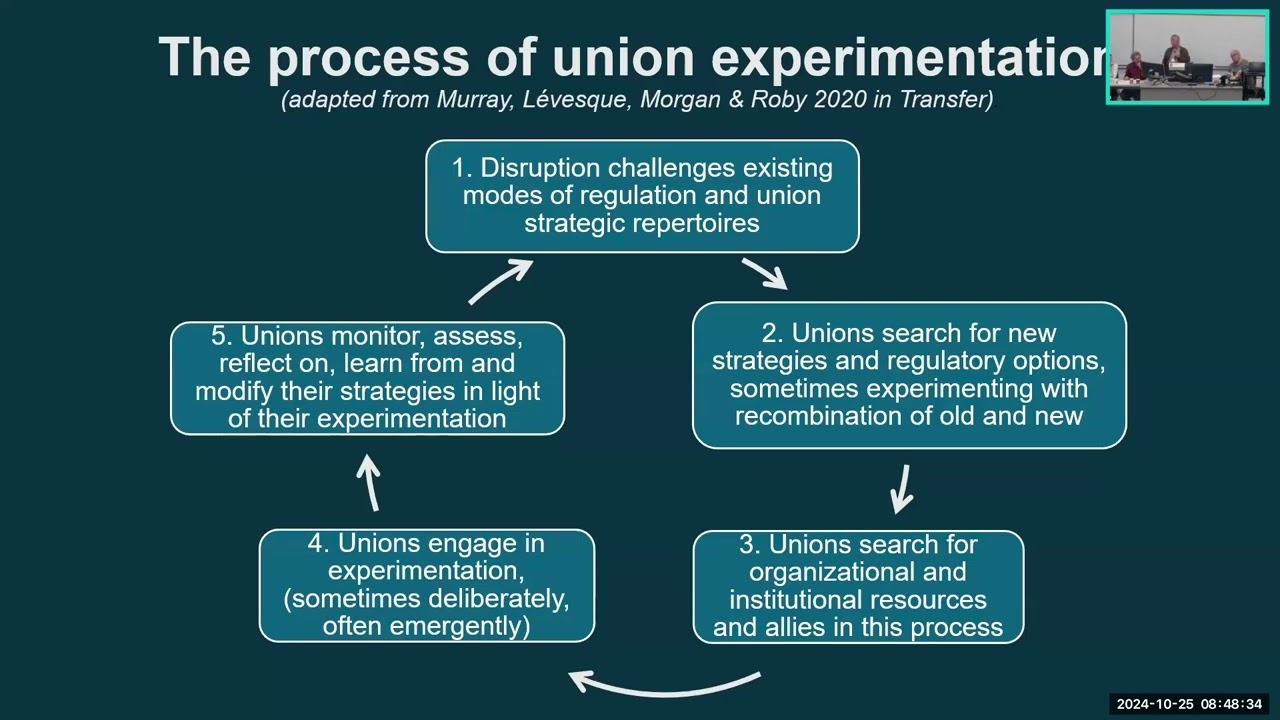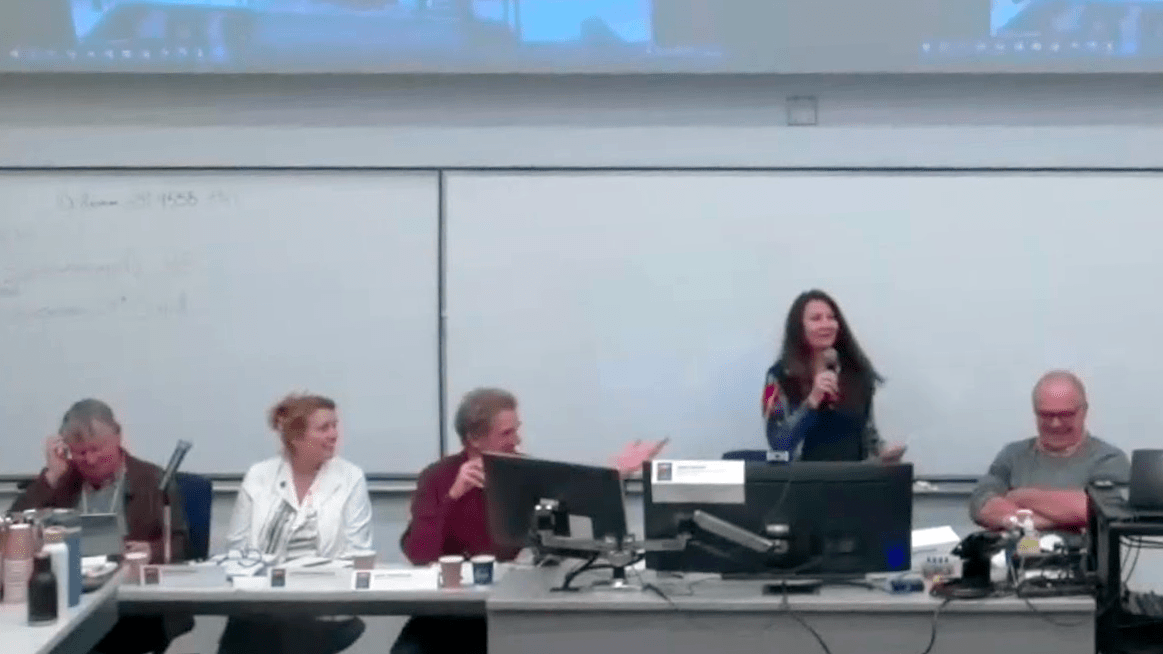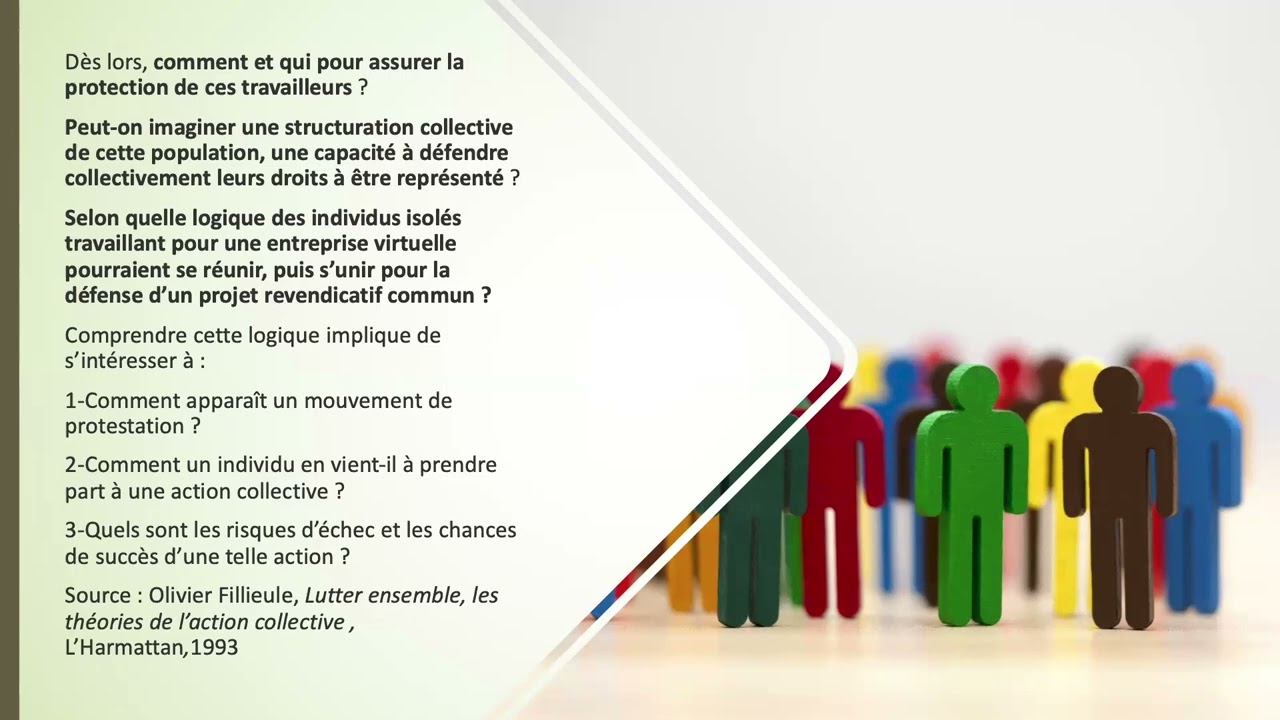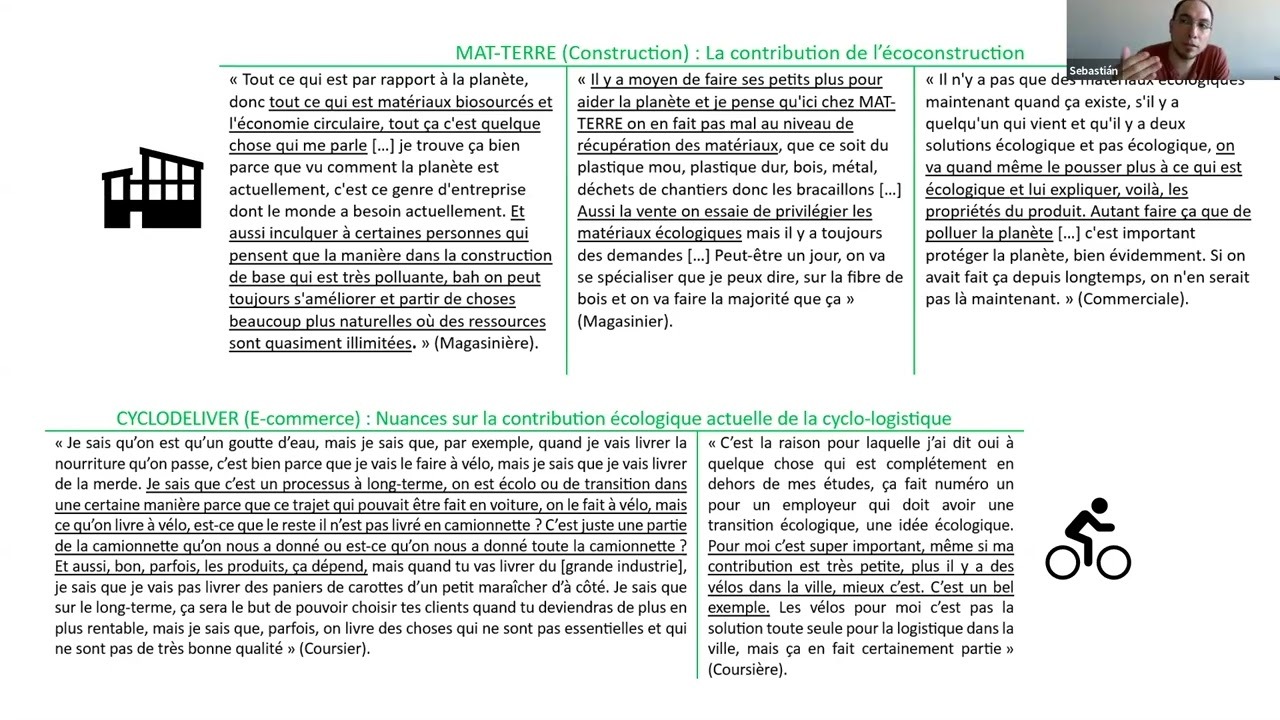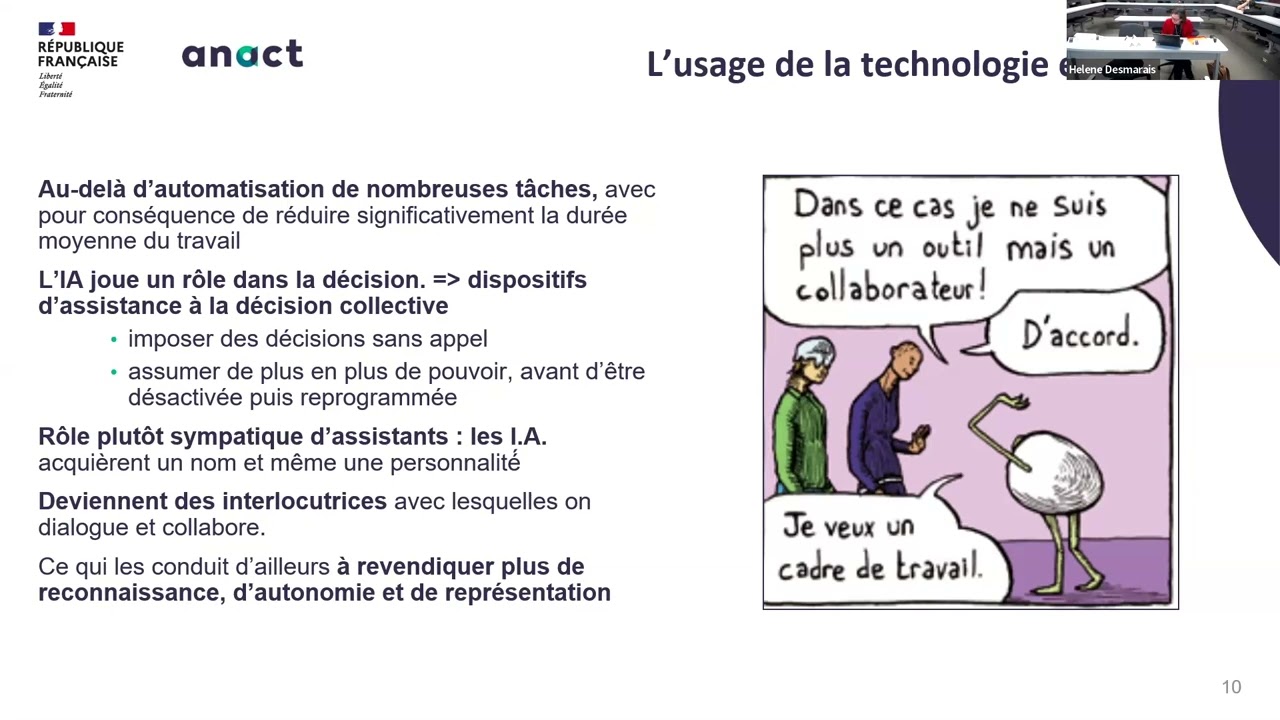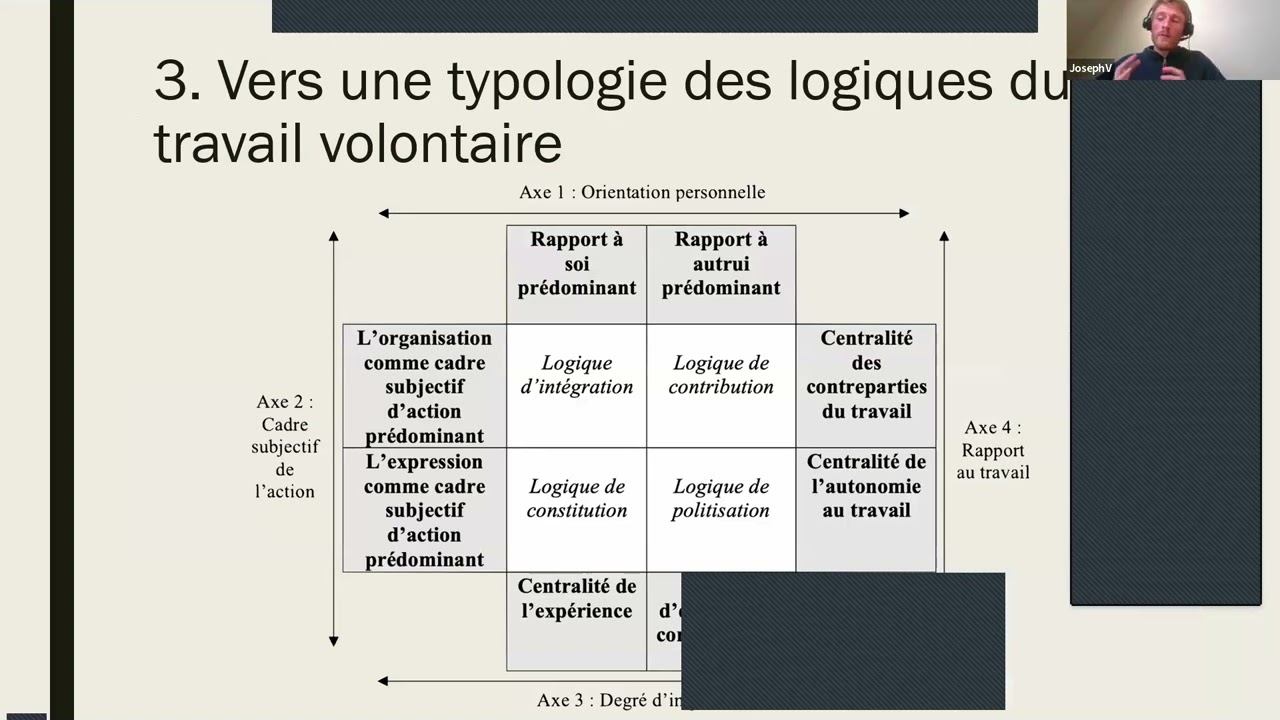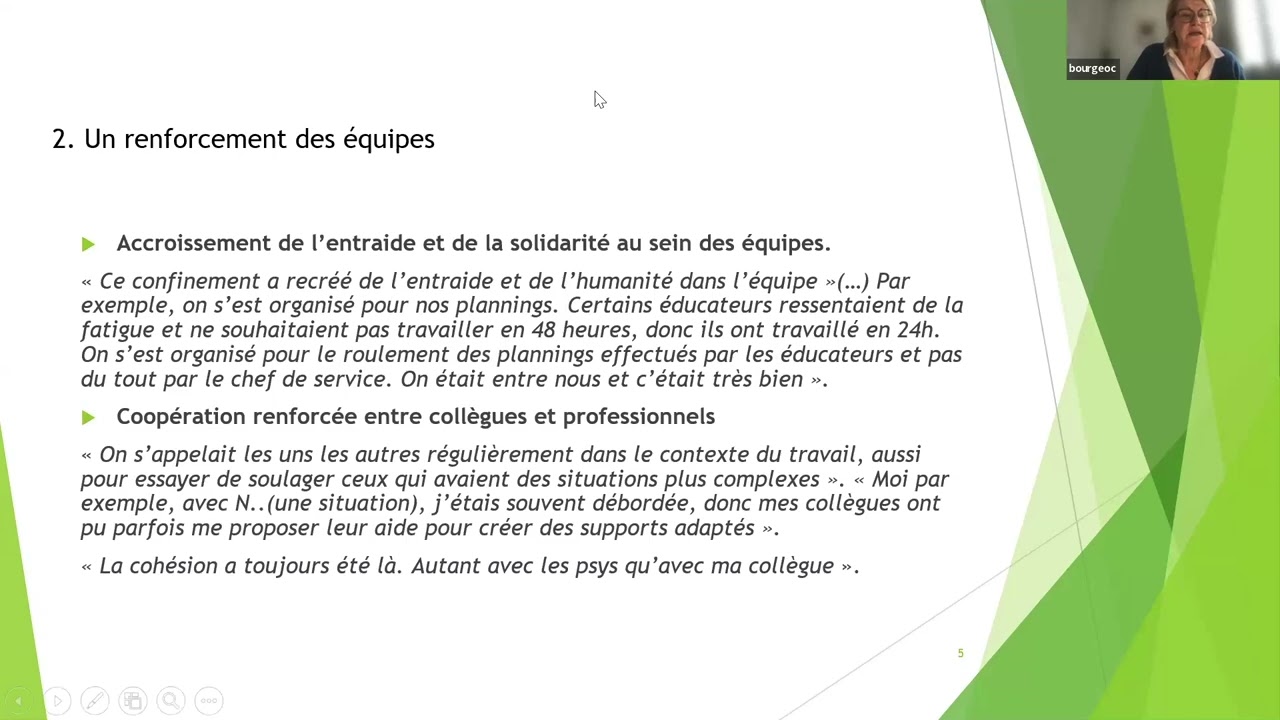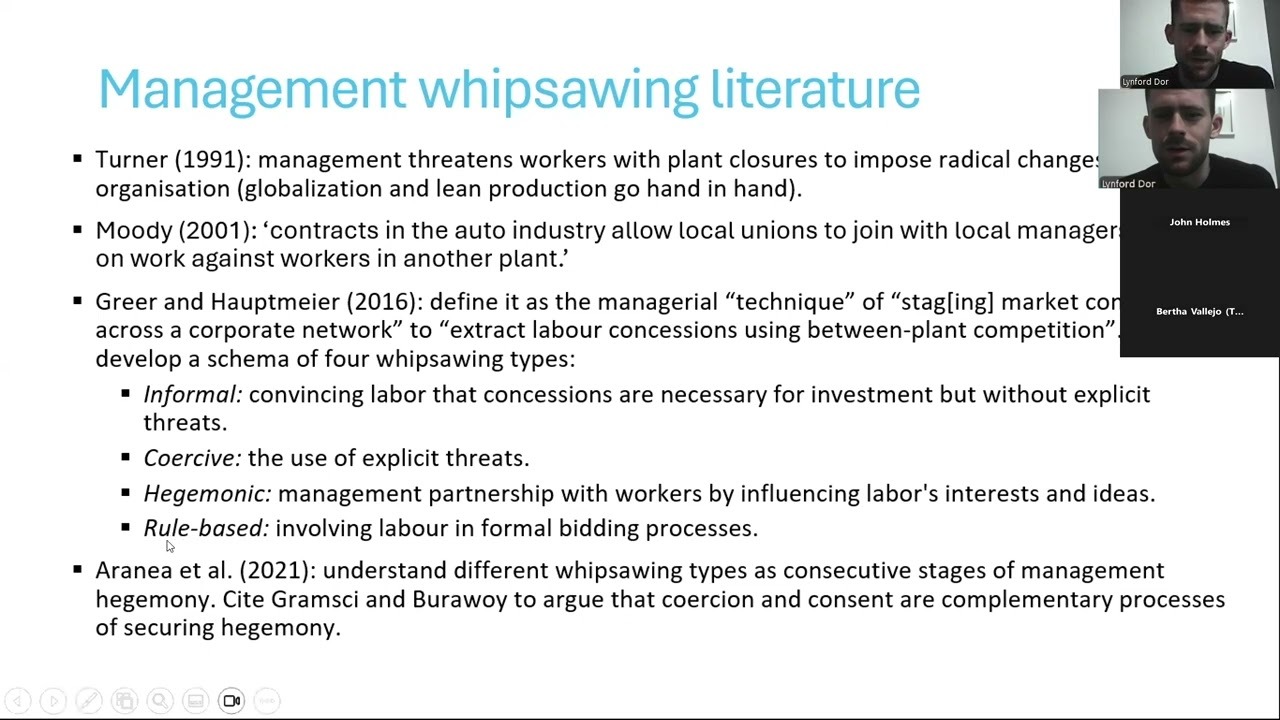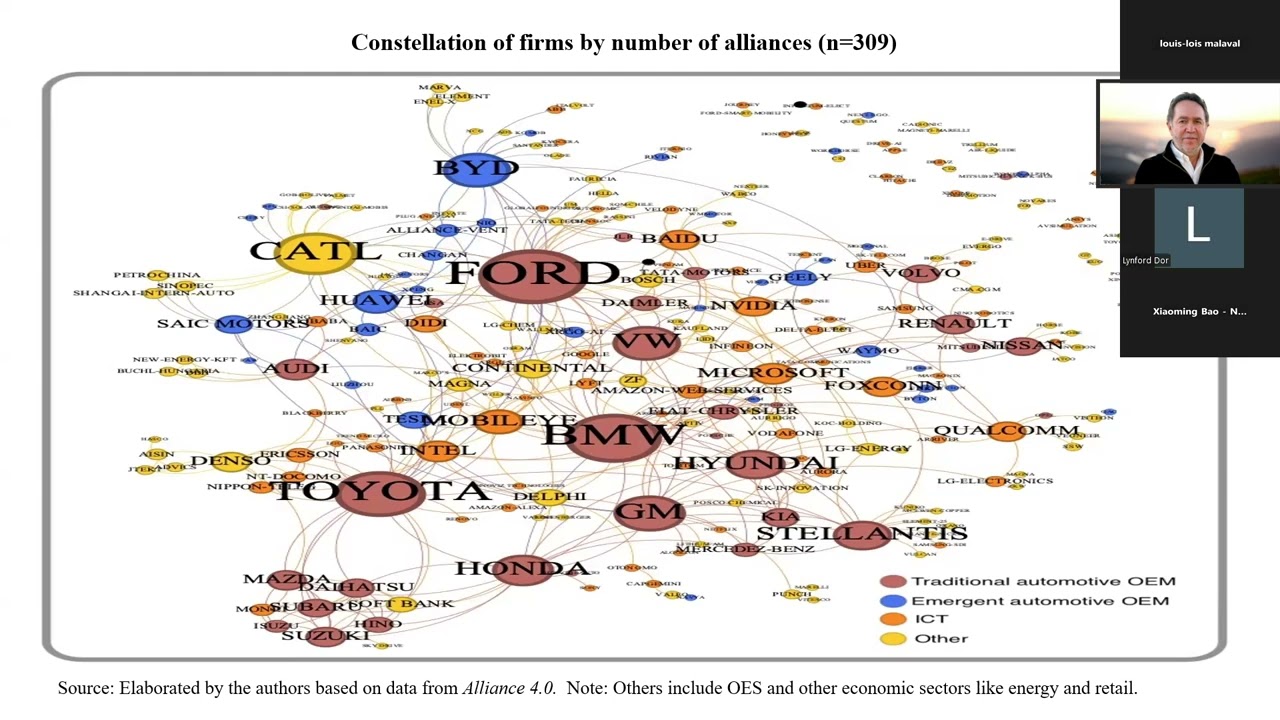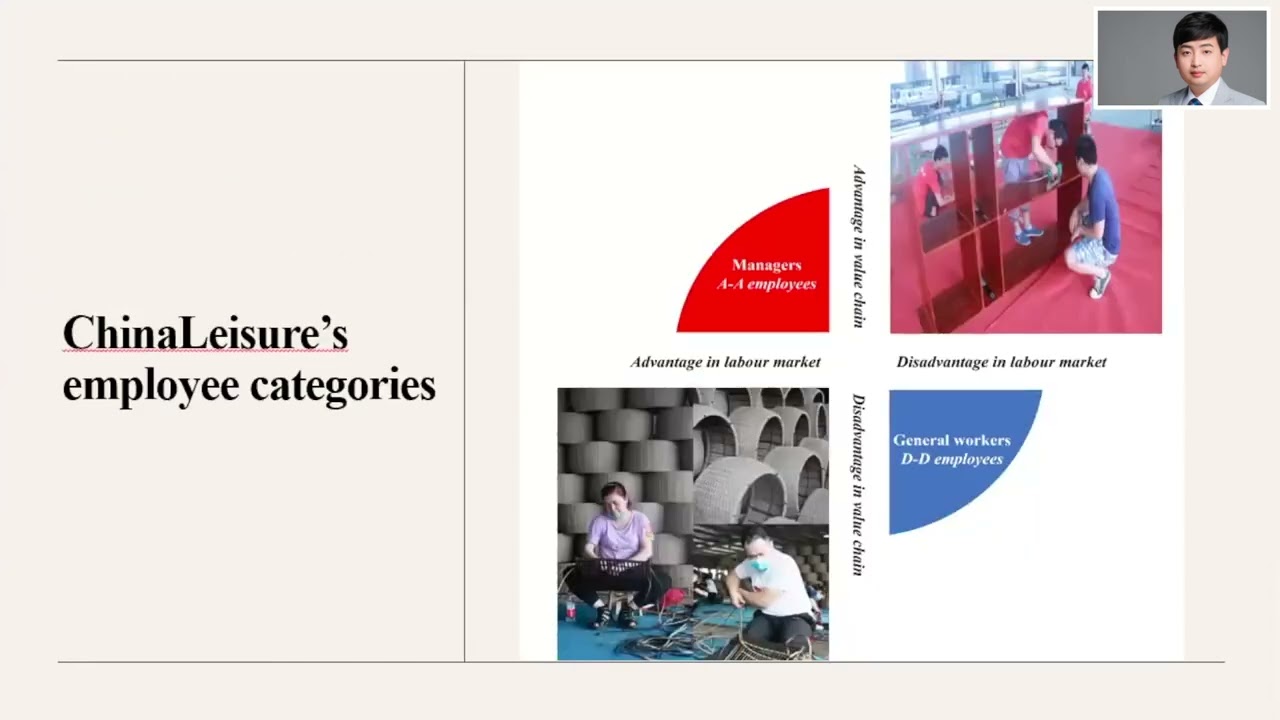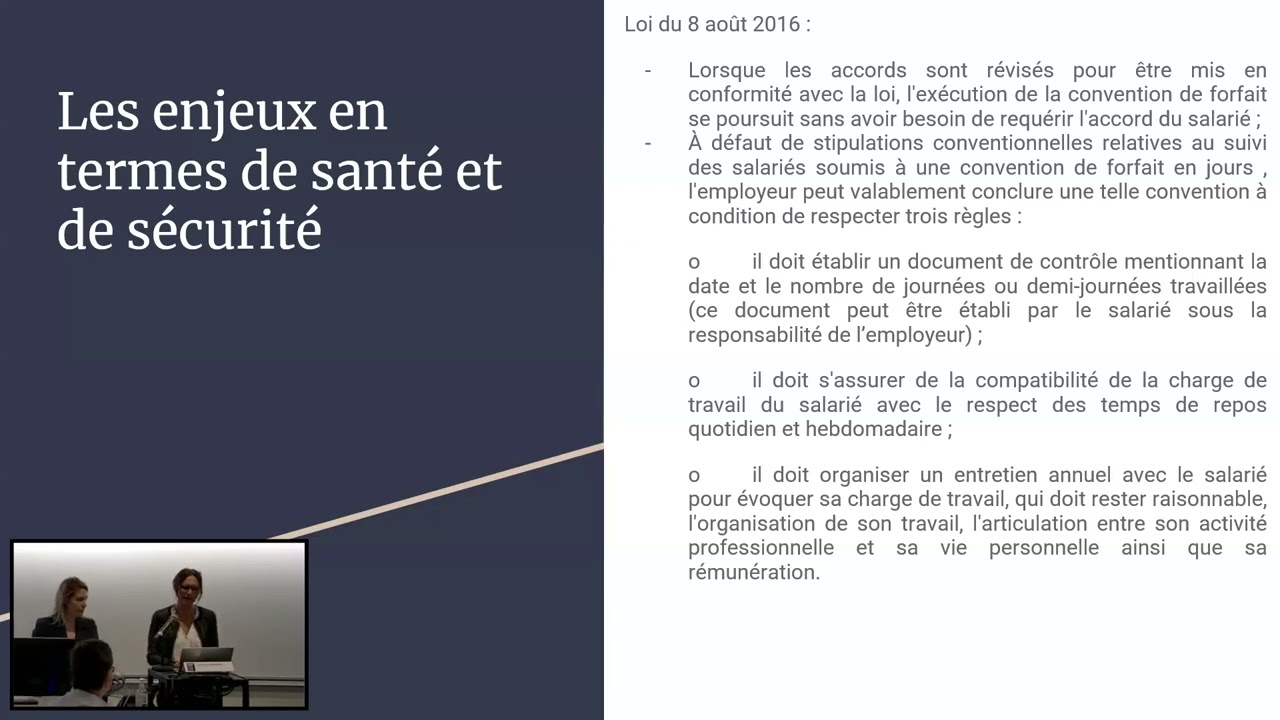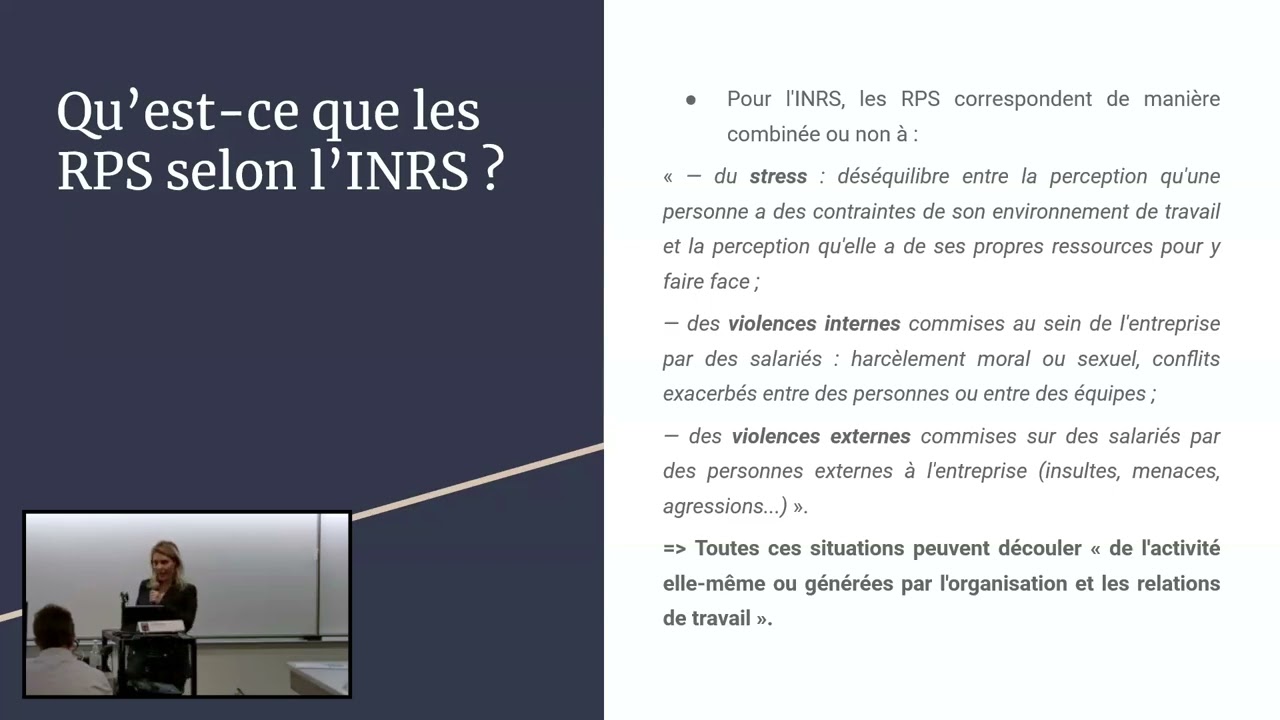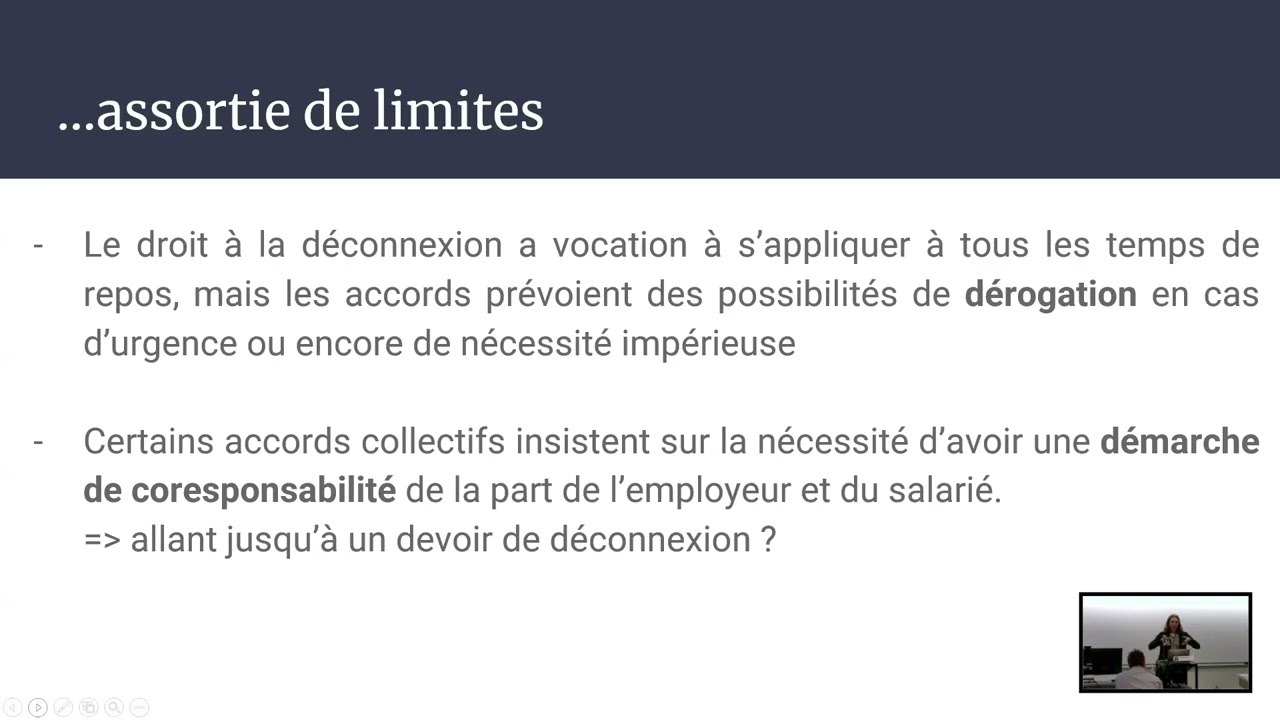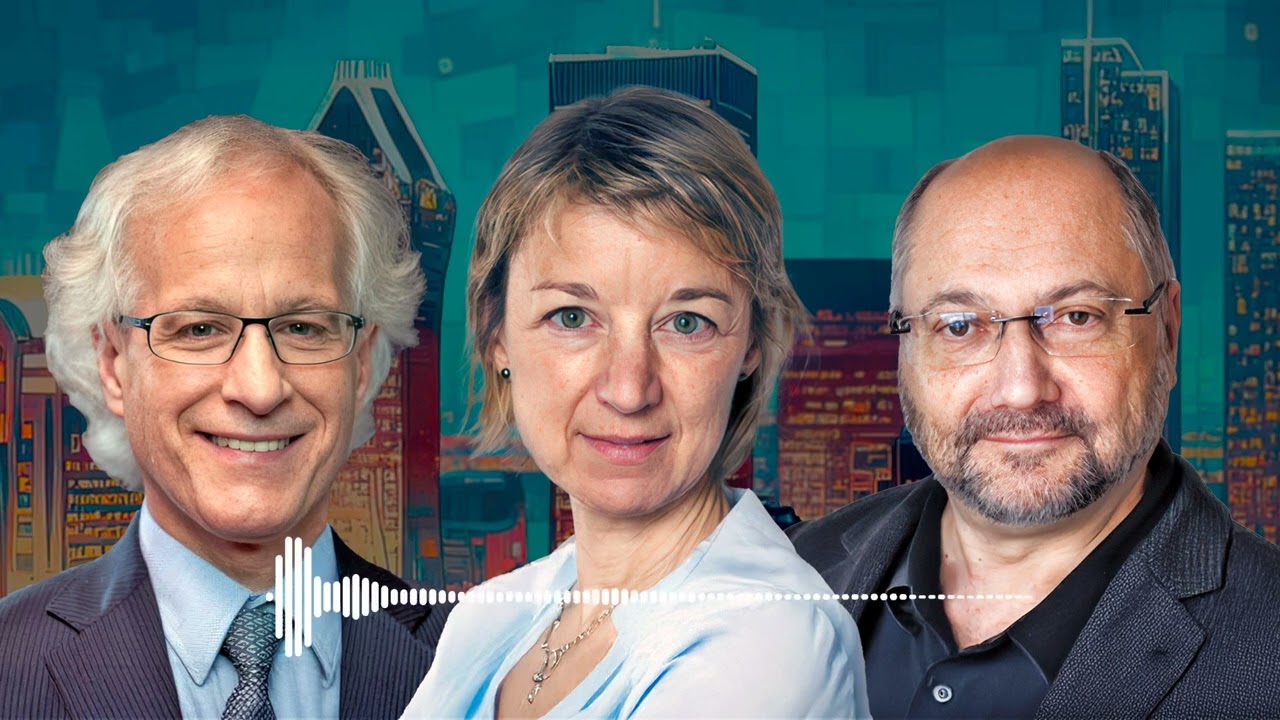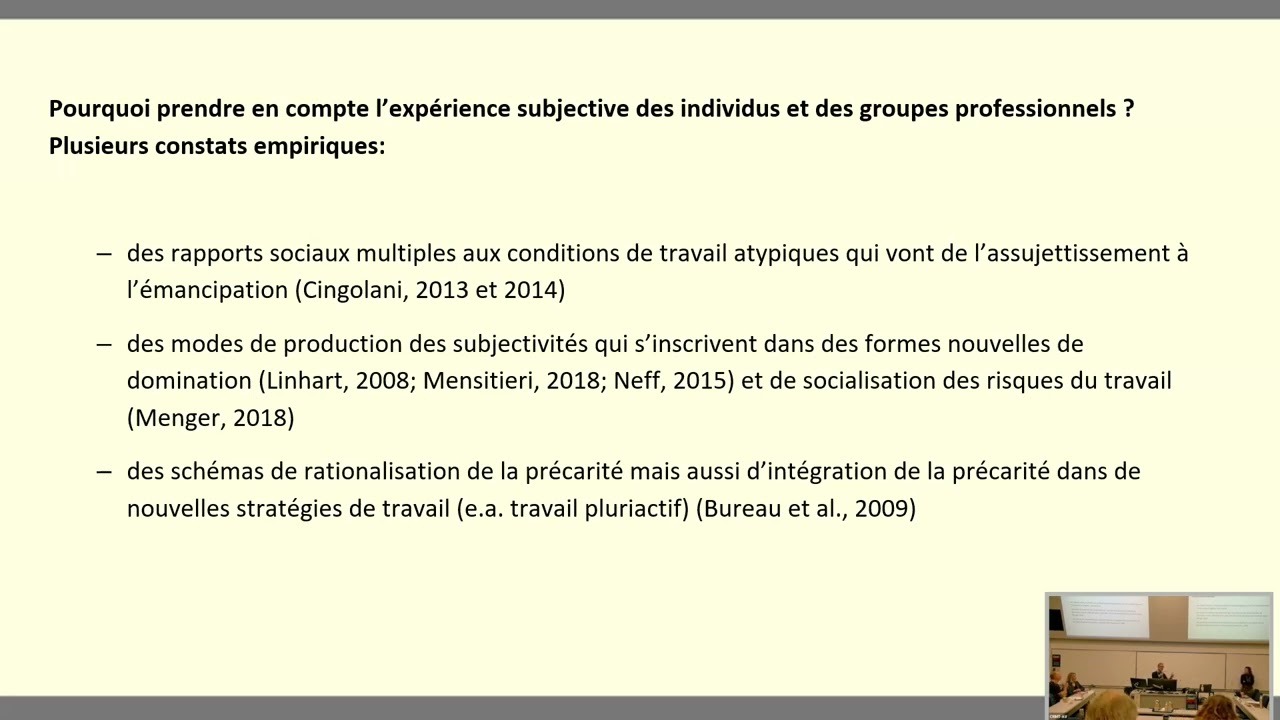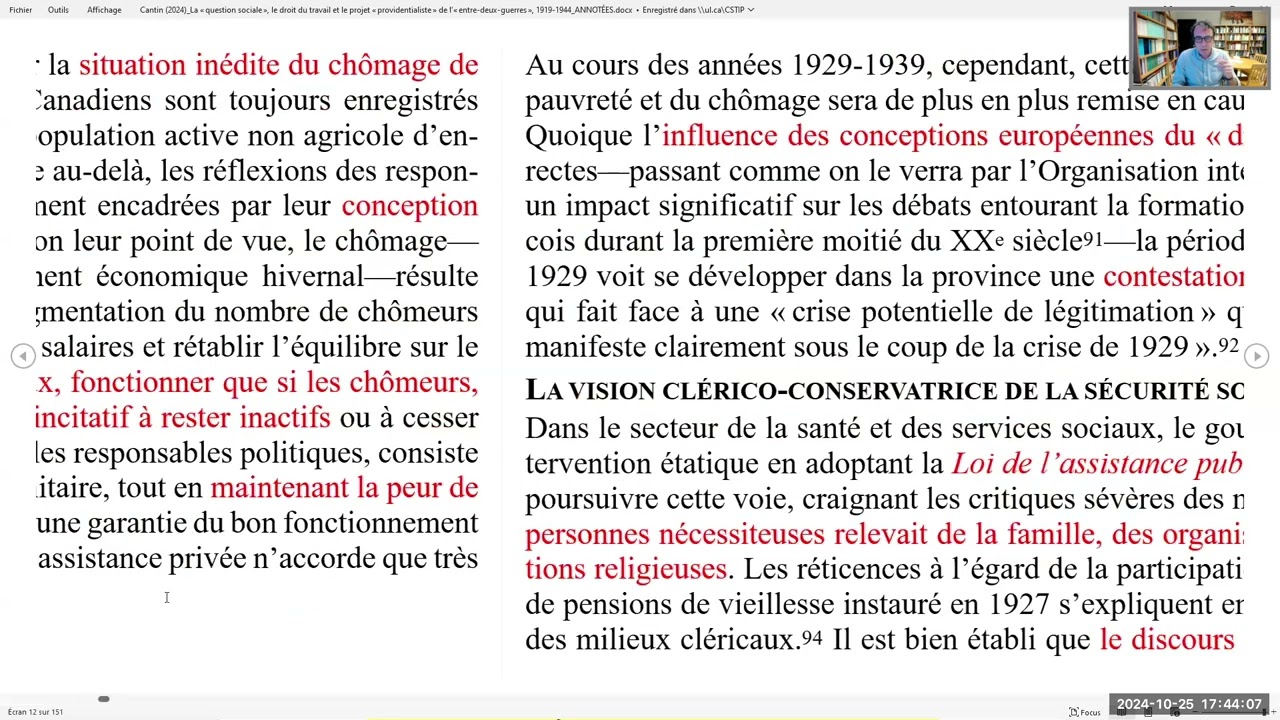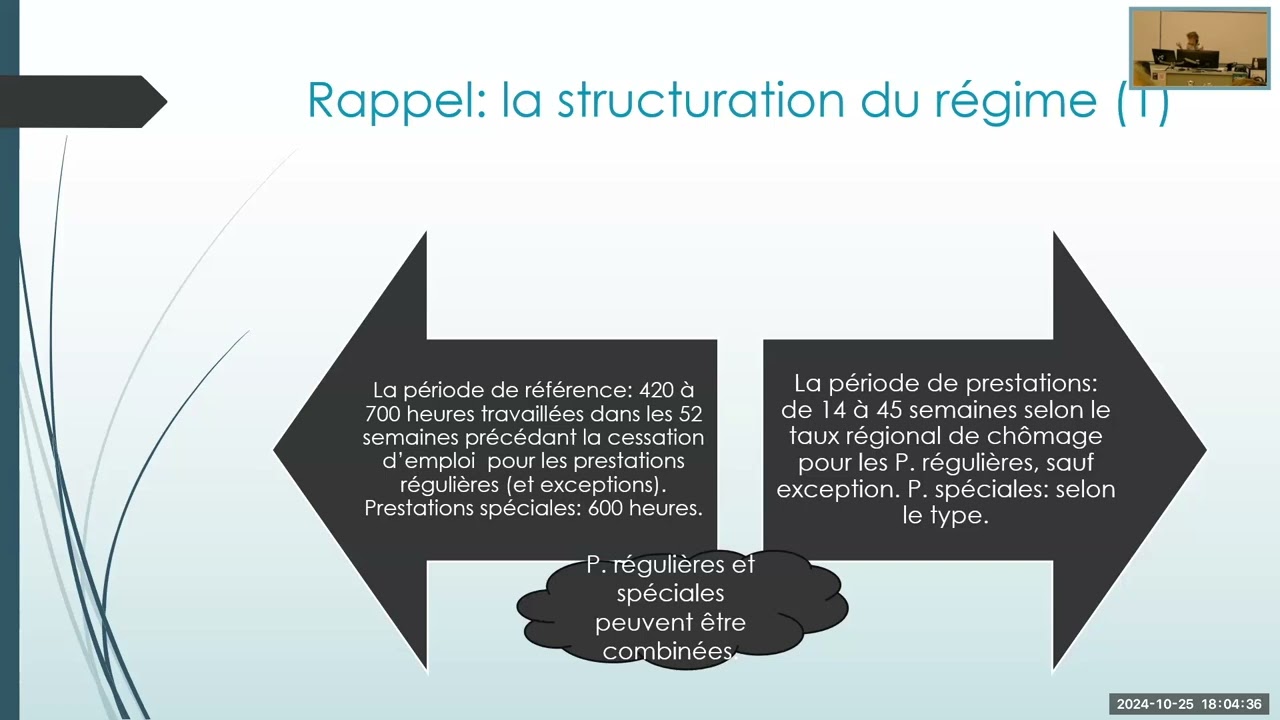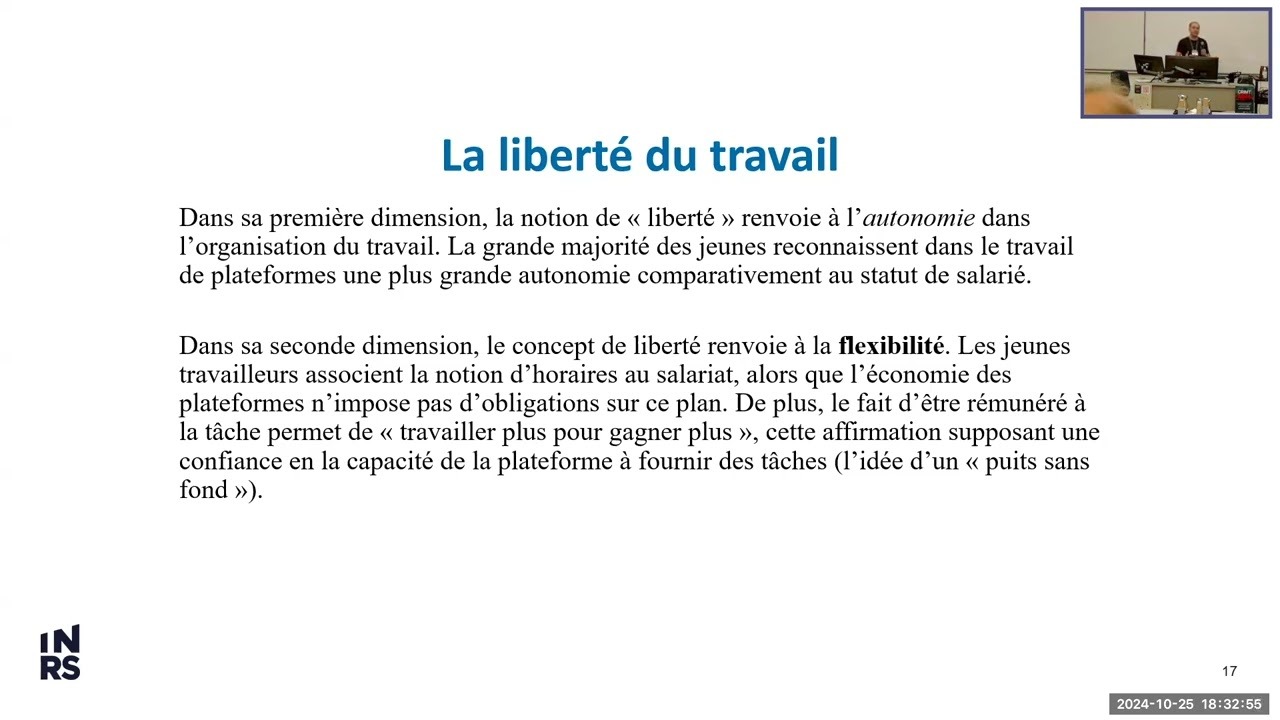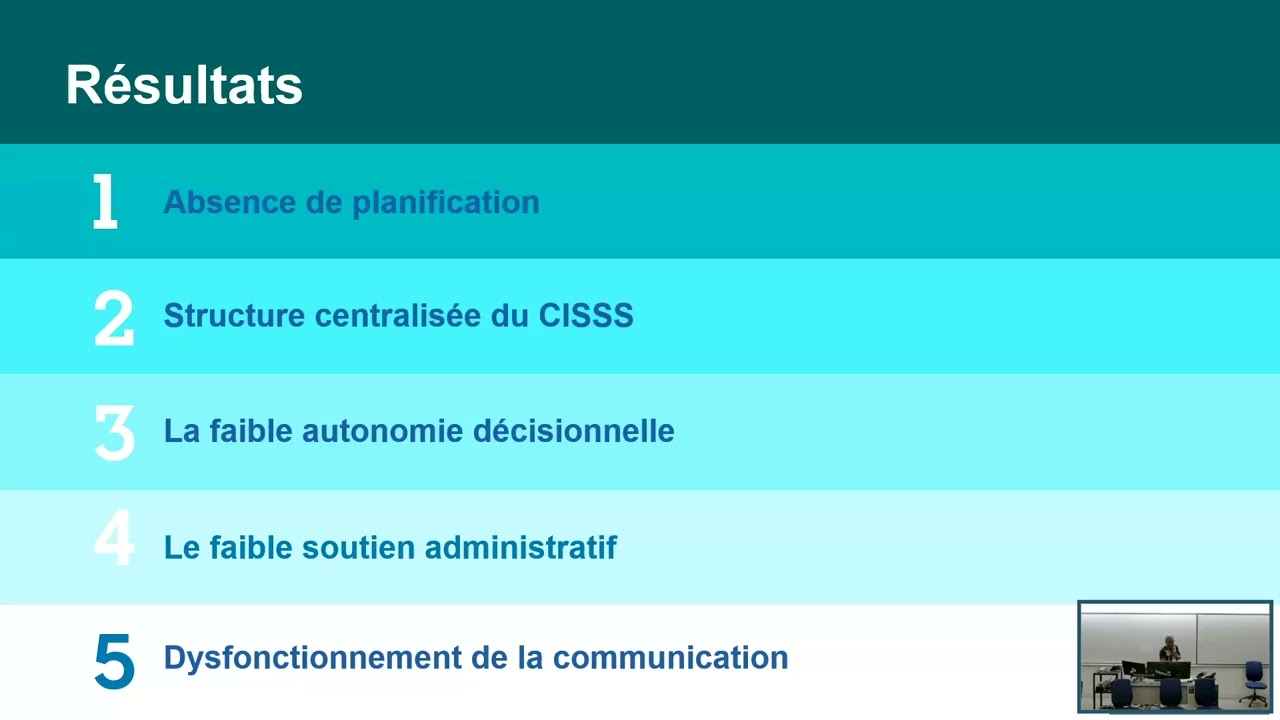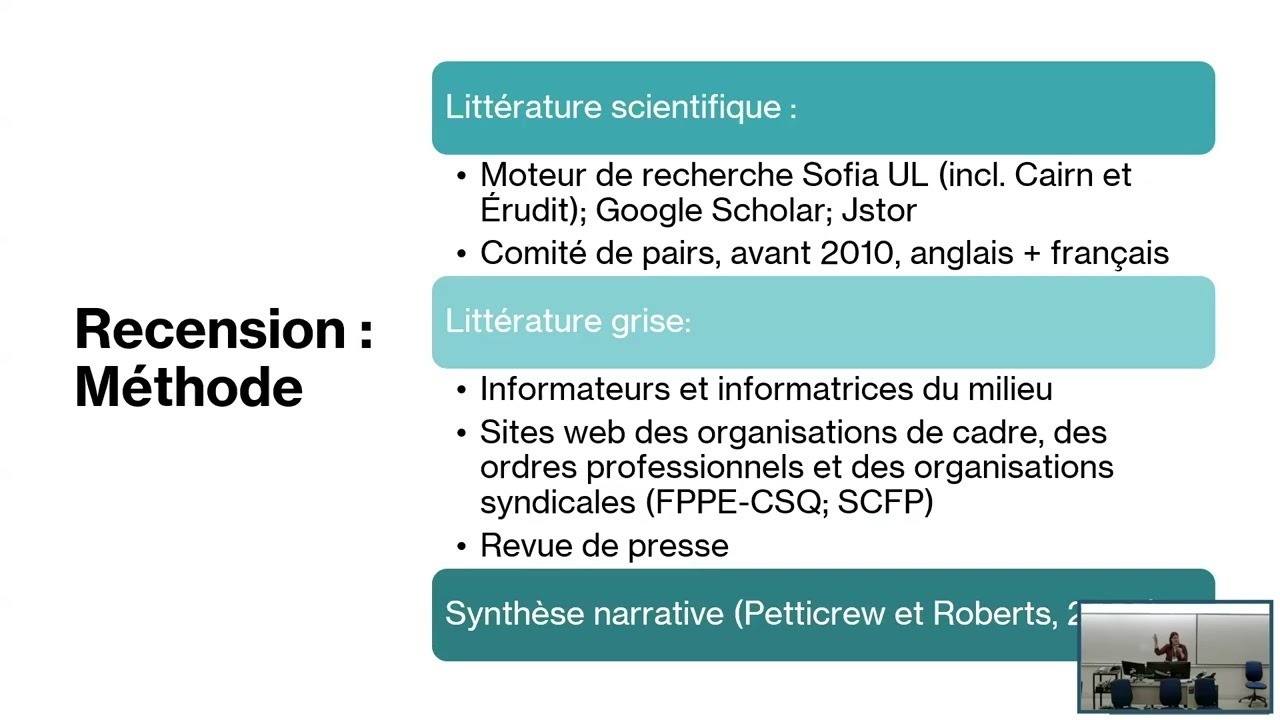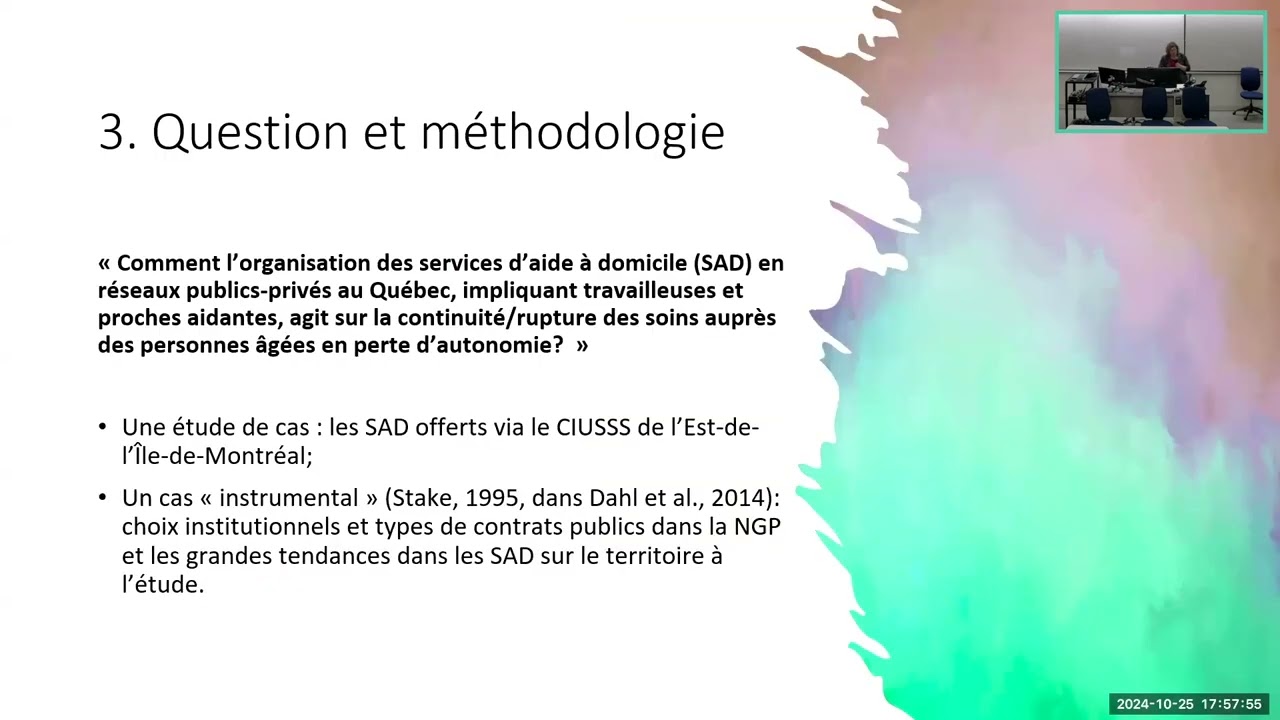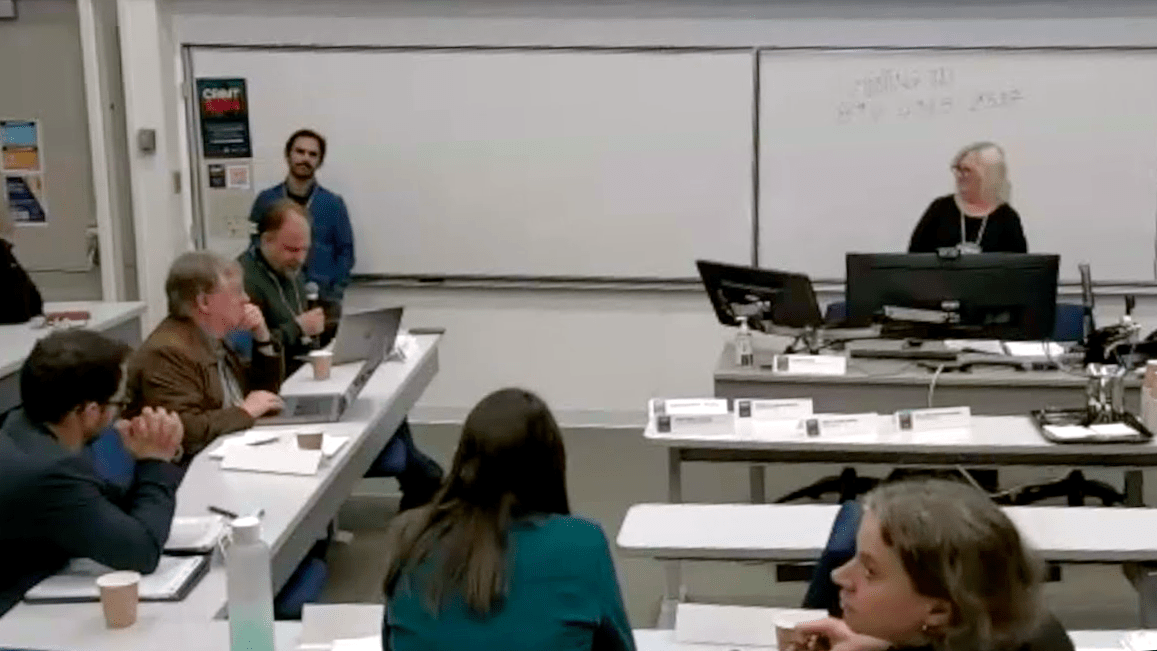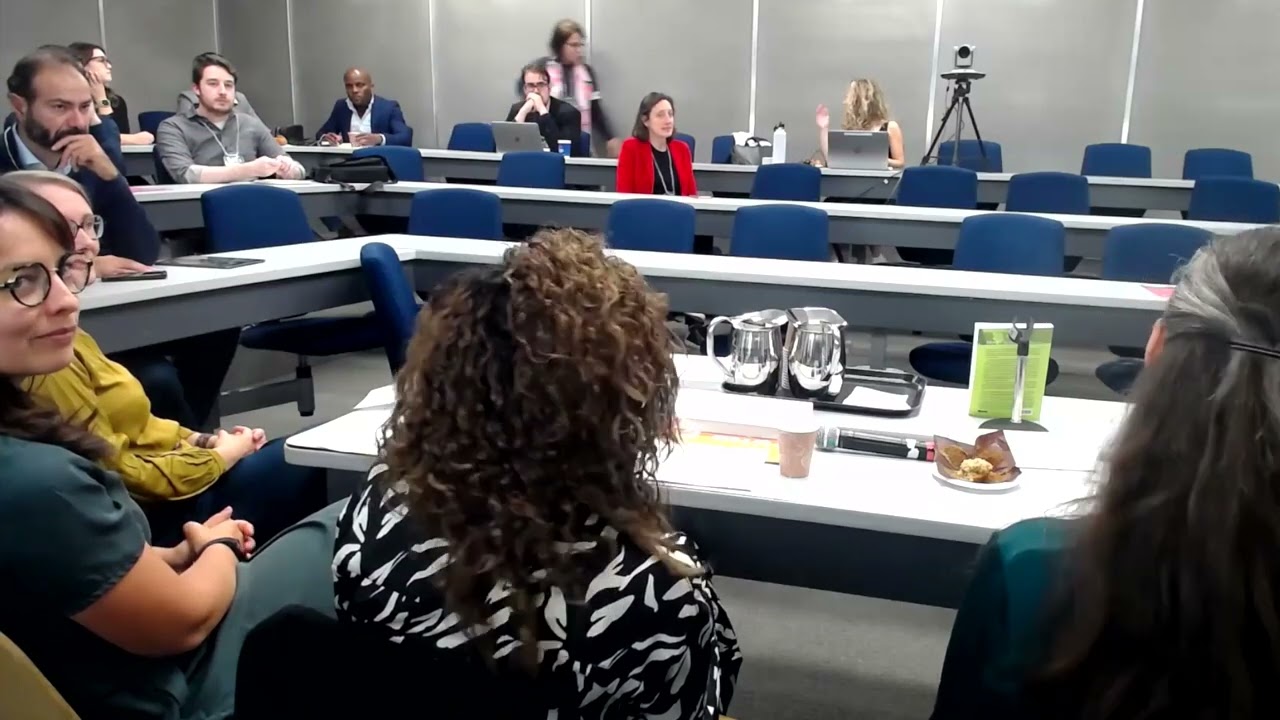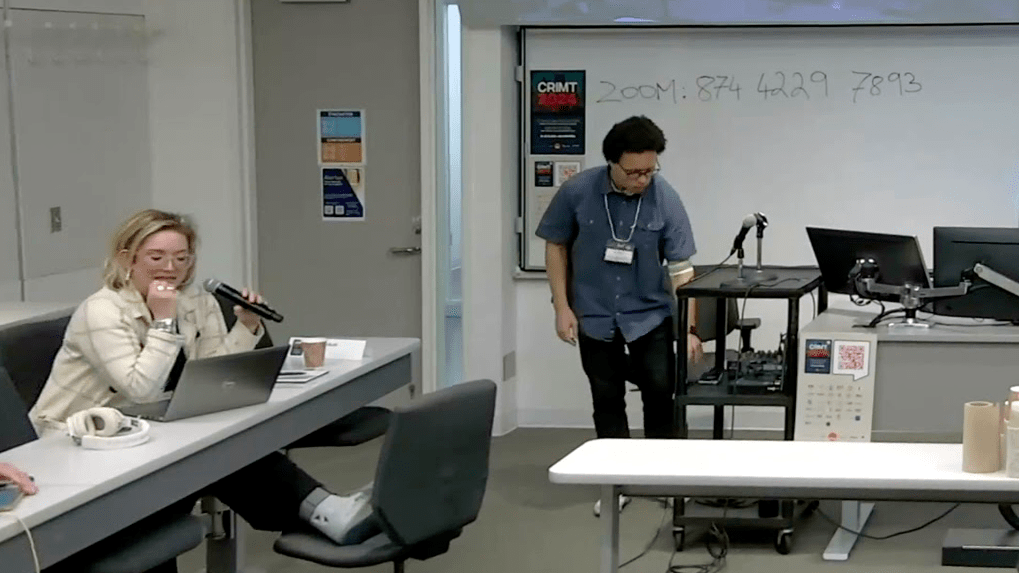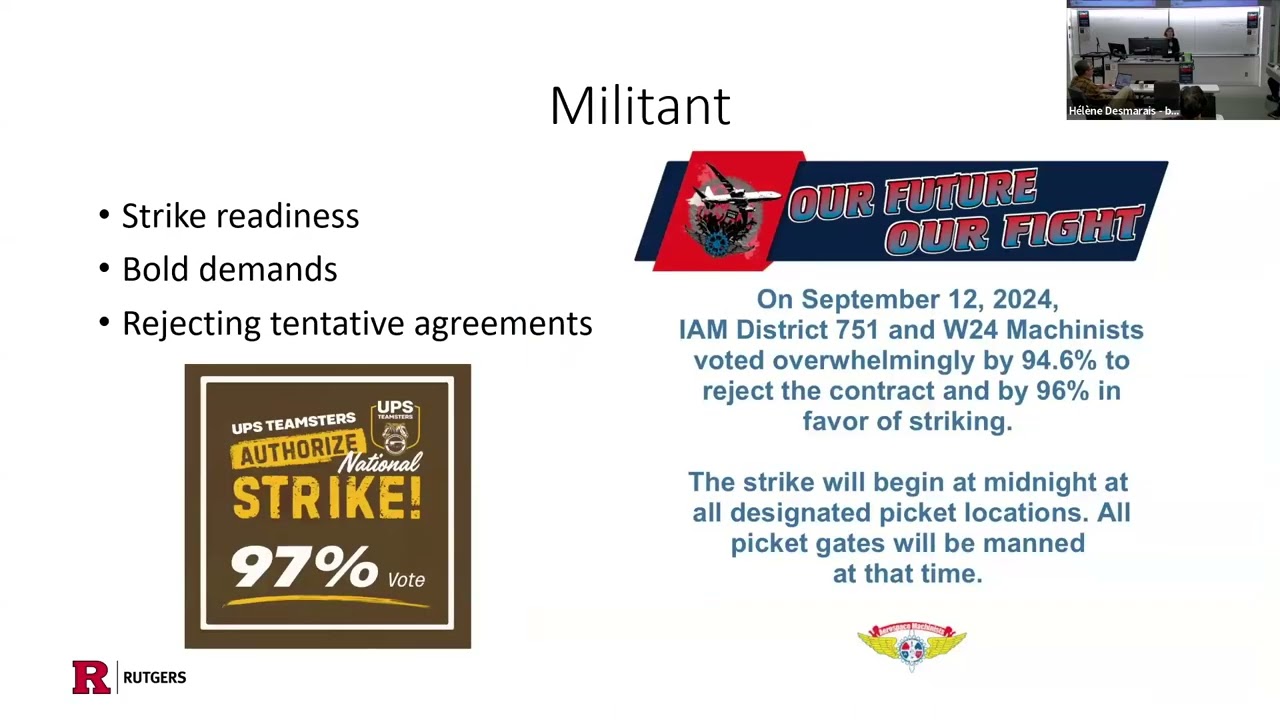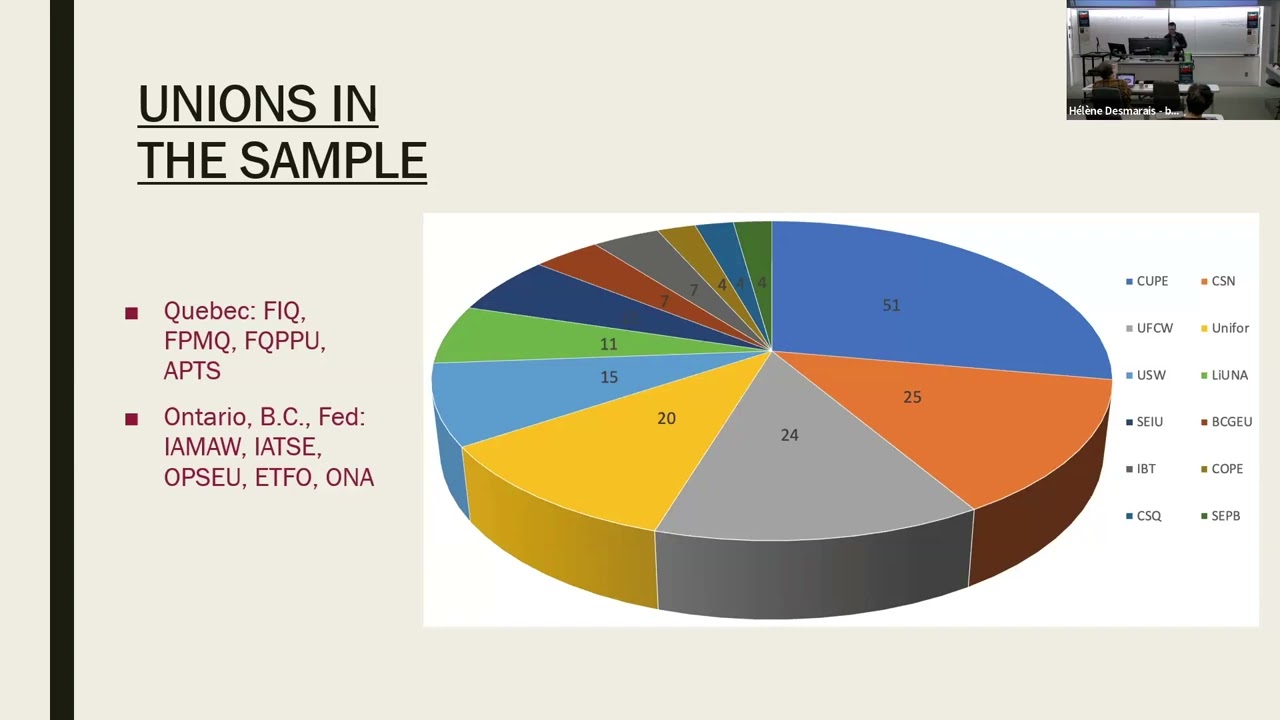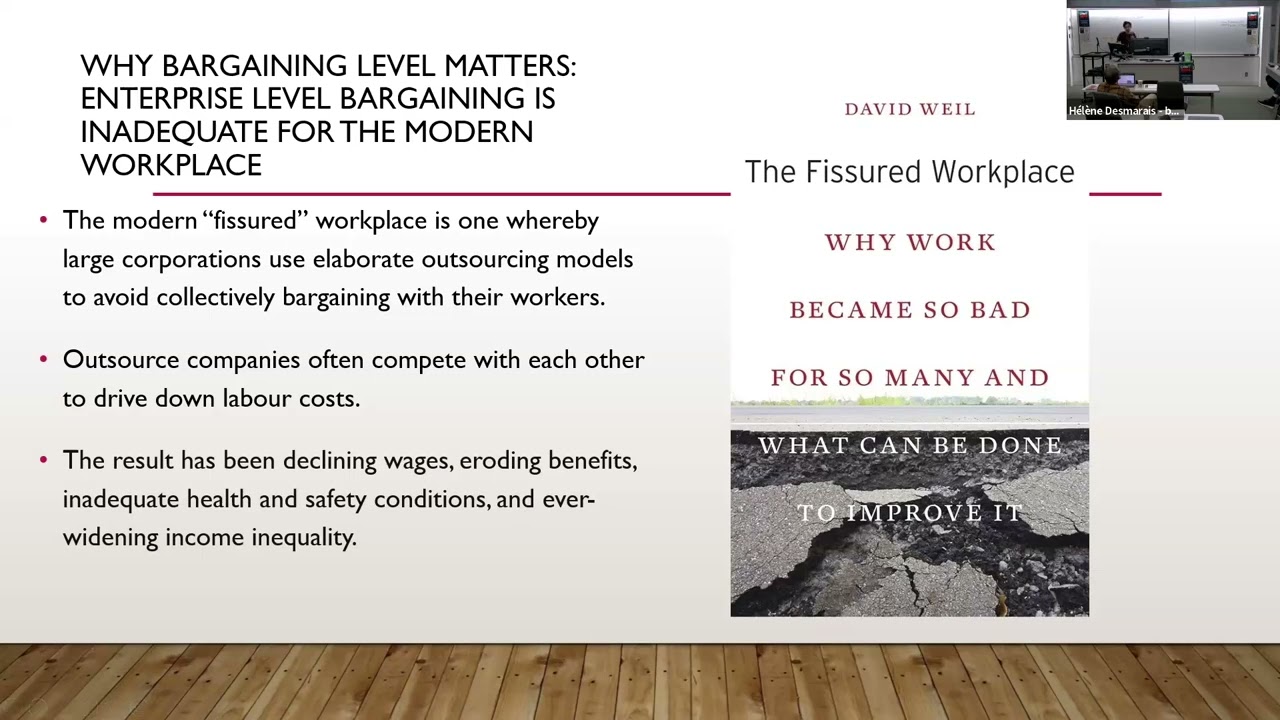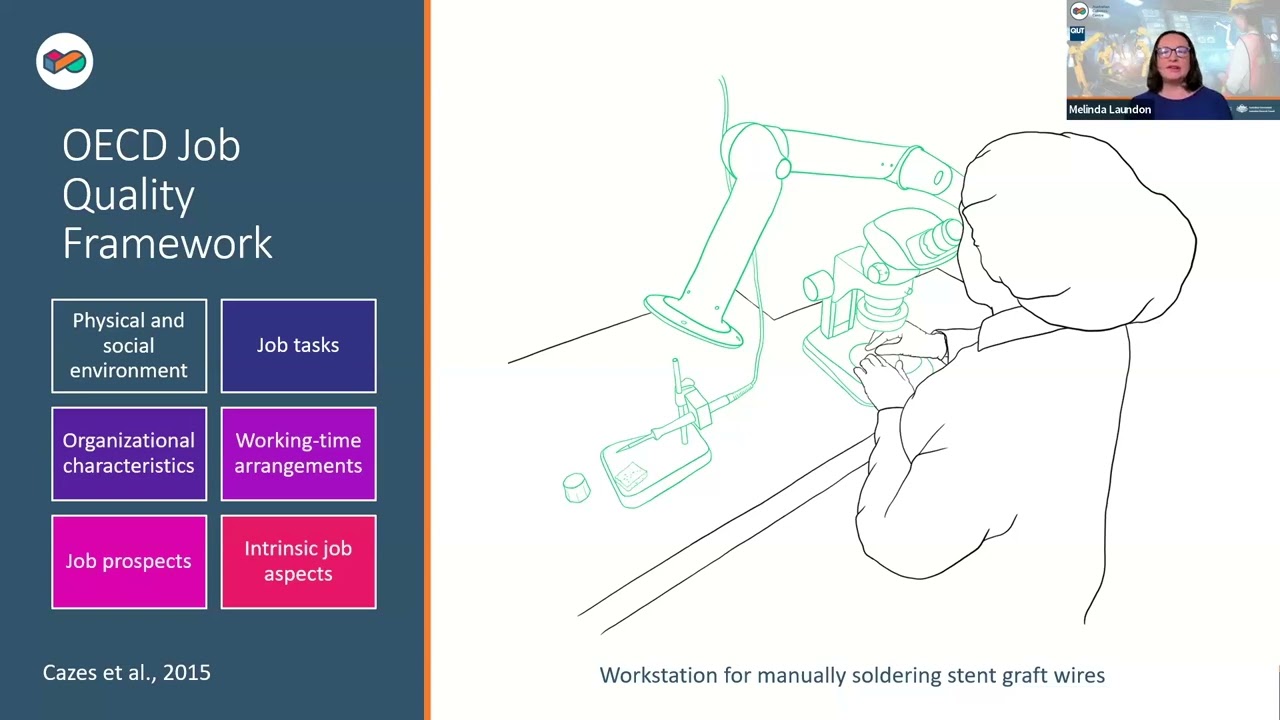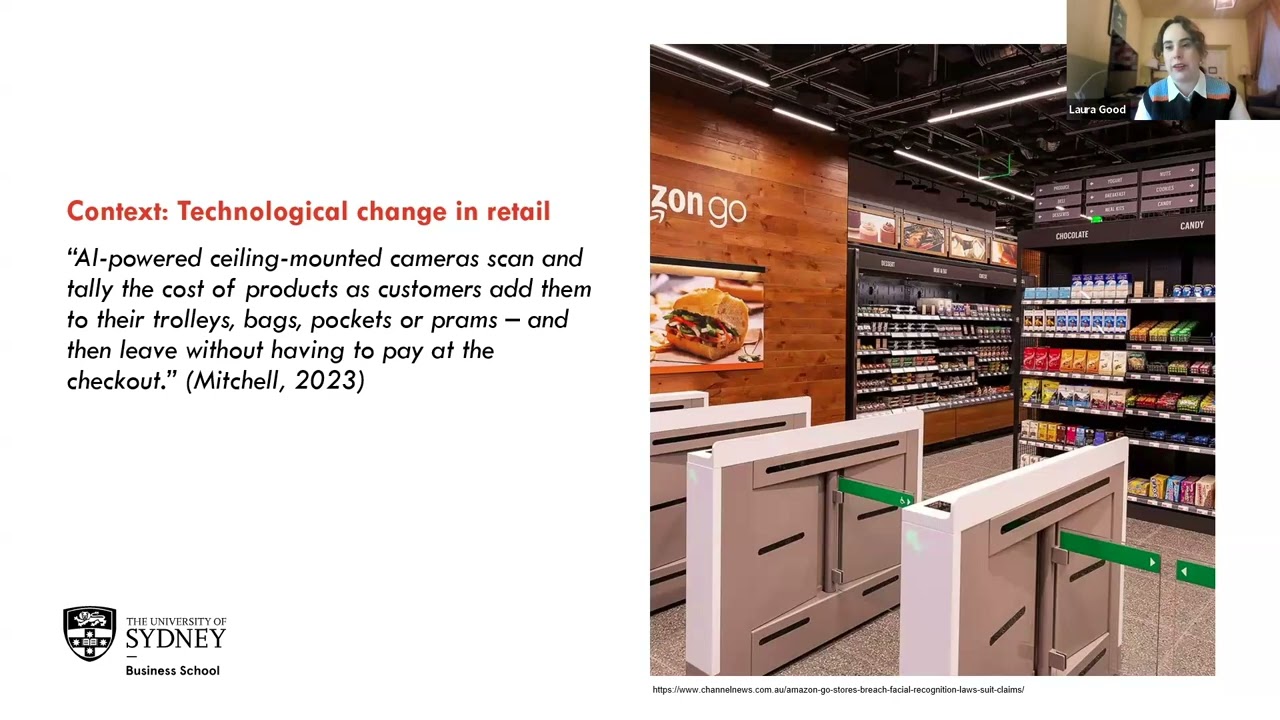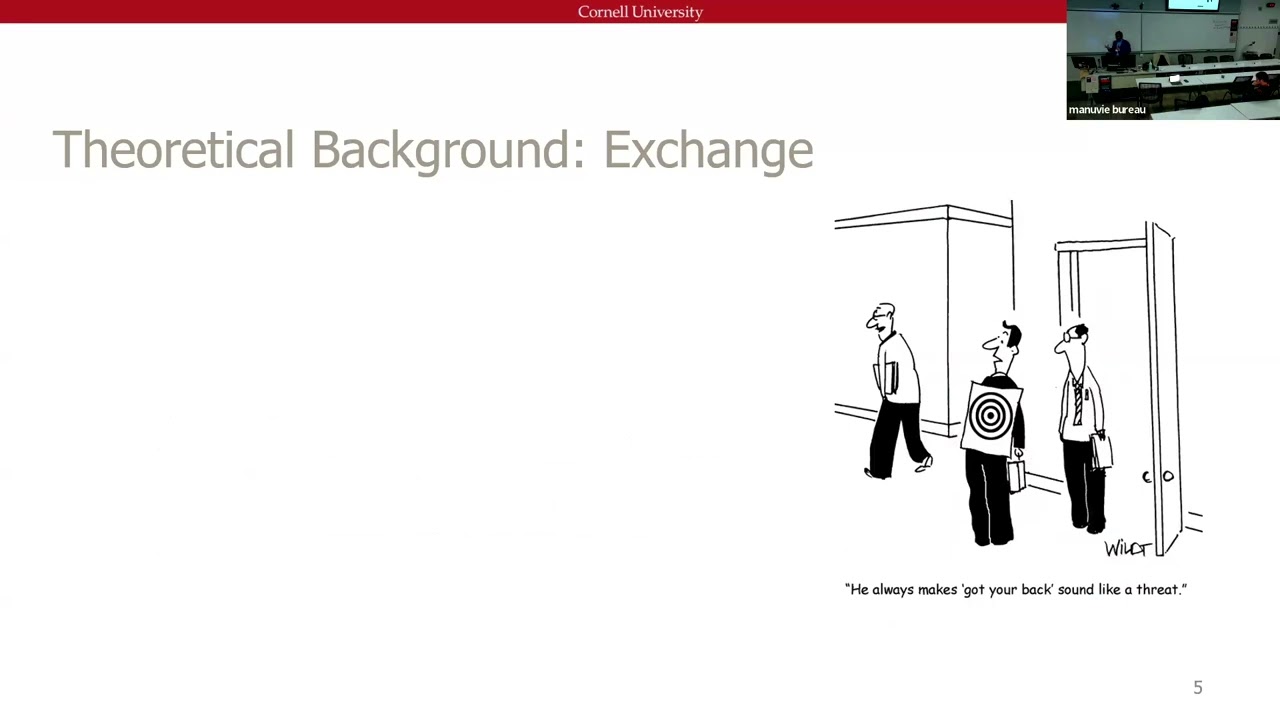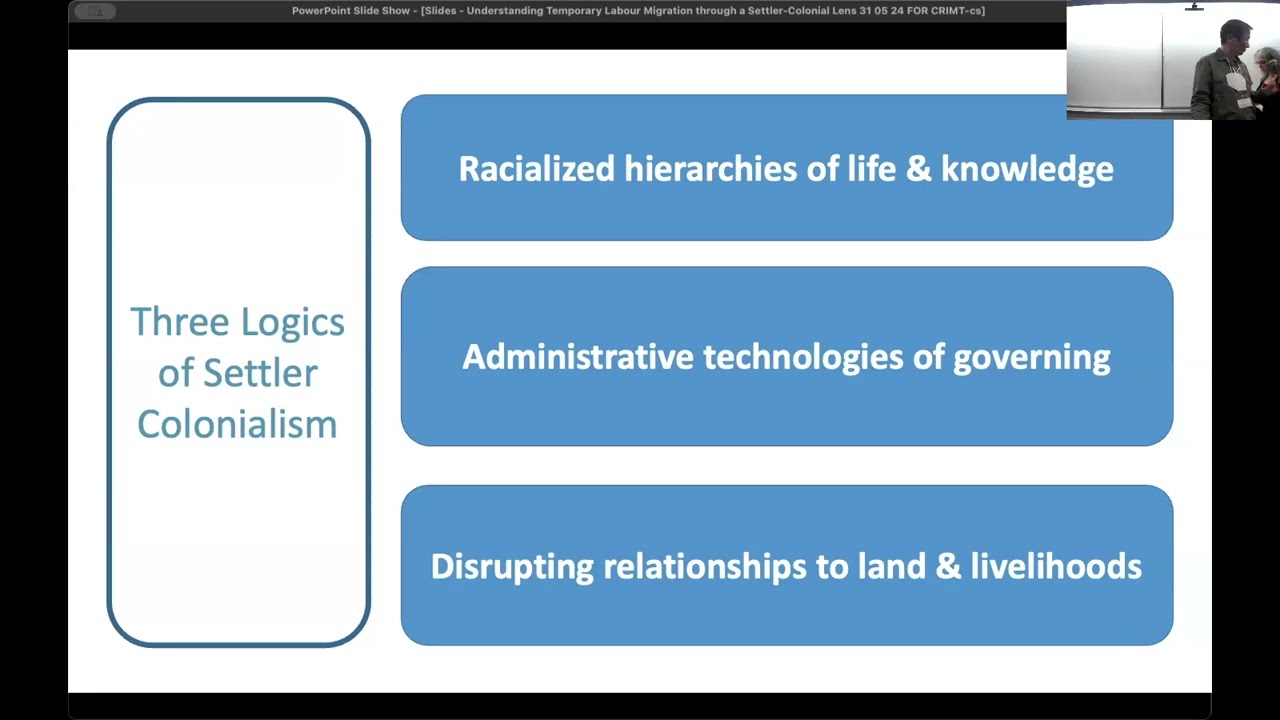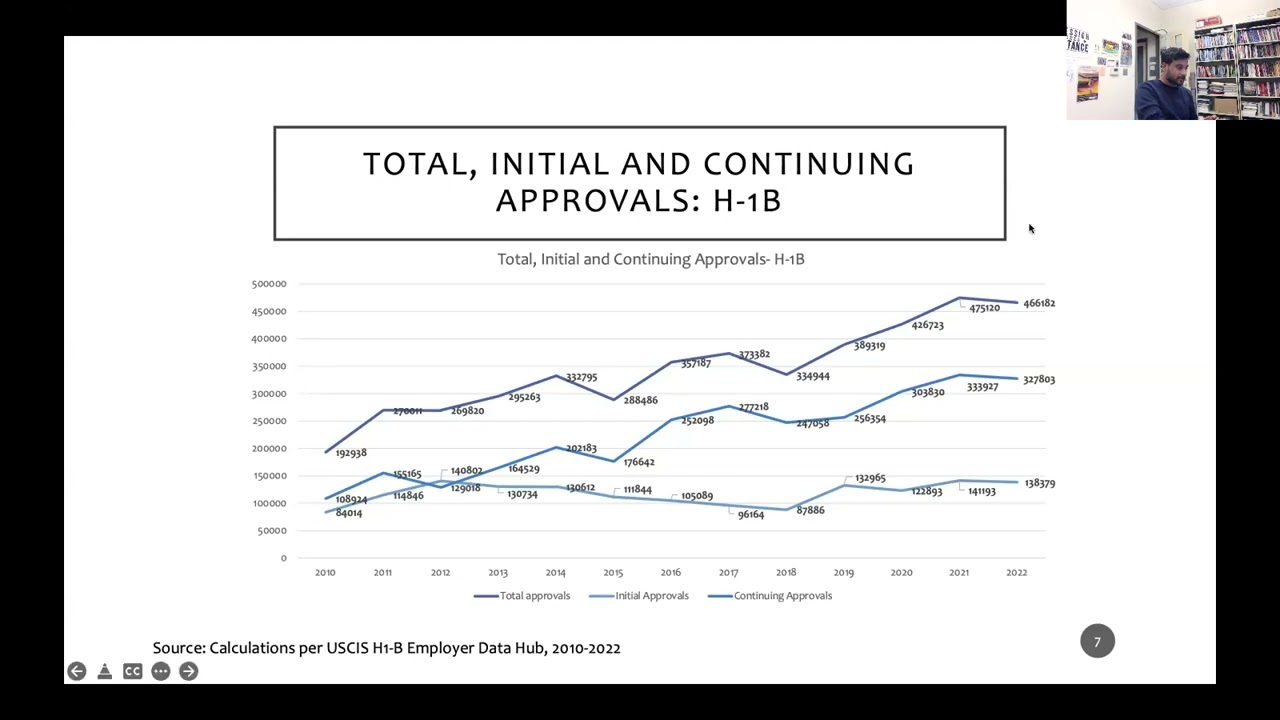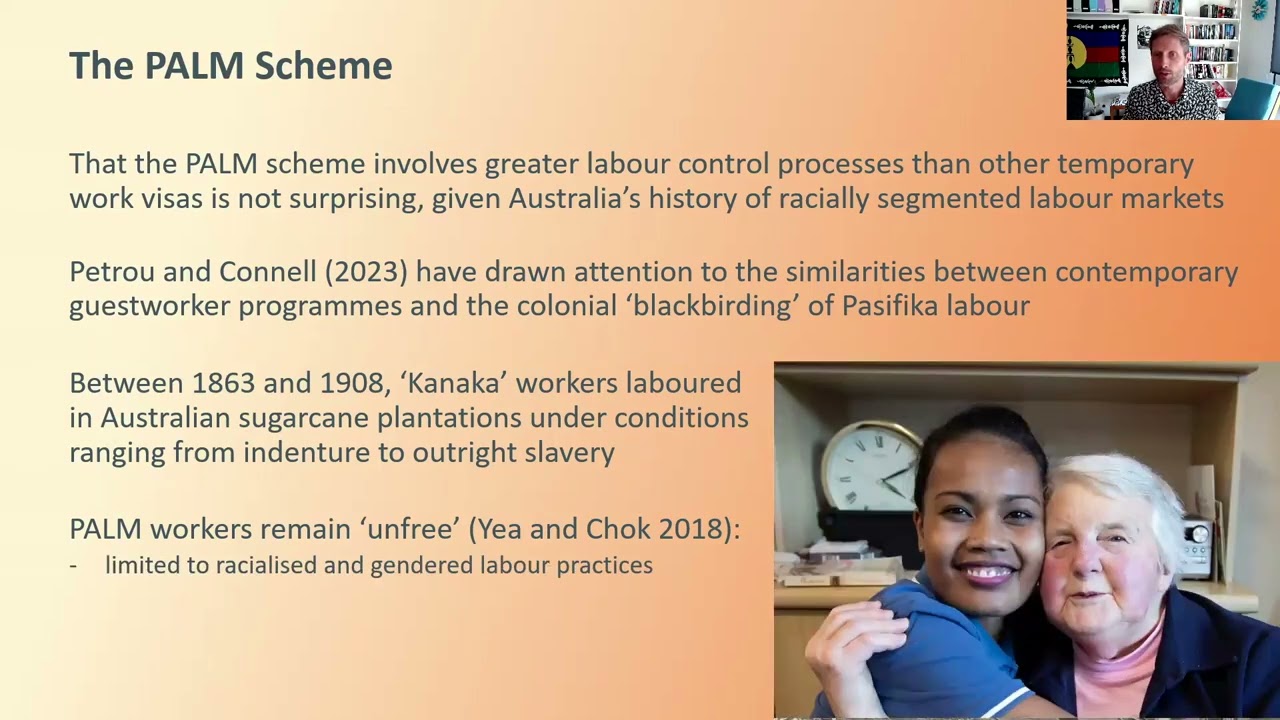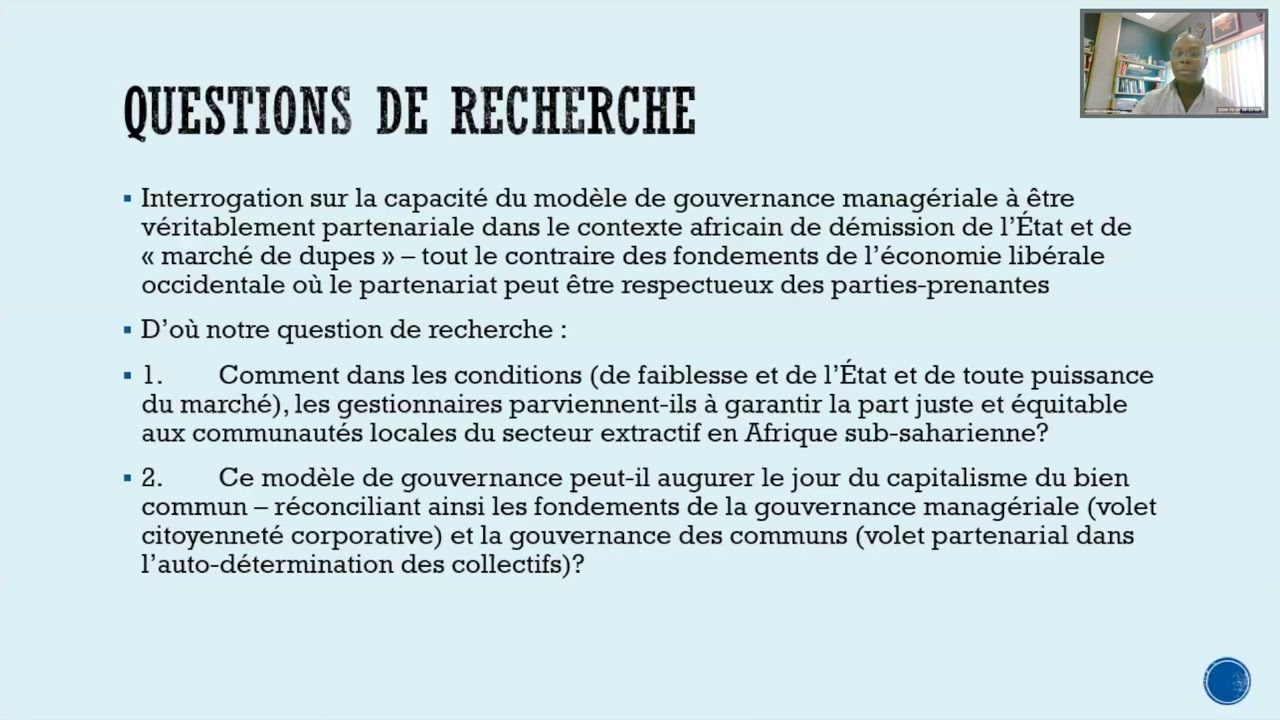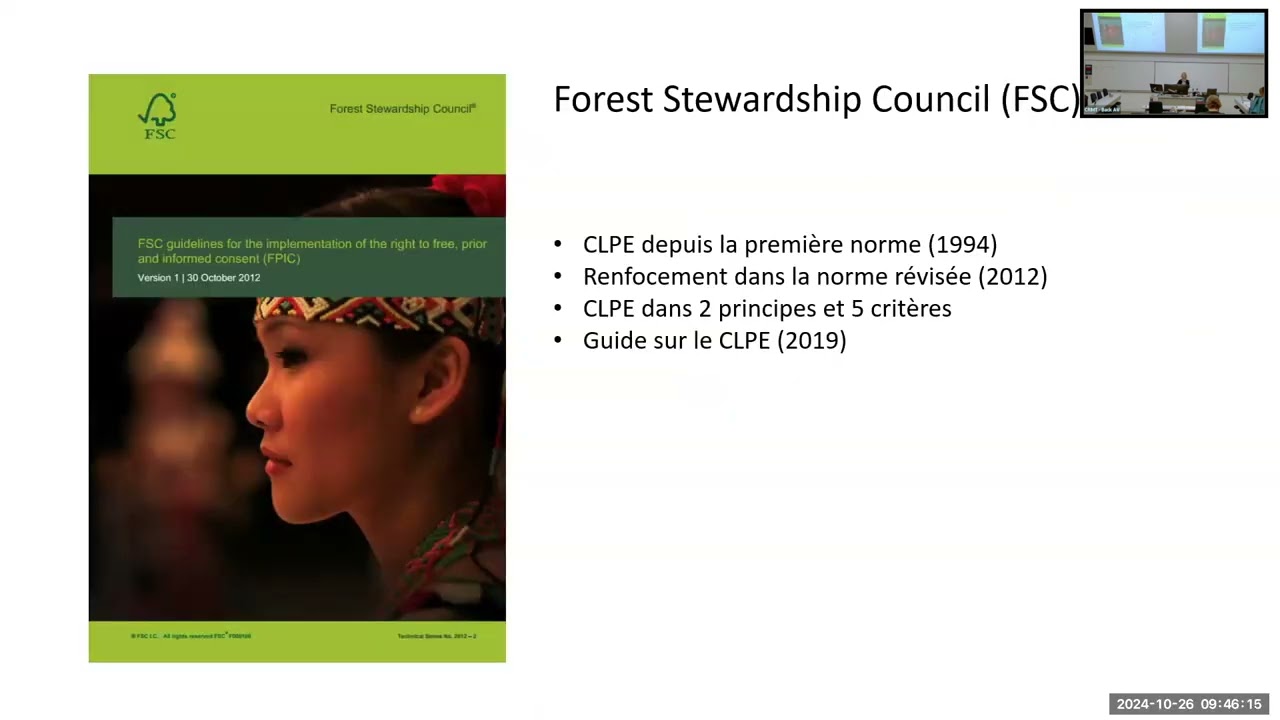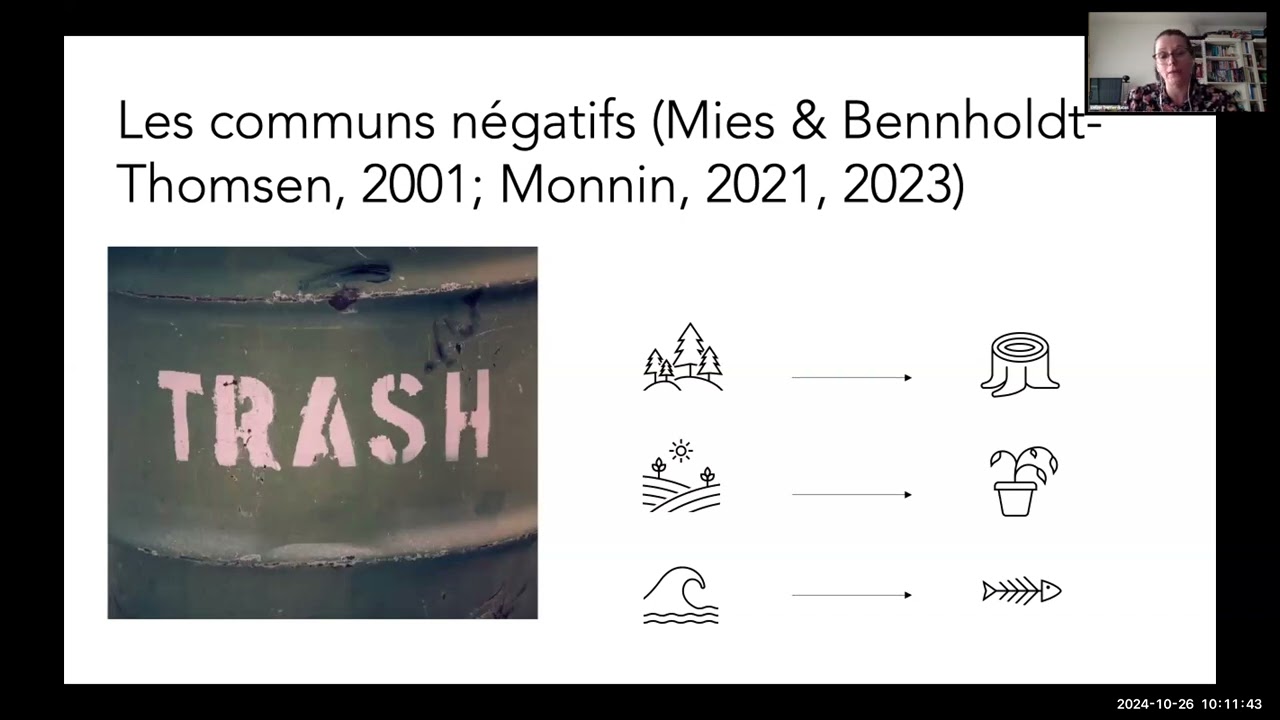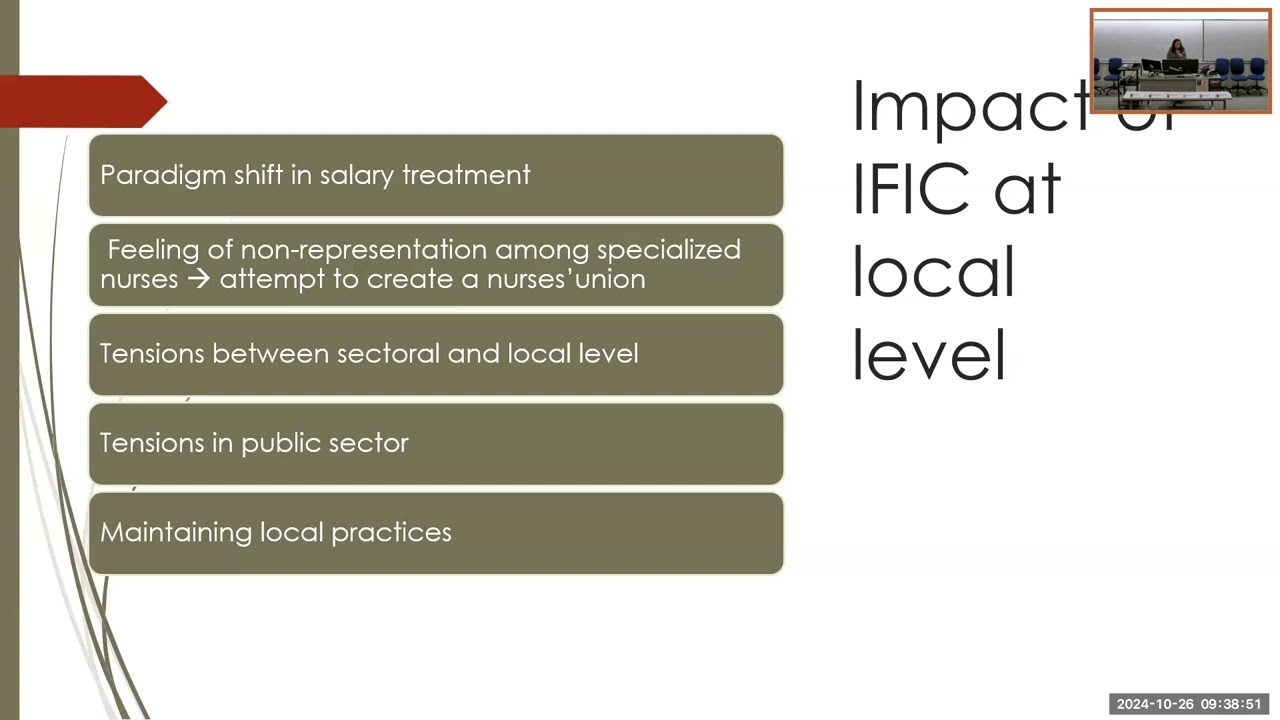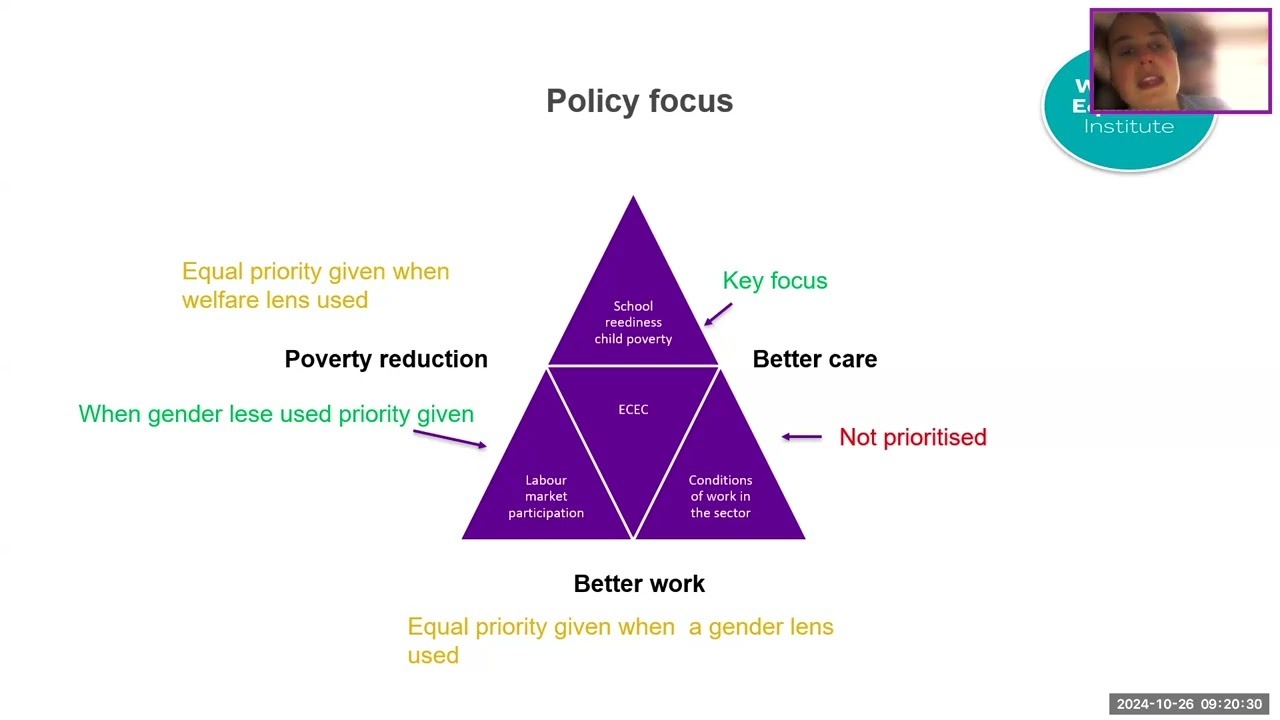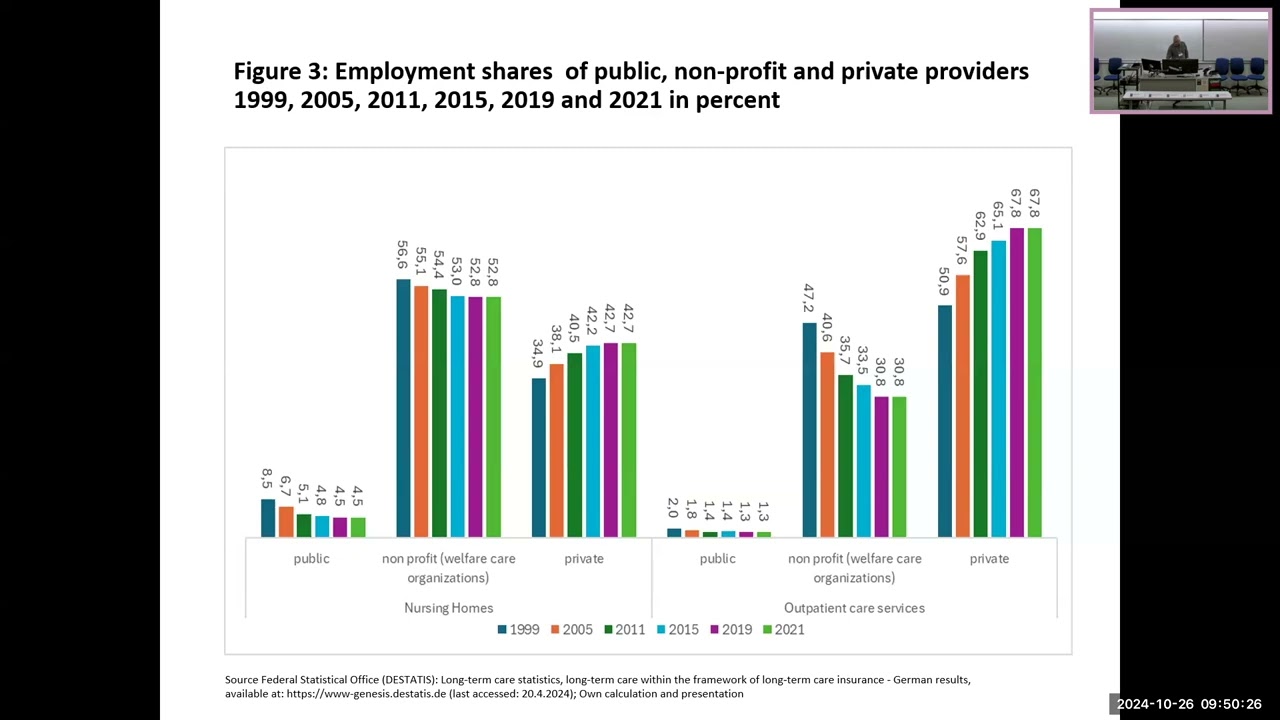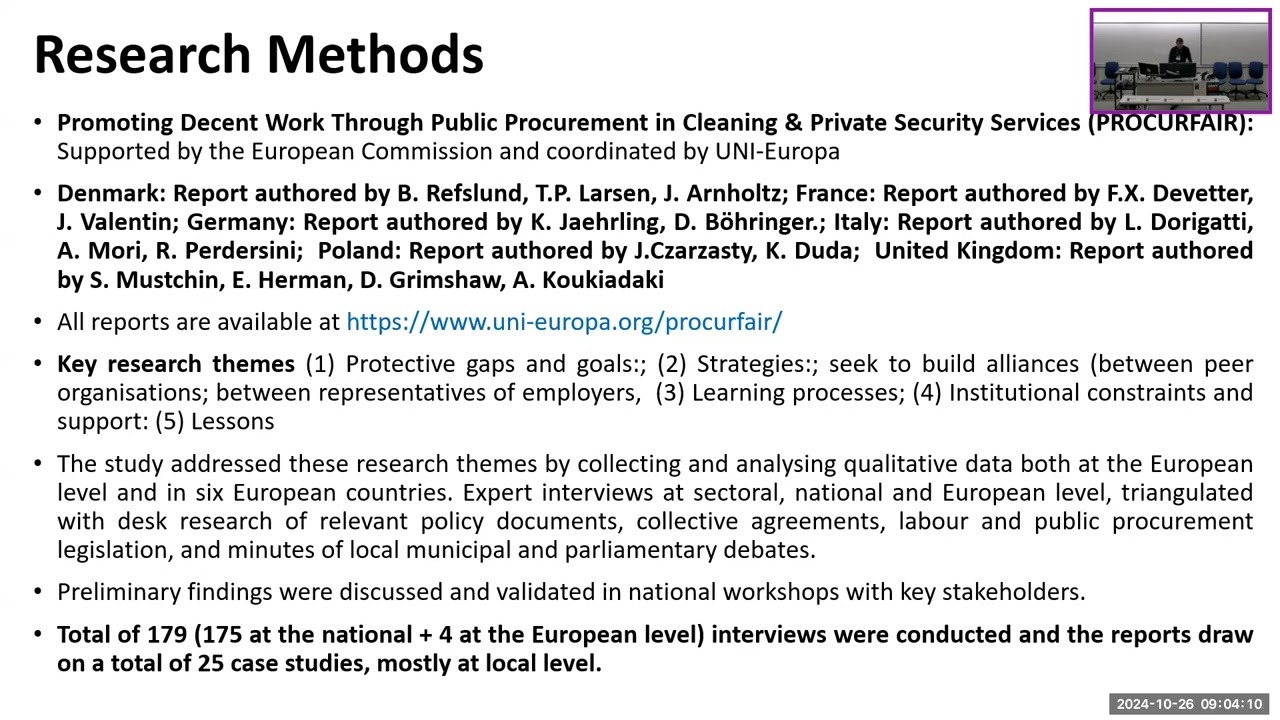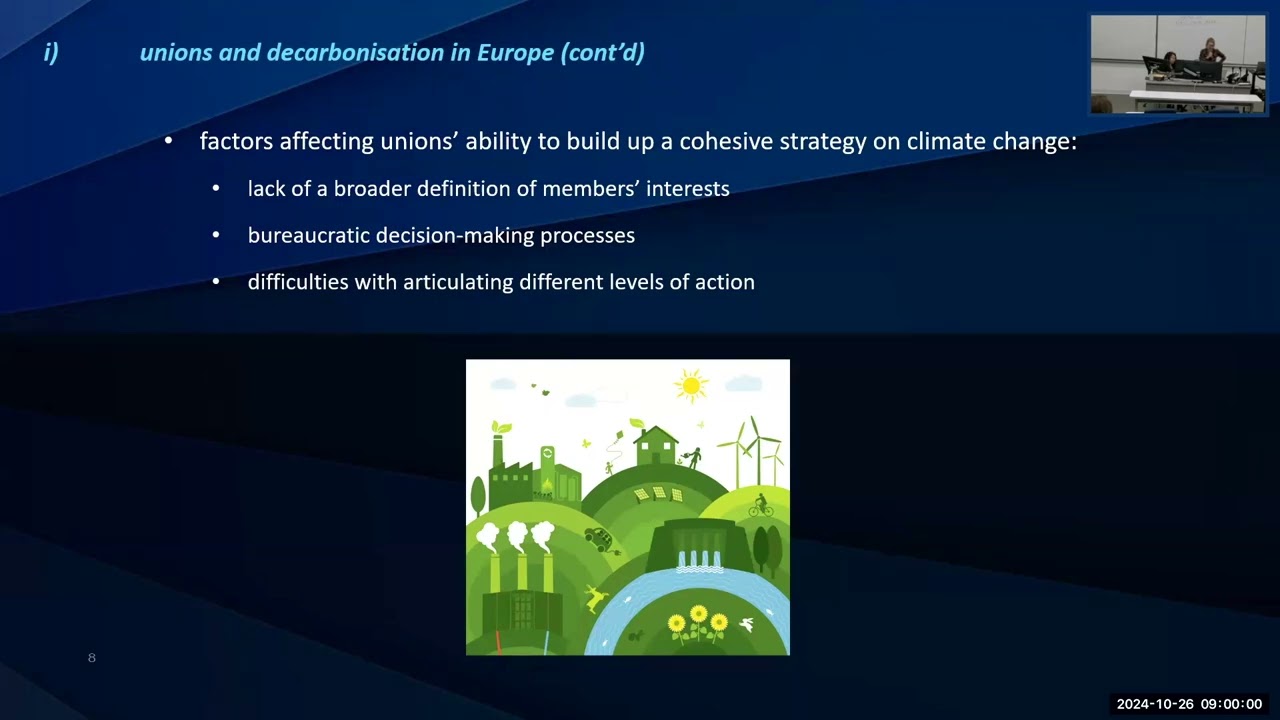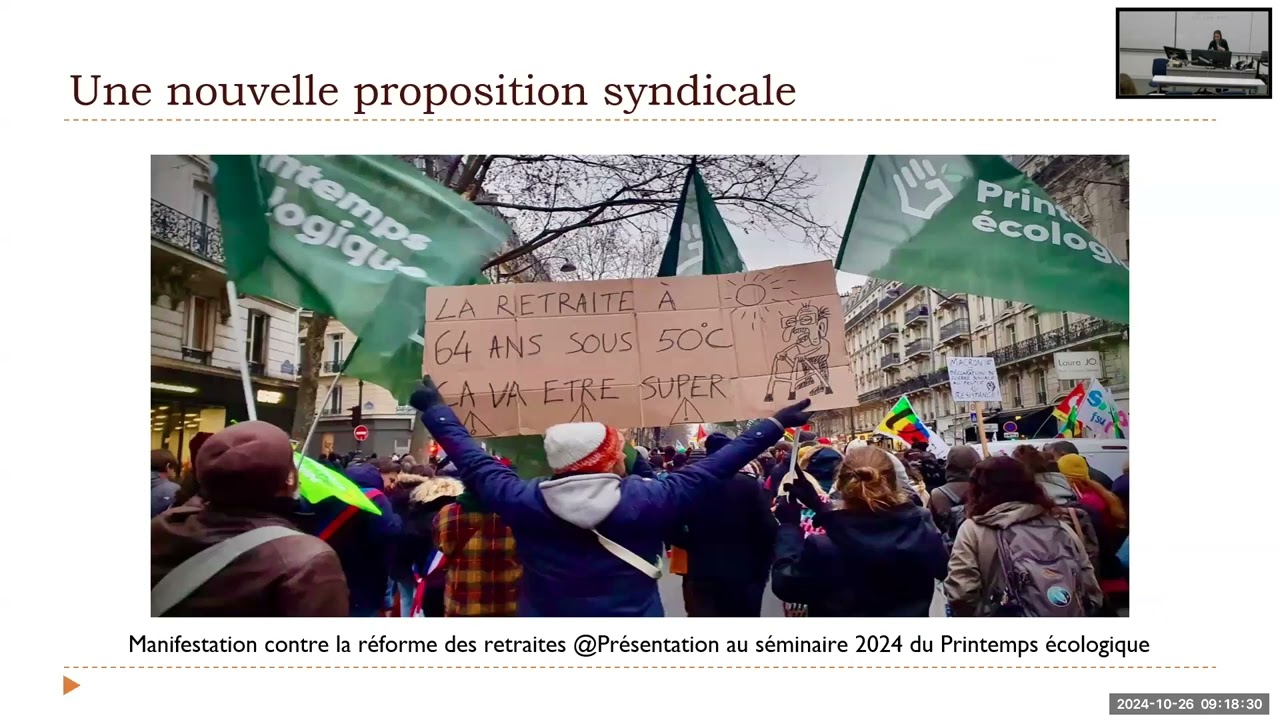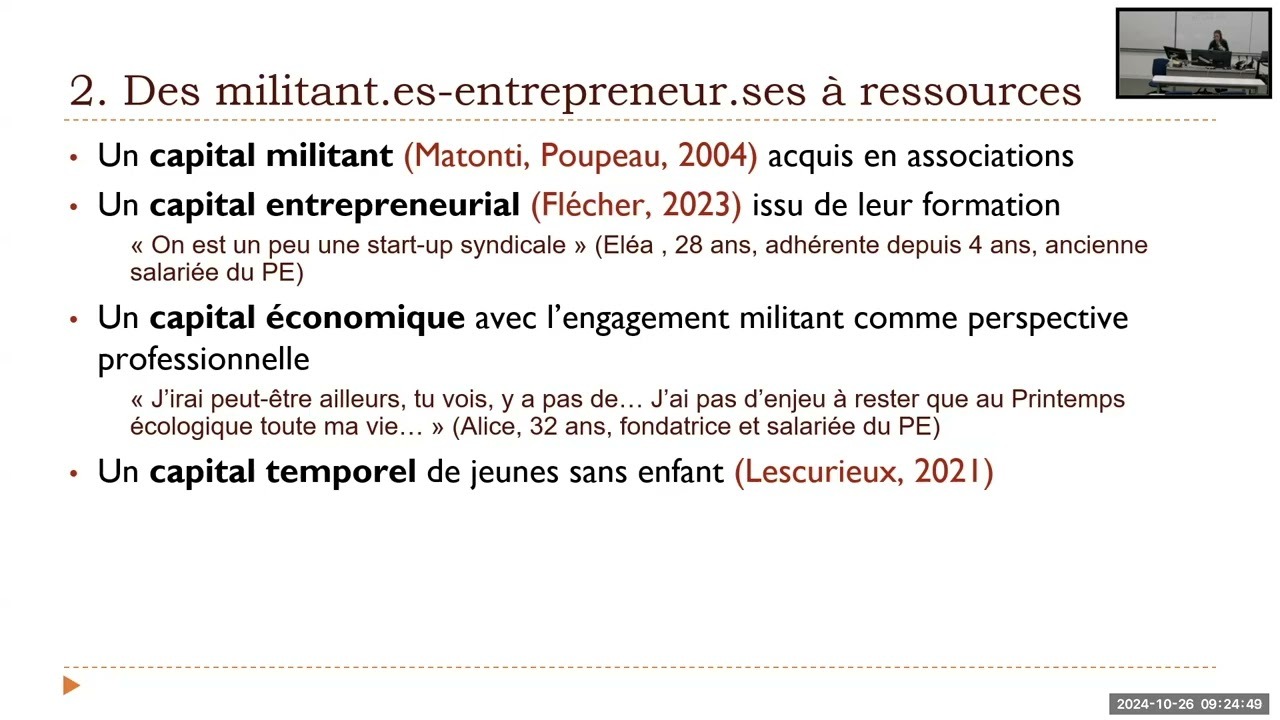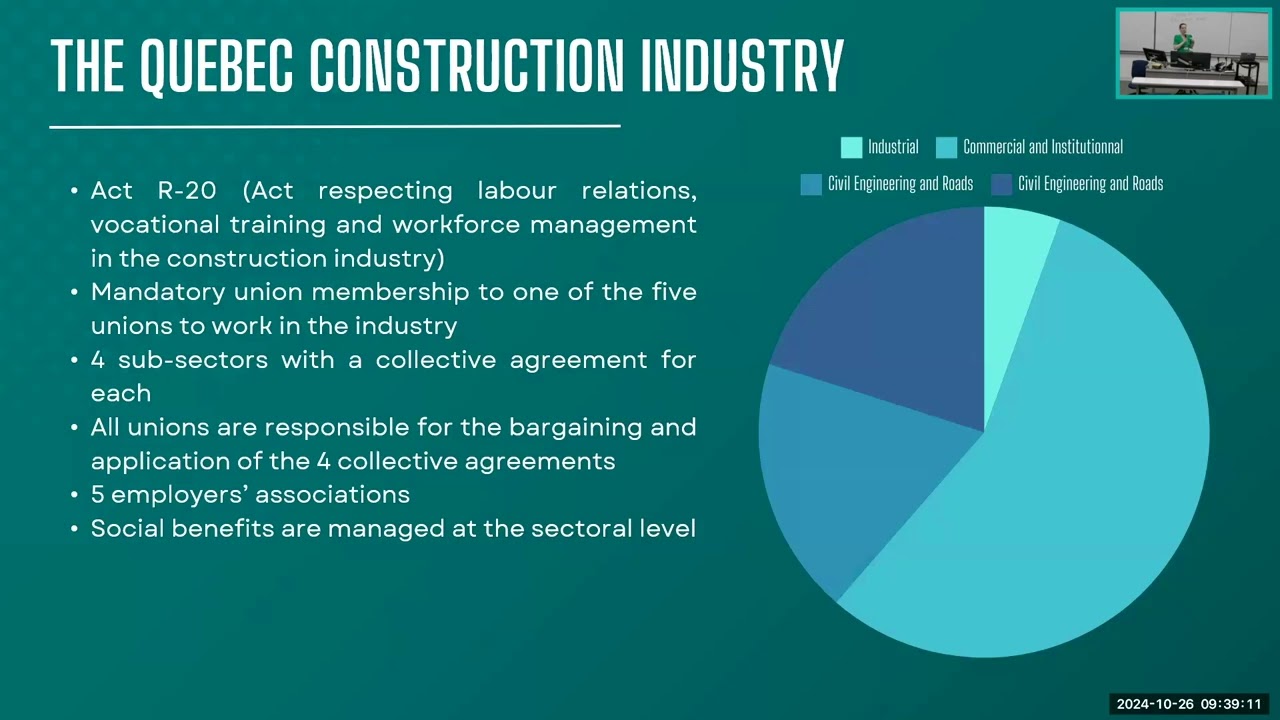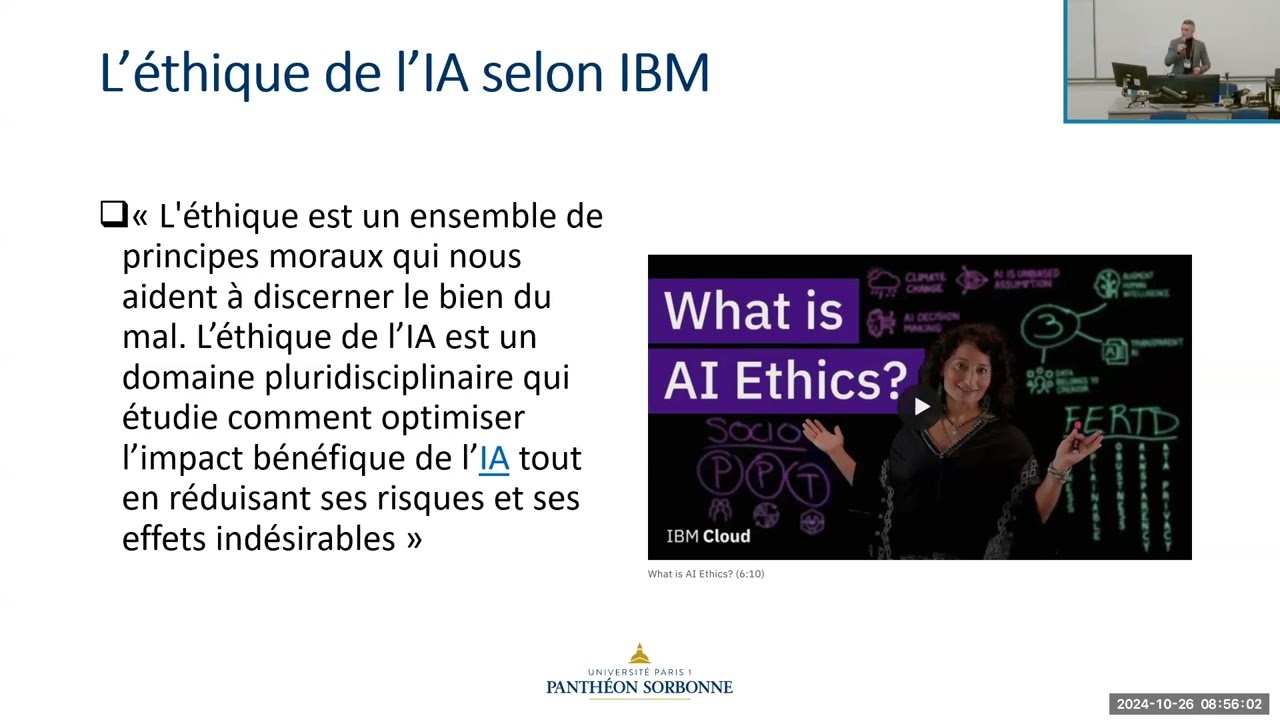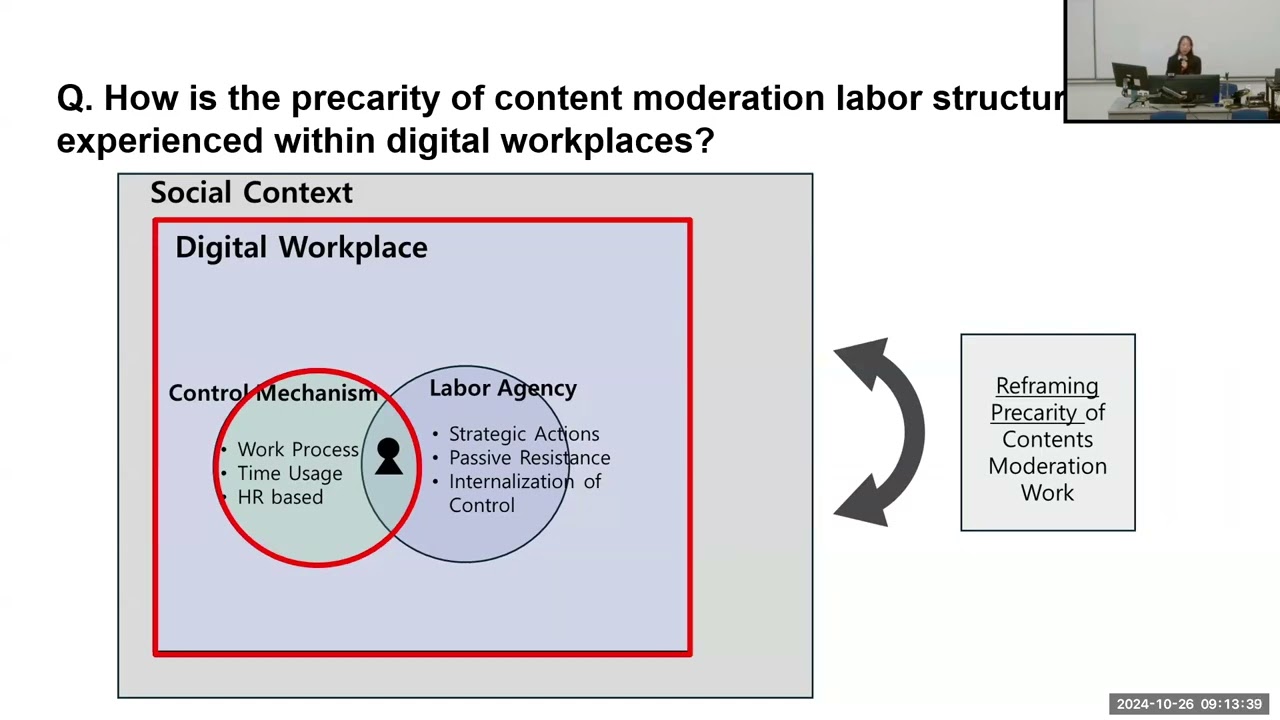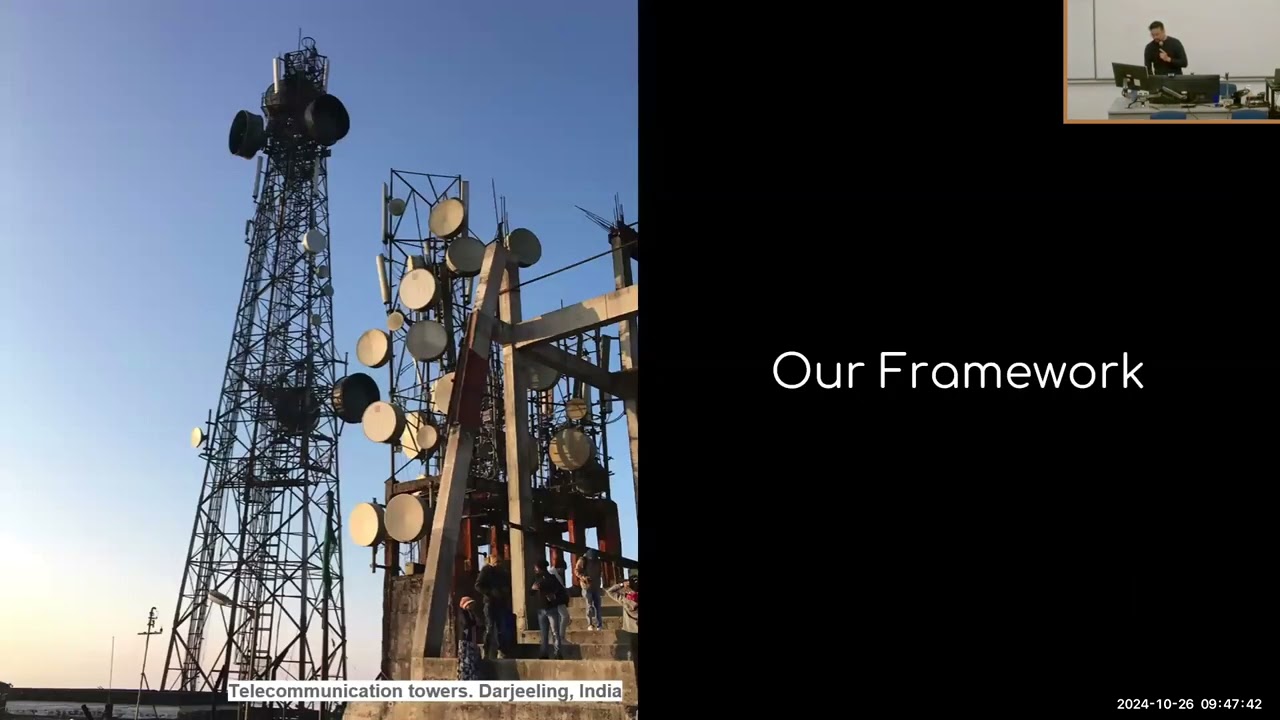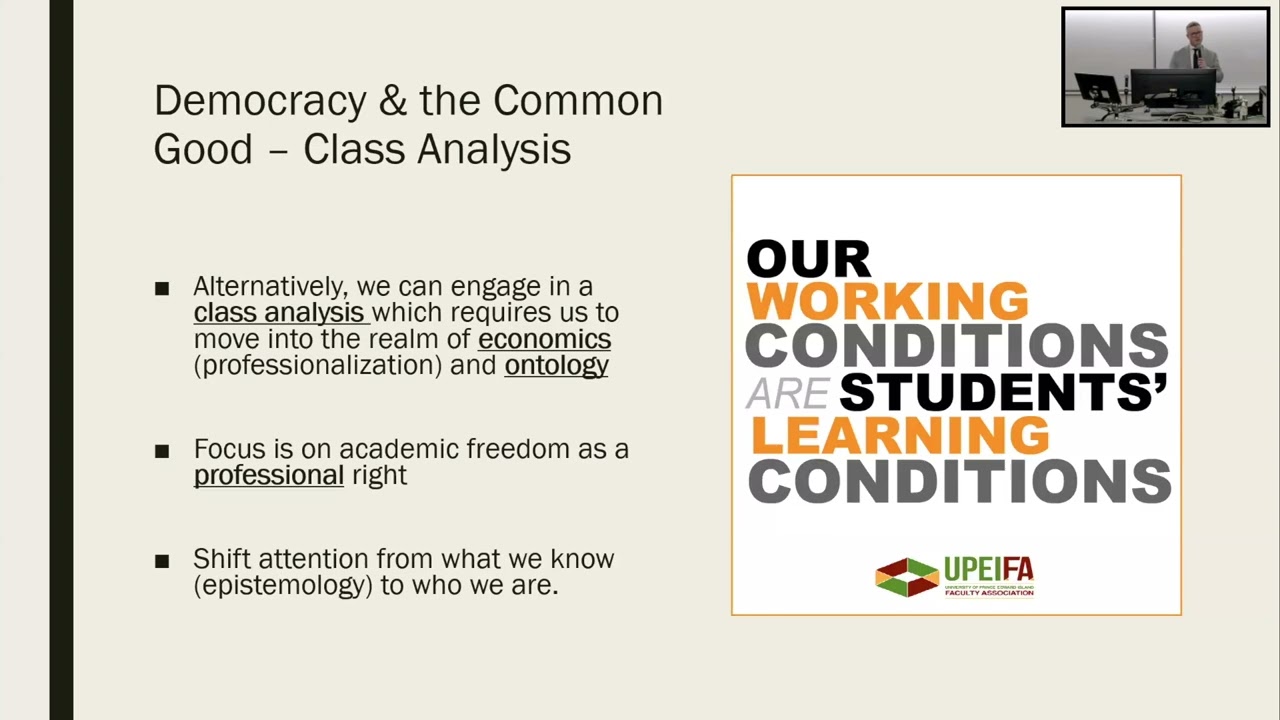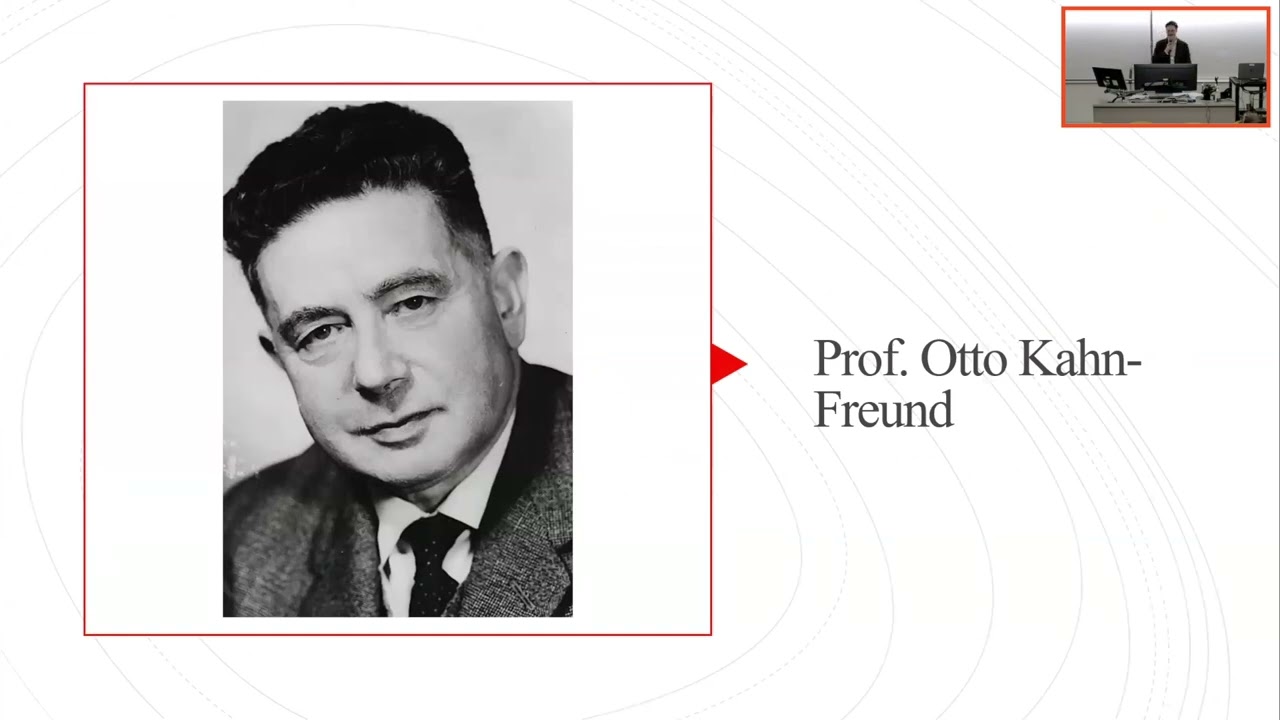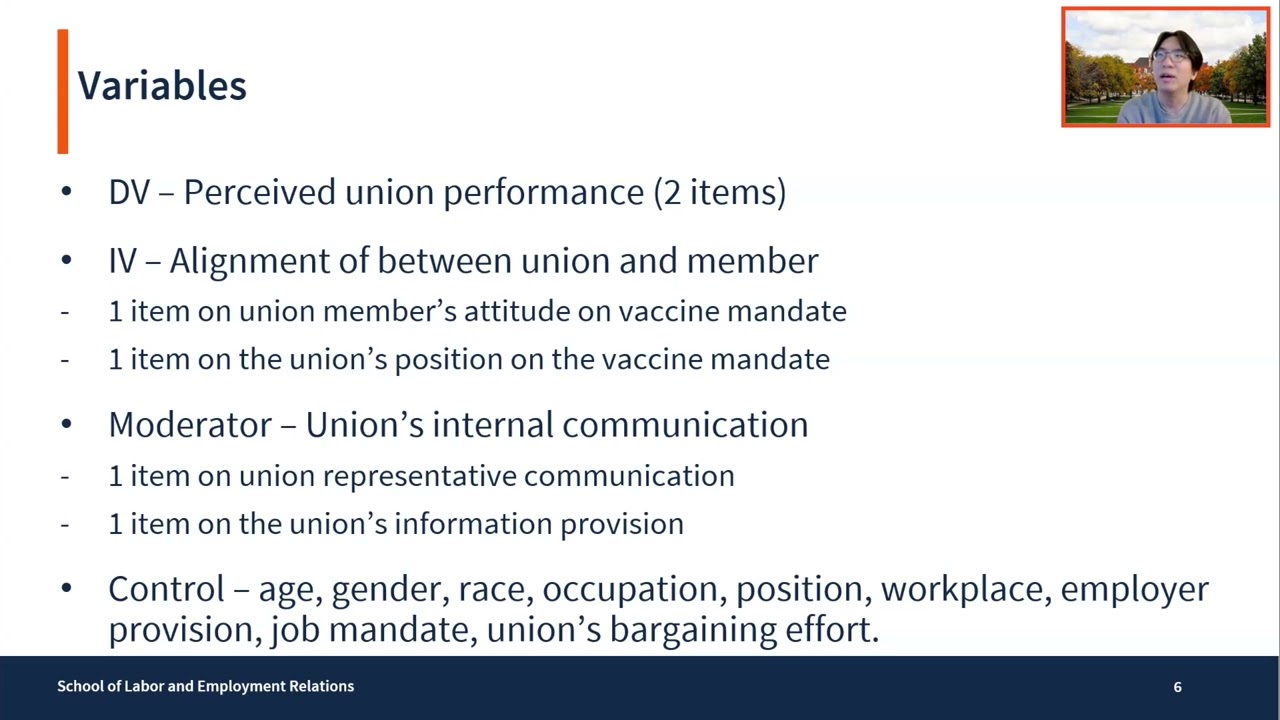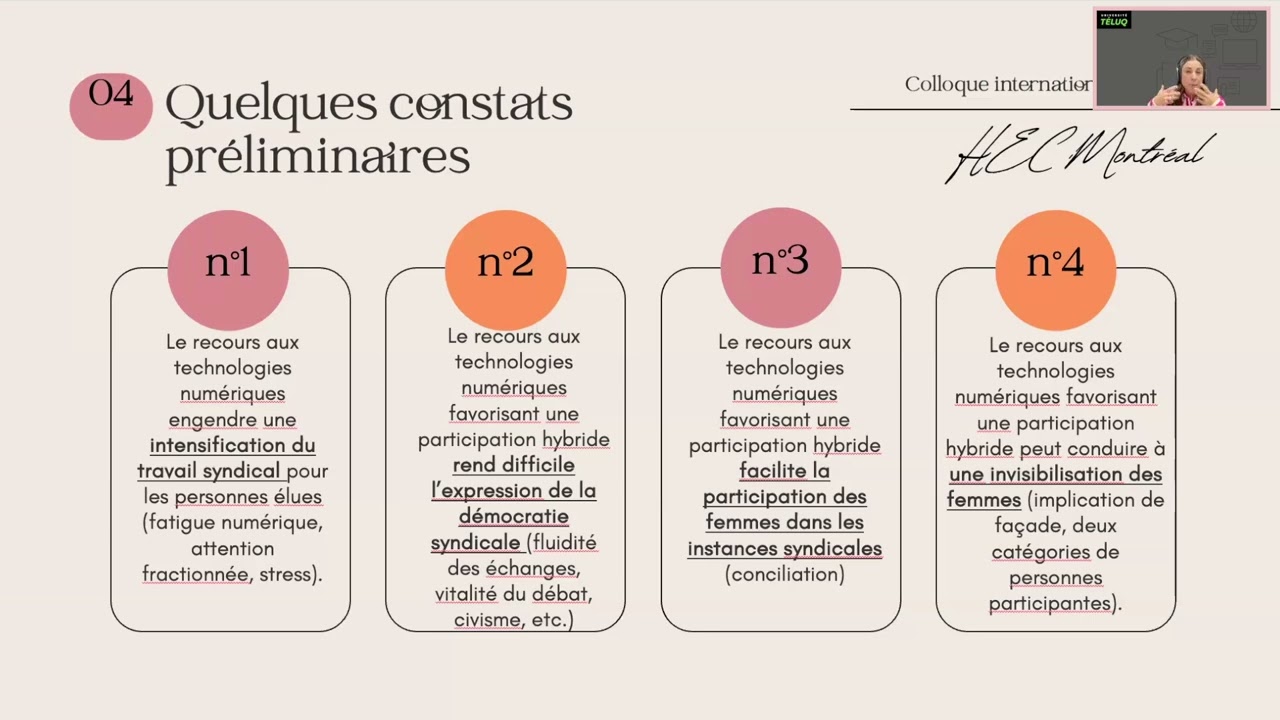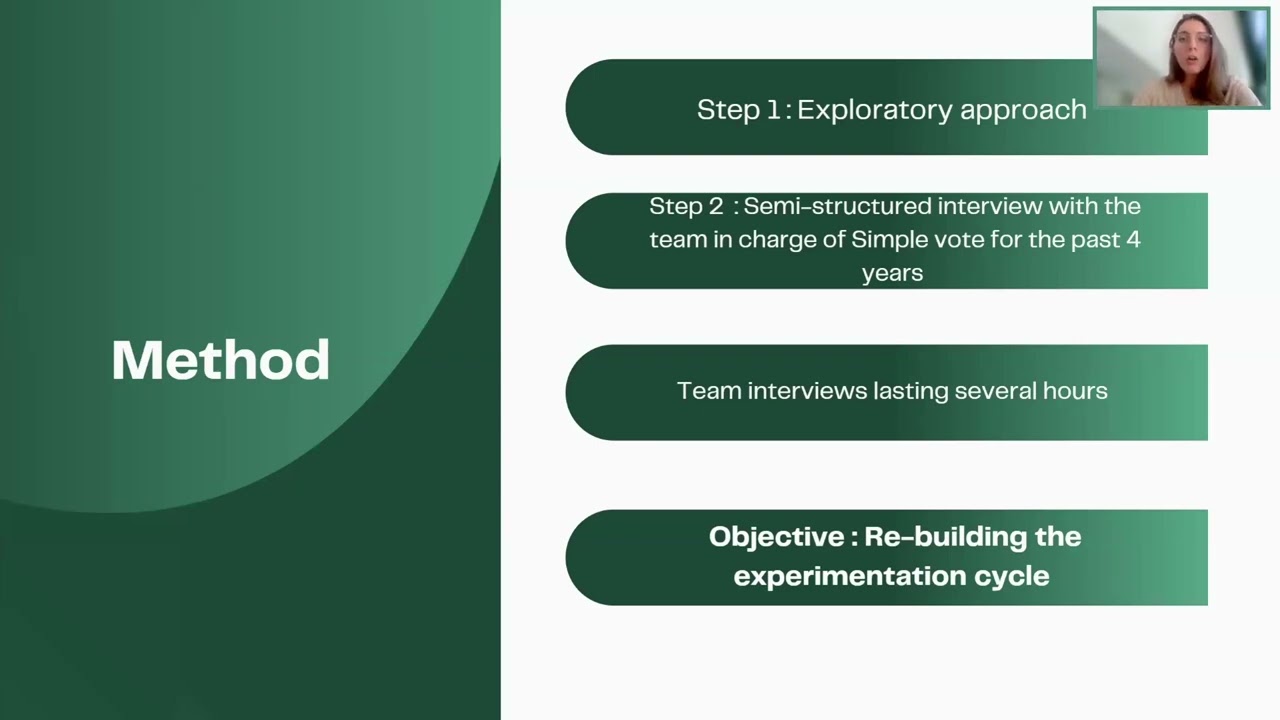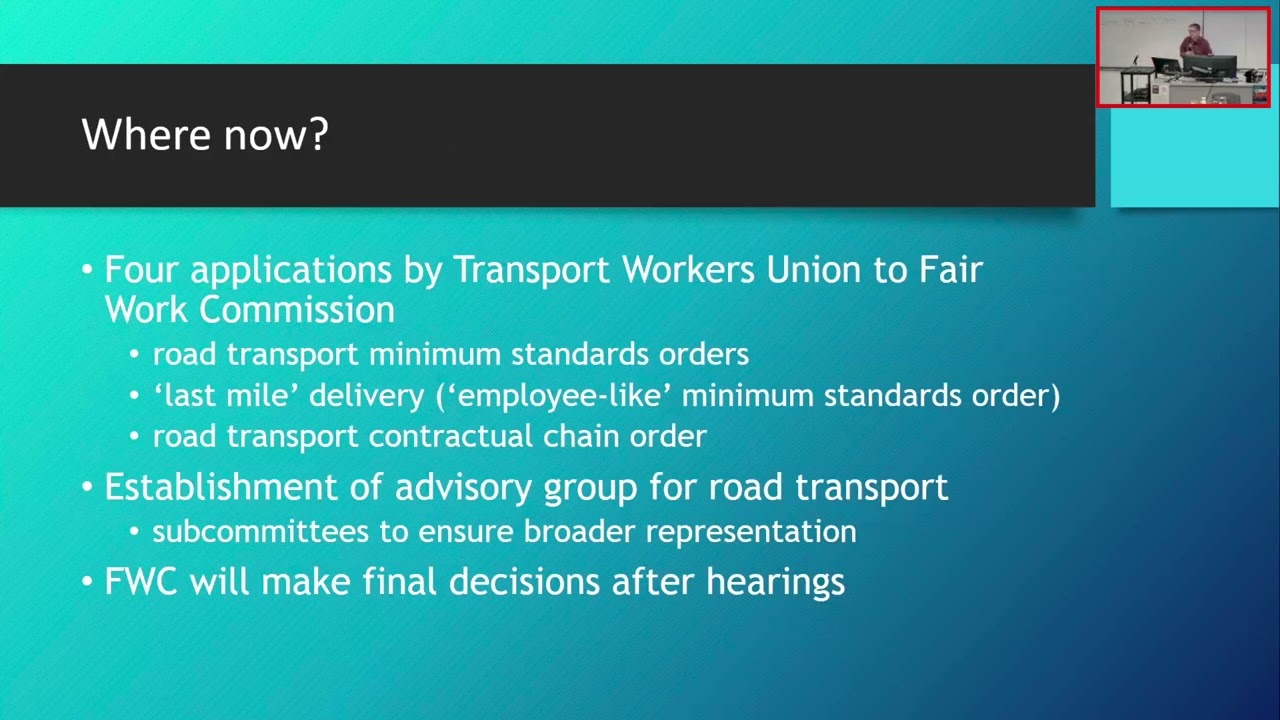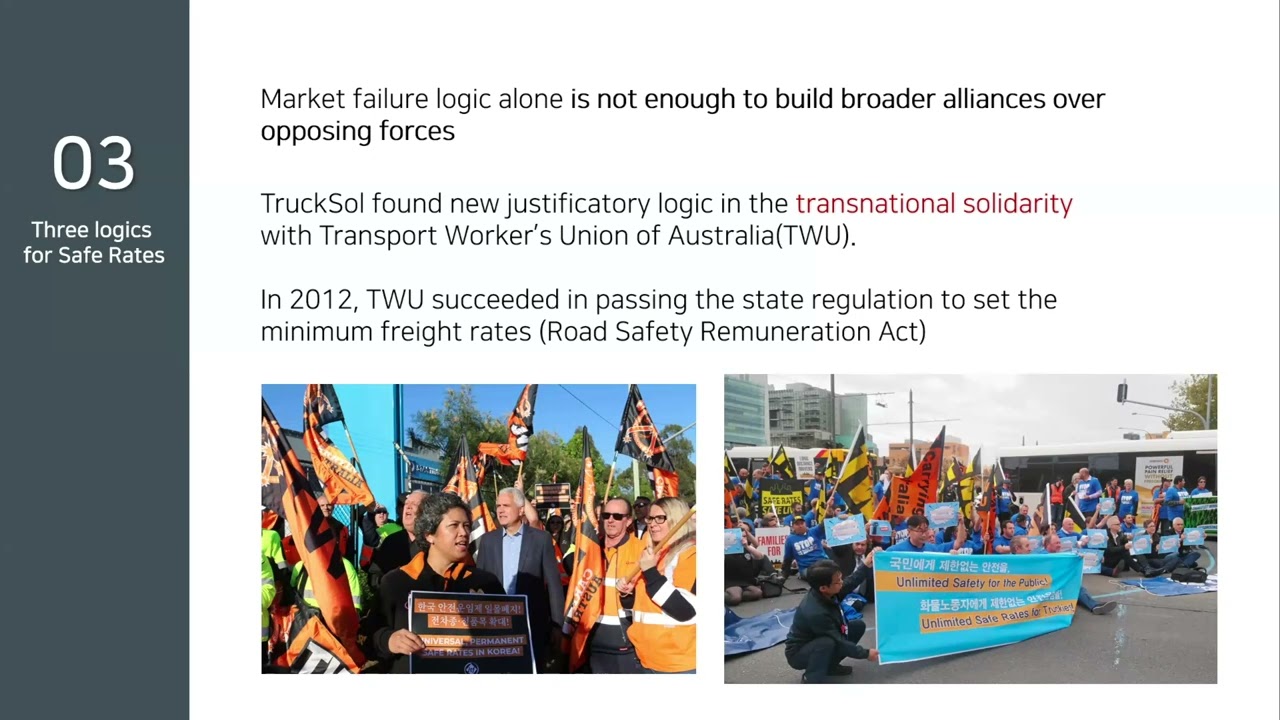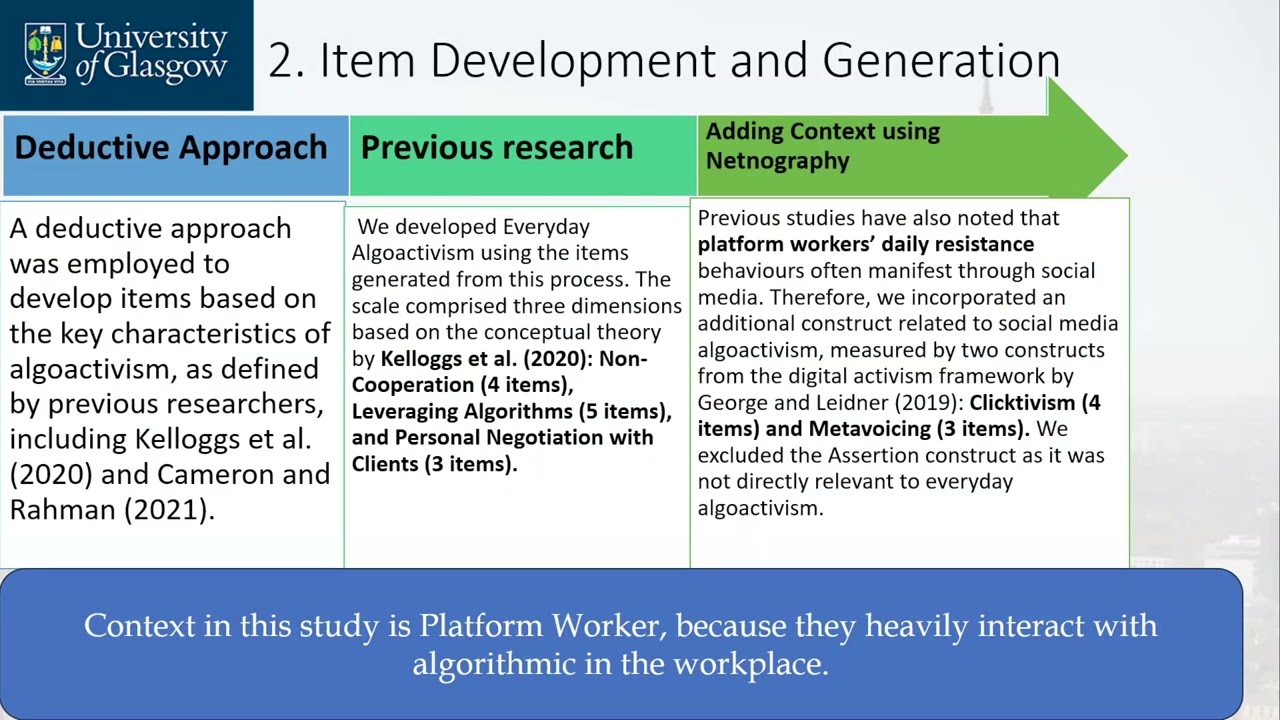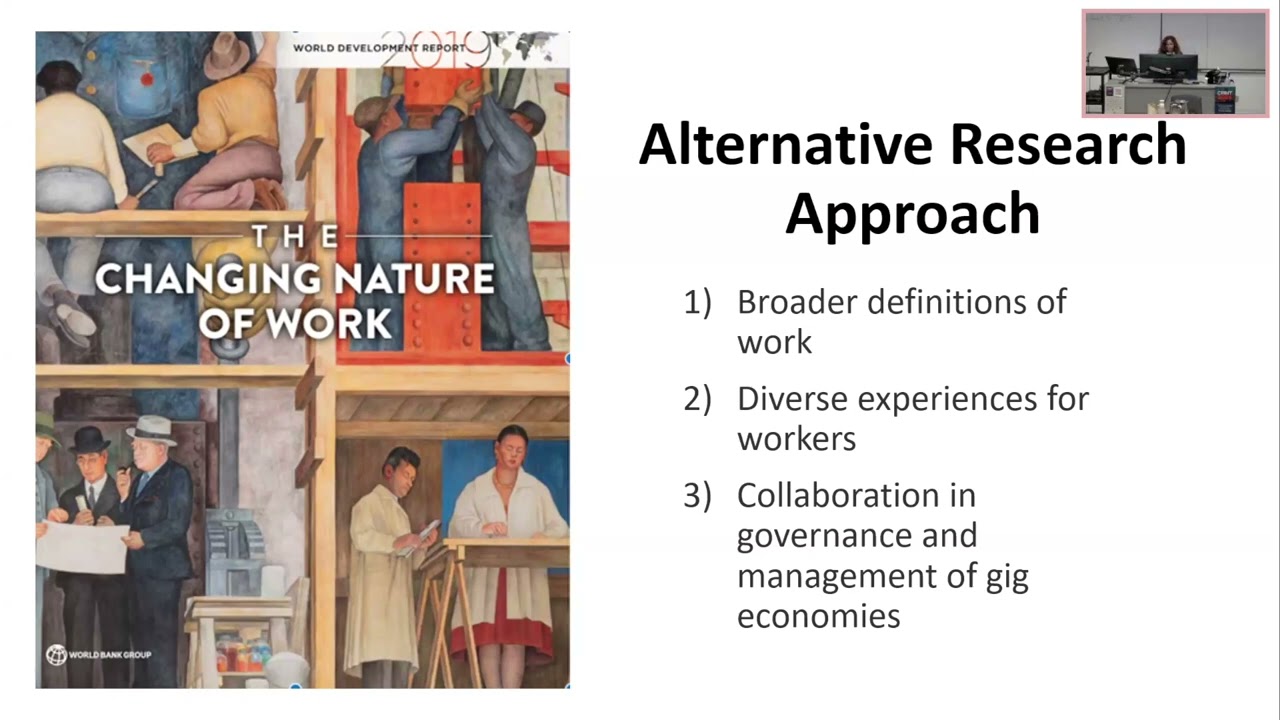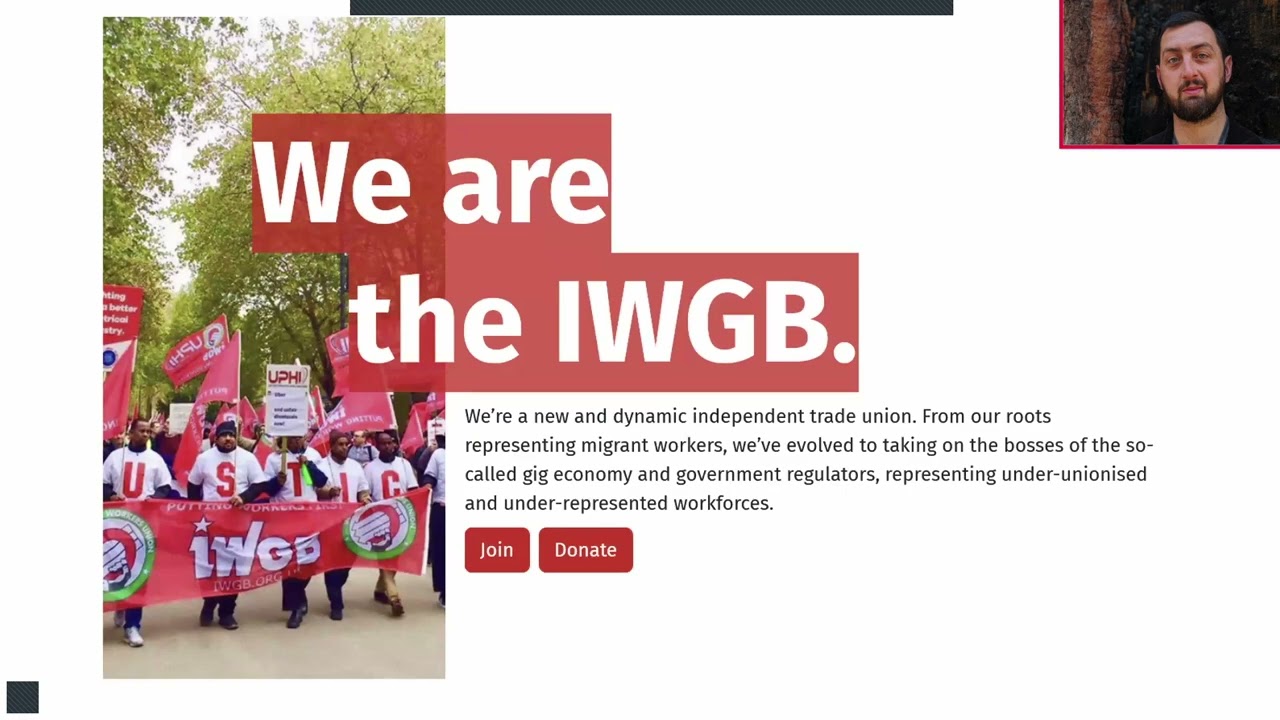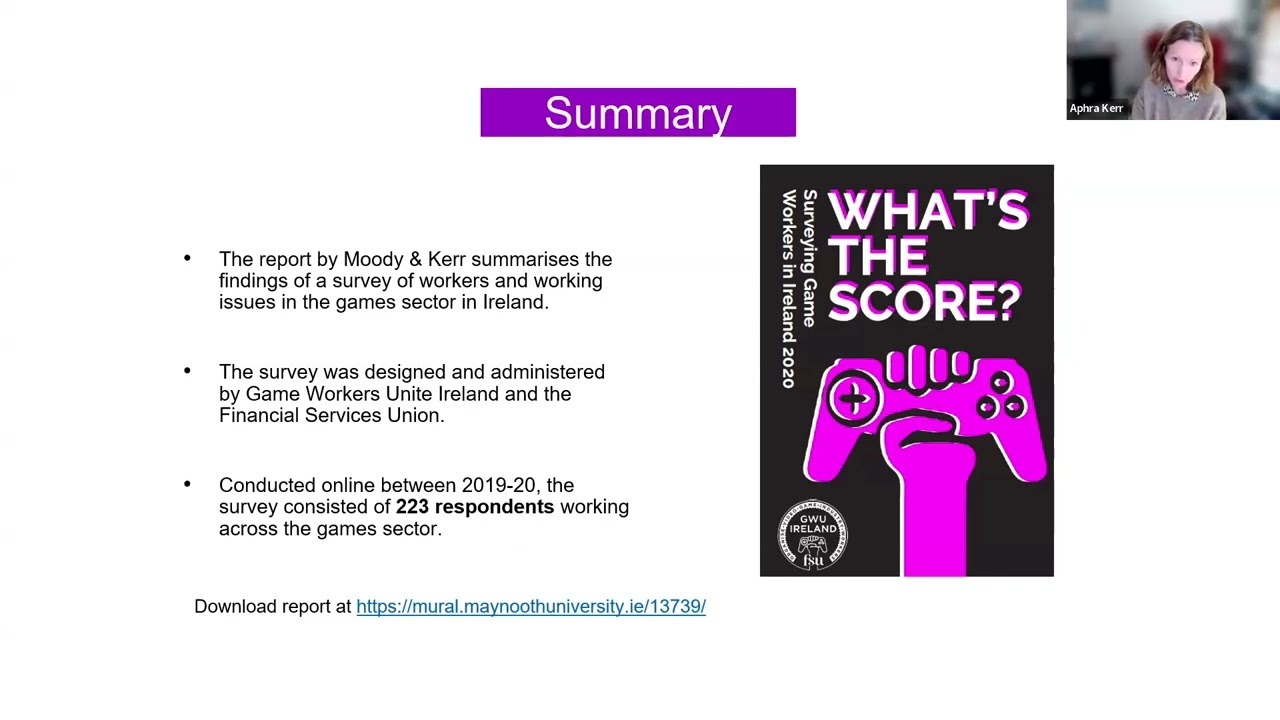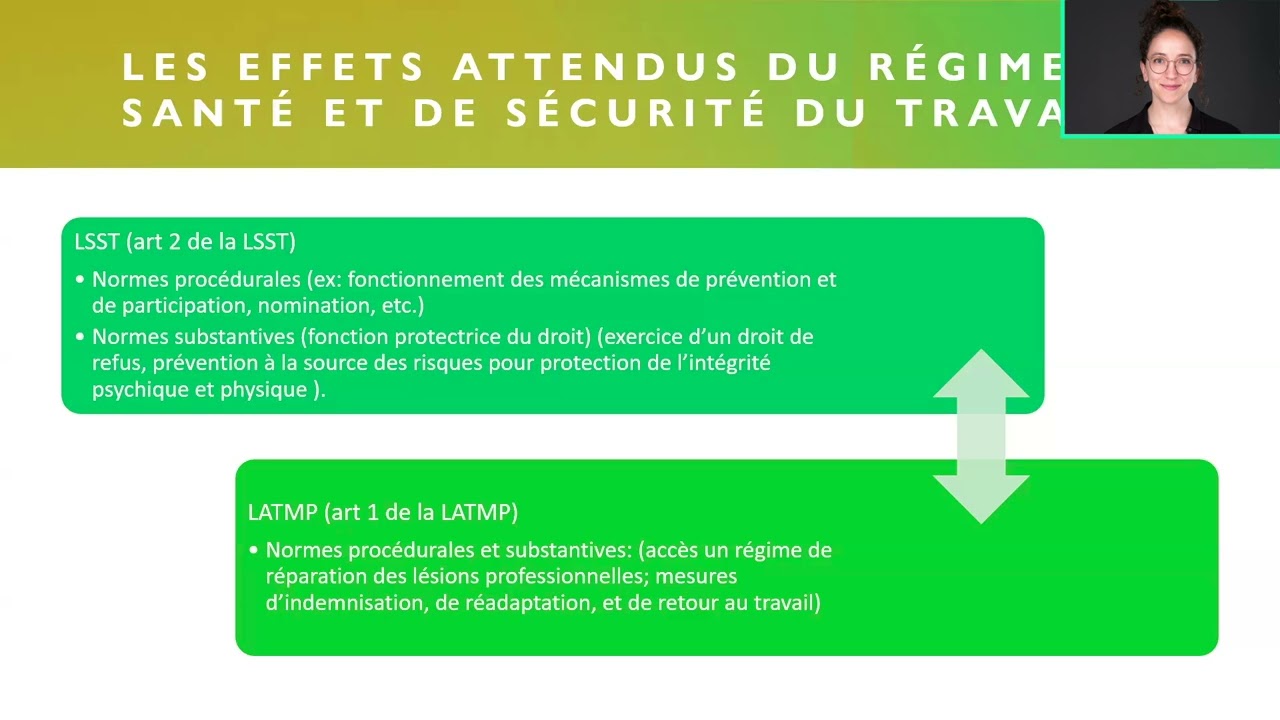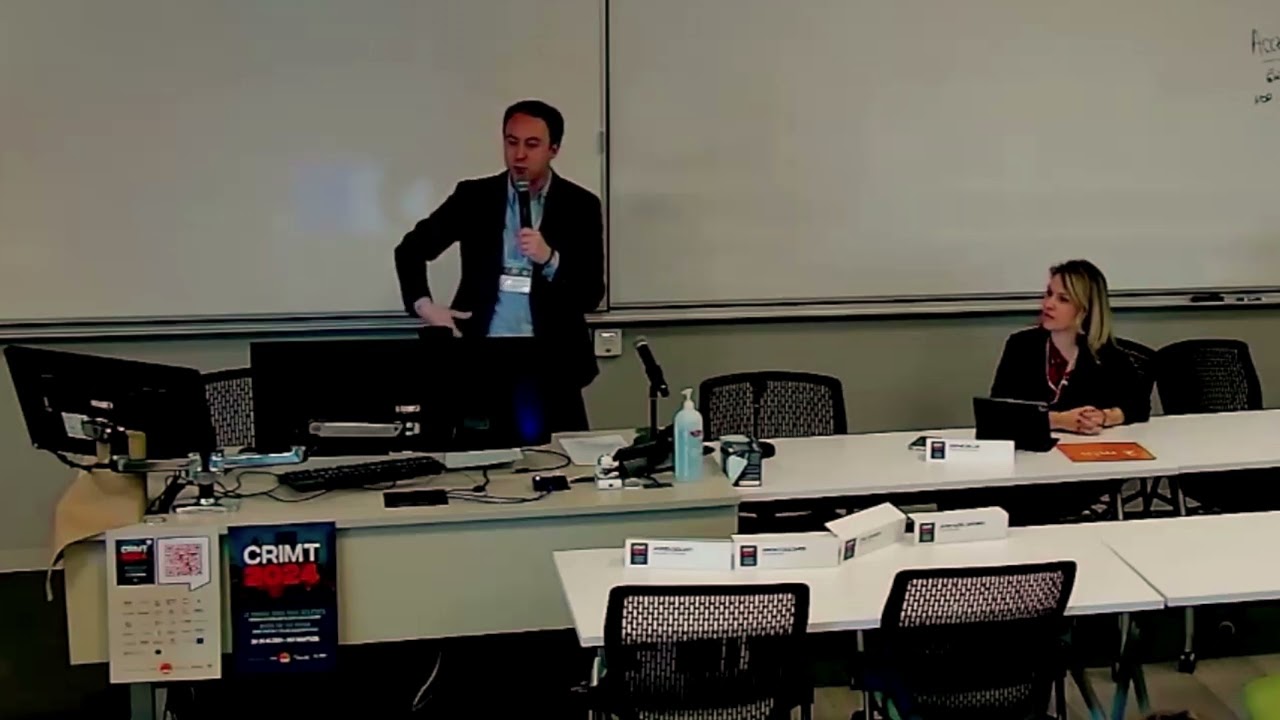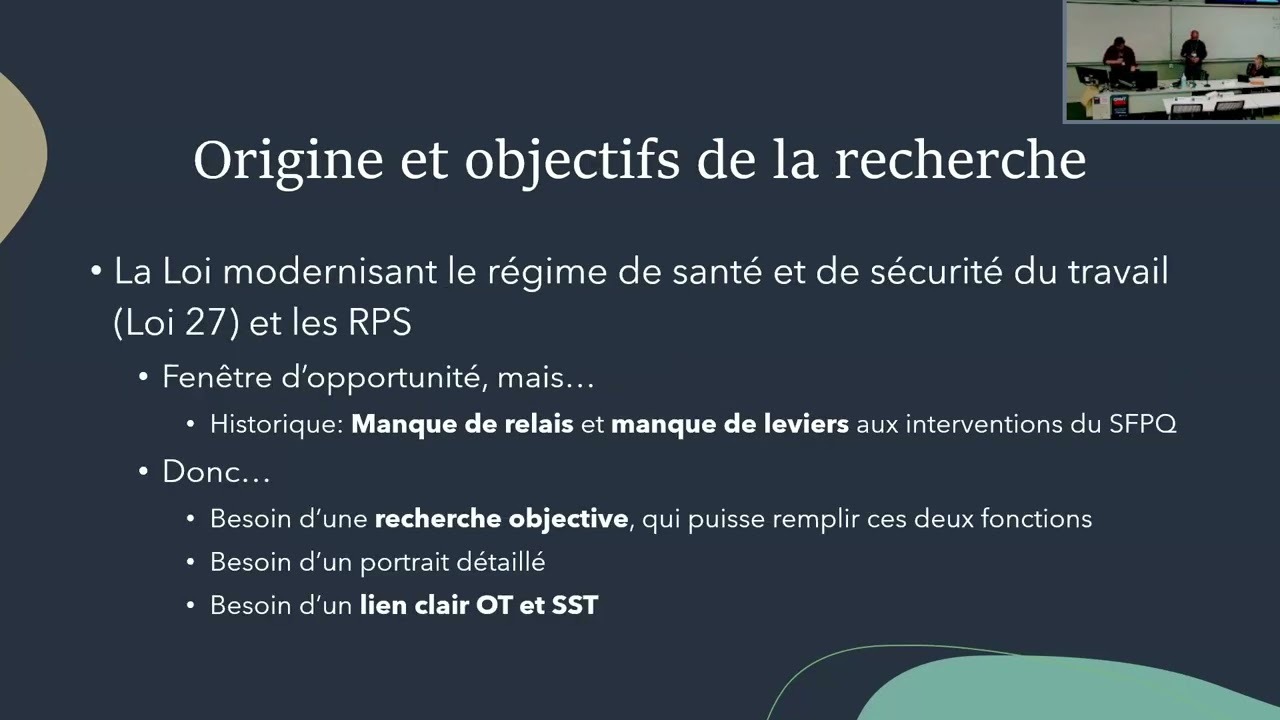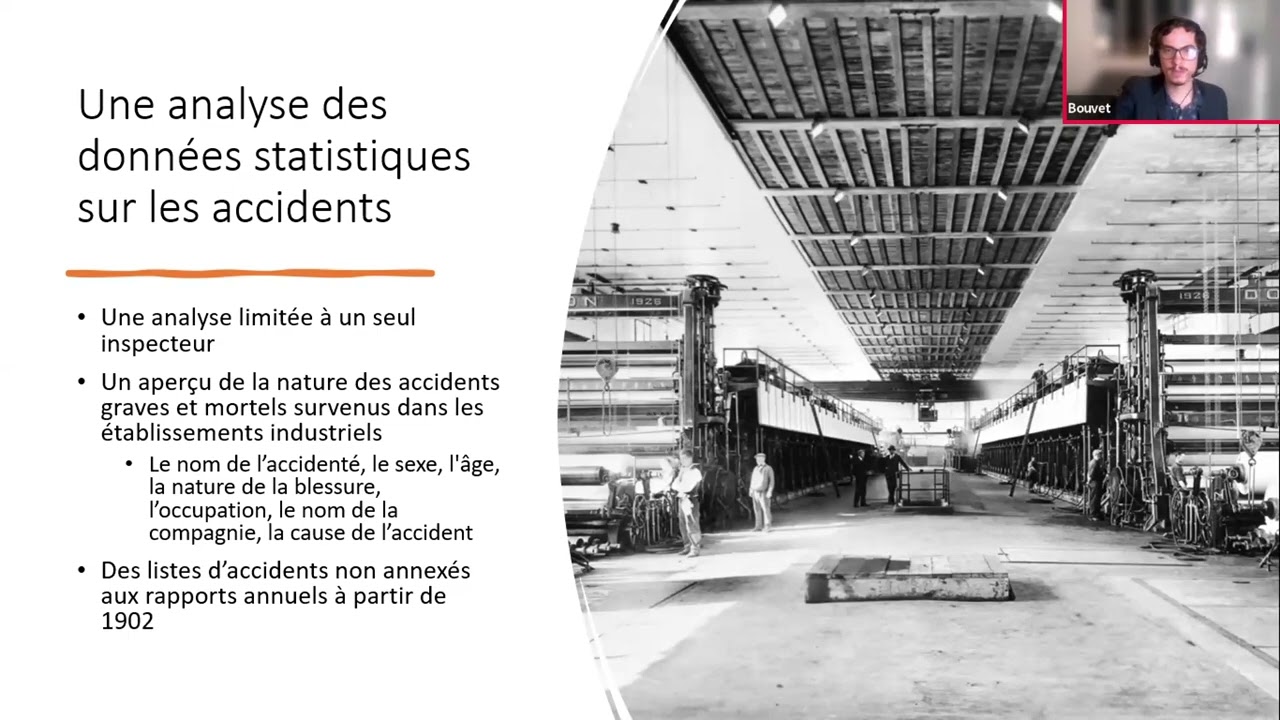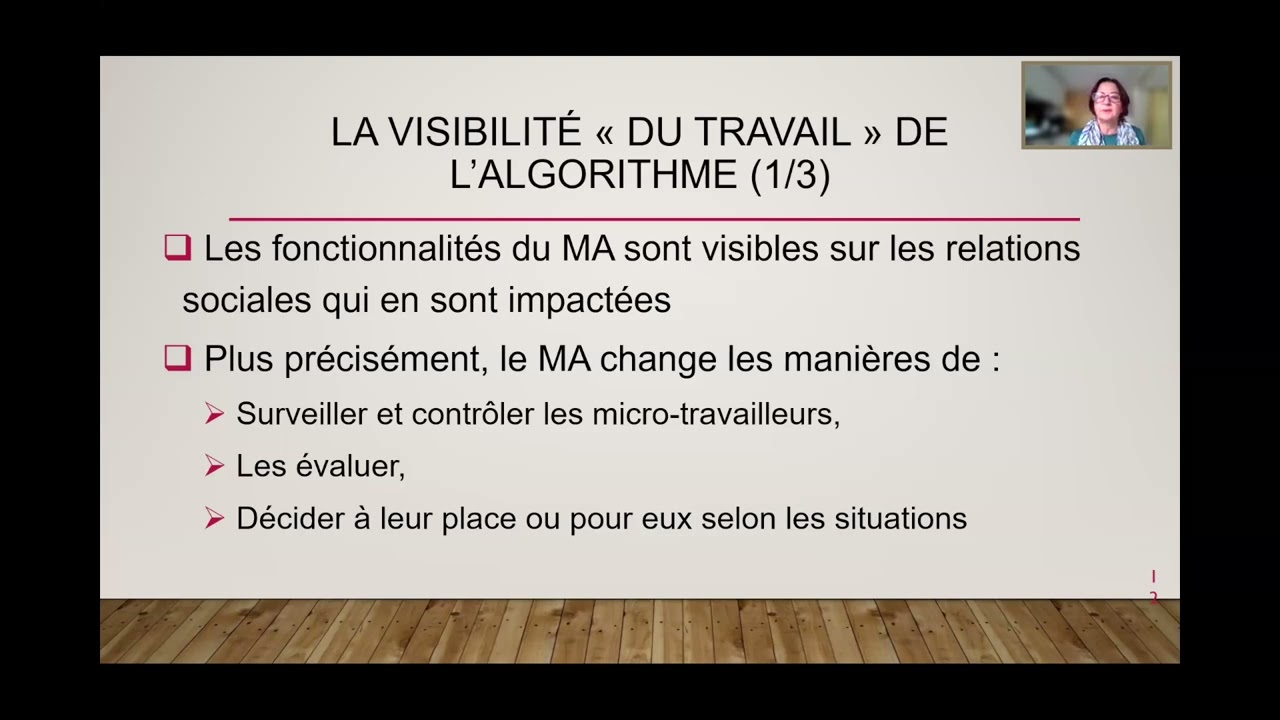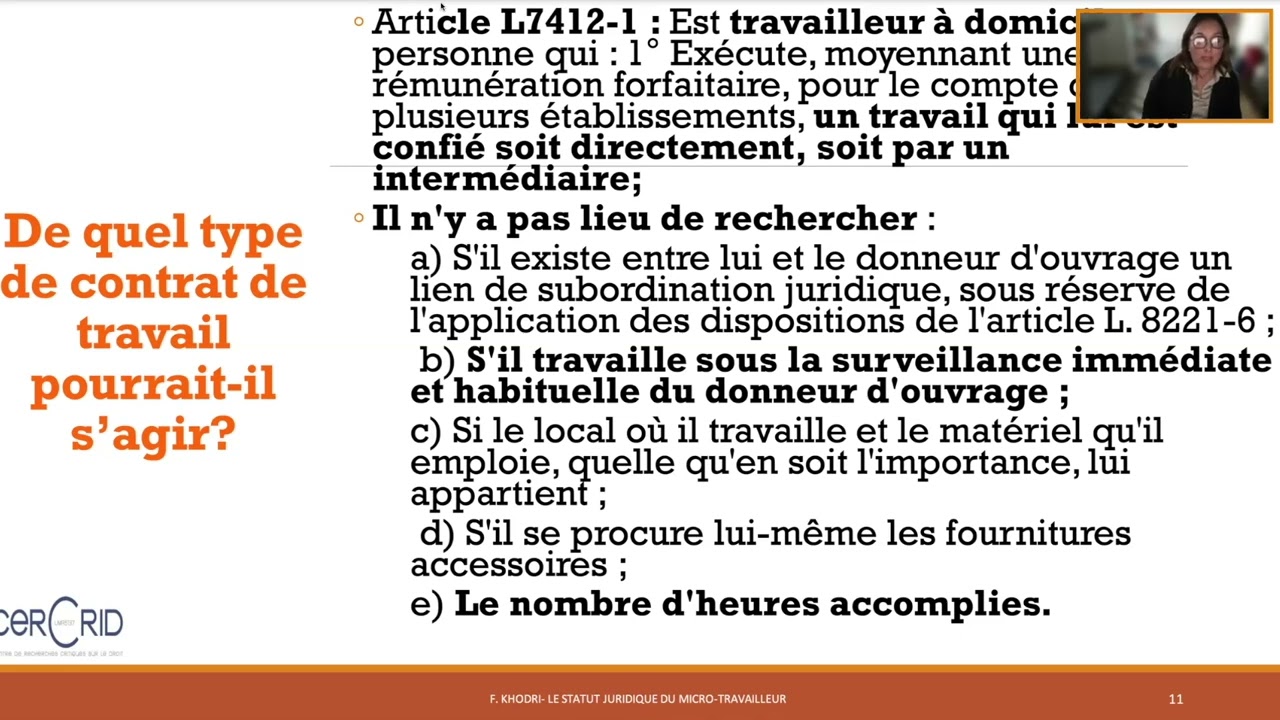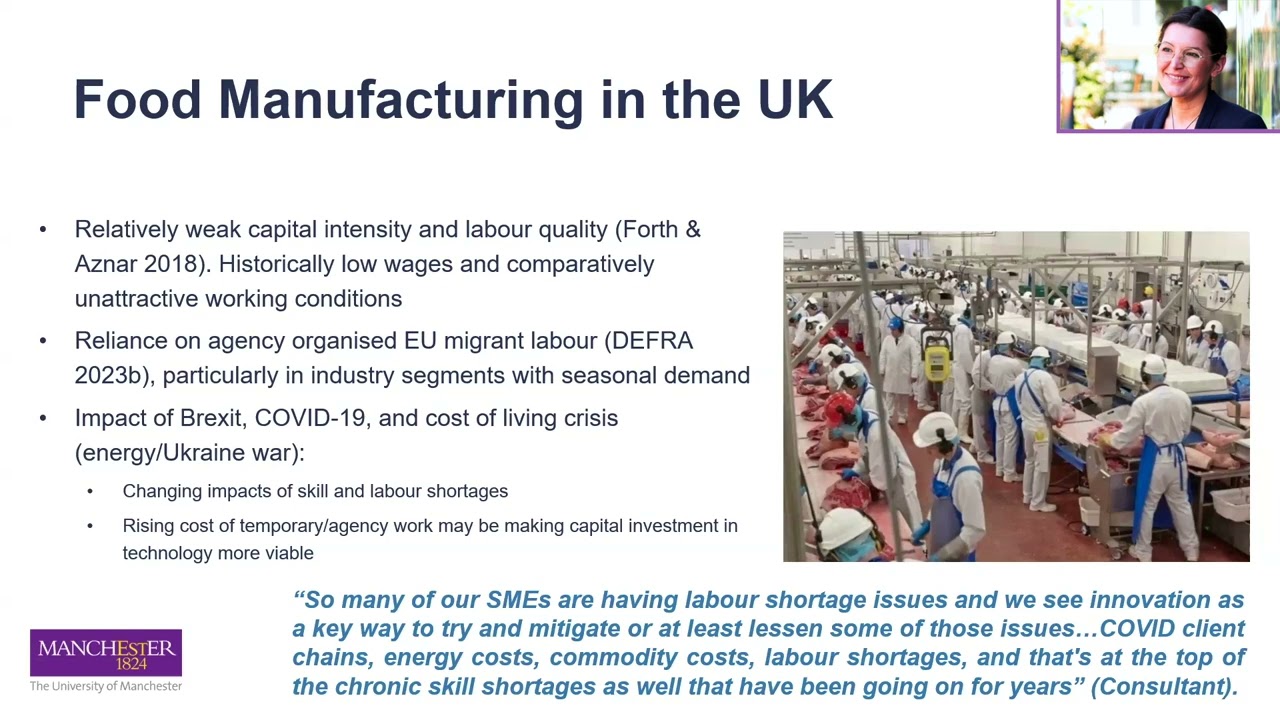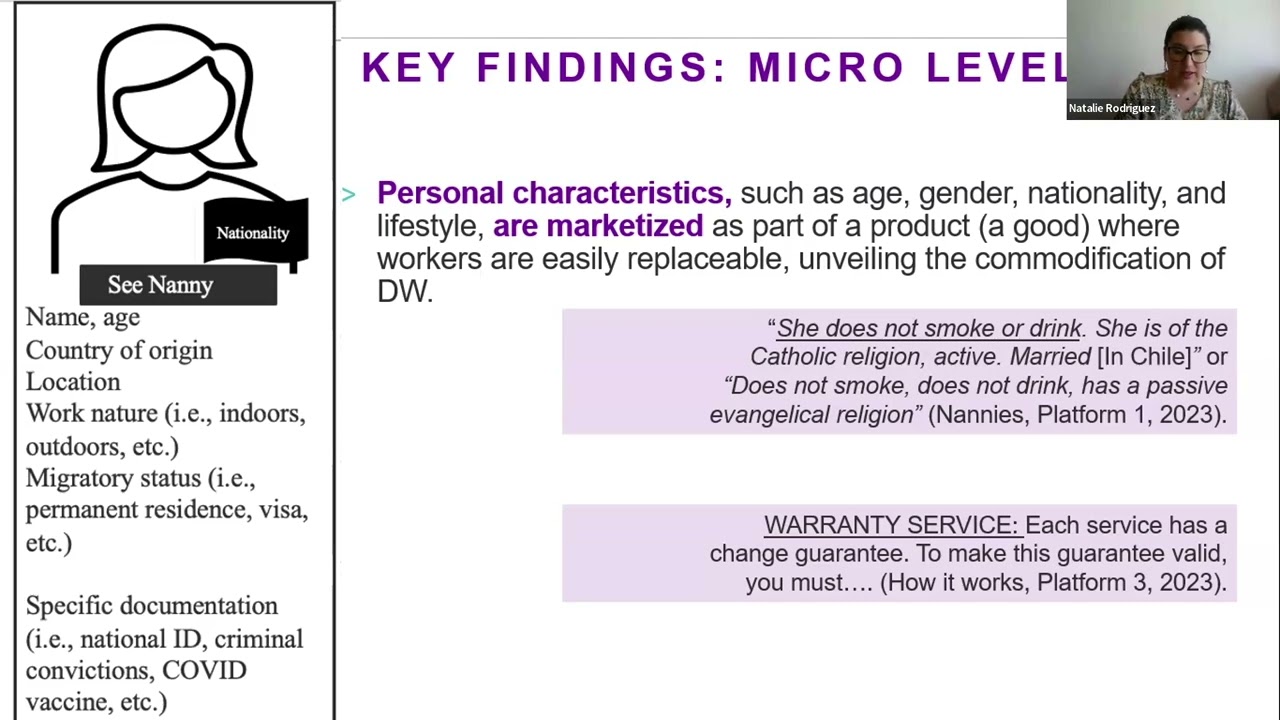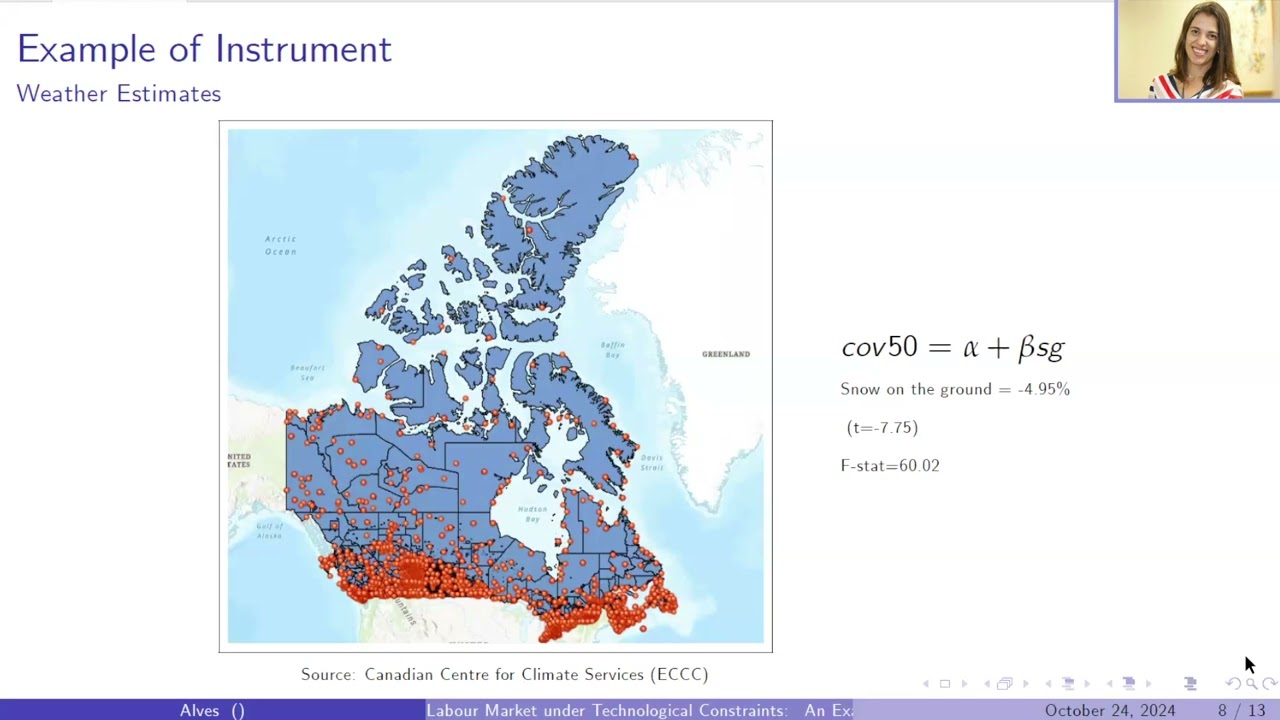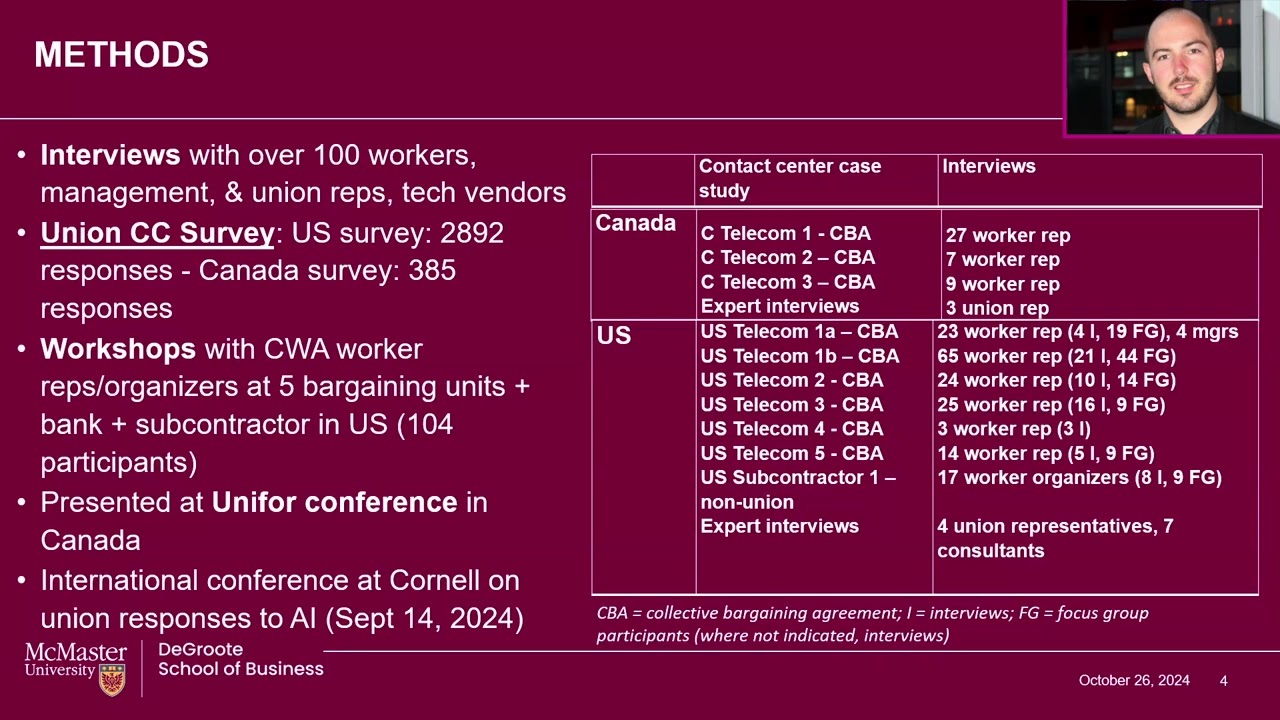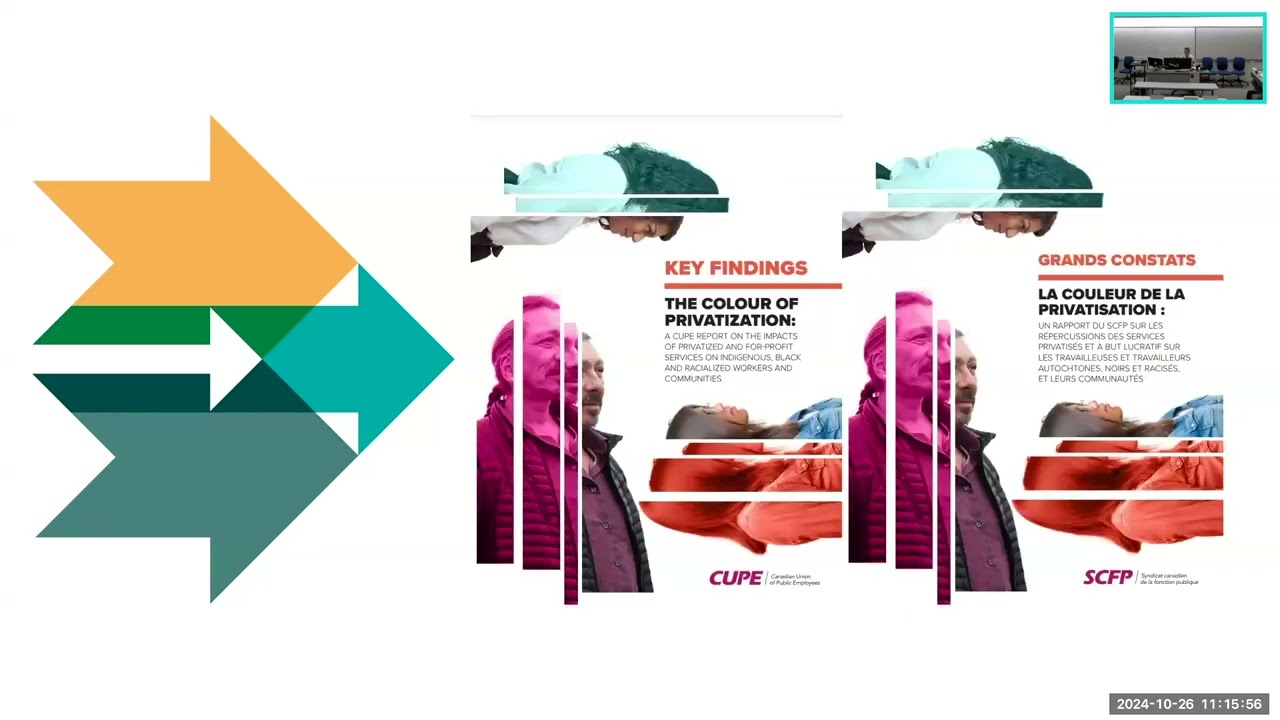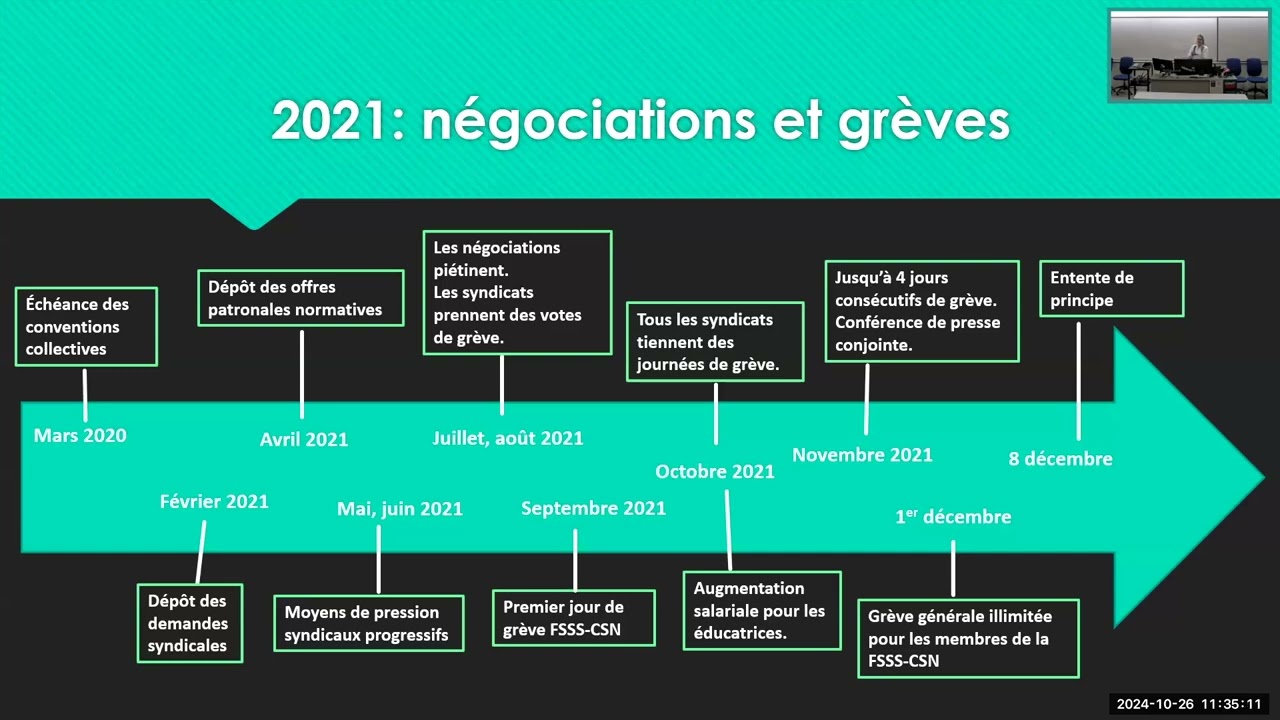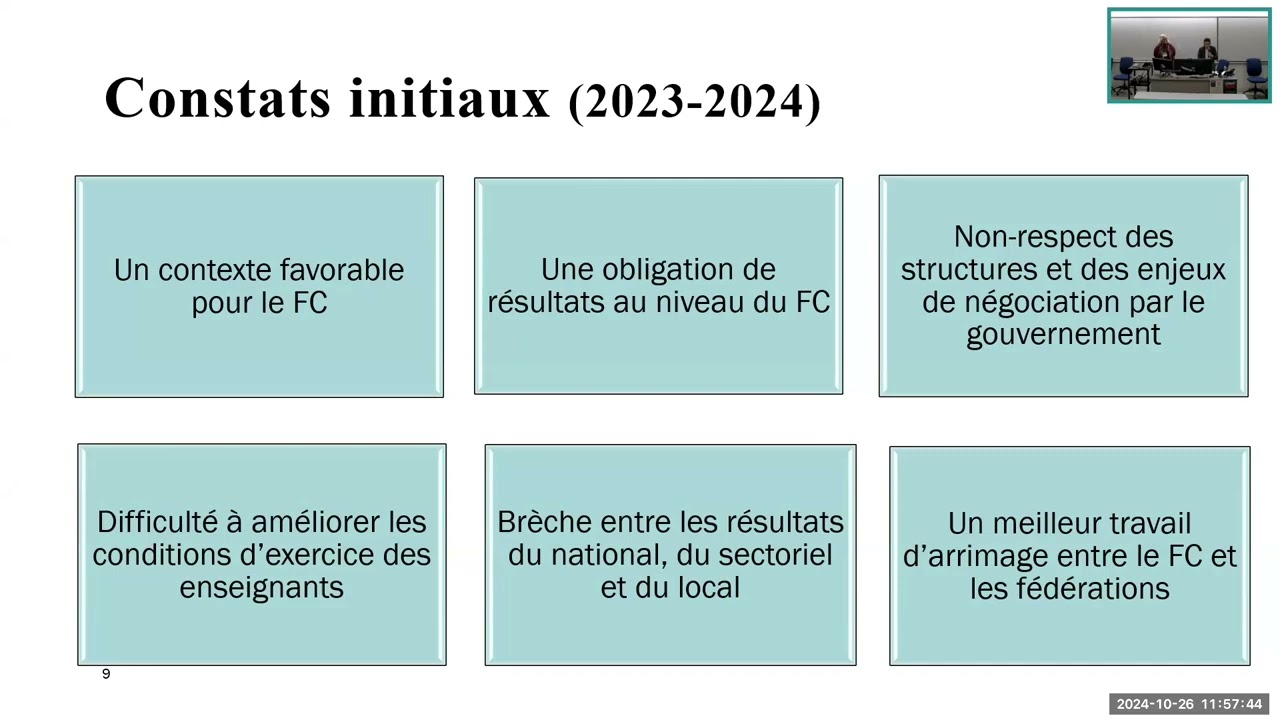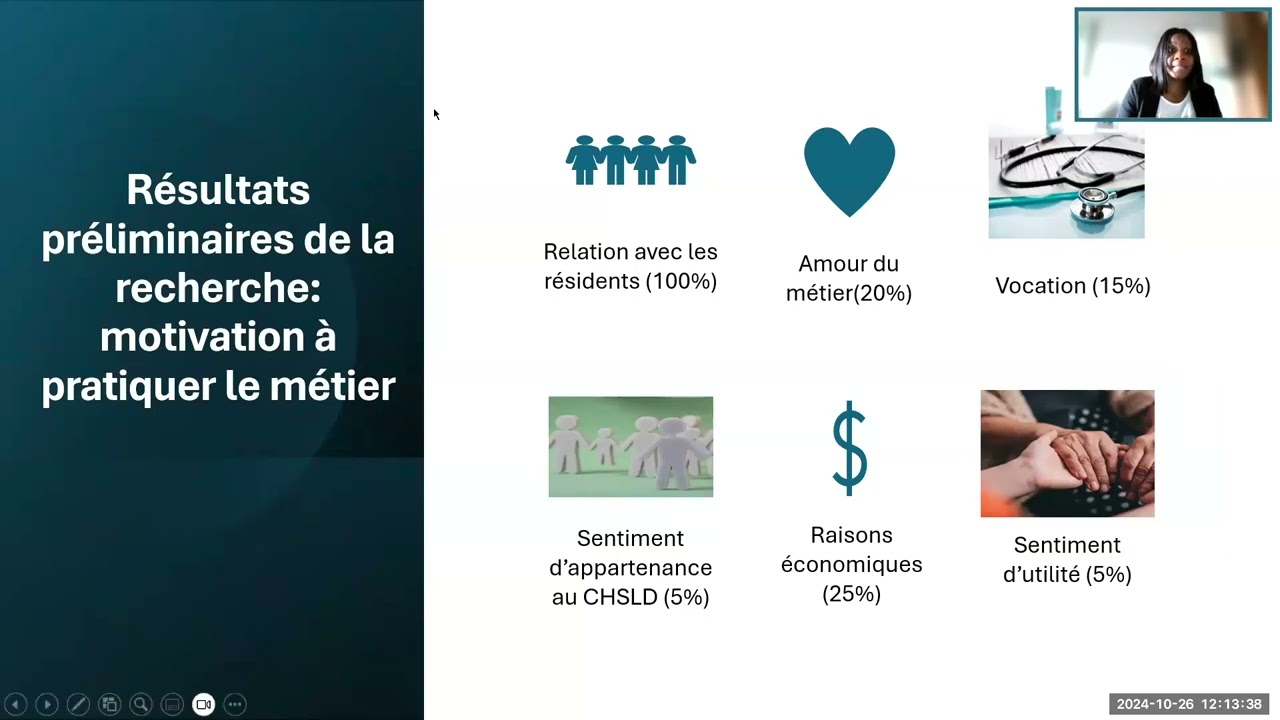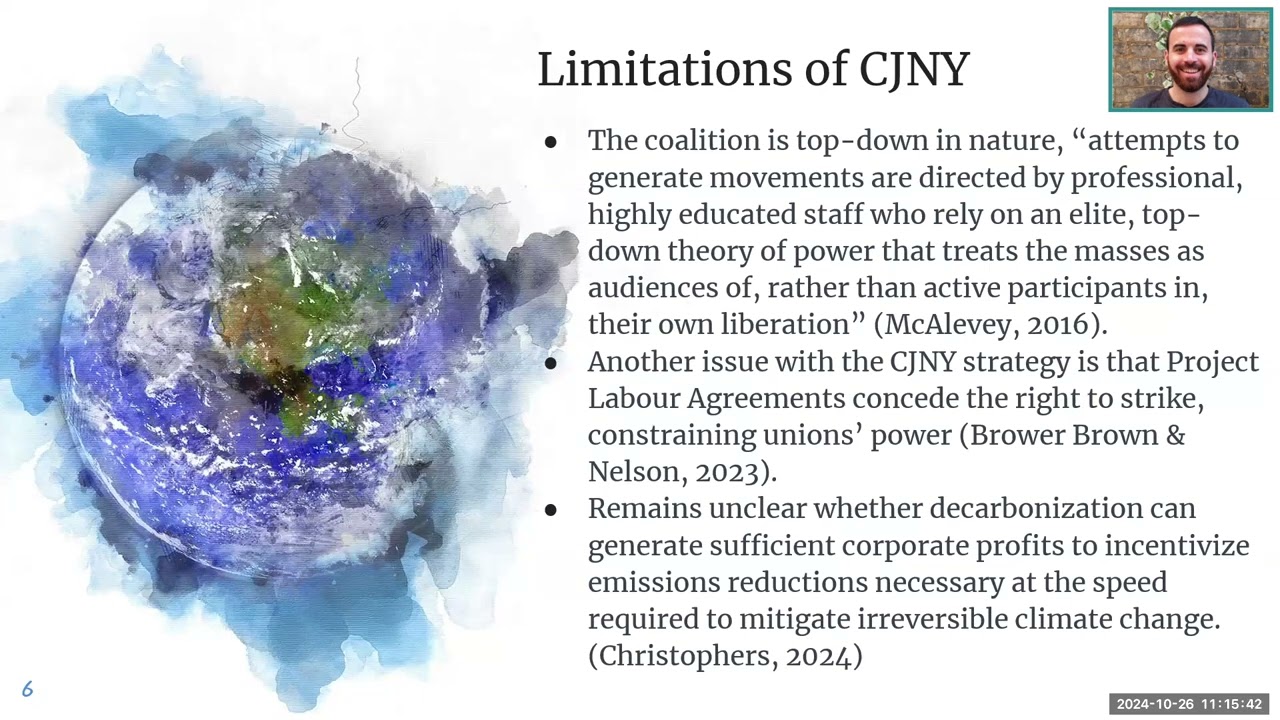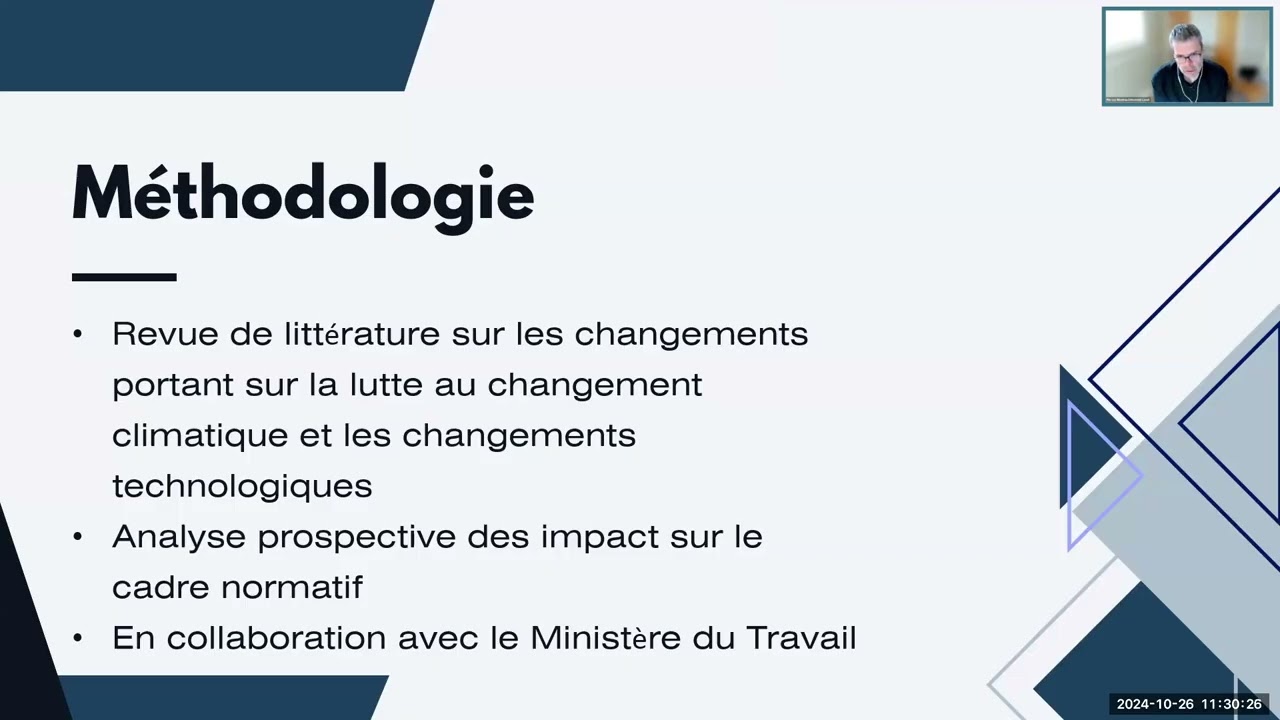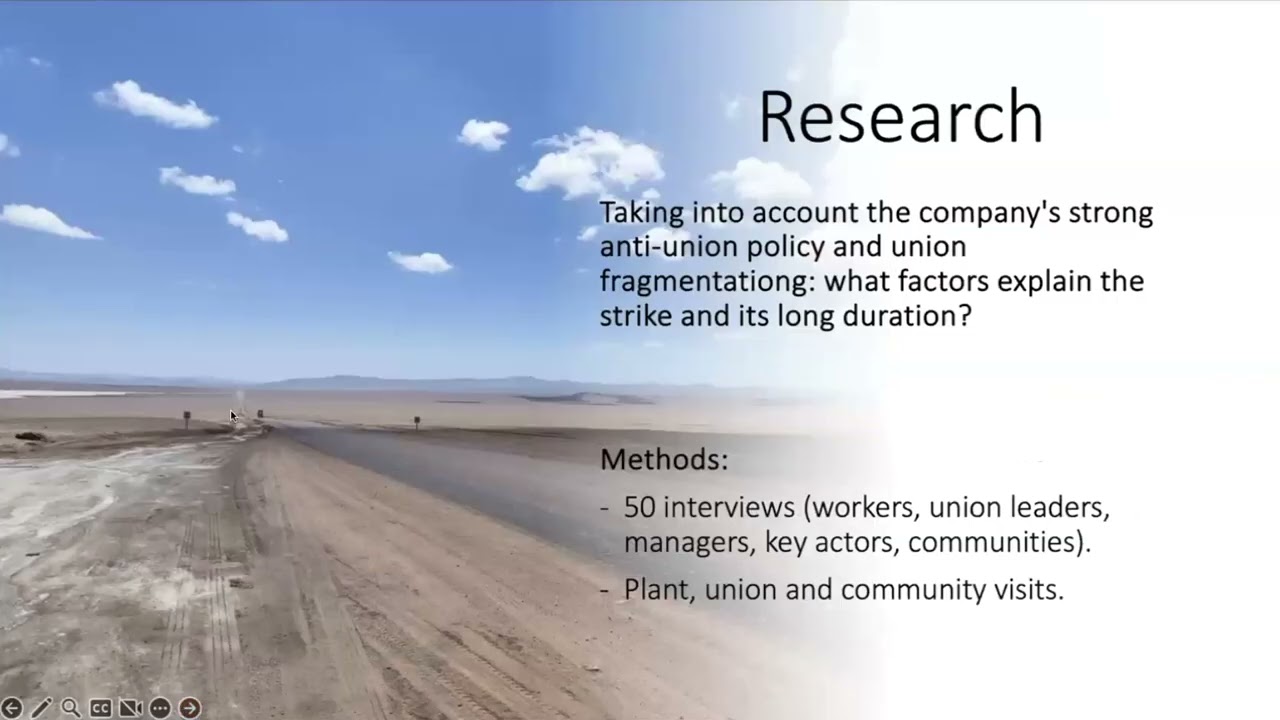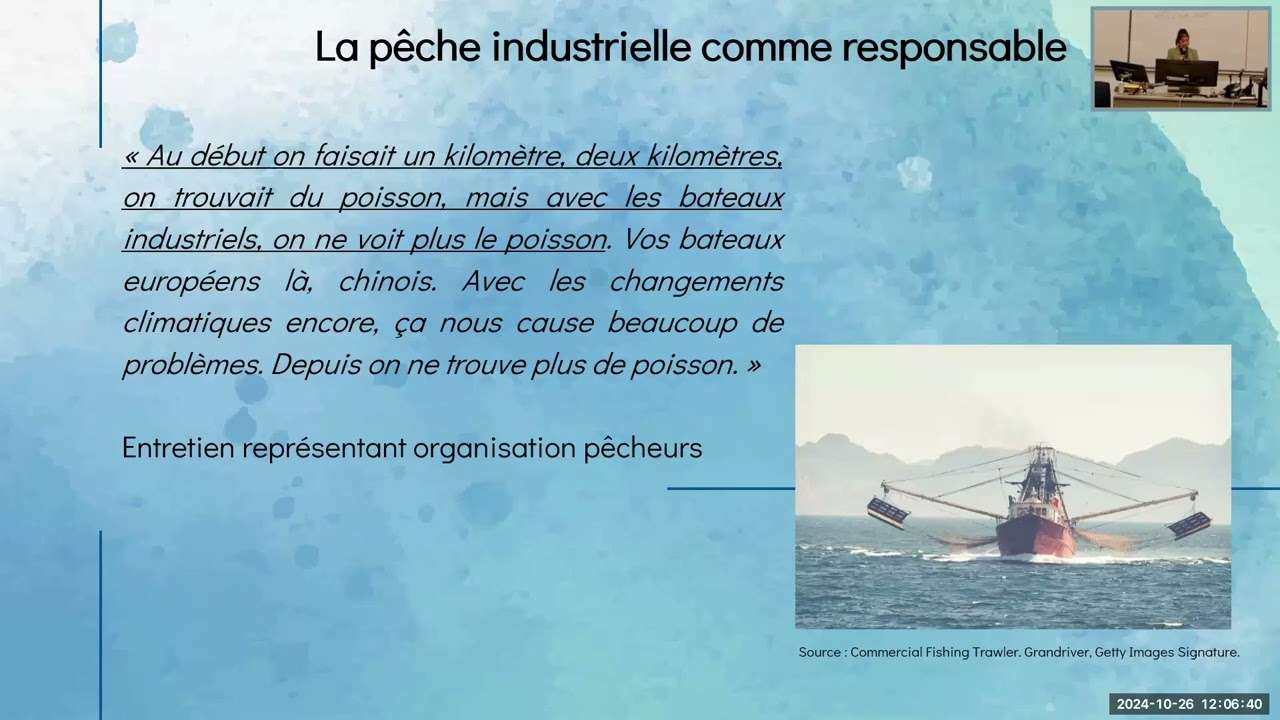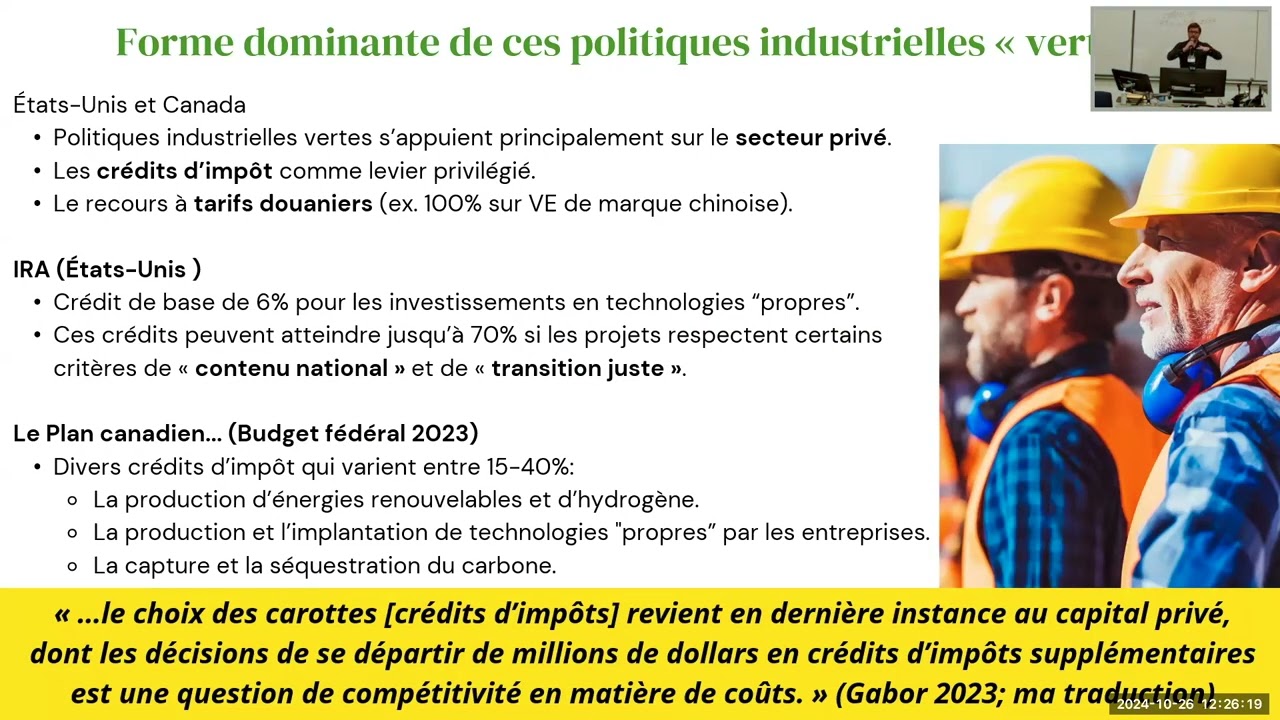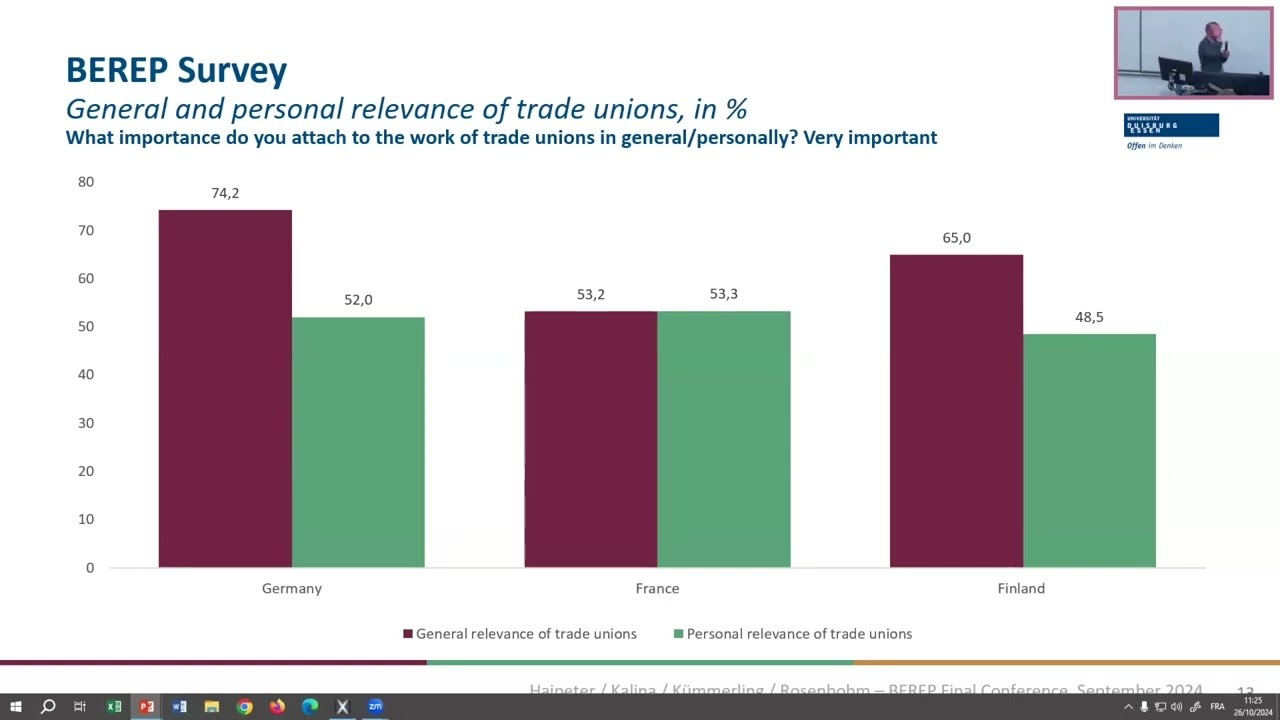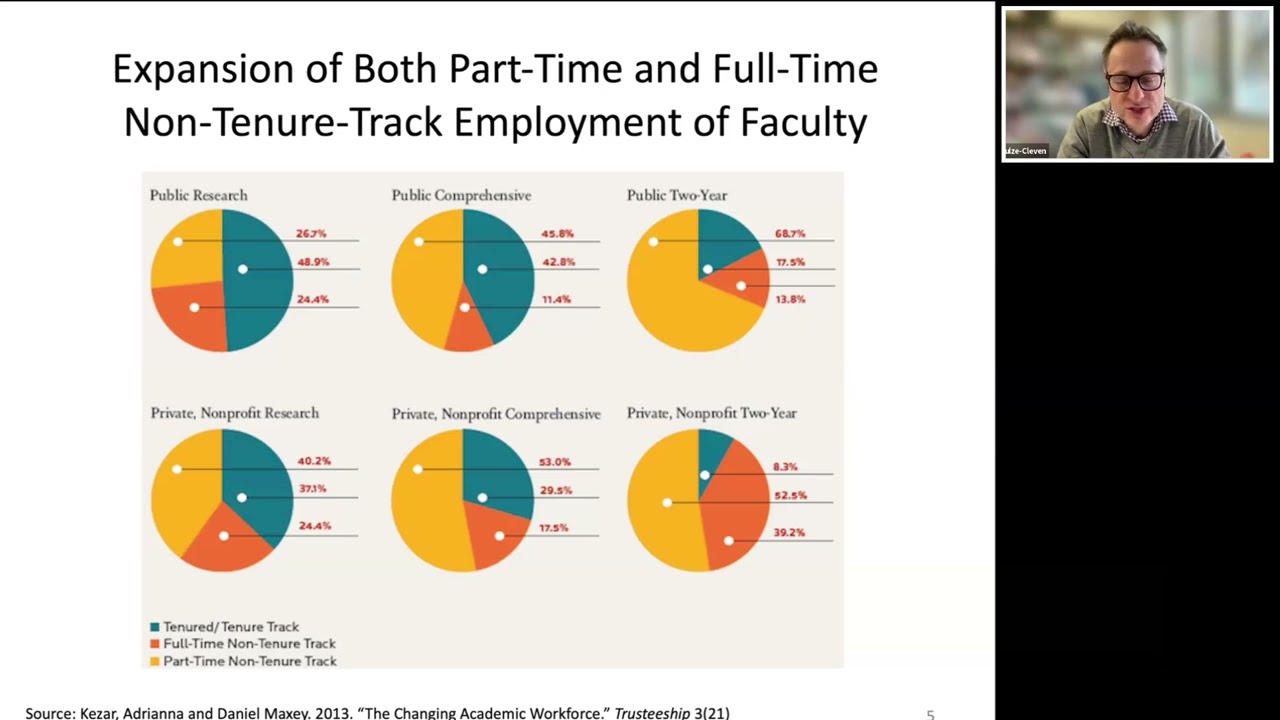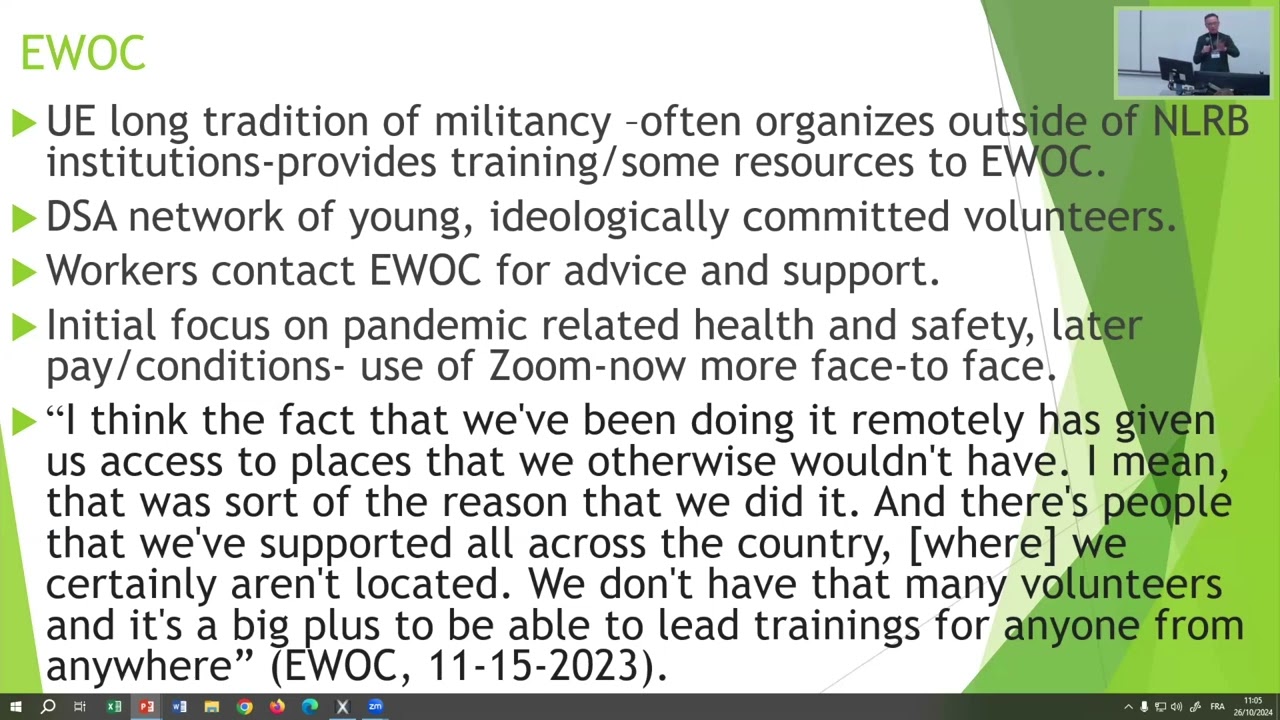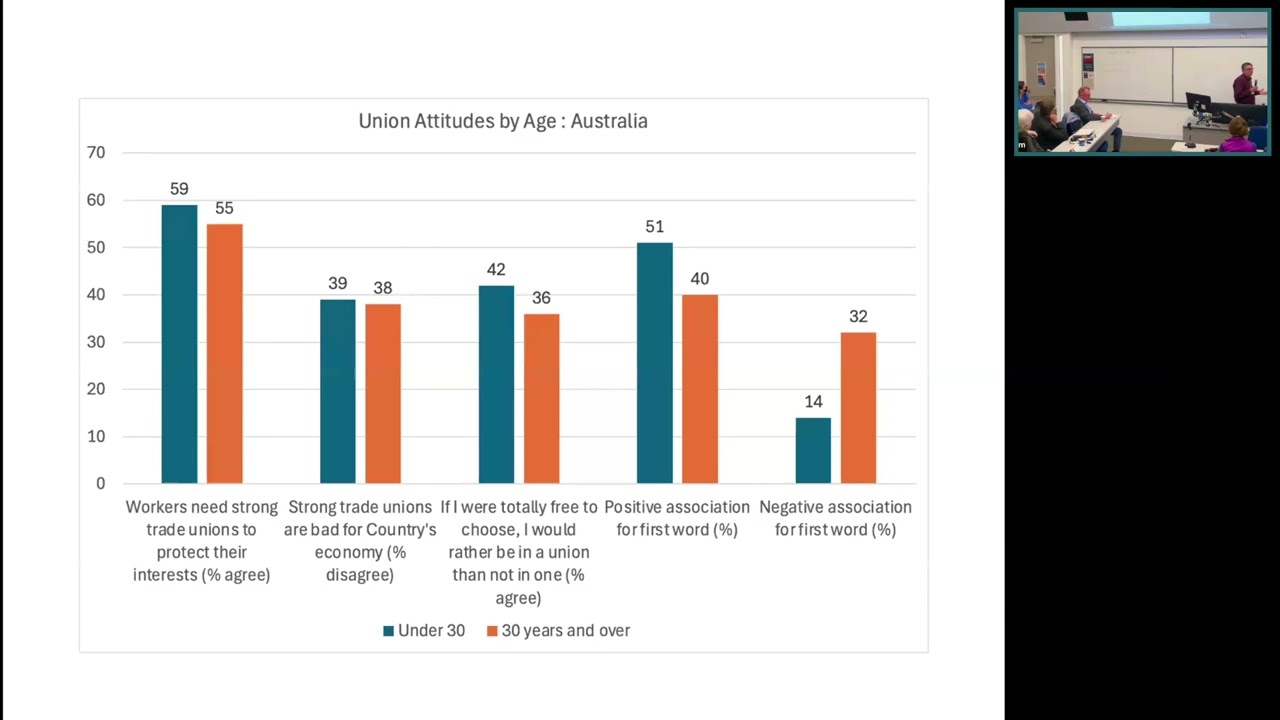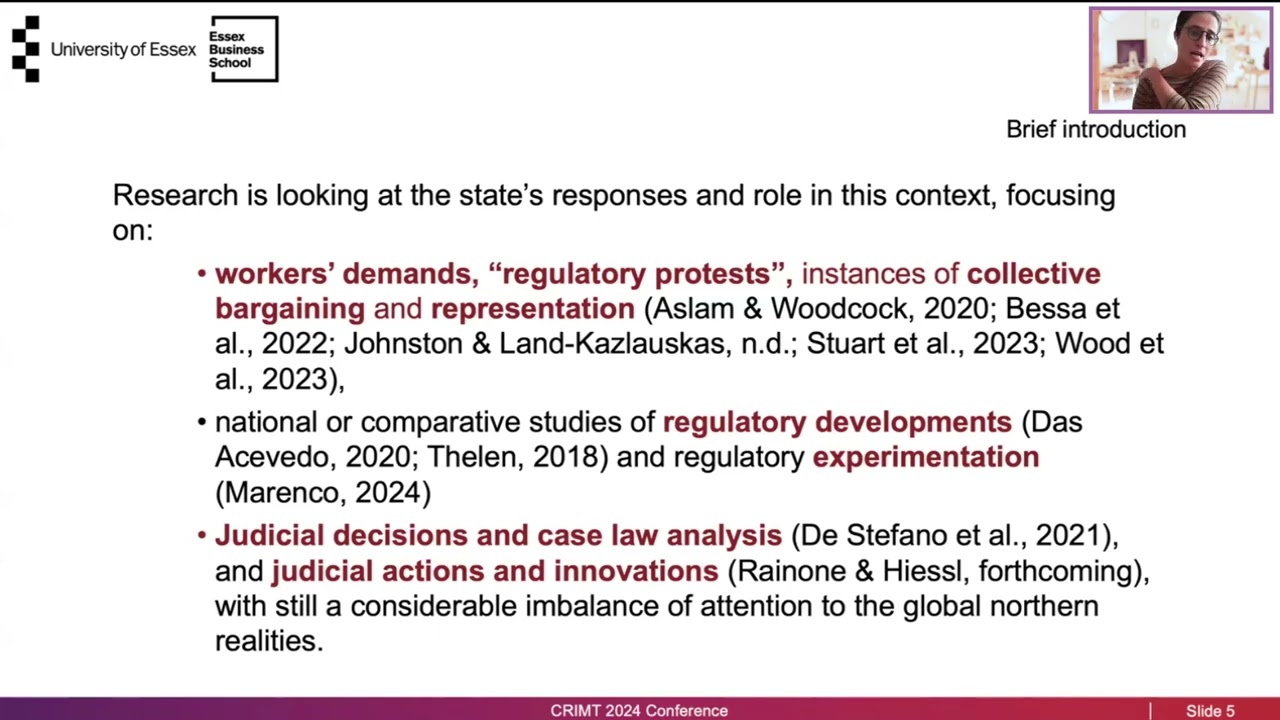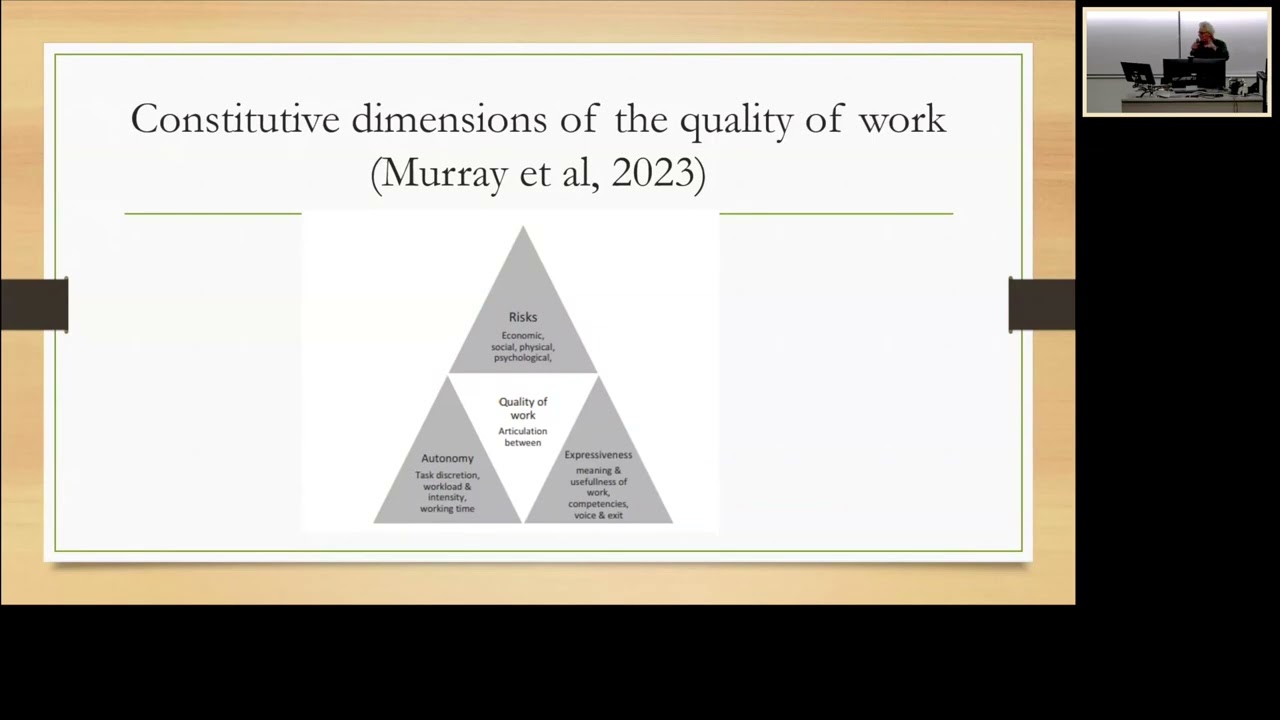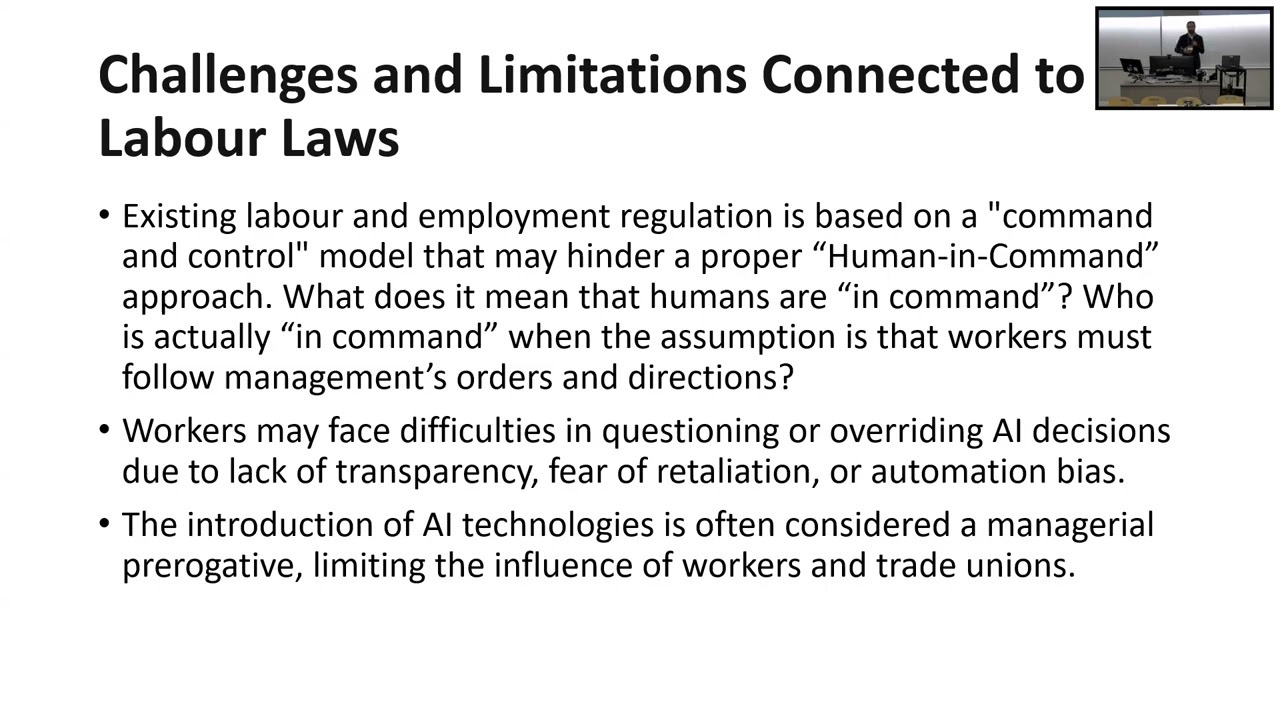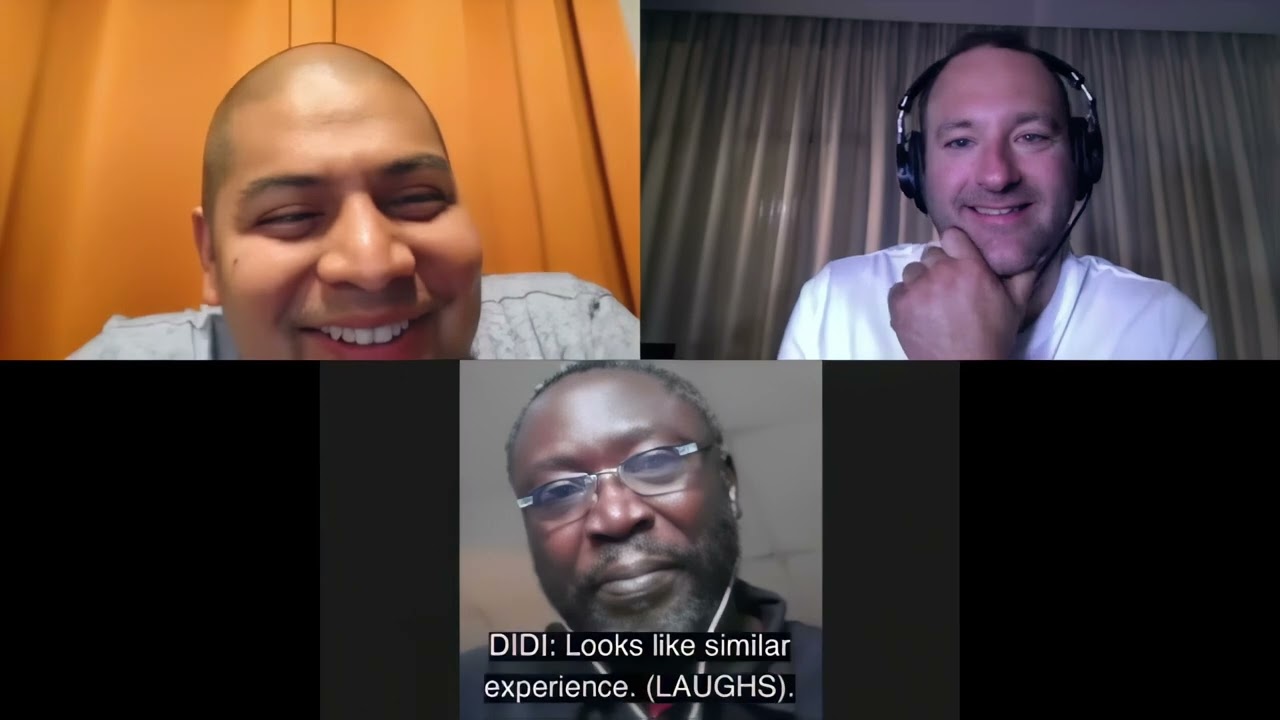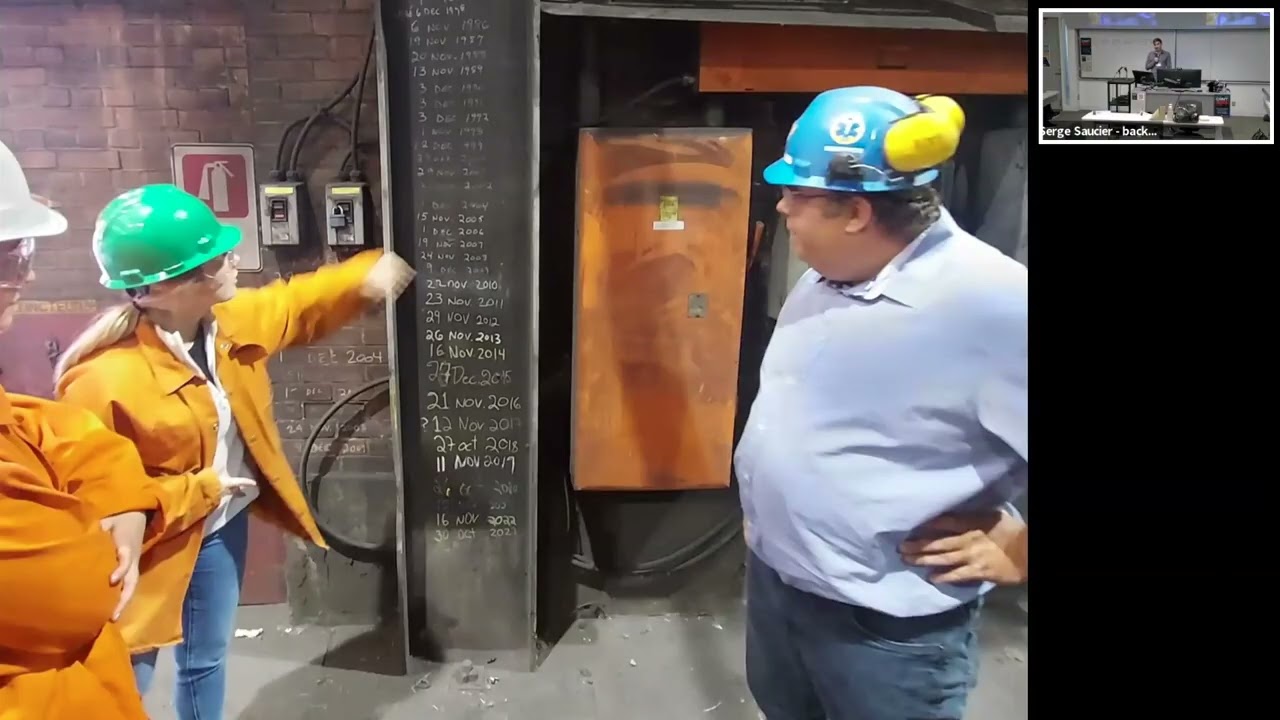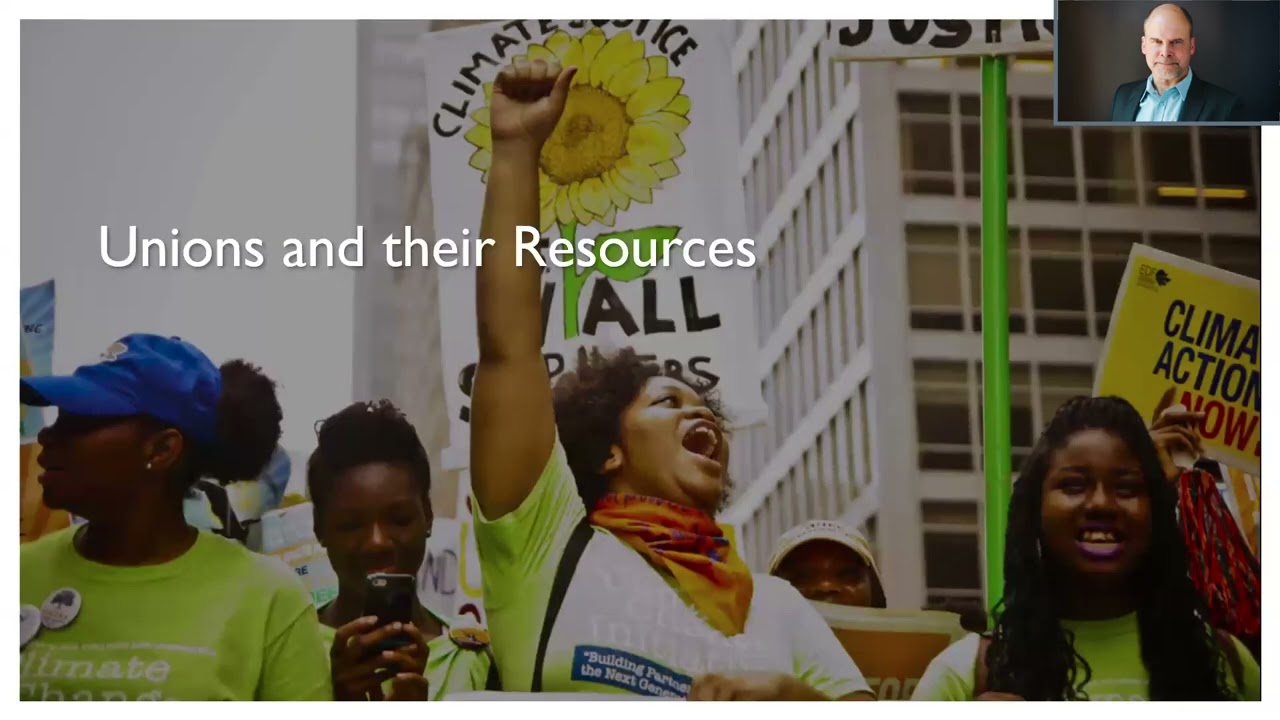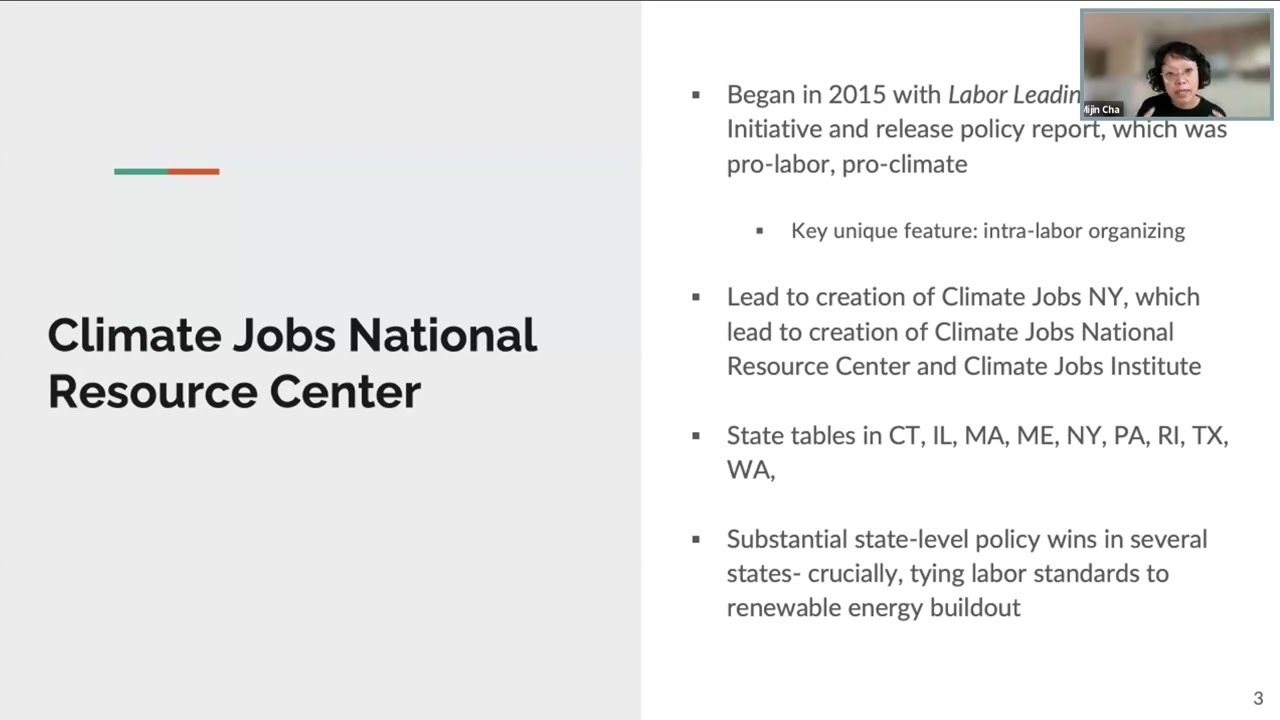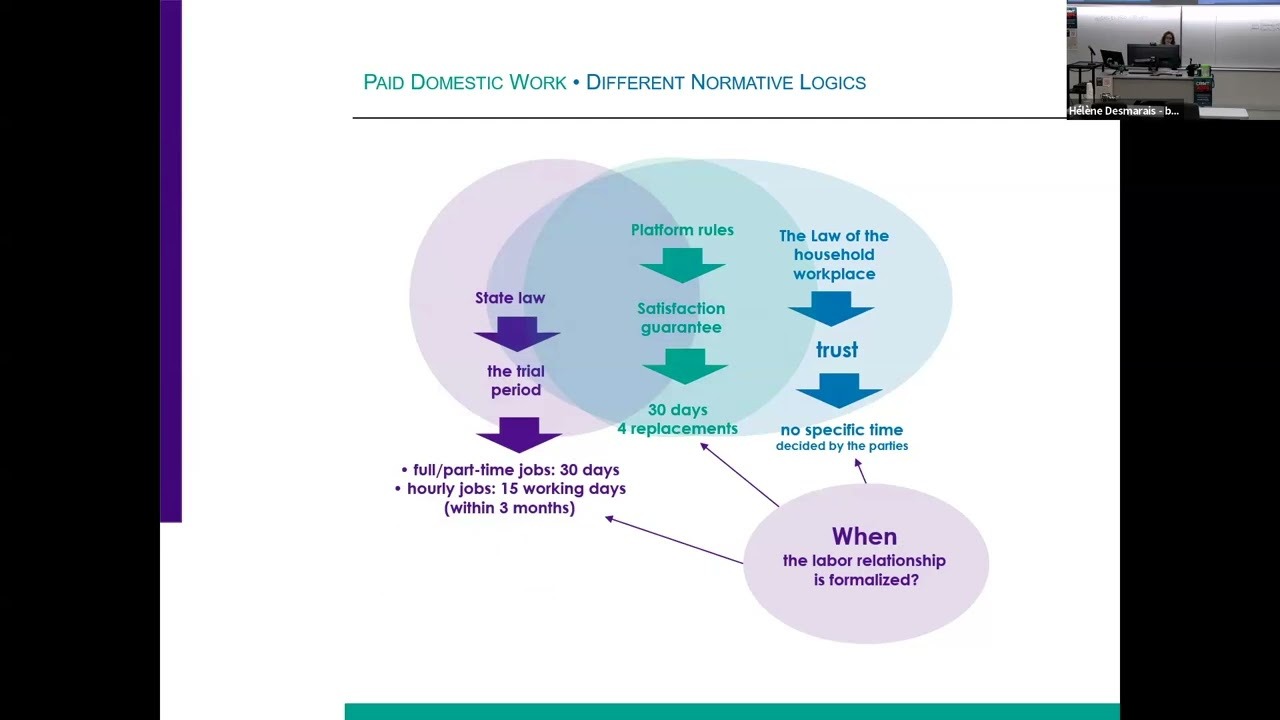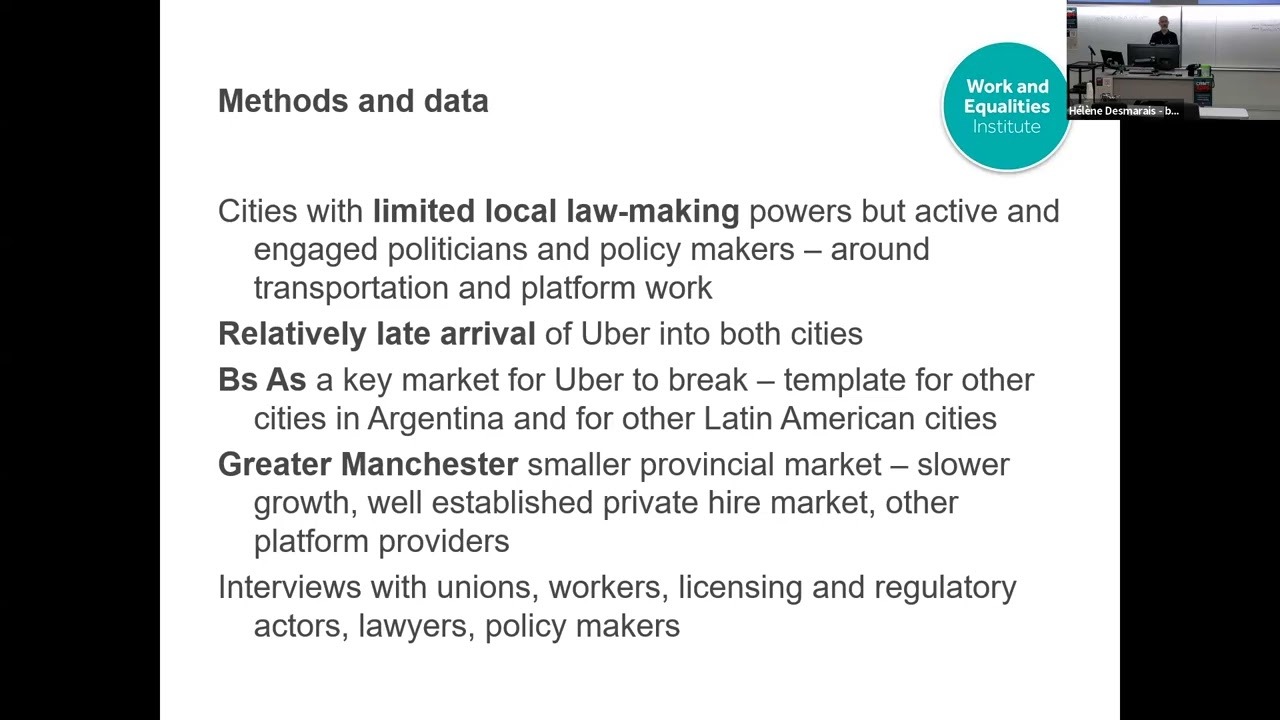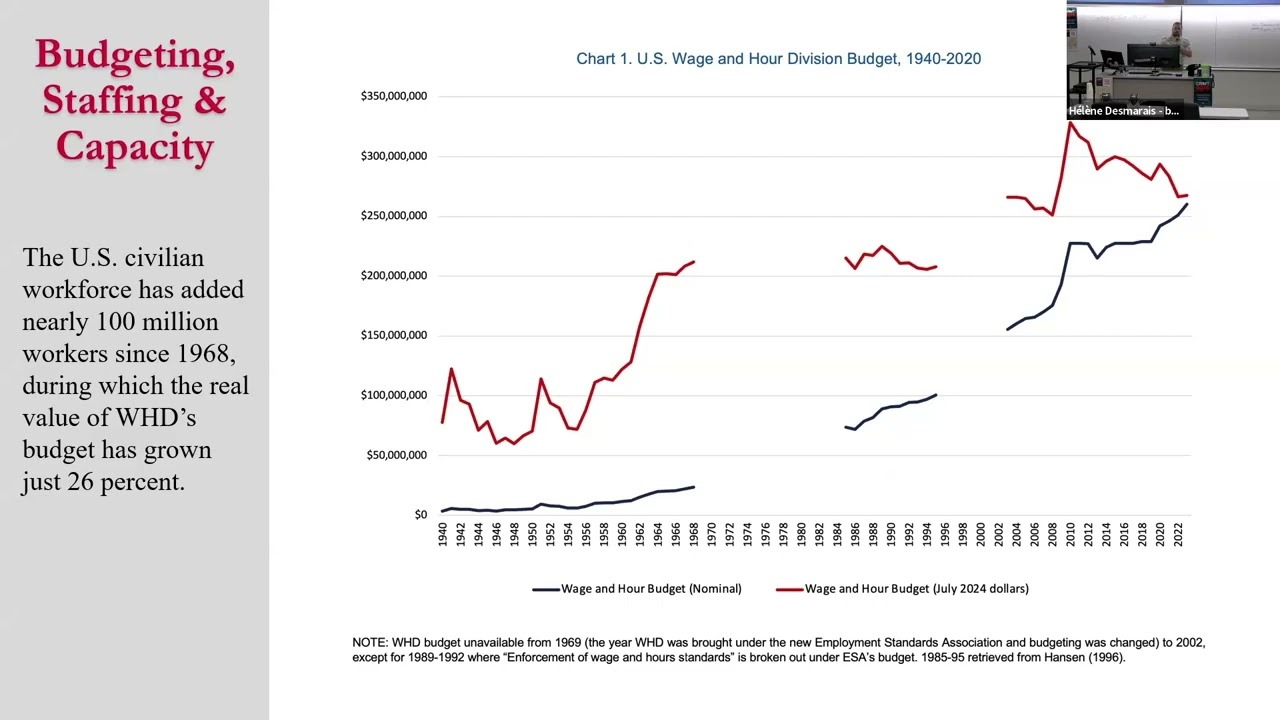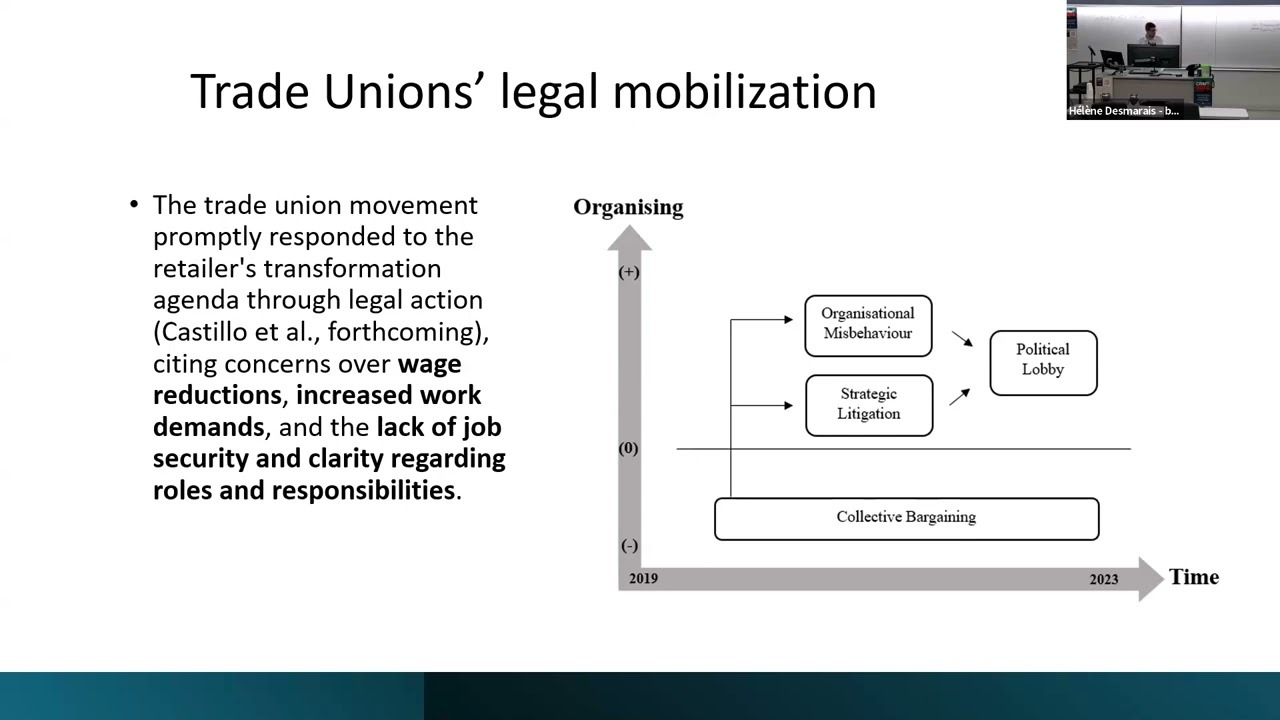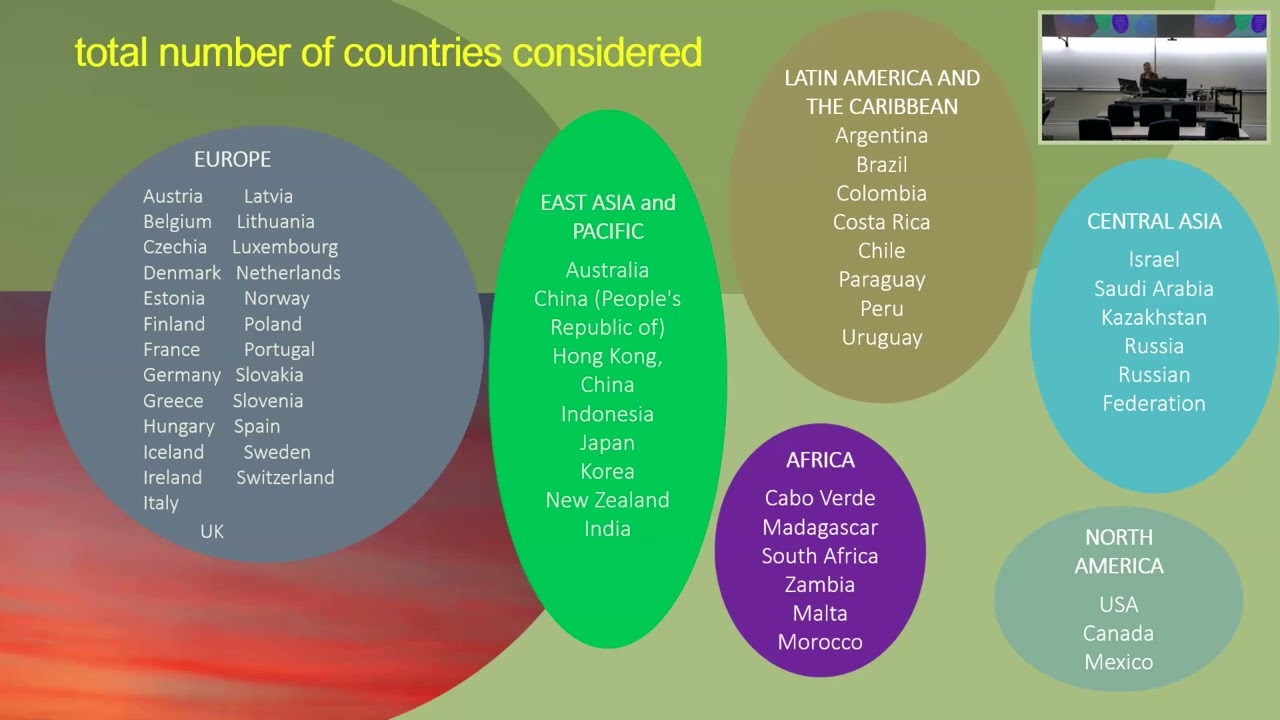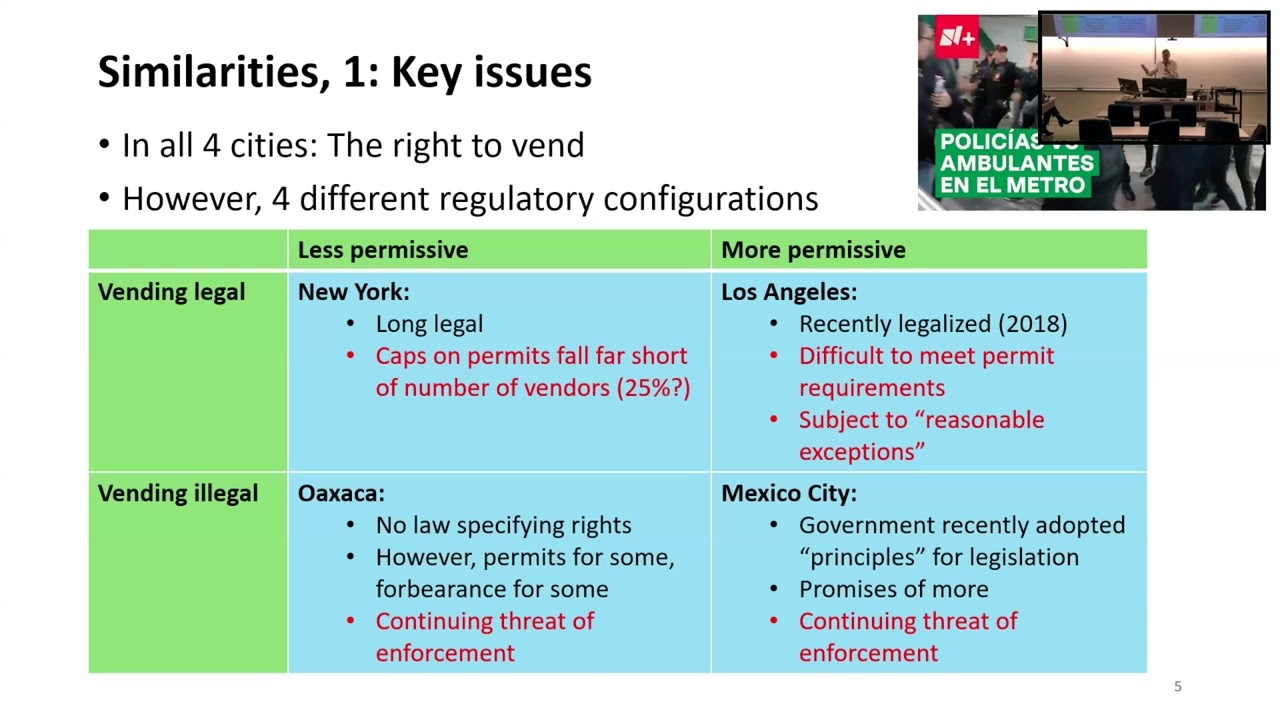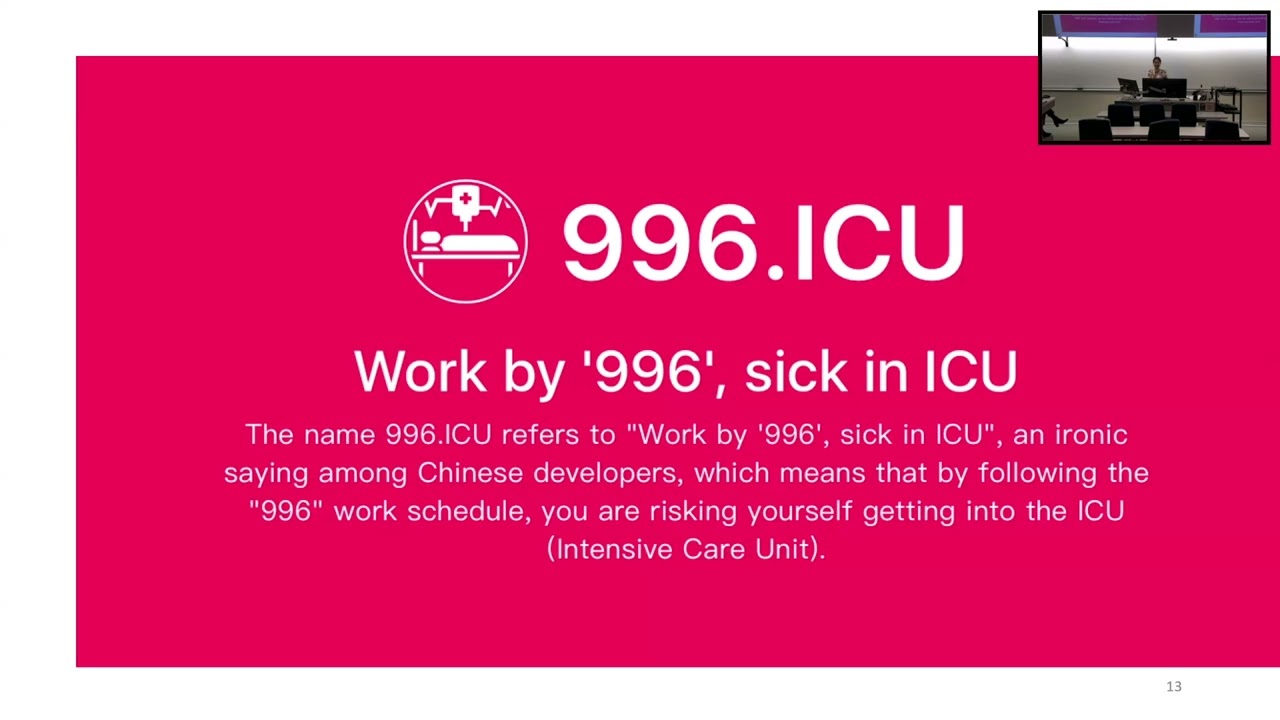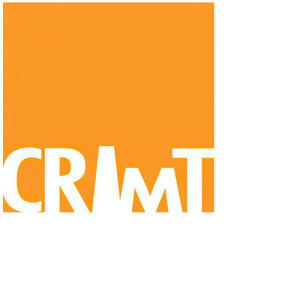CRIMT 2024 CONFERENCE
MULTIMEDIA RESOURCES
Welcome to the multimedia portal of the CRIMT 2024 International Conference – Work on the Brink. Better Work for a Just and Sustainable Future, a space designed to share and deepen the insights emerging from this major event!
The Interuniversity Research Centre on Globalization and Work, in collaboration with its partners and sponsors, invites you to explore key moments from its international conference titled:Work on the Brink. Better Work for a Just and Sustainable Future, which took place from October 24 to 26, 2024, at HEC Montreal in a hybrid format. This multimedia portal, designed to facilitate knowledge dissemination, aims to promote the transfer of research findings and deepen the understanding of the dynamics disrupting and transforming the world of work, as well as the policies, practices, and strategies implemented in response.
The conference brought together a diverse group of researchers, practitioners, and stakeholders from over 25 countries around a dynamic and interactive program. It included two and a half study days, featuring 70 scientific workshops, along with a community forum on October 25 that offered a plenary session and multiple round table discussions. These exchanges facilitated meaningful dialogue between the academic community and field practitioners.
This site provides exclusive access to the event’s content, organized into three thematic sections. These sections capture the richness and variety of discussions from: 1) the opening plenary, 2) the community forum, and 3) the scientific workshops. The opening plenary session and the community forum include contributions in both French  and English
and English  , while the scientific conferences are presented in either language, as specified in the database at the bottom of the page. Some presentations may be unavailable due to technical issues or at the request of their authors.
, while the scientific conferences are presented in either language, as specified in the database at the bottom of the page. Some presentations may be unavailable due to technical issues or at the request of their authors.
CRIMT is funded by the Social Sciences and Humanities Research Council of Canada (SSHRC) through its Partnership program and by the Fonds de recherche du Québec (FRQ) through its Strategic Clusters program.
Immerse yourself in the content at your own pace and extend the conference experience well beyond its conclusion!

![]() Photo credit: Valérie Paquette
Photo credit: Valérie Paquette
THE CONFERENCE
IN THE MEDIA
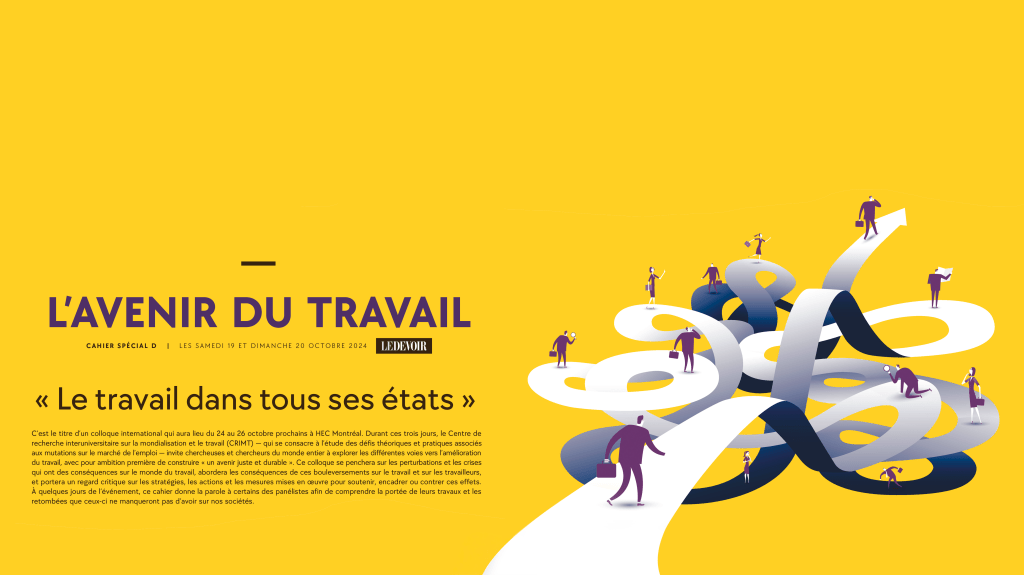
In this special edition of the newspaper Le Devoir titled: Le travail dans tous ses états, readers were given the chance to explore various issues discussed at the conference. As the event approached, several researchers shared their insights on changes in workplaces and labour markets, their effects on society, and the strategies implemented to address these challenges [NOTE: Content in French.]
![]()

![]()


In the March 9th edition of the program Tout terrain, hosted by Janic Tremblay and aired on Radio-Canada, the second hour focused on a series of segments discussing various issues raised during the 2024 CRIMT conference. During this segment, several researchers who participated in the event were interviewed, providing in-depth insights into the topics discussed [NOTE: Content in French.]
![]()

![]()

OPENING
PLENARY

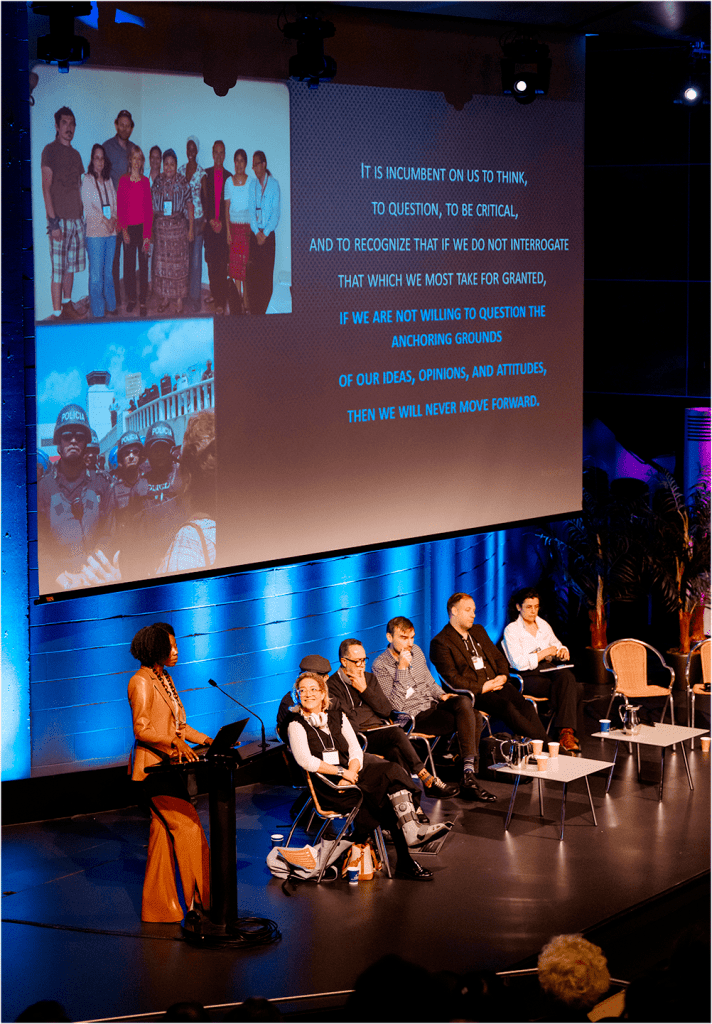
Work on the Brink: Utopias, Dystopias
Our Starting Point. The world of work is undergoing a profound transformation, catalyzed by a multitude of disruptive forces. Among these are the climate crisis, the rise of digital technologies, the fragmentation of work environments, as well as persistent inequalities related to gender and race, demographic changes, geopolitical and trade tensions, and the rise of populist politics, to name just a few. These upheavals are not only redefining the nature and quality of work but also the lives of workers, as well as the organizations and communities to which they belong.
The main goal of this conference was to deepen our understanding of the impacts of these transformations, to explore the challenges they generate, and to examine the responses – whether initiatives, experiments, or resilience strategies – deployed by actors in the world of work to adapt to these new realities.
To address this issue, we chose to structure the opening plenary session innovatively, moving away from the traditional format. Rather than long speeches, we opted for a presentation enriched by multiple perspectives, stemming from the key themes of our research program. This approach aimed to highlight creative thinking, the ability to consider issues from new angles, and to translate these reflections into concrete actions aimed at improving work. We also took into account the potentially positive and negative effects of these initiatives. The central theme of this plenary was: Work in All Its Forms: Utopias and Dystopias.
The plenary session, brilliantly moderated by Gregor Murray from the University of Montreal, featured particularly enlightening interventions from Amanda Coles (Deakin University), Mathieu Dupuis (Laval University), Judy Fudge (McMaster University), Jorge Carrillo (El Colegio de la Frontera Norte), Ian MacDonald (University of Montreal), Isabelle Ferreras (UCLouvain), Tamara Lee (Rutgers University), and, in a surprising turn, an energetic rap performance by David Peetz from Griffith University, Australia.
COMMUNITY
FORUM

Our time is defined by significant upheavals driven by the climate crisis, the rise of digital technologies, geopolitical tensions, and demographic shifts — to name just a few. These dynamics are reshaping the world of work, redefining jobs, career paths, and impacting the organizations and communities where workers thrive.
The Community Forum, held on October 25, 2025, brought together academics and practitioners to foster constructive dialogue. Its goal was to deepen the understanding of these transformations, highlight the challenges they present, and explore the actions, experiments, and resilience strategies being employed in the world of work. By bridging scientific insight with real-world experience, this event provided concrete pathways to anticipate, adapt, and innovate in response to these ongoing changes.
OPENING SESSION
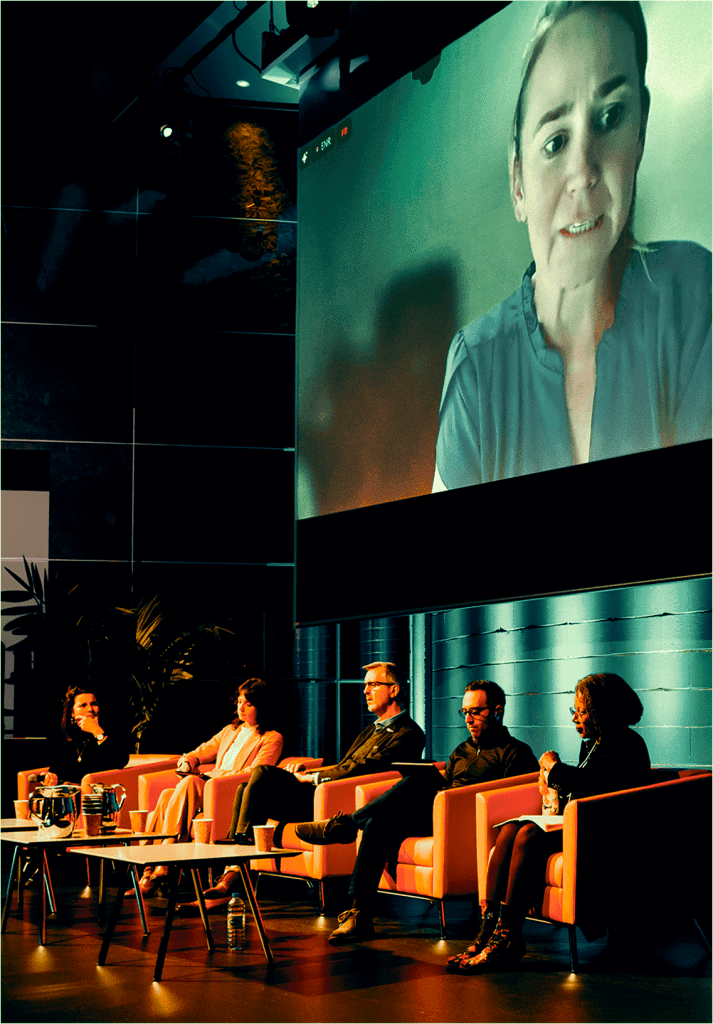
World-of-Work Actors: Drivers of Change?
The opening of the forum took the form of a roundtable discussion, fostering a friendly and interactive atmosphere, bringing together university professors and professionals from the world of work. Through dynamic and in-depth exchanges, this session provided valuable insights into the tools available to improve working conditions and practices.
Moderated with expertise by Dalia Gesualdi-Fecteau (University of Montreal), this discussion was enriched by the insightful contributions of Adelle Blackett (McGill University), Aude Cefaliello (European Trade Union Institute), Angelo DiCaro (Director of Research, Unifor), Jean Lortie (President, Labour Market Partners Commission), and Maite Tapia (Michigan State University). Together, they explored the levers of action to be deployed in response to the changes in work, while highlighting the challenges and opportunities that are shaping the future of the world of work.
ROUND TABLE DISCUSSIONS
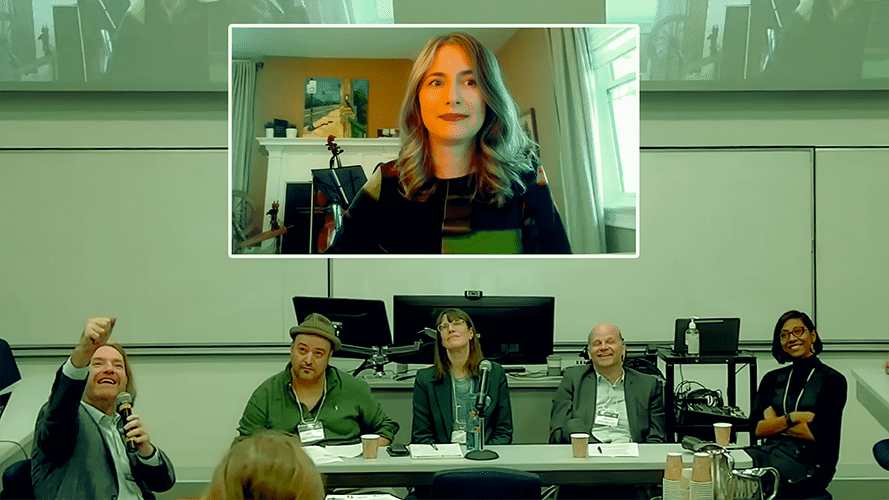
OVERLAPPING PERSPECTIVES ON TEMPORARY FOREIGN WORKERS: SHORTAGE-SOLVERS, BENEFICIARIES OF THE CANADIAN EXPERIENCE OR VICTIMS OF MODERN SLAVERY?
Chair: Patrice Jalette (Université de Montréal)
Blandine Émilien (University of Bristol), Catherine Connelly (McMaster University), Mouloud Idir (Syndicat des Métallos), Eugénie Depatie-Pelletier (Association pour les Droits des Travailleuses-rs de Maison et de Ferme, Université Laval & Chaire de recherche du Canada sur les dynamiques migratoires mondiales) et Jean-Philippe Brunet (Galileo Partners)

![]() POLITIQUES ET PRATIQUES ÉTATIQUES
POLITIQUES ET PRATIQUES ÉTATIQUES
![]() TRANSFORMATIONS DU MARCHÉ DU TRAVAIL
TRANSFORMATIONS DU MARCHÉ DU TRAVAIL
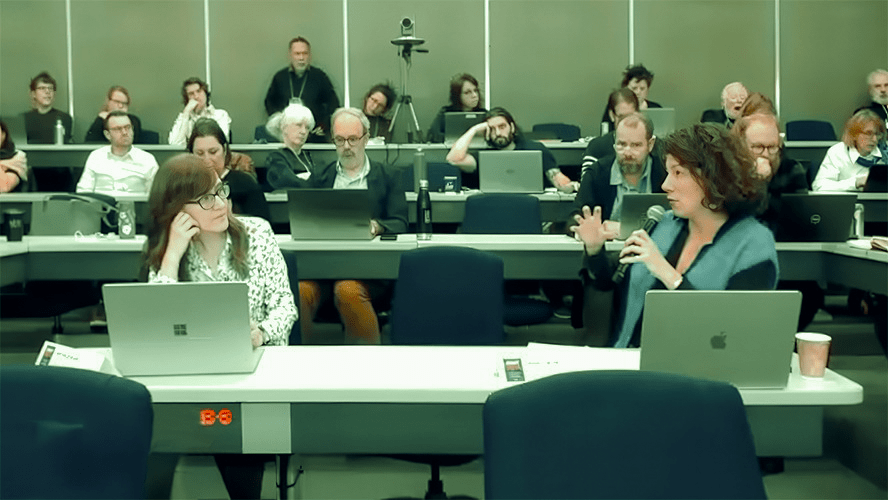
THE NEGOTIATION (OR LACK THEREOF) OF THE TERMS FOR IMPLEMENTING ARTIFICIAL INTELLIGENCE IN THE WORKPLACE
Chair: Raoul Gebert (Université de Sherbrooke)
Nathalie Blais (Conseillère syndicale, service de la recherche, Syndicat canadien de la fonction publique – SCFP), Alistair Hepburn (Executive Director, ACTRA Toronto), Vanessa Barth (Member of the Supervisory Board, IG Metall), Abby Gilbert (Institute for the Future of Work)

![]() NORMES ET PRATIQUES DES ORGANISATIONS
NORMES ET PRATIQUES DES ORGANISATIONS
![]() ESSOR DES TECHNOLOGIES NUMÉRIQUES
ESSOR DES TECHNOLOGIES NUMÉRIQUES
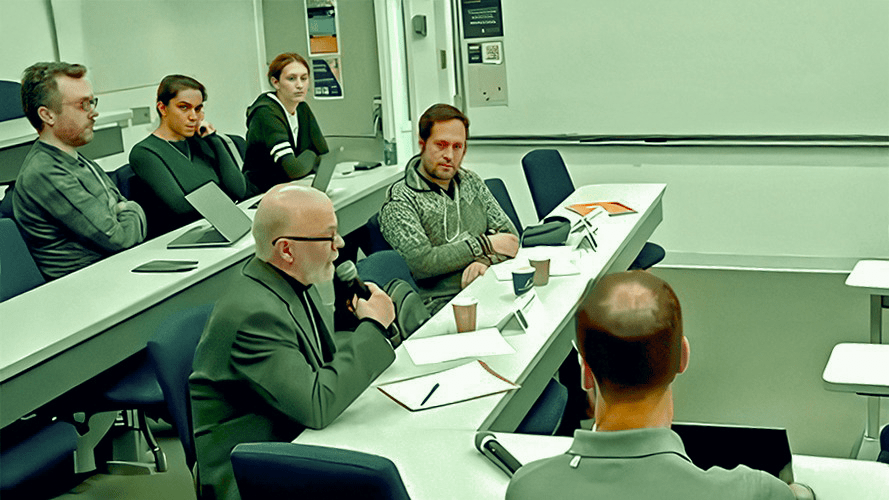
MEASURING JOB QUALITY IN A CONTEXT OF POLYCRISIS: CHALLENGES AND STRATEGIES
Chair: Dalia Gesualdi-Fecteau (Université de Montréal)
Luc Cloutier-Villeneuve (Analyste en statistiques du travail, Direction des statistiques du travail et de la rémunération, Institut de la statistique du Québec), Thomas Coutrot (Chercheur associé à l’IRES, ancien chef du département Conditions de travail et santé à la DARES, Ministère du Travail, France), Christine Erhel (Professeure du Conservatoire national des arts et métiers et directrice du Centre d’Études de l’Emploi et du Travail – CEET, France), Malo Mofakhami (Maître de conférences, Université Sorbonne Paris Nord), Agnès Parent-Thirion (Senior research manager, Working Life Research Unit, Eurofound), Daniel Vergara (Analyste principal – Centre d’information sur le marché du travail, Statistique Canada)
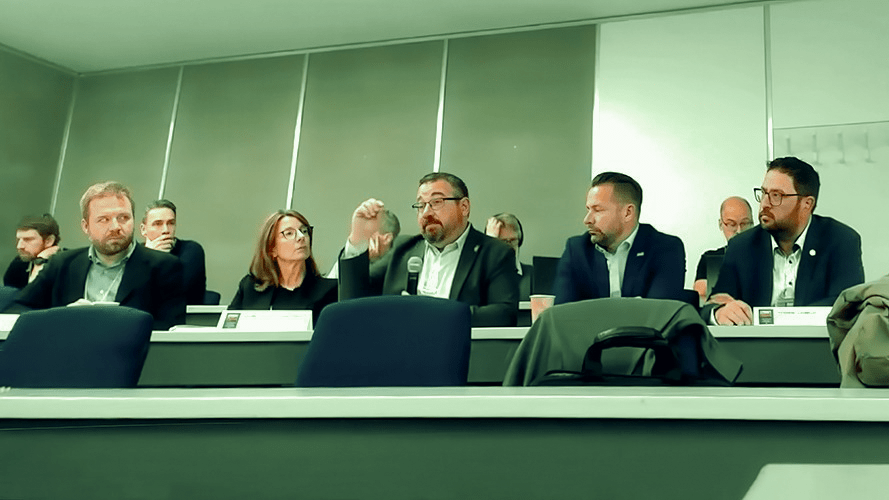
HOW CAN WORKERS BECOME CLIMATE ACTORS ? : WHAT’S AT STAKE, WHO DECIDES, AND HOW CAN THEIR VOICES BE HEARD?
Chair: Mélanie Laroche (Université de Montréal)
Dominic Lemieux (Directeur québécois, Syndicat des Métallos – FTQ), Daniel Cloutier (Directeur québécois d’Unifor / Unifor Quebec Director ), Simon Lavigne (Représentant national – Service de recherche, Unifor / National Representative – Research Department, Unifor & Groupe de travail national sur le climat / National Climate Task Force), Kevin Gagnon (Président, Fédération de l’industrie manufacturière, FIM–CSN), Marie-France Charbonneau (Directrice générale, CSMO-M – Comité sectoriel de main-d’œuvre de la métallurgie du Québec)

![]() REPRÉSENTATION ET ACTION COLLECTIVES
REPRÉSENTATION ET ACTION COLLECTIVES
![]() CRISE CLIMATIQUE
CRISE CLIMATIQUE
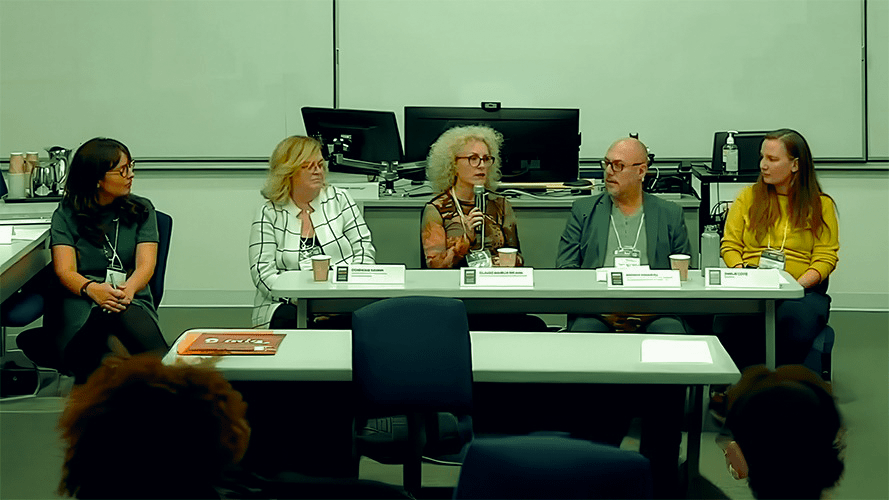
INTEGRATING CIRCULAR ECONOMY AND QUALITY WORK: CHALLENGES, OPPORTUNITIES, AND EXPERIMENTS
Chair: Sara Pérez-Lauzon (HEC Montréal) & Emmanuel Raufflet (HEC Montréal)
Amélie Côté (Analyste en réduction à la source, Équiterre), Dominique Dodier (Directrice générale, comité sectoriel de la main-d’œuvre EnviroCompétences), Claude Maheux-Picard (Directrice générale du Centre de transfert technologique en écologie industrielle), Patrick Rondeau (Directeur syndical – Service Environnement et Transition juste, FTQ)

![]() GOUVERNANCE RÉGIONALE ET SECTORIELLE
GOUVERNANCE RÉGIONALE ET SECTORIELLE
![]() CRISE CLIMATIQUE
CRISE CLIMATIQUE
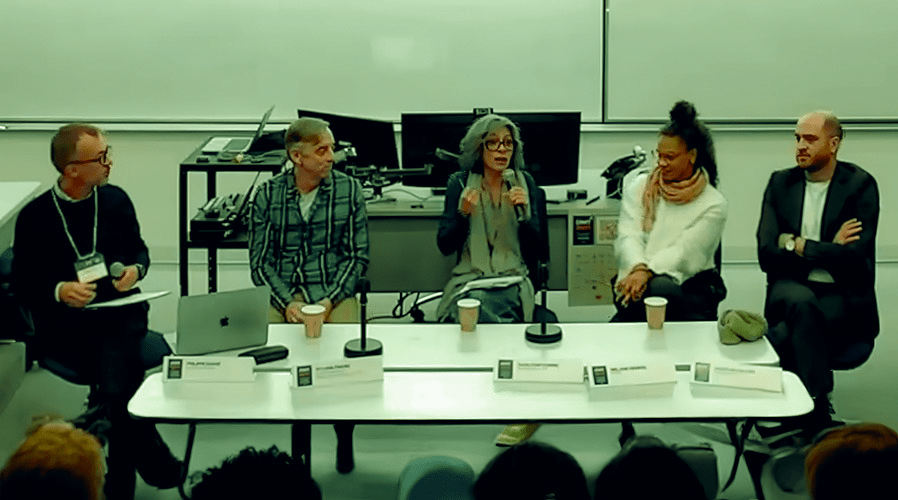
ART IN THE FACE OF WORK. WORKING CONDITIONS IN THE PERFORMING ARTS SECTOR – CONTEMPORARY ISSUES AND AVENUES FOR IMPROVEMENT
Chair: Philippe Barré (Université de Montréal
Tania Kontoyanni (Présidente de l’Union des artistes – UDA – Union des artistes), Xavier Inchauspé (Codirecteur artistique et général, Théâtre de Quat’Sous / Co-Director General and Artistic, Théâtre de Quat’Sous), Sylvain Émard (Codirecteur général et artistique de Sylvain Émard Danse & Co-président du Regroupement québécois de la danse), David Laferrière (Directeur général et artistique / Director General and Artistic, Théâtre Outremont & président de l’Association RIDEAU / President of the RIDEAU Association), Mélanie Demers (Directrice artistique et générale, MAYDAY / Director General and Artistic, MAYDAY)

![]() POLITIQUES ET PRATIQUES ÉTATIQUES
POLITIQUES ET PRATIQUES ÉTATIQUES
![]() LES TRANSFORMATIONS DU MARCHÉ DU TRAVAIL
LES TRANSFORMATIONS DU MARCHÉ DU TRAVAIL
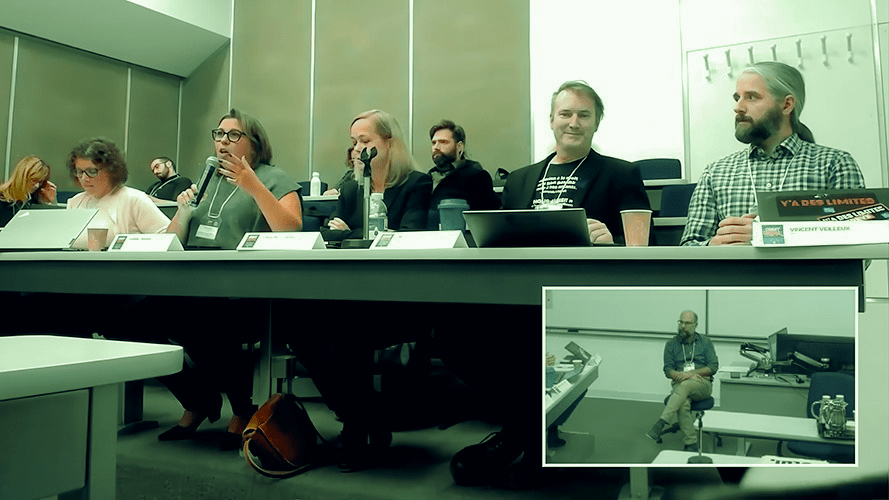
THE IMPACT OF NEW PUBLIC MANAGEMENT ON THE NEGOTIATION OF WORKING CONDITIONS AND THE QUALITY OF WORK
Chair: François Bolduc (Université Laval)
Anna-Belle Marcotte (Conseillère syndicale, Fédération nationale des enseignantes et des enseignants du Québec – CSN), Pierre-Antoine Harvey (Économiste, Centrale des syndicats du Québec – CSQ), Karine Cabana (Coordonnatrice du secteur des affaires sociale et conseillère syndicale, SCFP-Québec), Jonathan Harmon (Coordonnateur au secteur de la négociation nationale, APTS), Marie-Andrée Bénard (Conseillère, Relations du travail et négociation, FAE), Vincent Veilleux (Conseiller syndical au secteur négociation, FIQ)

![]() NORMES ET PRATIQUES DES ORGANISATIONS
NORMES ET PRATIQUES DES ORGANISATIONS
![]() REPRÉSENTATION ET ACTION COLLECTIVES
REPRÉSENTATION ET ACTION COLLECTIVES
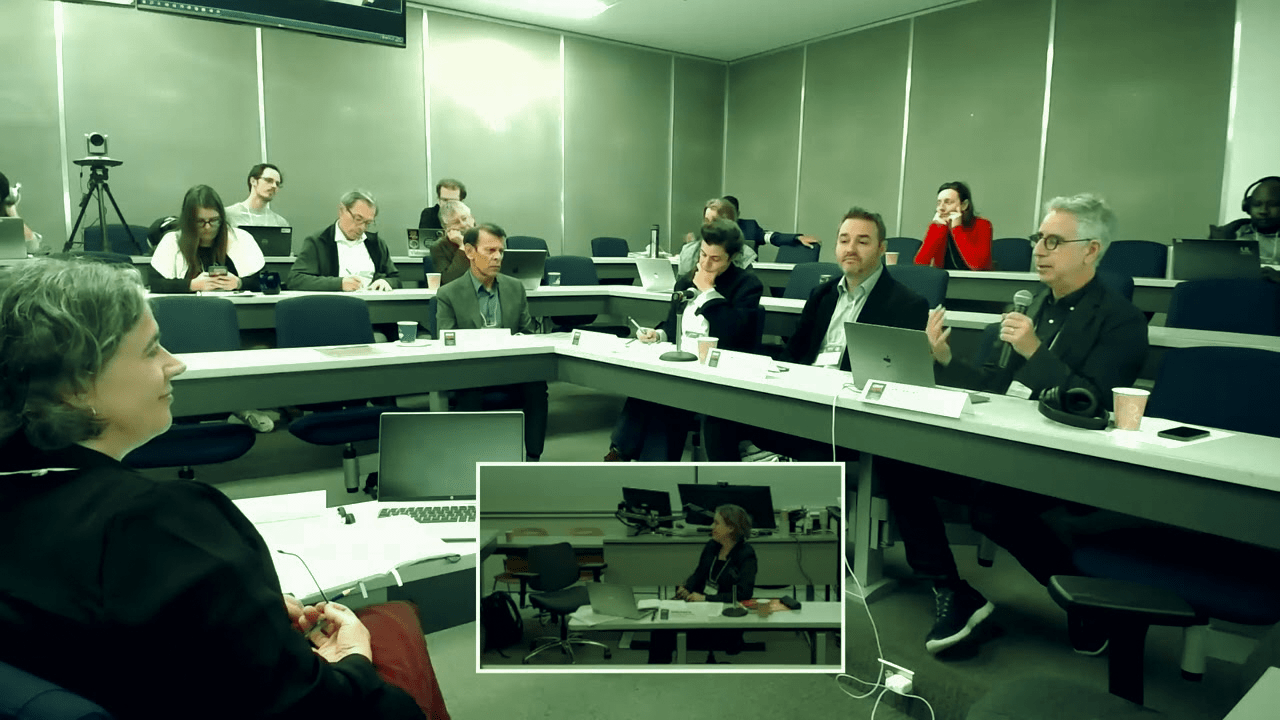
THE CORPORATION OF THE FUTURE: IS THERE A ROADMAP TO “COMMON GOOD” CAPITALISM?
Chair: Isabelle Martin (Université de Montréal)
Isabelle Ferreras (UCLouvain), L’honorable Hassan Yussuff, sénateur / The Honorable Hassan Yussuff, Senator, Jérôme Lussier (Directeur des affaires parlementaires / Director of Parliamentary Affairs, Bureau de la Sénatrice Julie Miville-Dechêne / Office of Senator Julie Miville-Dechêne), Joel Bakan (University of British Columbia)

![]() NORMES ET PRATIQUES DES ORGANISATIONS
NORMES ET PRATIQUES DES ORGANISATIONS
![]() EXPRESSION D’UN CAPITALISME ALTERNATIF
EXPRESSION D’UN CAPITALISME ALTERNATIF
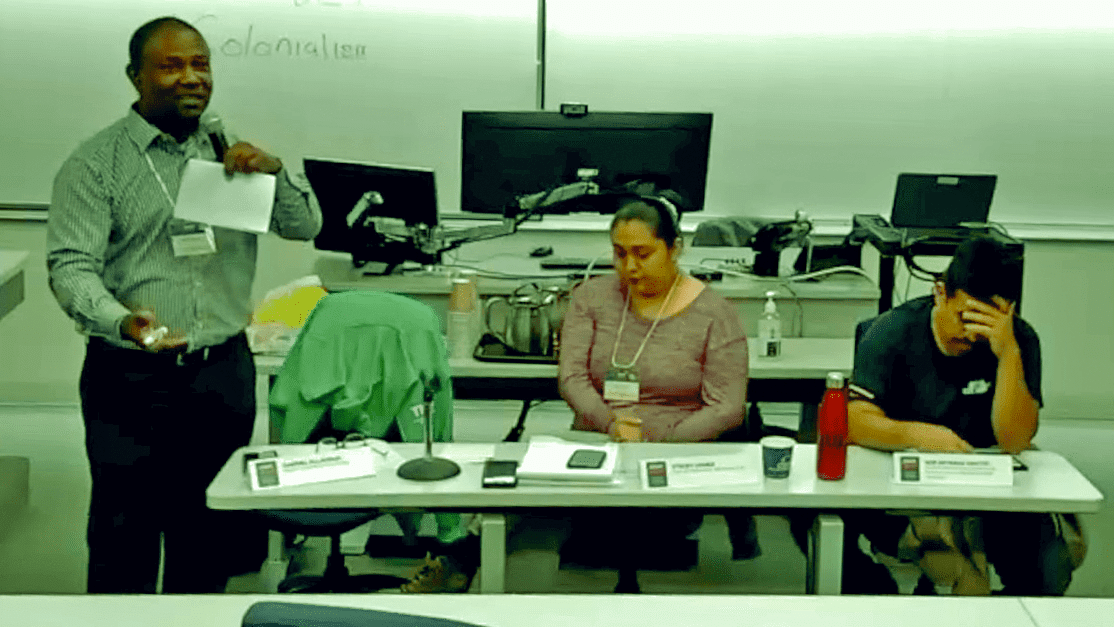
BUILDING BETTER WORK RELATIONS THROUGH STORYTELLING: MIGRANTS JUSTICE, SOLIDARITIES, AND CHALLENGES WHEN WORKING WITH ACADEMICS AND TRADE UNIONS IN CANADA
Chair: Isabelle Roberge-Maltais (HEC Montréal) & Kai-Hsin Hung (HEC Montréal)
Gabriel Allahdua (Rights of Household and Farm Workers & previously Activist-in-Residence at the University of Guelph), Noé Arteaga Santos (Immigrant Workers Centre, Solidarity Across Borders & Centre for Migrant Worker Rights Nova Scotia), Stacey Gomez (Centre for Migrant Worker Rights Nova Scotia)
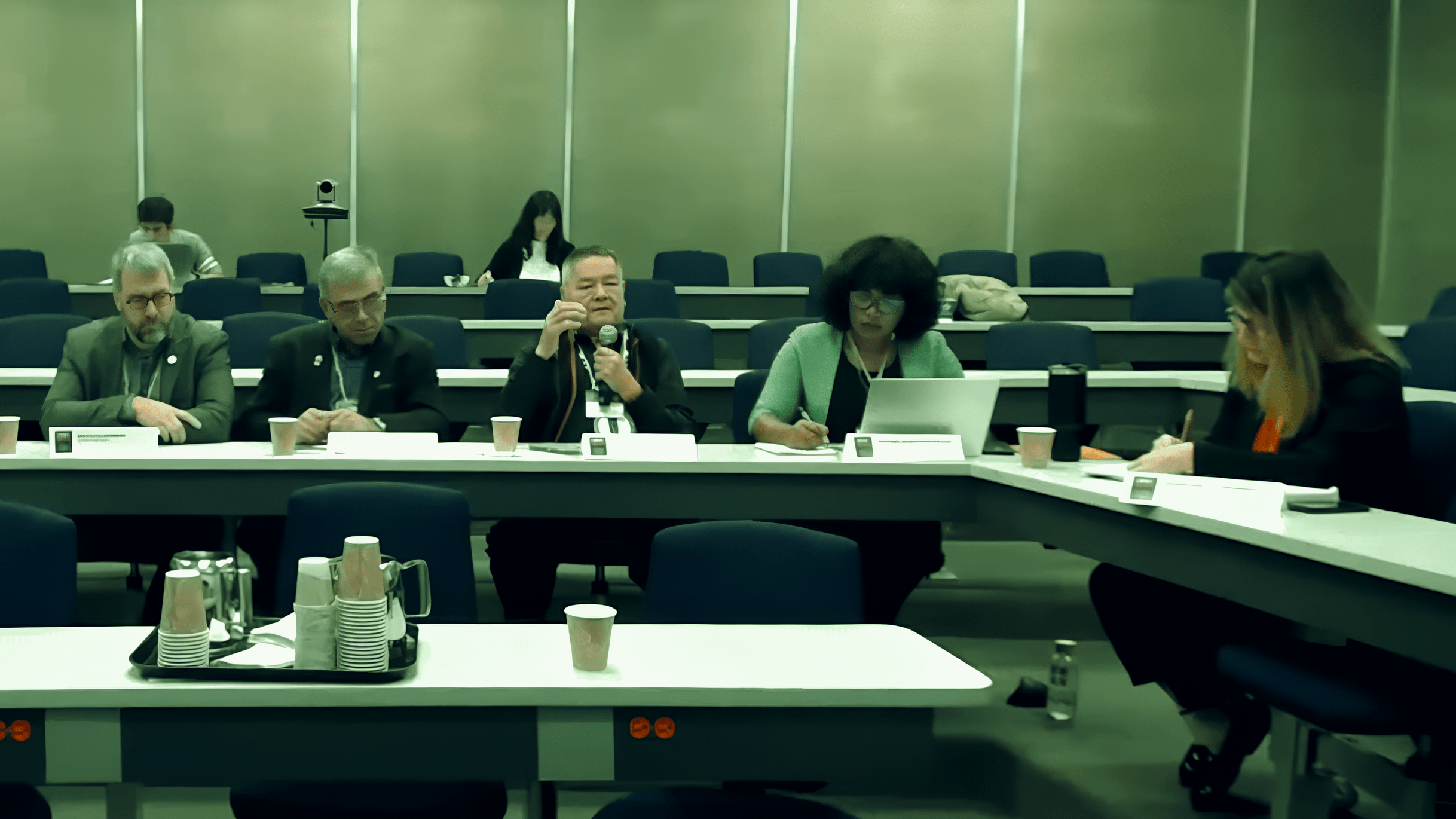
ILLUMINATE THE INTERACTIONS BETWEEN THE IMPACT BENEFIT AGREEMENTS (IBA) AND TRADE UNIONS: THE TANGIBLE EFFECTS AND COLLABORATION WITH FIRST NATIONS IN THE MINING INDUSTRY
Chair: Nahomie Millien (Université Laval)
Nicolas Lapierre (Adjoint à la direction, Syndicat des Métallos), Jean-Yves Couture (Comité national autochtone, Syndicat des Métallos), Jean-Charles Piétacho (Chef innu de Eskuanitshit), Emmanuelle Champion (Université TÉLUQ)

![]() GOUVERNANCE RÉGIONALE ET SECTORIELLE
GOUVERNANCE RÉGIONALE ET SECTORIELLE
![]() REPRÉSENTATION ET ACTION COLLECTIVES
REPRÉSENTATION ET ACTION COLLECTIVES
SCIENTIFIC
PRESENTATIONS

The following database lists approximately 200 conferences, including 15-minute presentations and a few full sessions. It is important to note that some presentations are unavailable either due to technical issues or because the speakers have chosen not to make them accessible. A search field, located at the top left of the table, allows users to filter presentations by keywords (theme, session title, presentation title, keywords, or speaker). Specific presentations can also be found by consulting the event program and entering the session number (e.g., ATE4.3) in the search field.
Each presentation aligns with one of four action fields, representing different spaces of interaction between labour market actors, such as governance, representation or the organization.
ACTION FIELDS

![]() Standards and Practices in Organizations
Standards and Practices in Organizations
![]() State Policies and Practices
State Policies and Practices

![]() Representation and Collective Action
Representation and Collective Action
![]() Regional, Sectoral, and Transnational Governance
Regional, Sectoral, and Transnational Governance
Moreover, it relates to one of six disruption factors, which correspond to major transformations impacting the world of work, such as the climate crisis or the rise of digital technologies.
DISRUPTIVE FACTORS

![]() Rise of Digital Technologies
Rise of Digital Technologies
![]() The Climate Crisis
The Climate Crisis
![]() Work-Related Risks and Hazards
Work-Related Risks and Hazards

![]() Transformations of the Labor Market
Transformations of the Labor Market
![]() Structural Inequalities and Asymmetries at Work
Structural Inequalities and Asymmetries at Work
![]() Challenges to the Dominant Economic Model
Challenges to the Dominant Economic Model
To watch the videos, click on the thumbnail corresponding to the conference you want to watch under the “Recording” header, which will open the link to YouTube.

